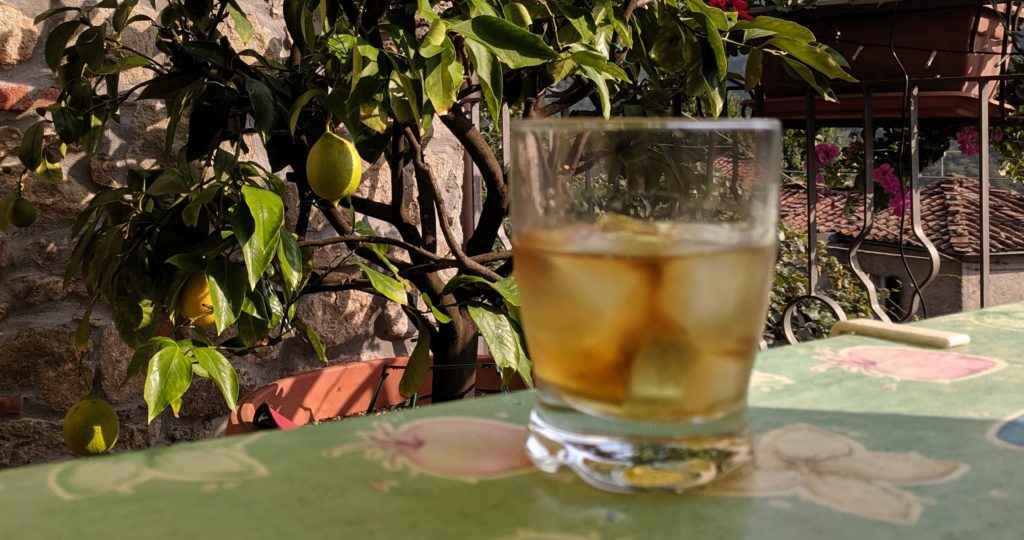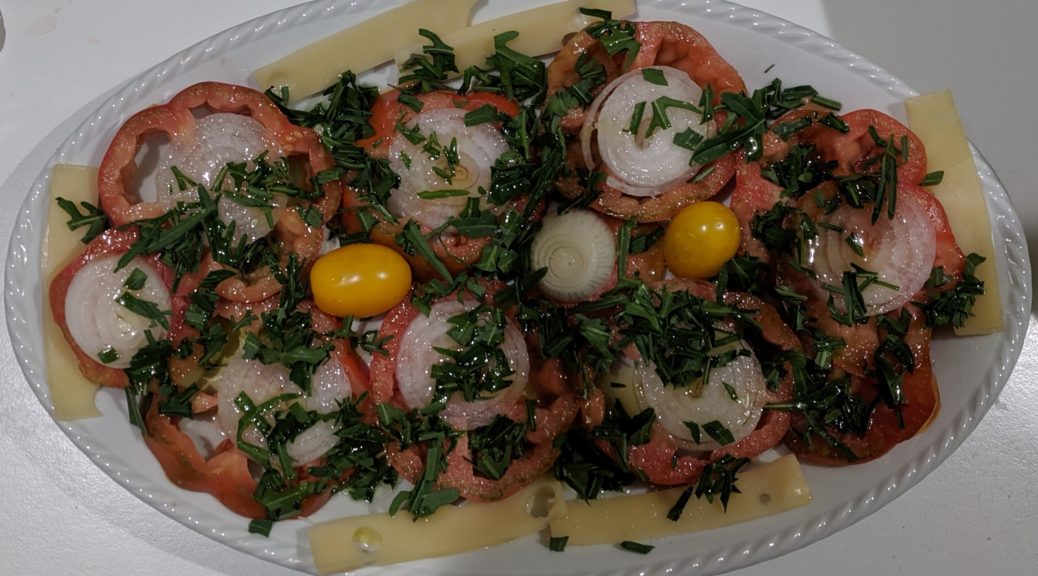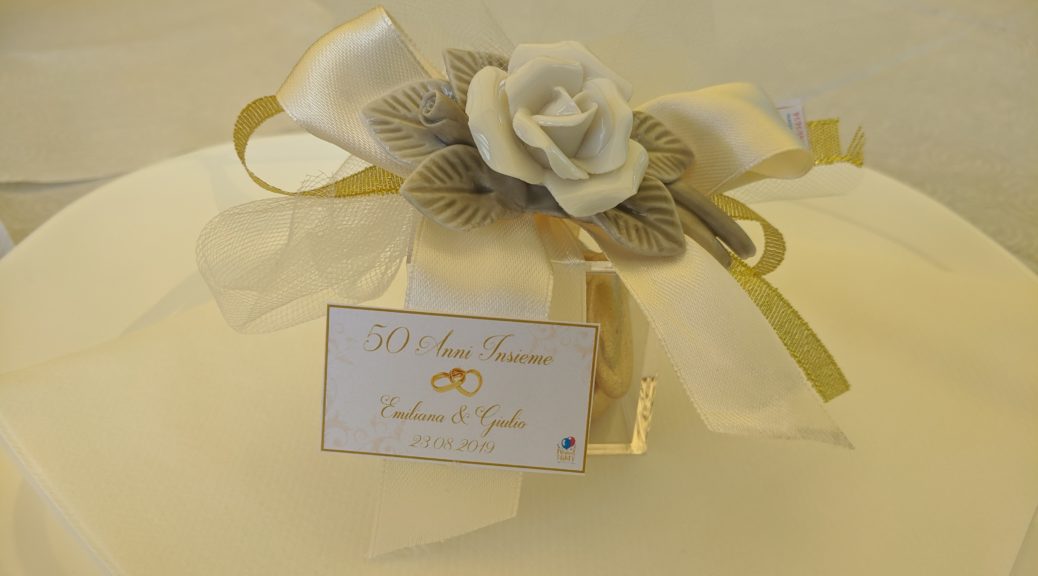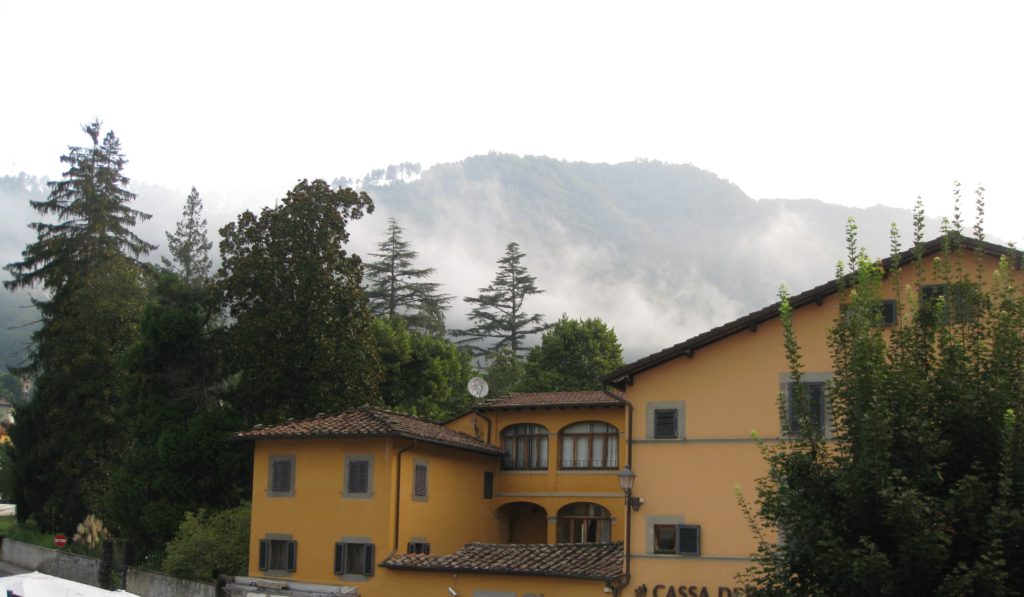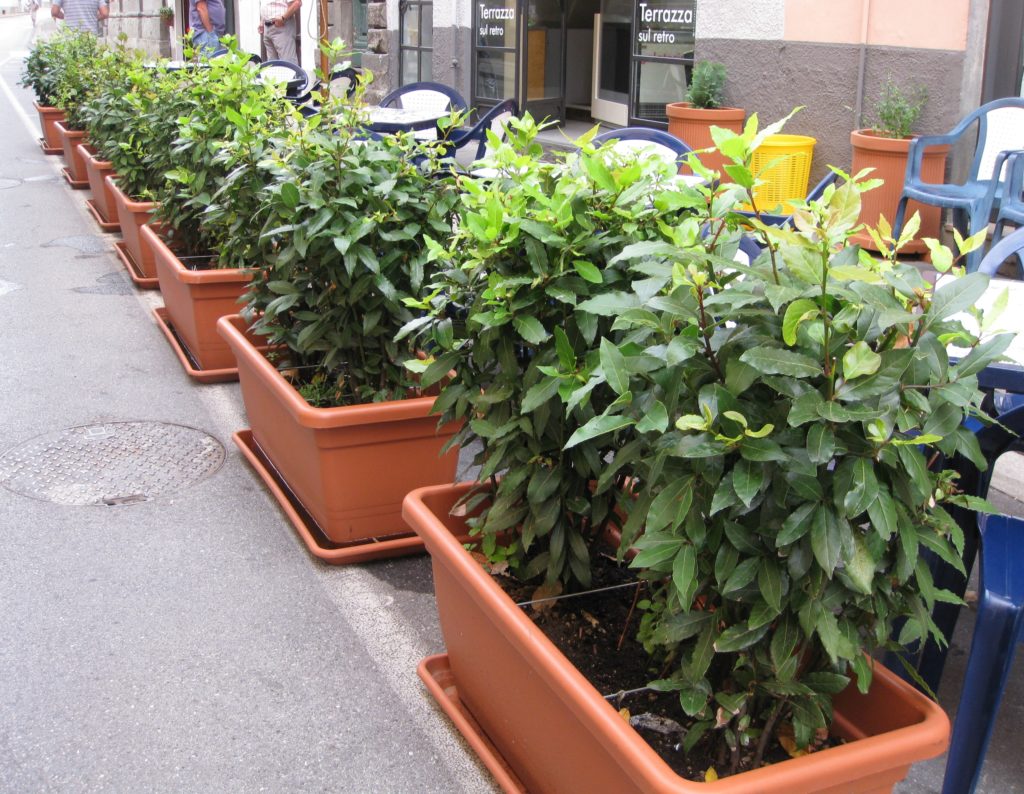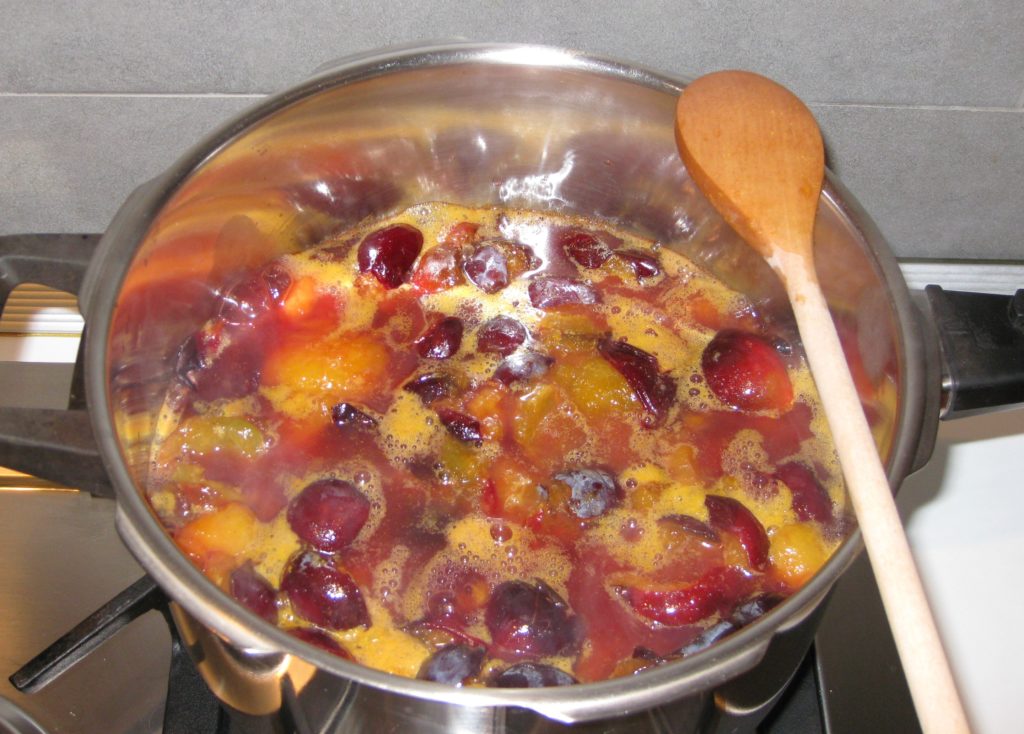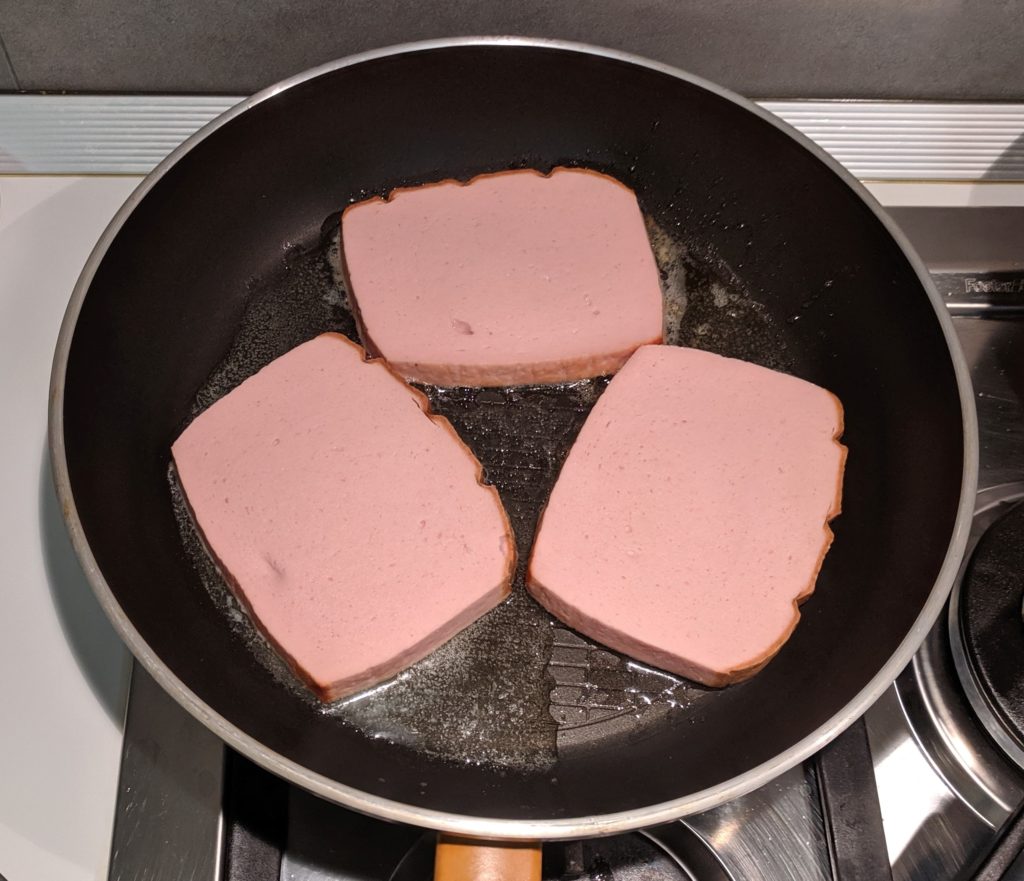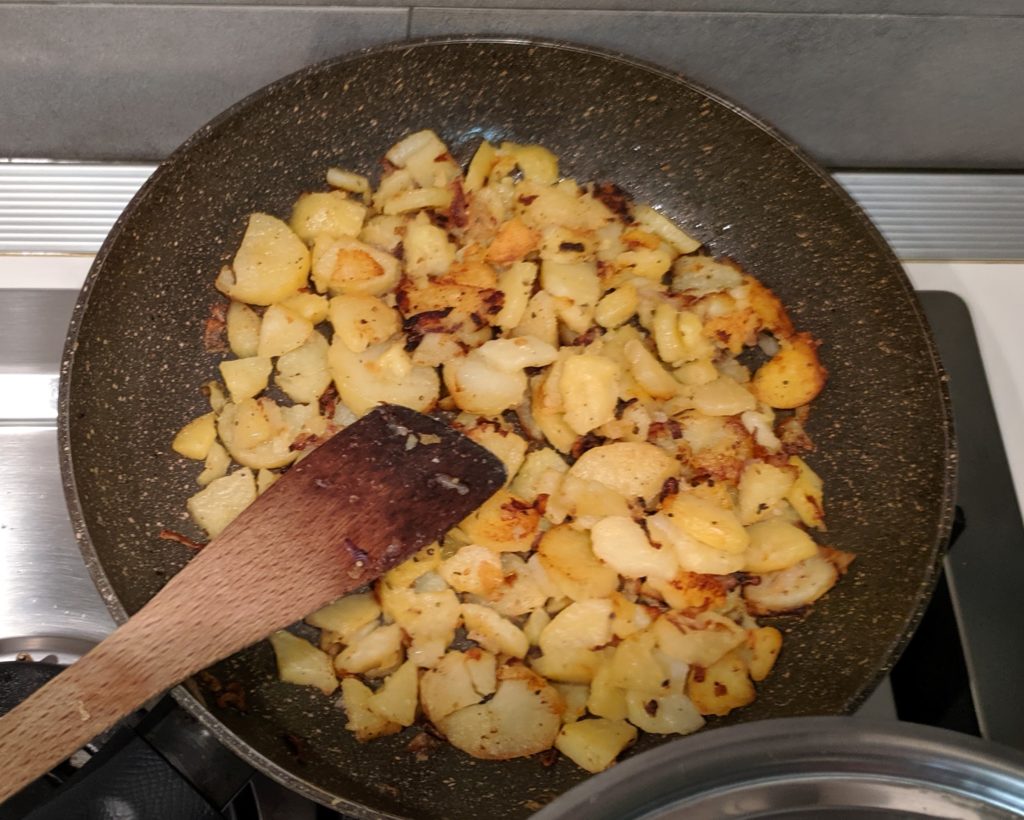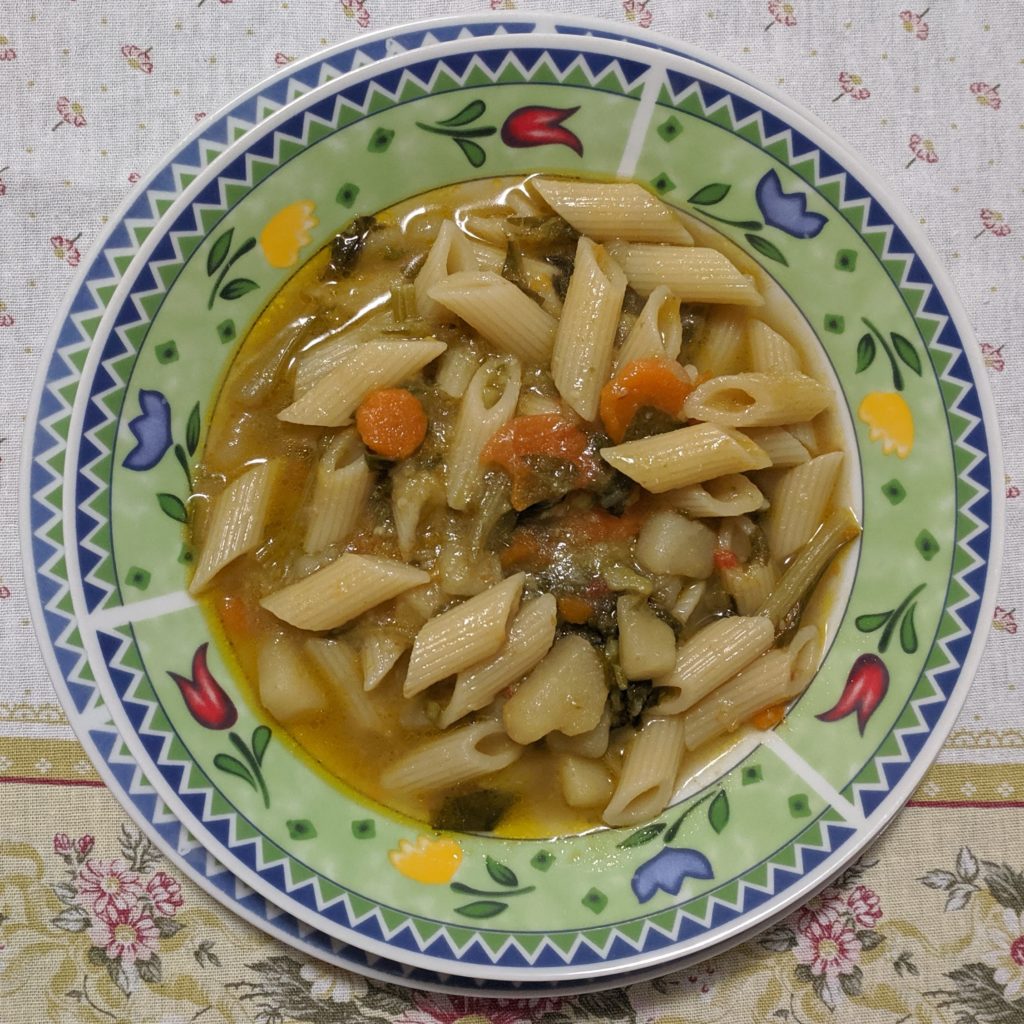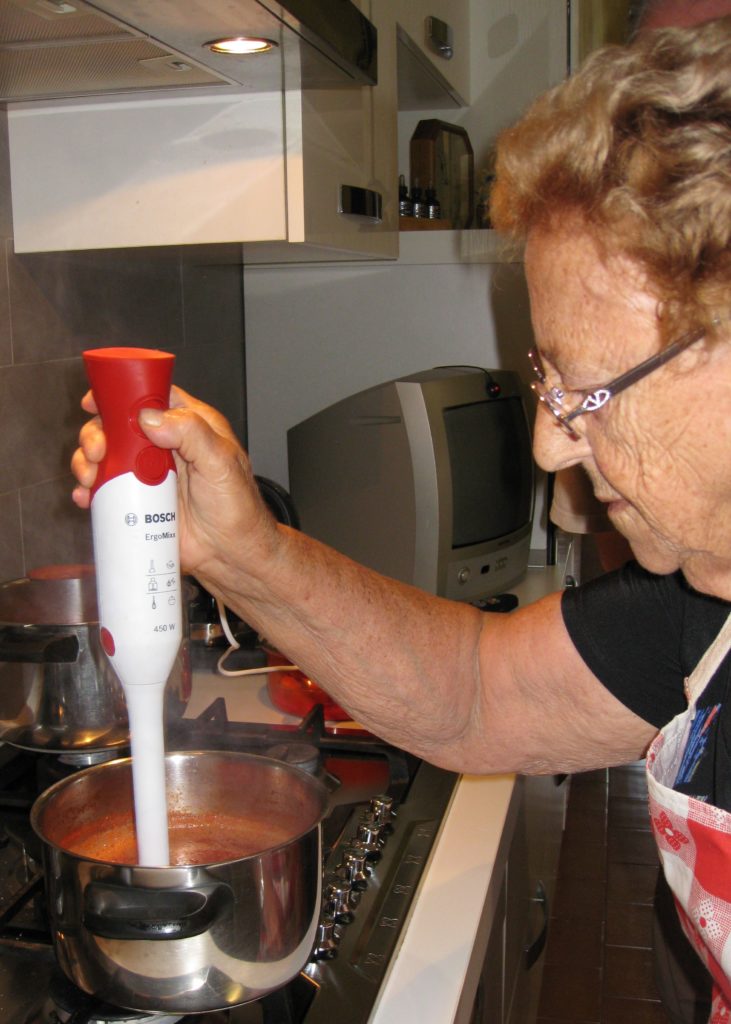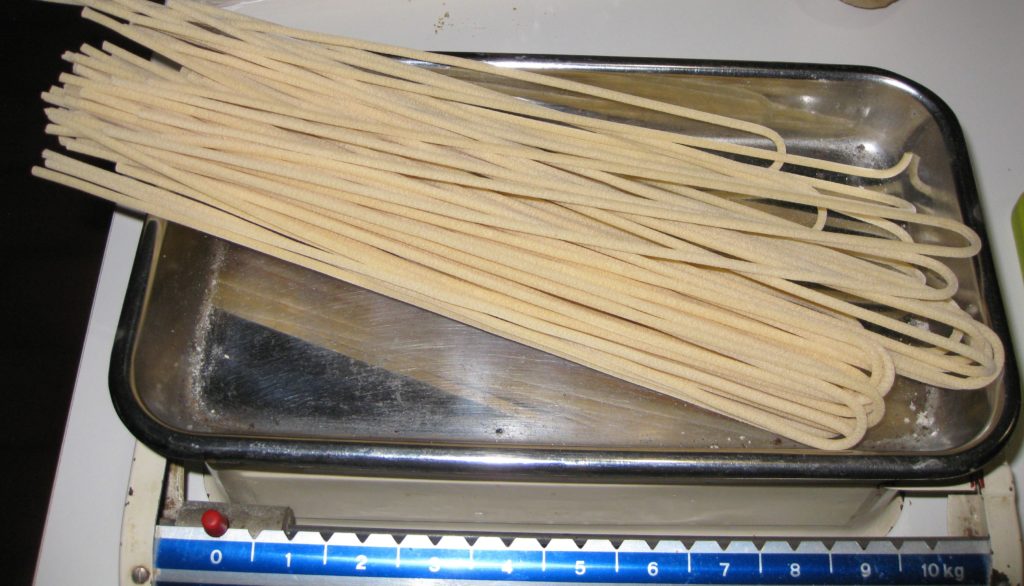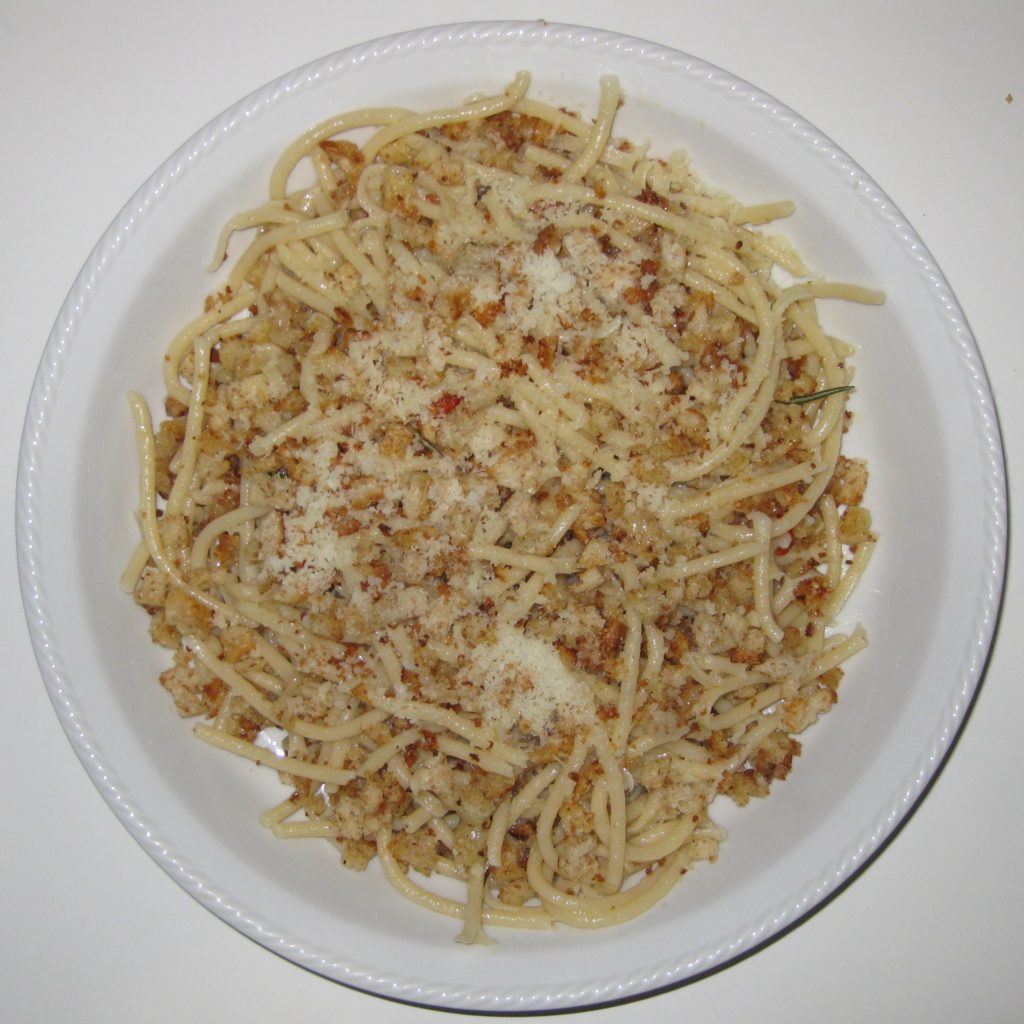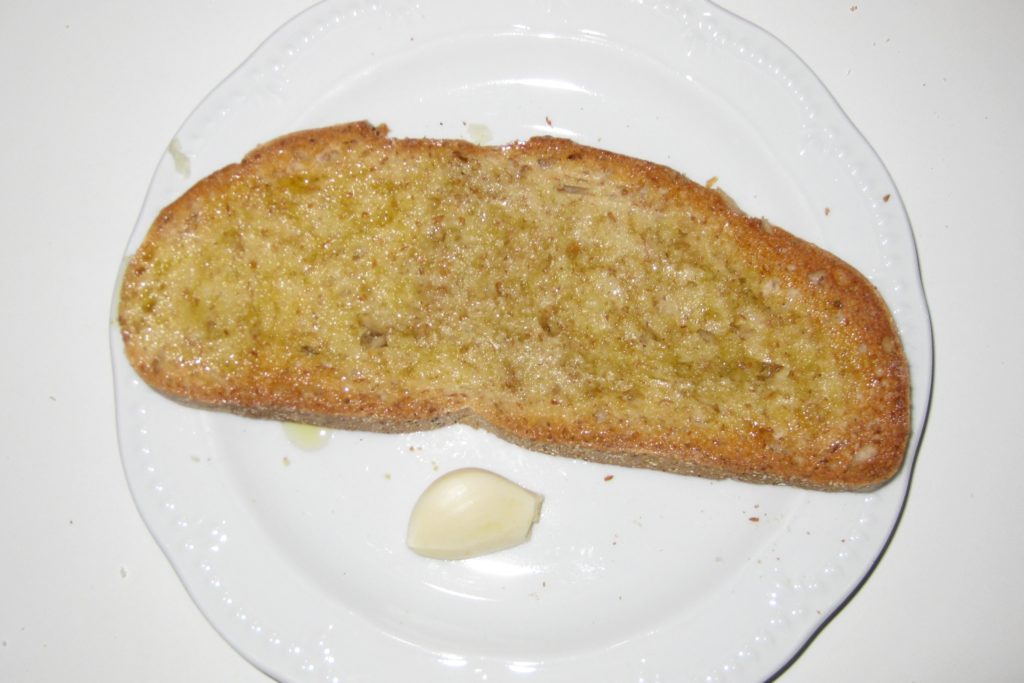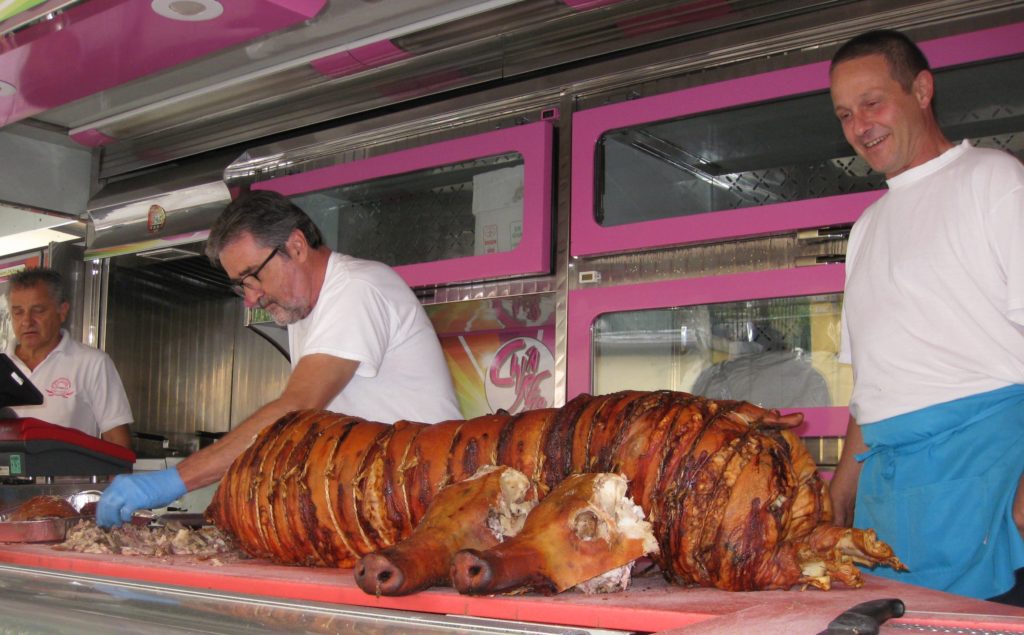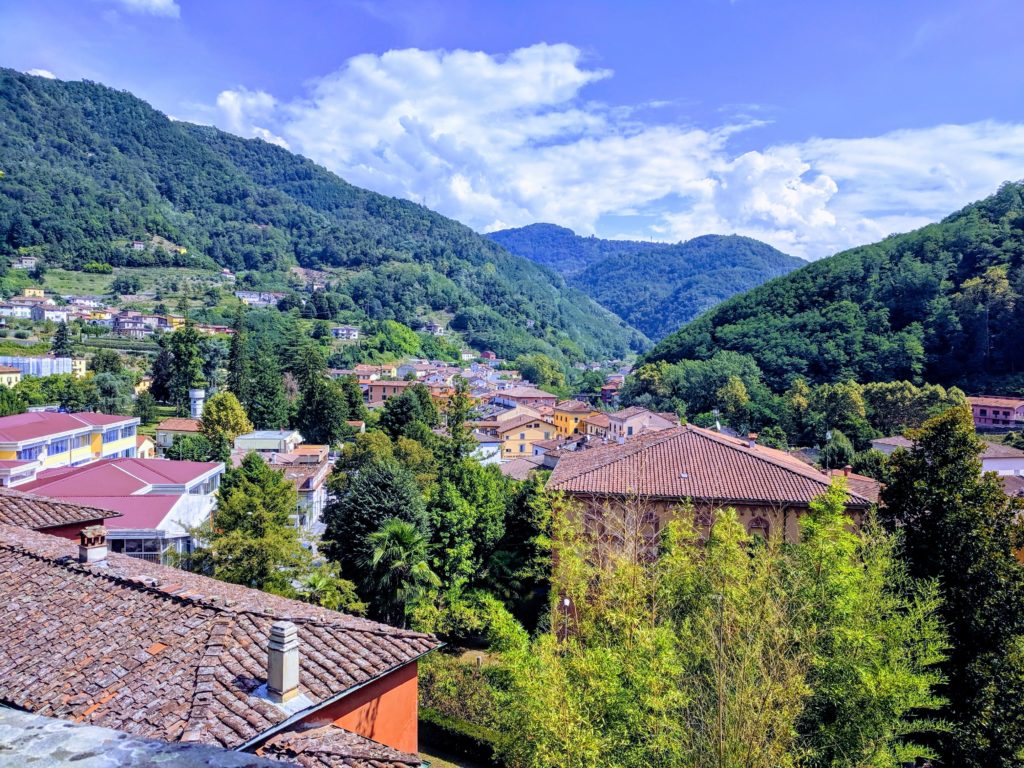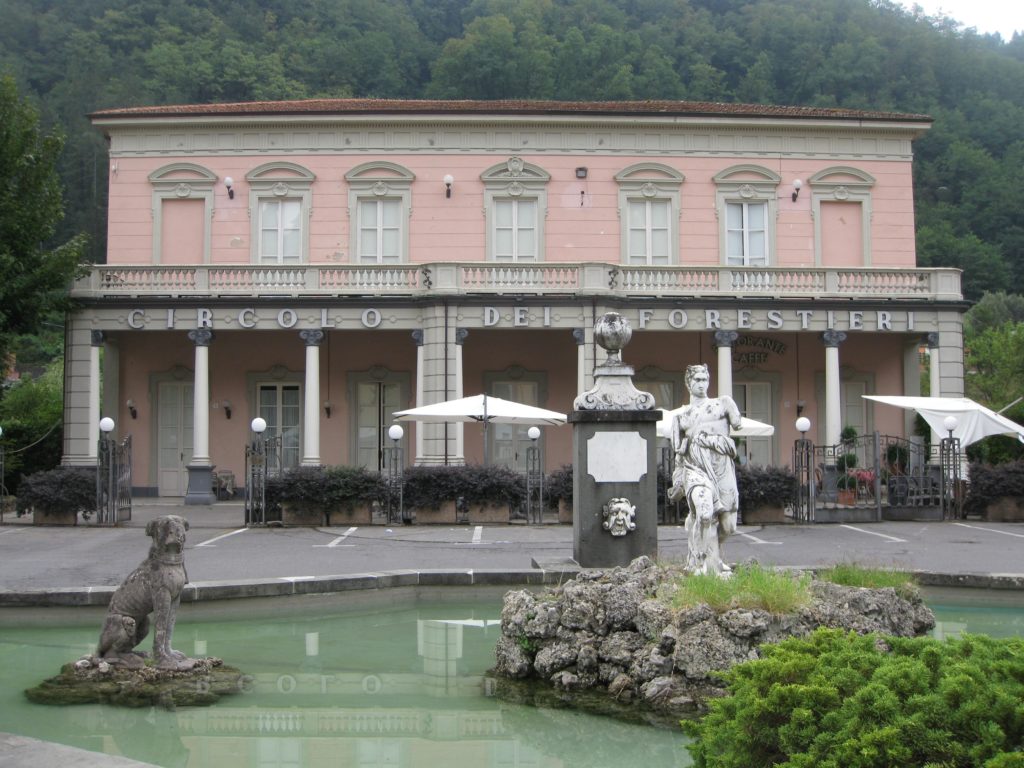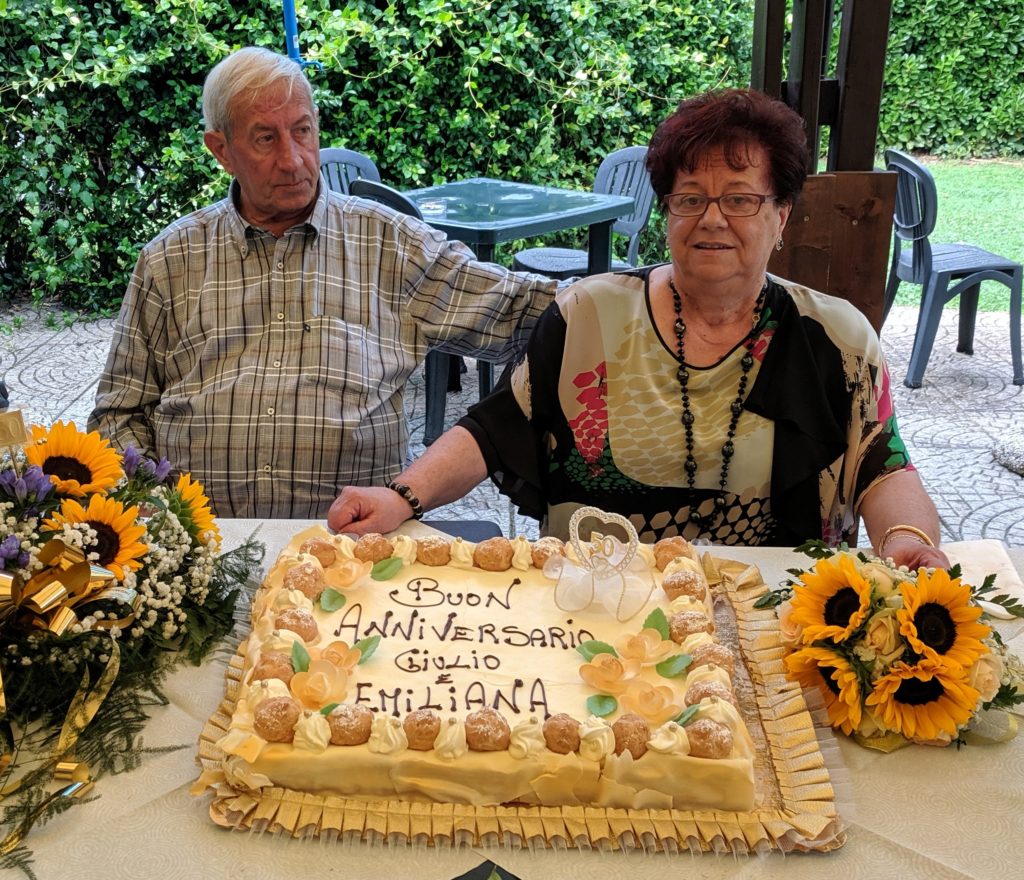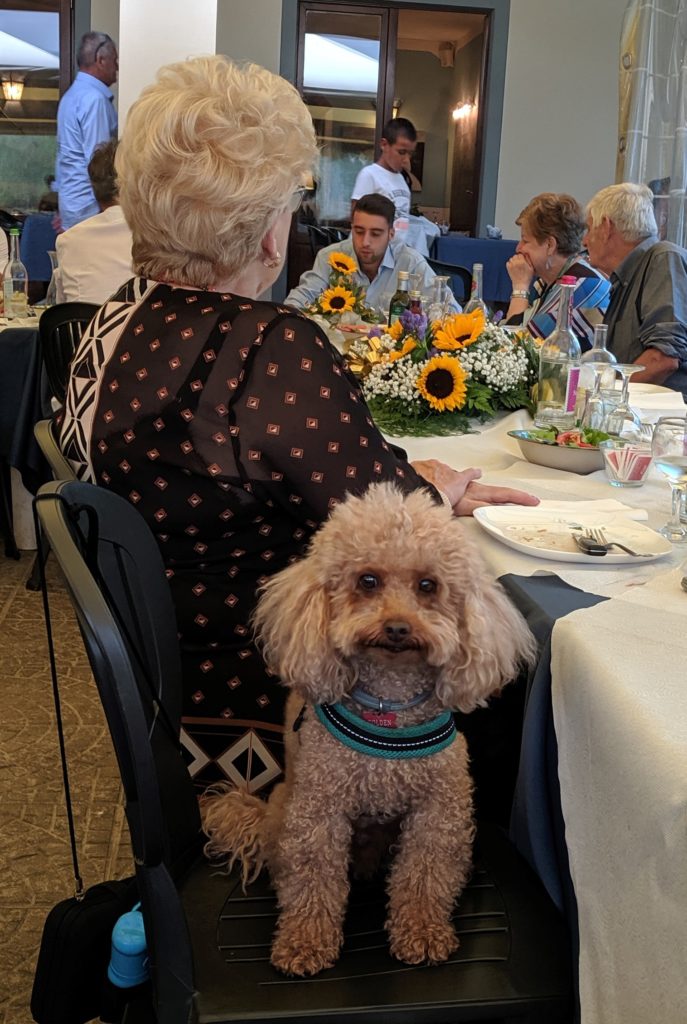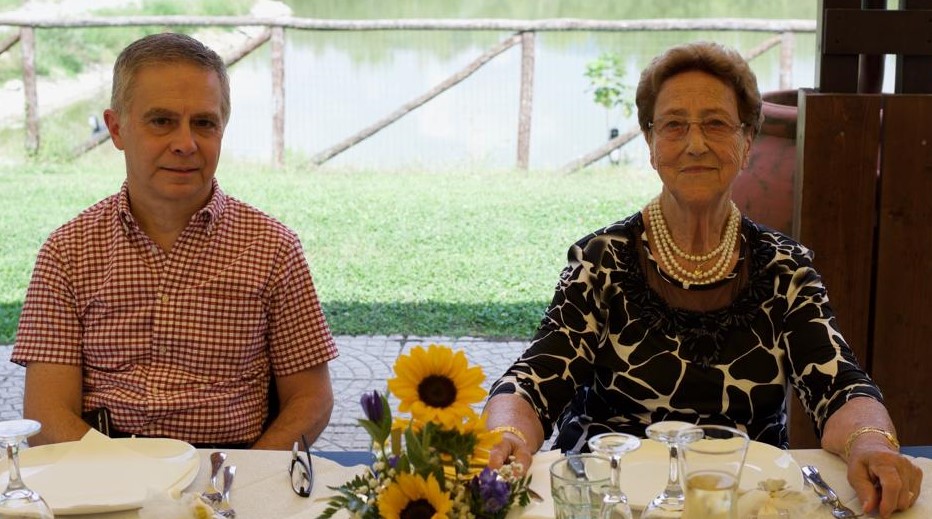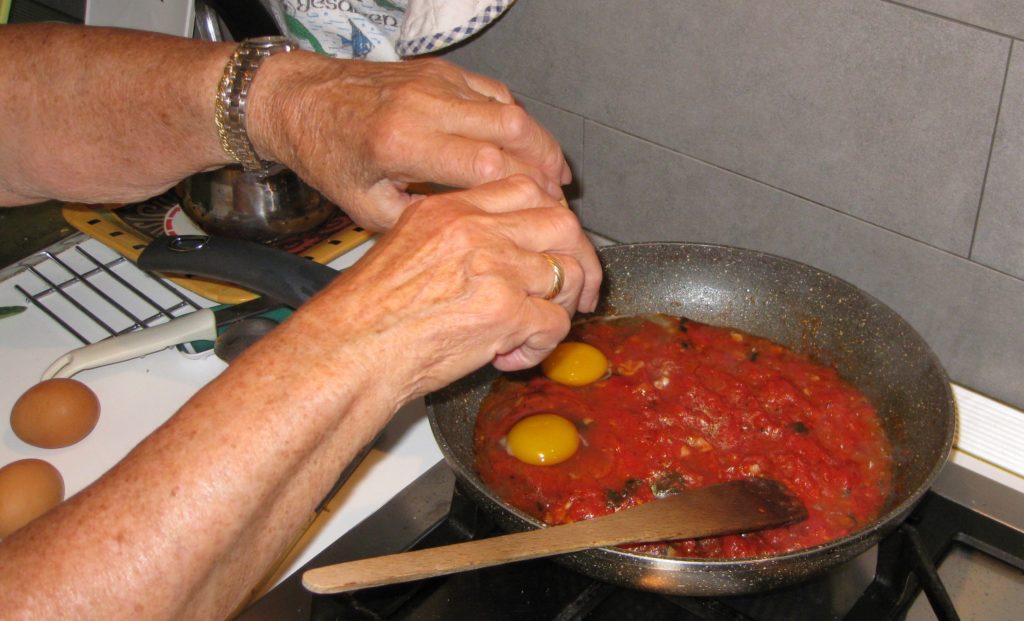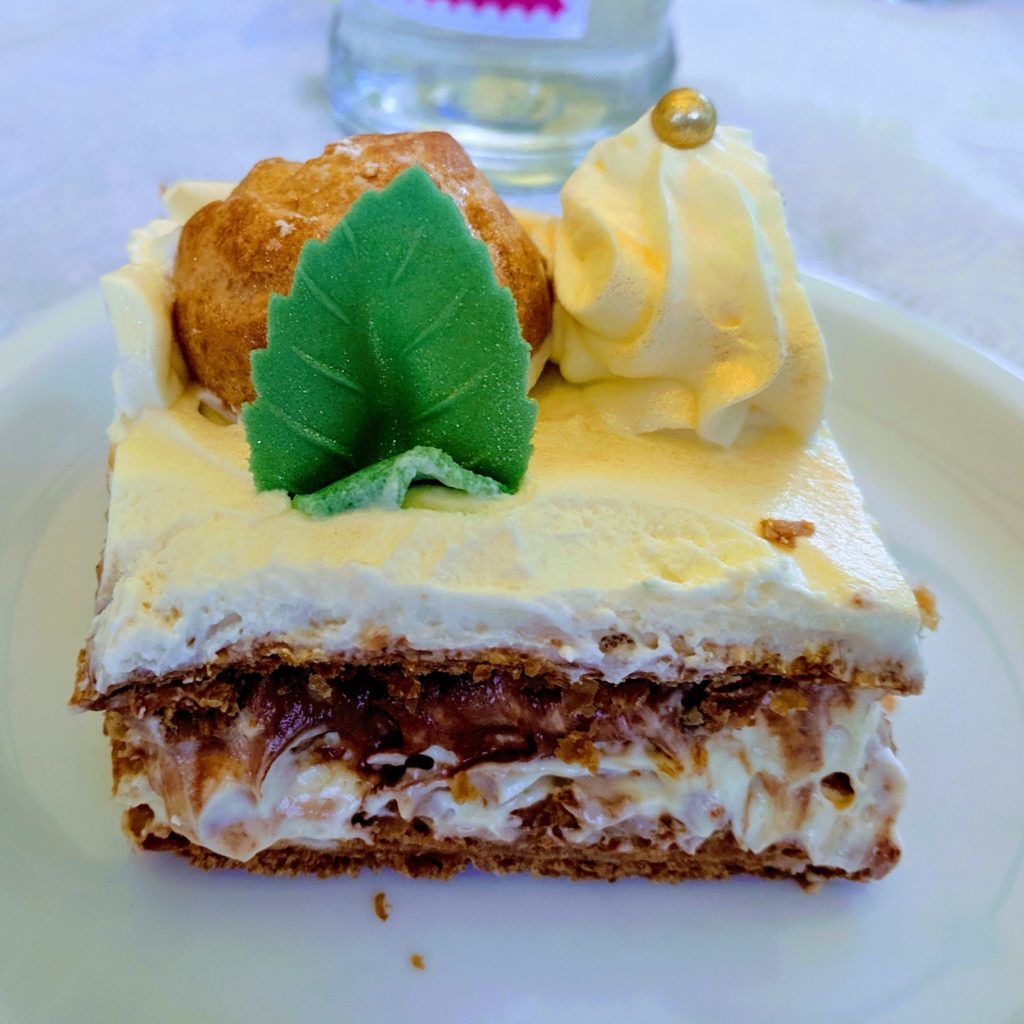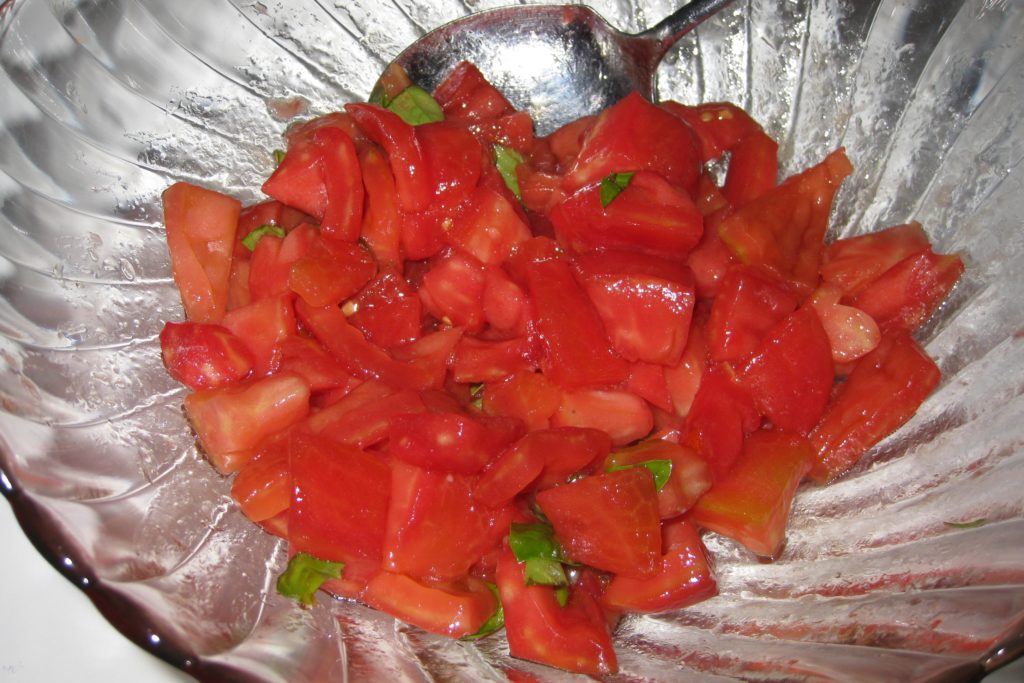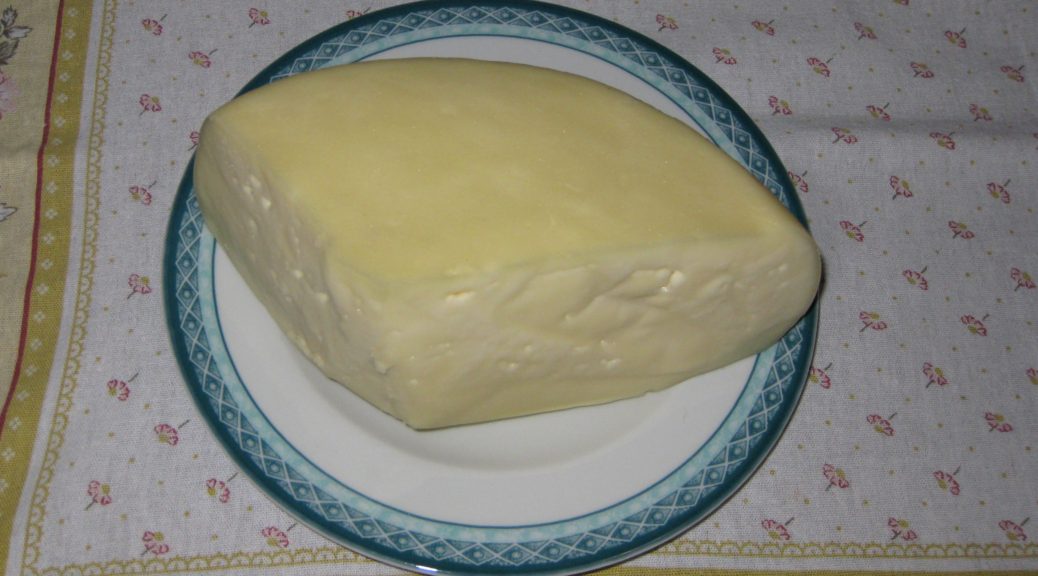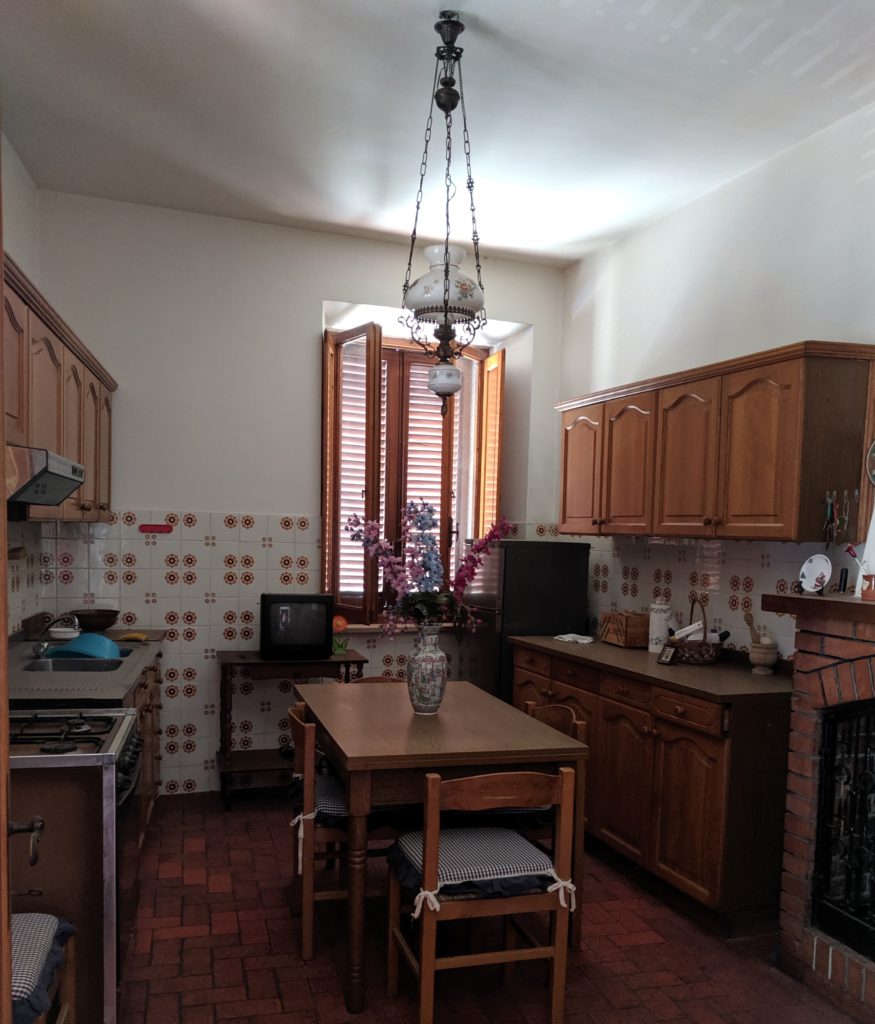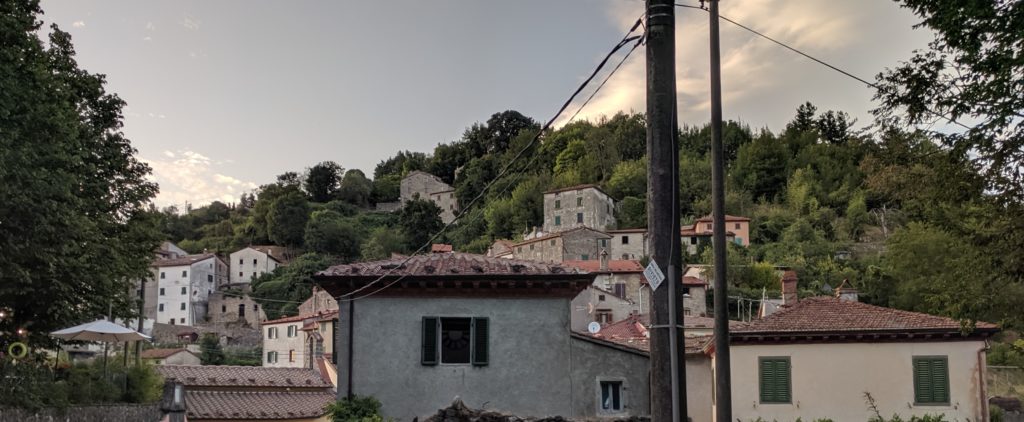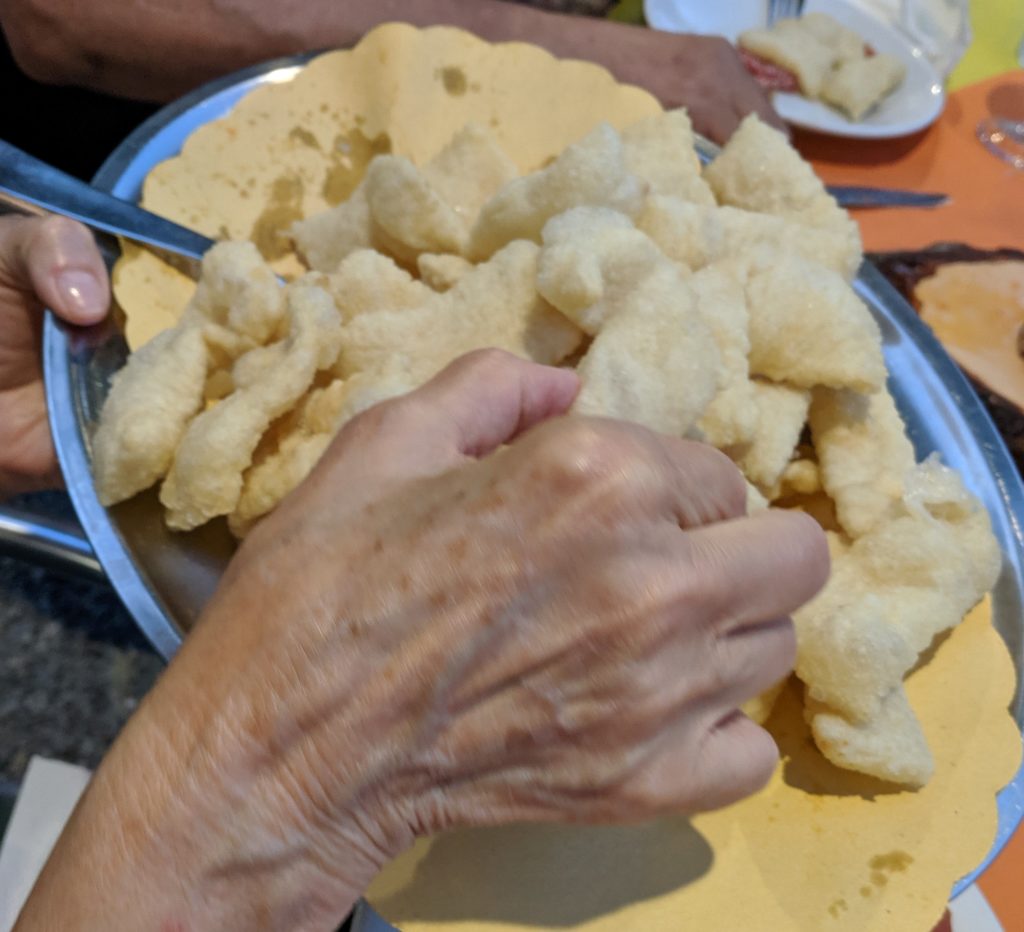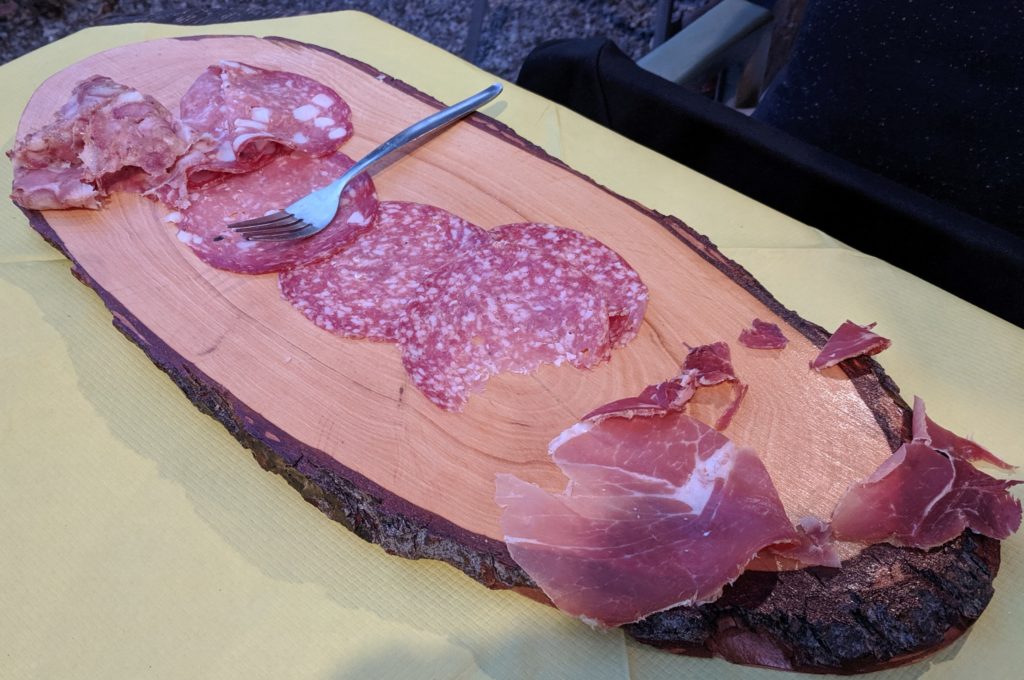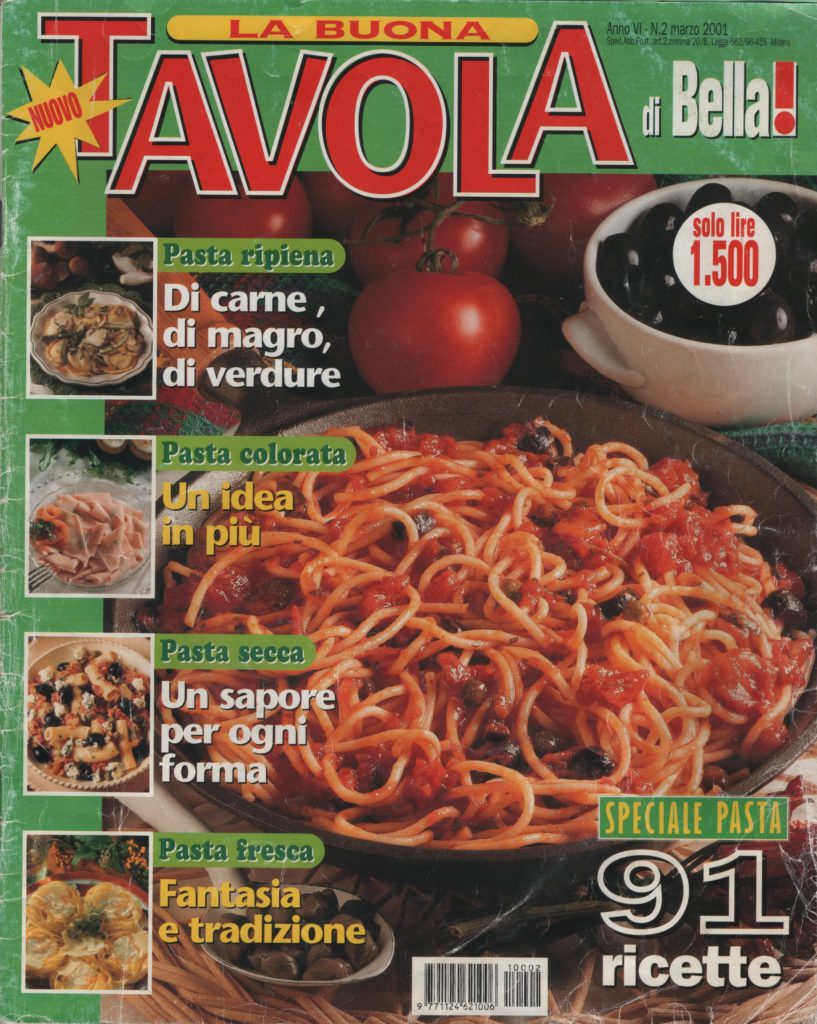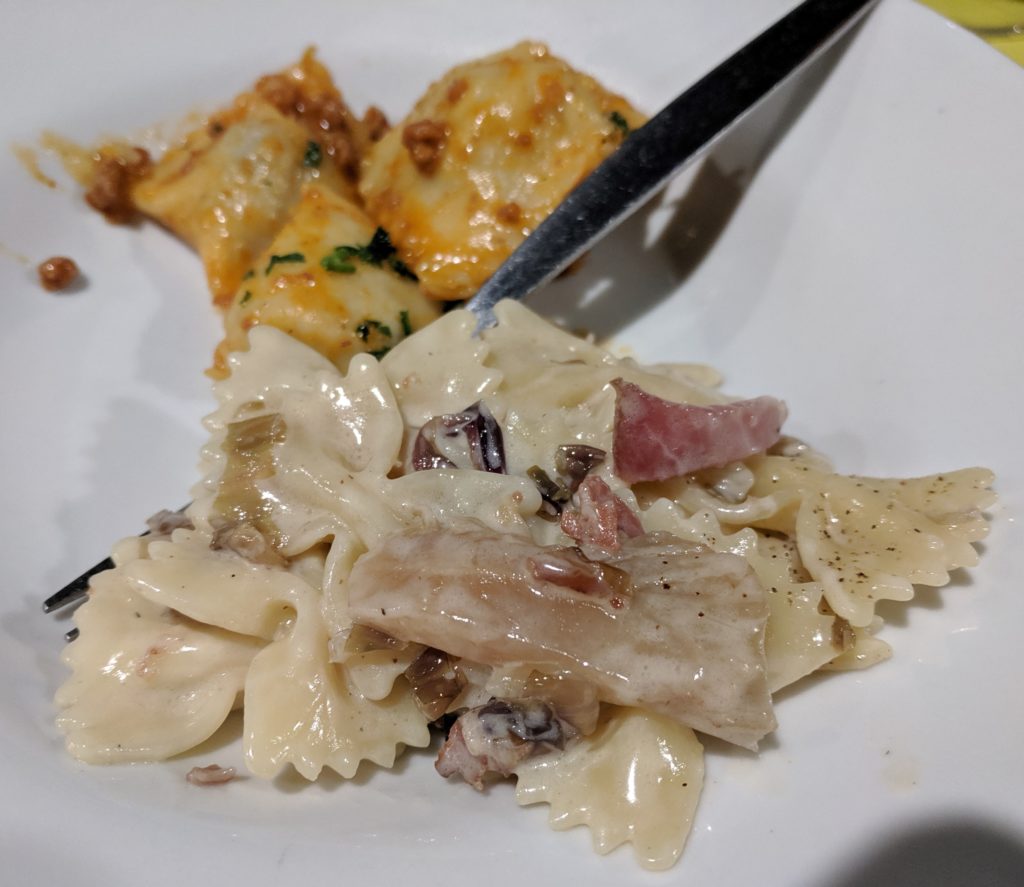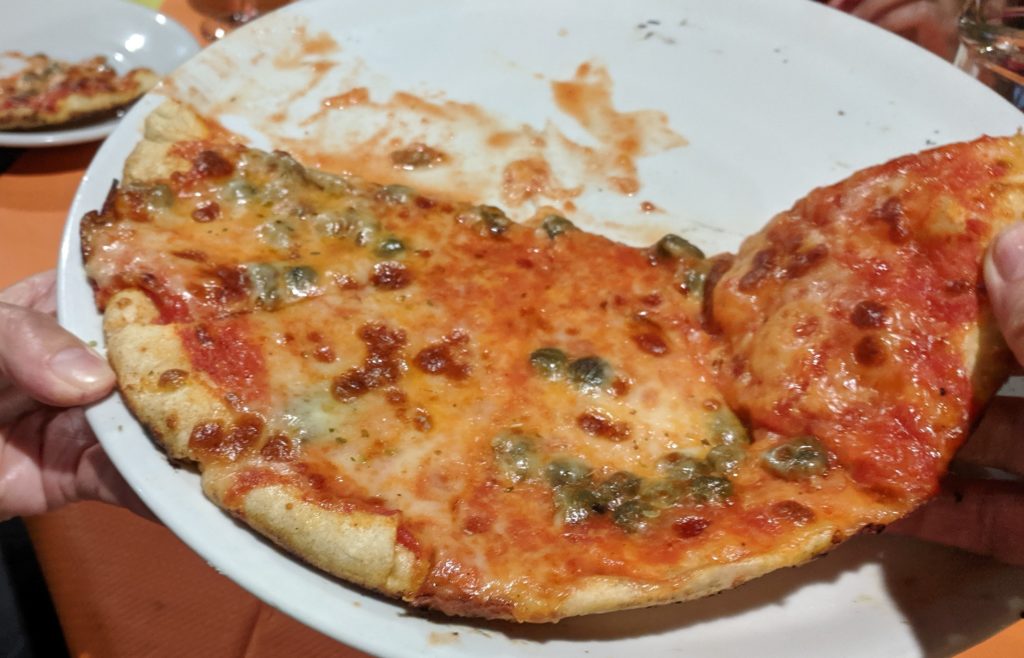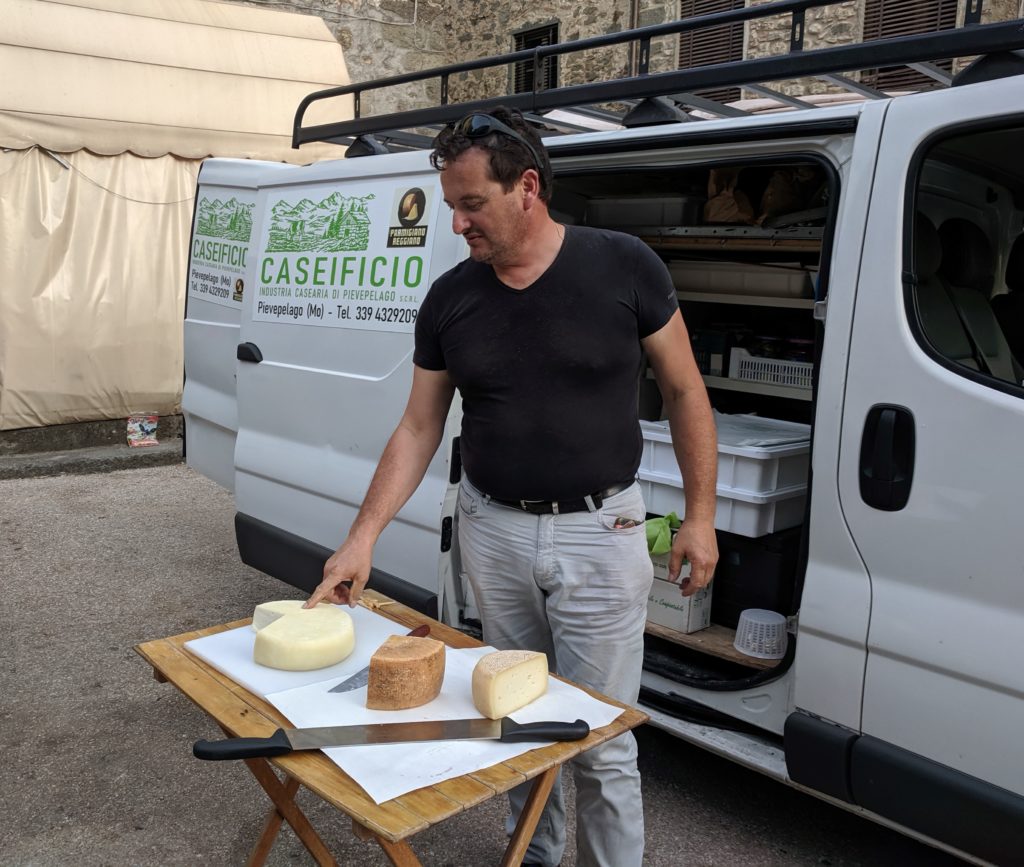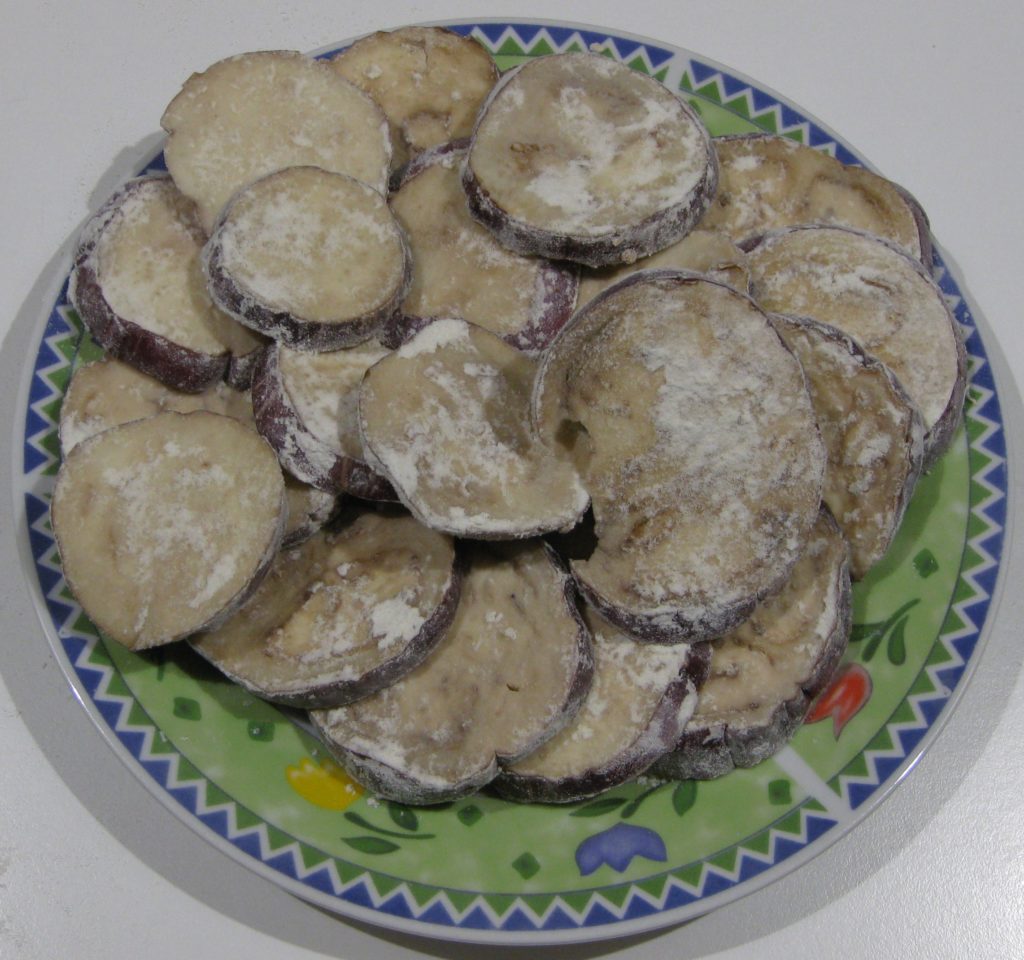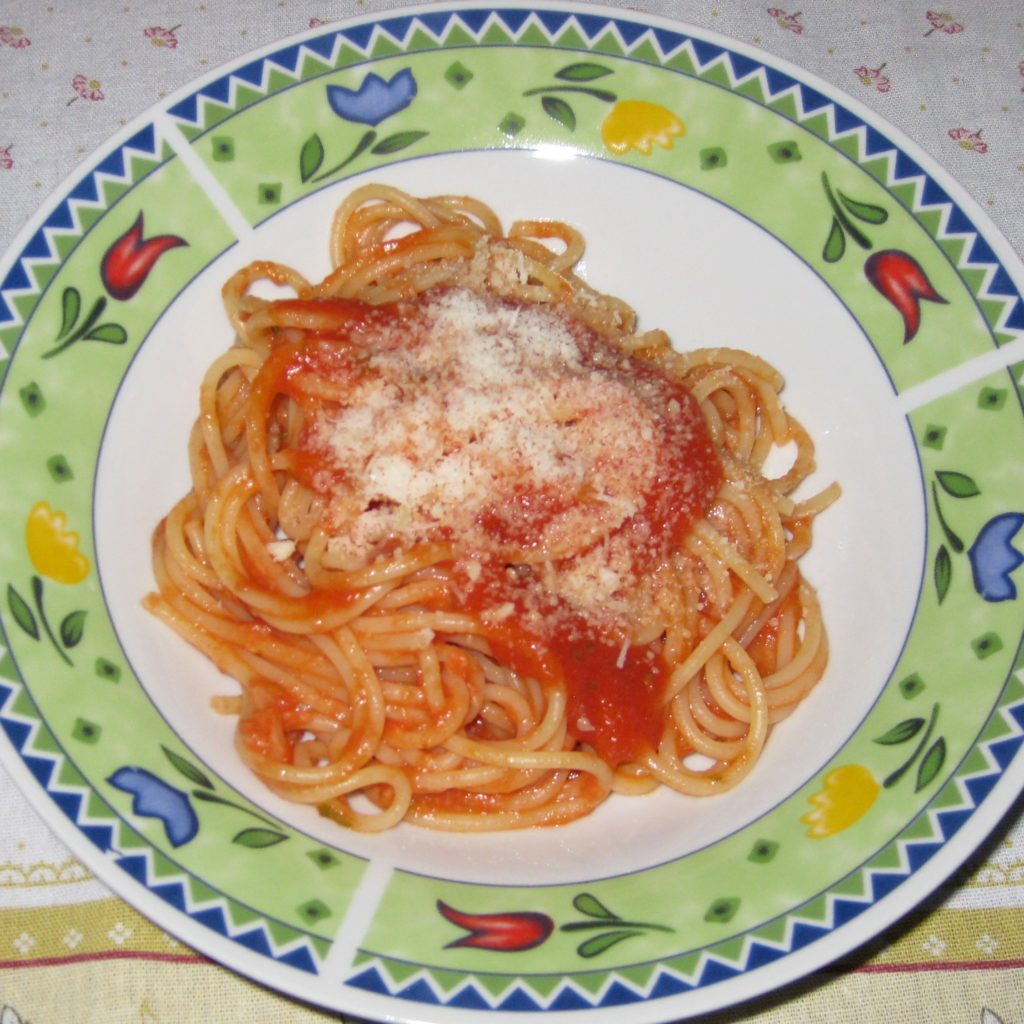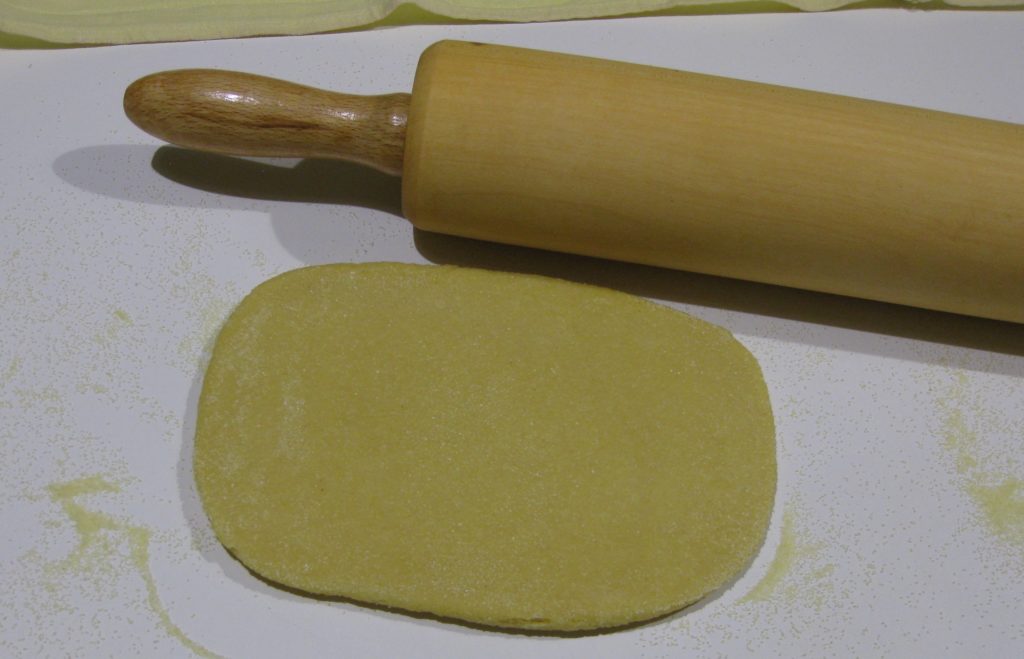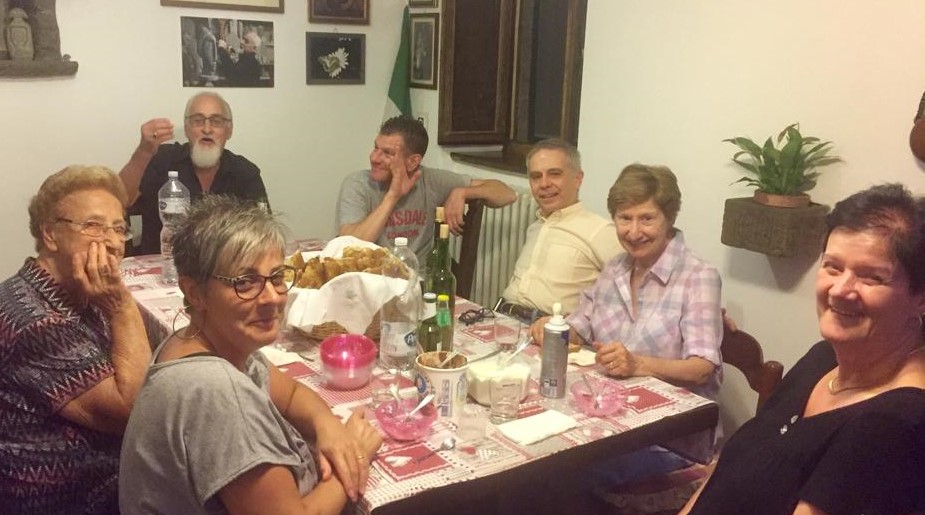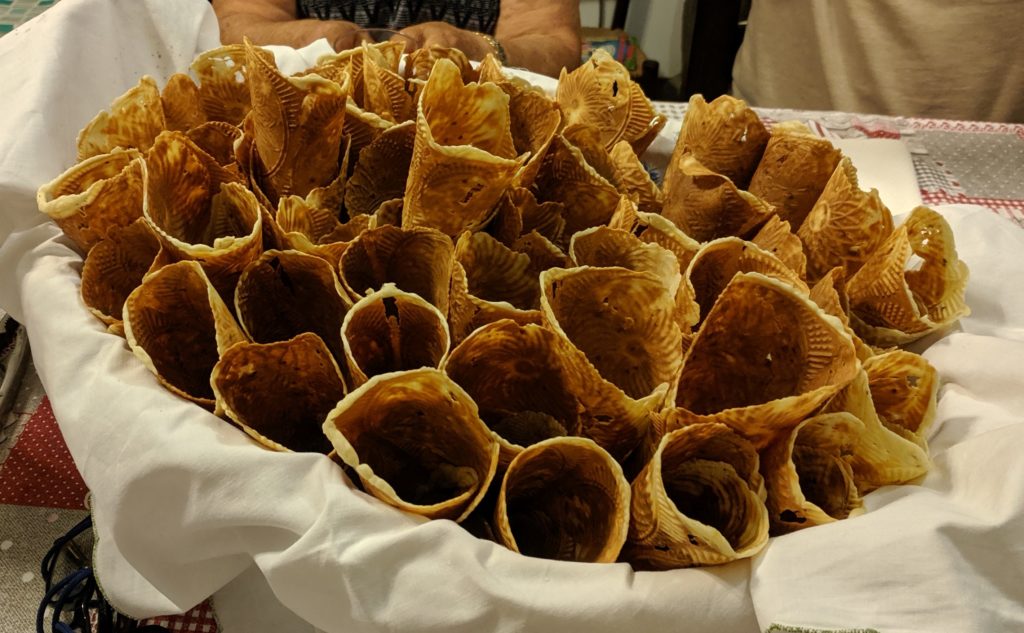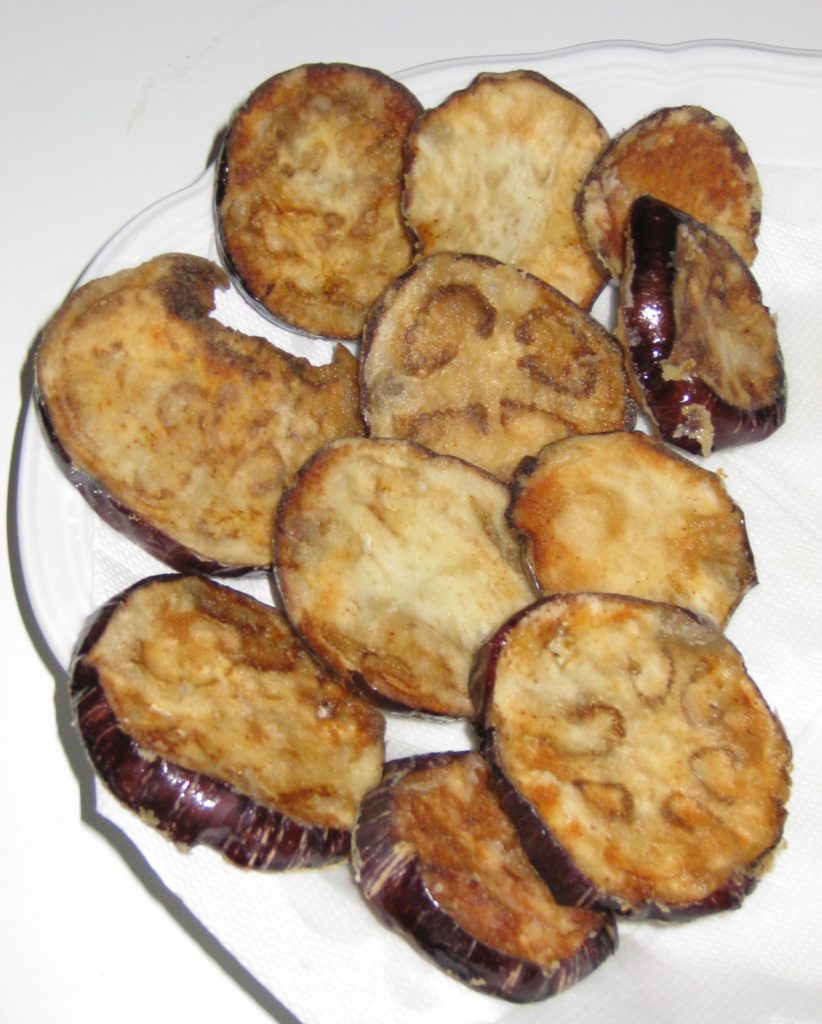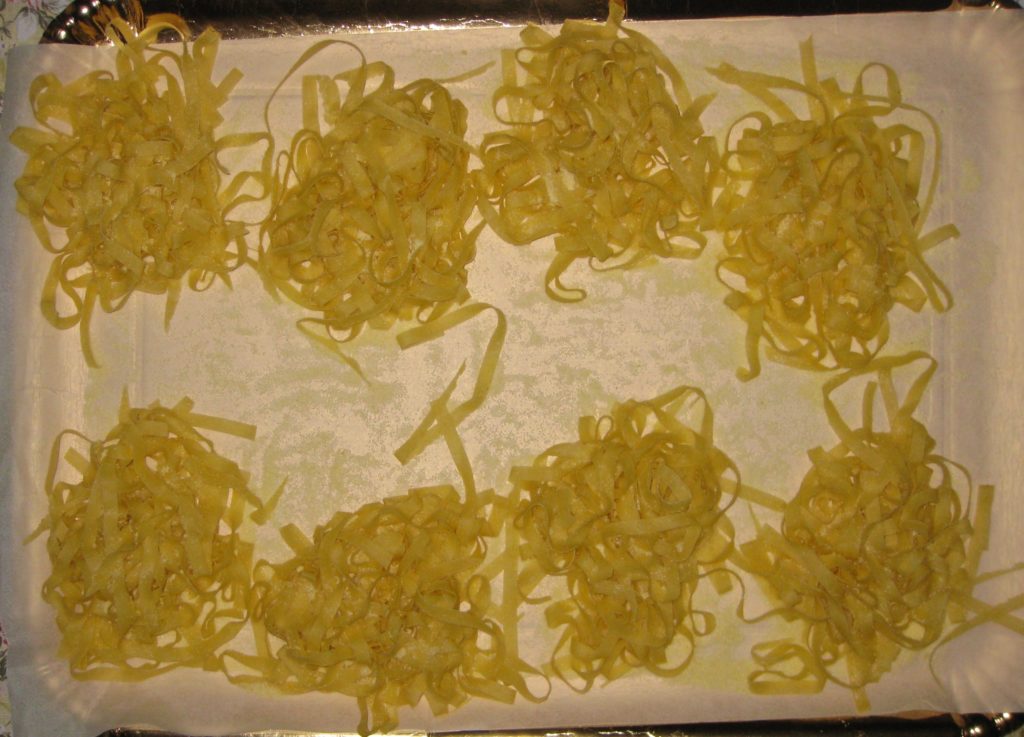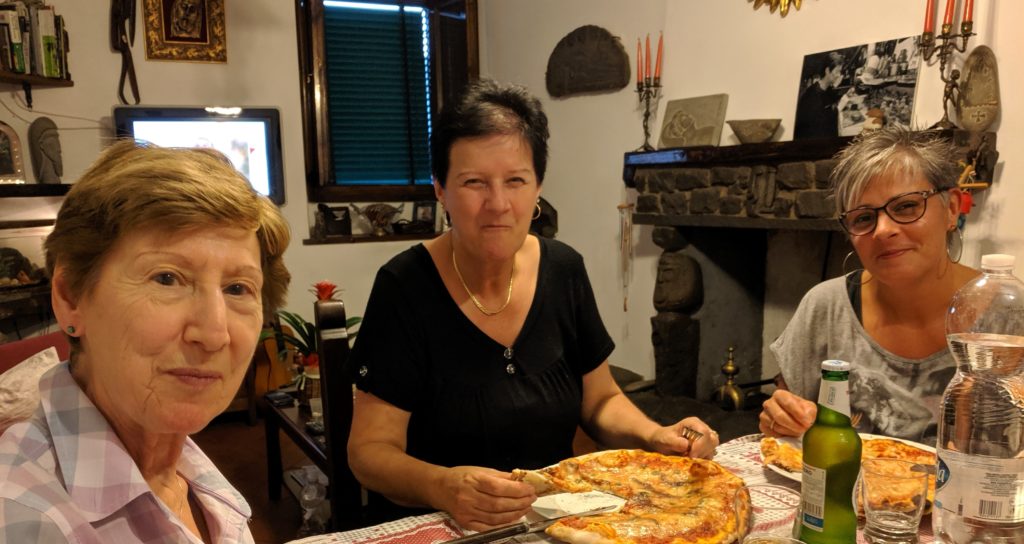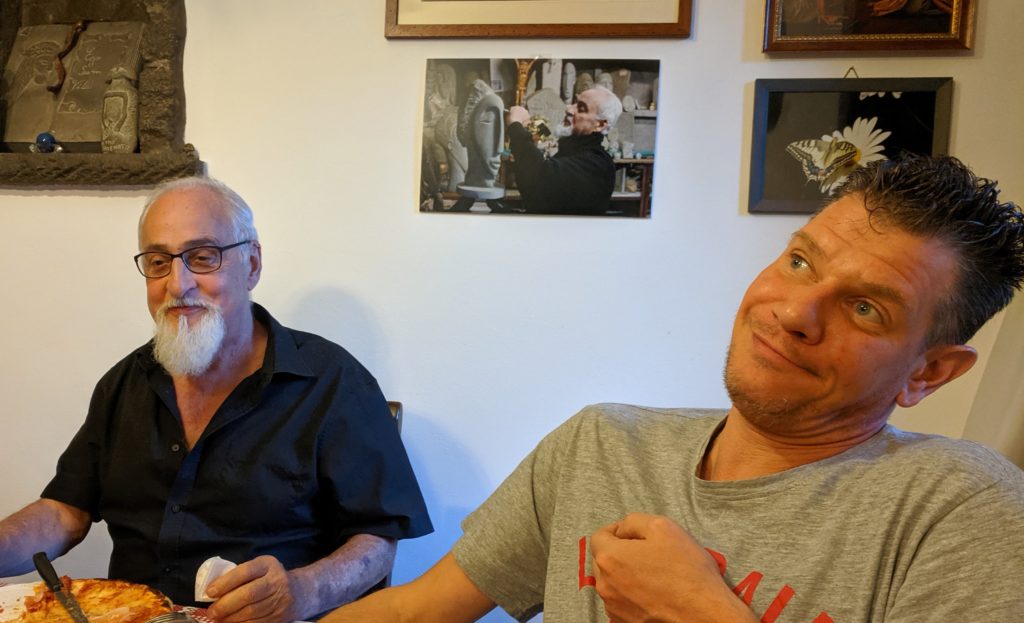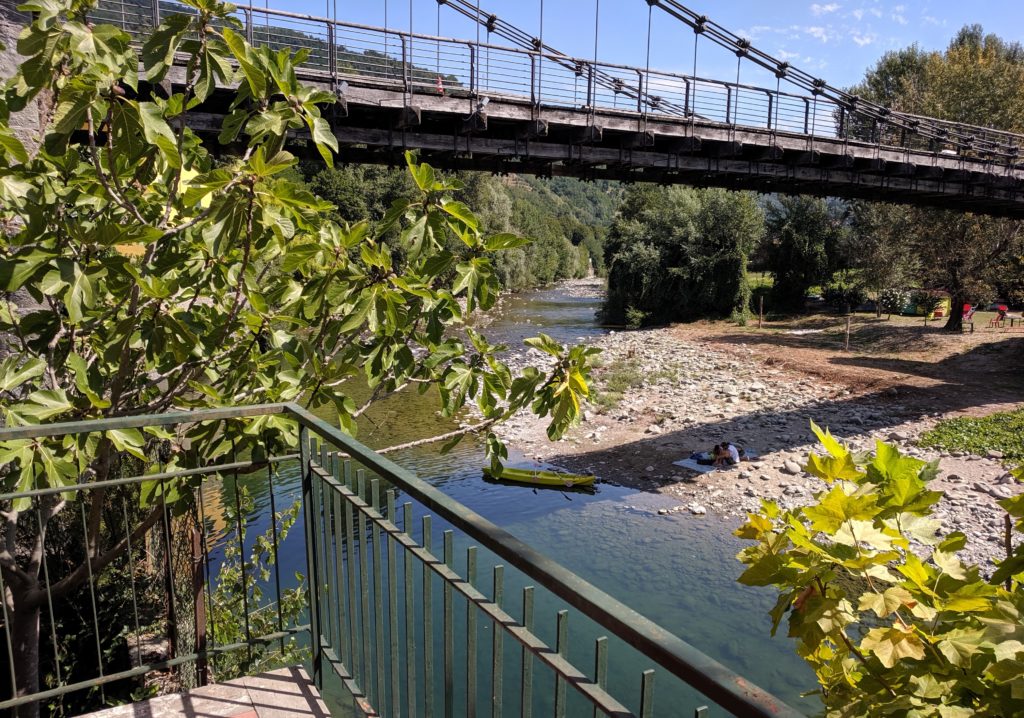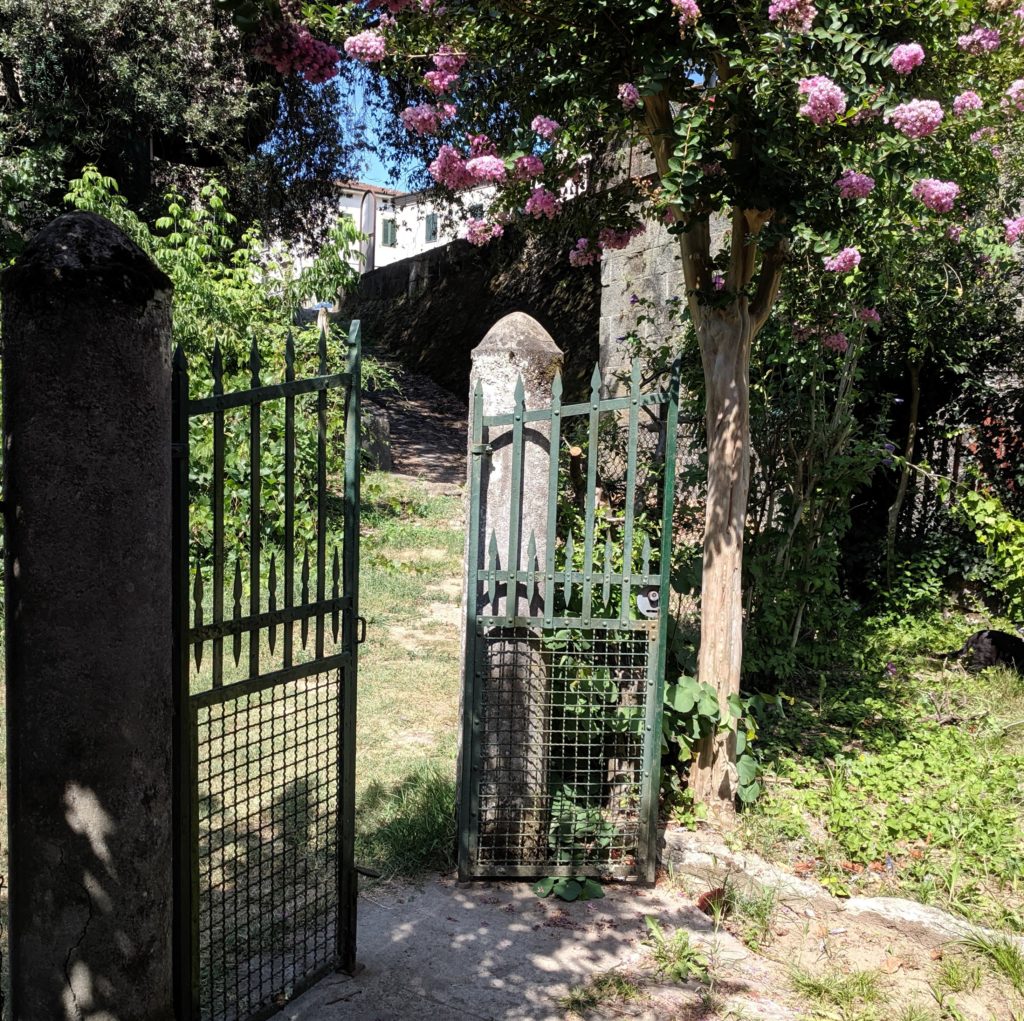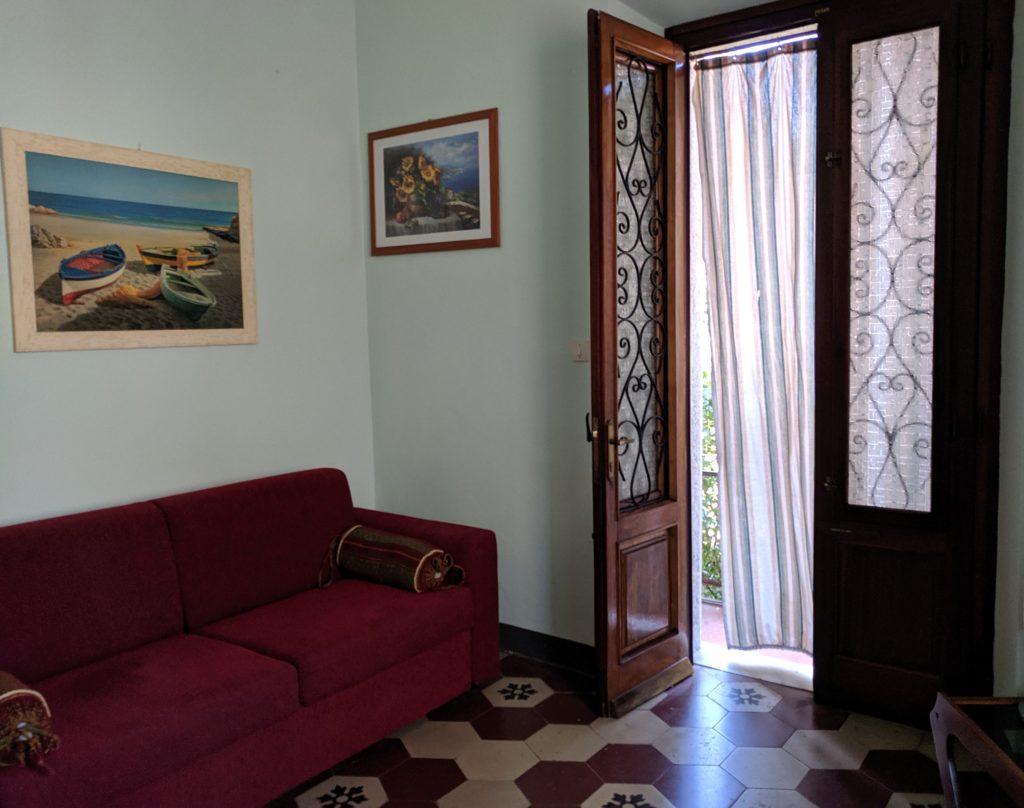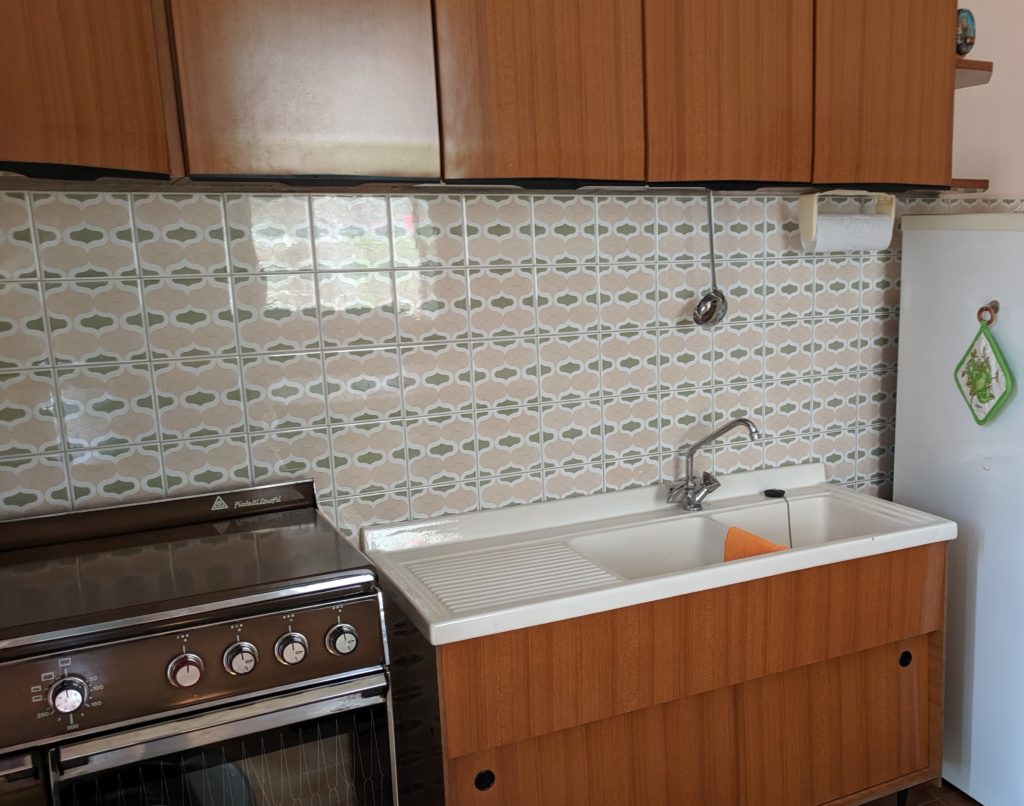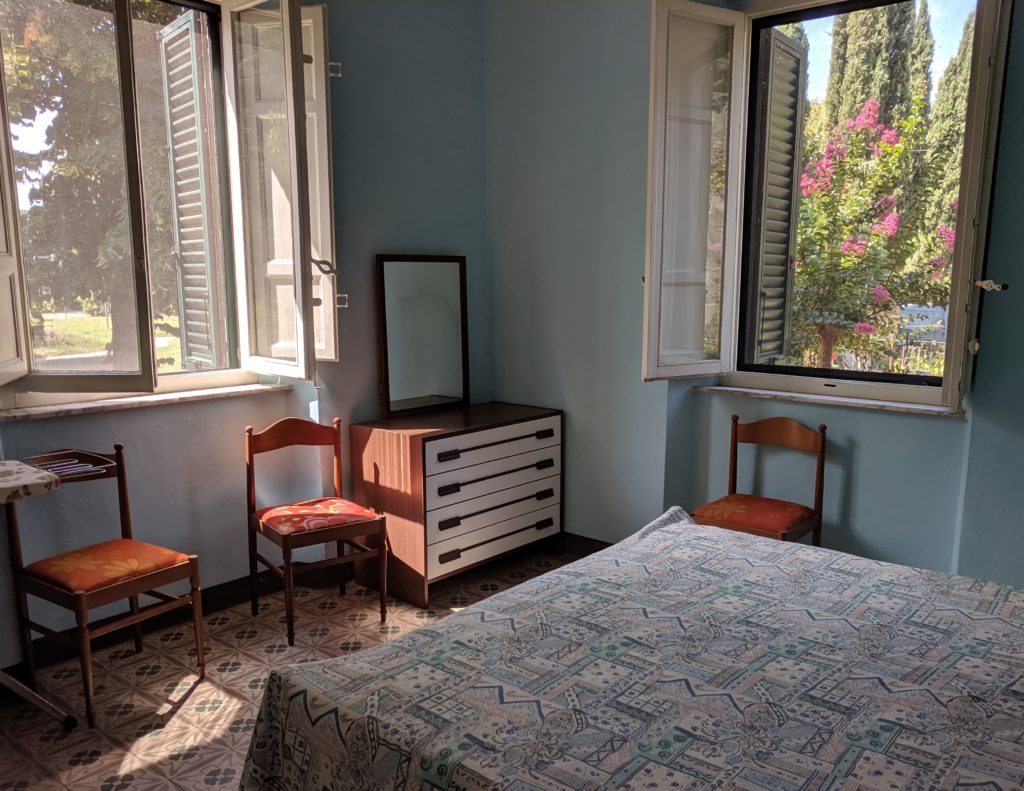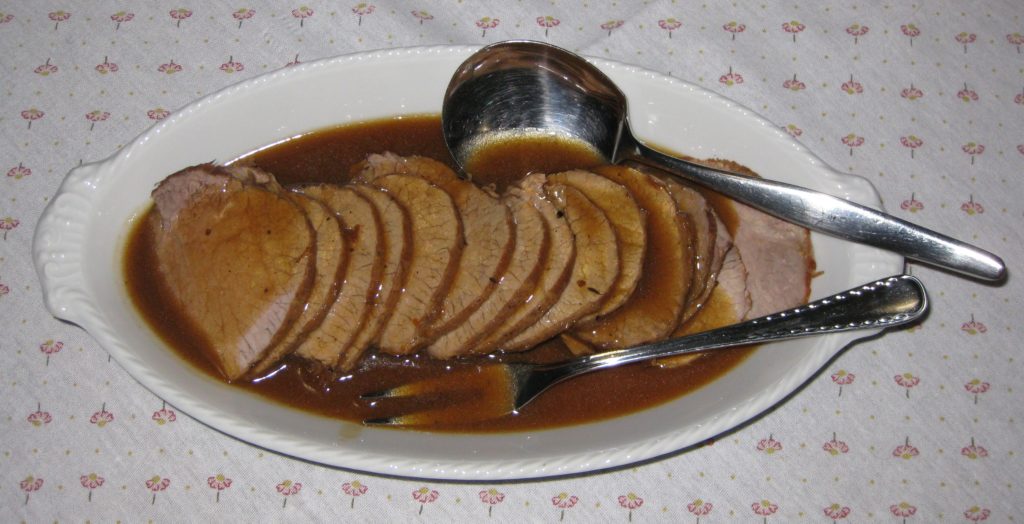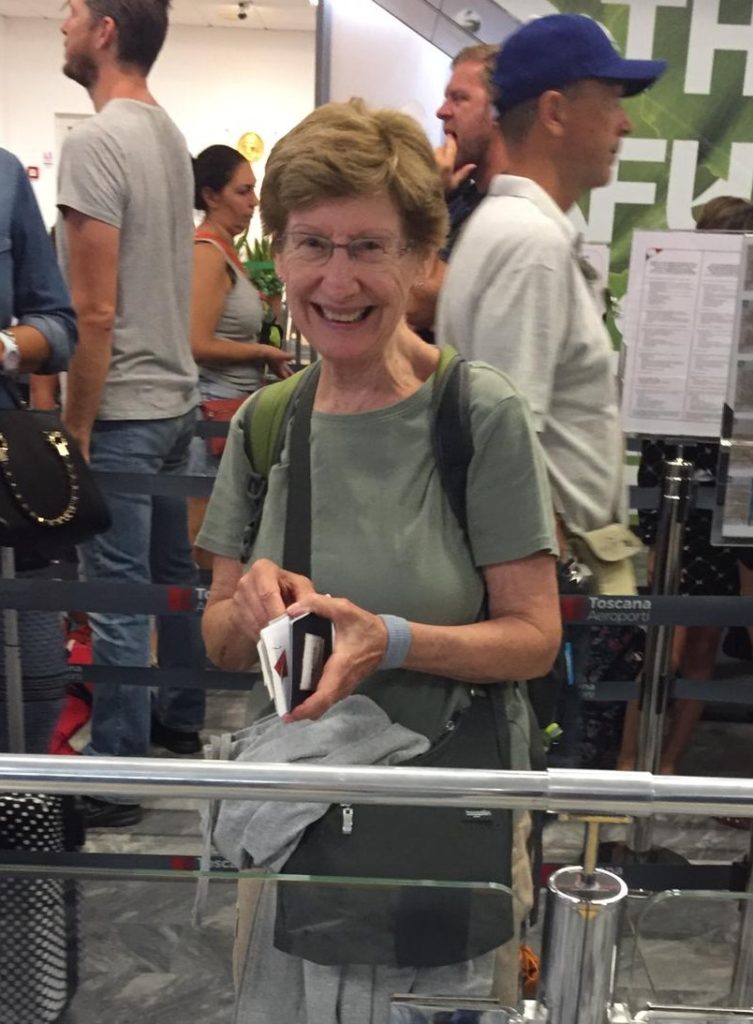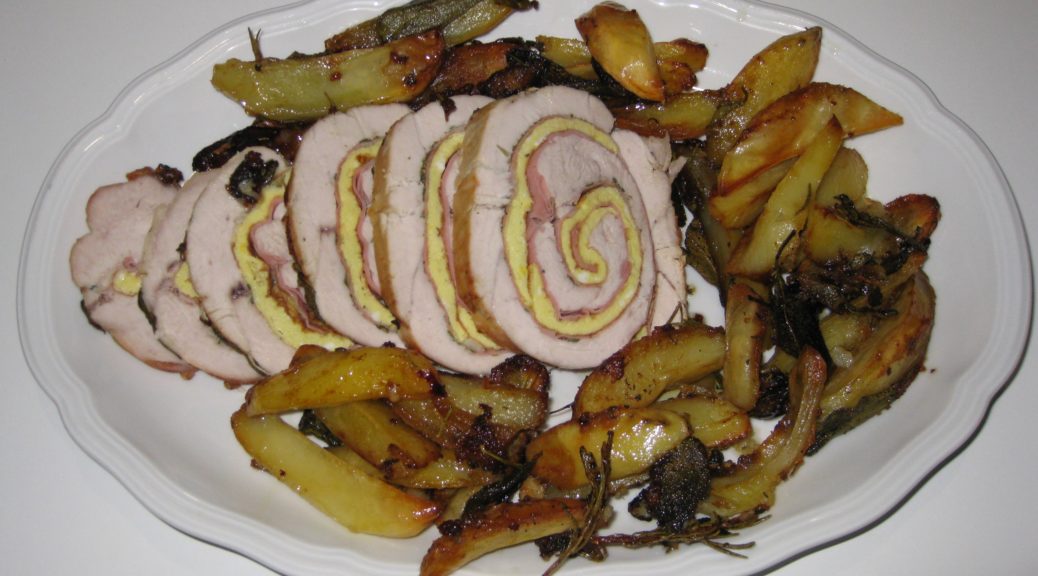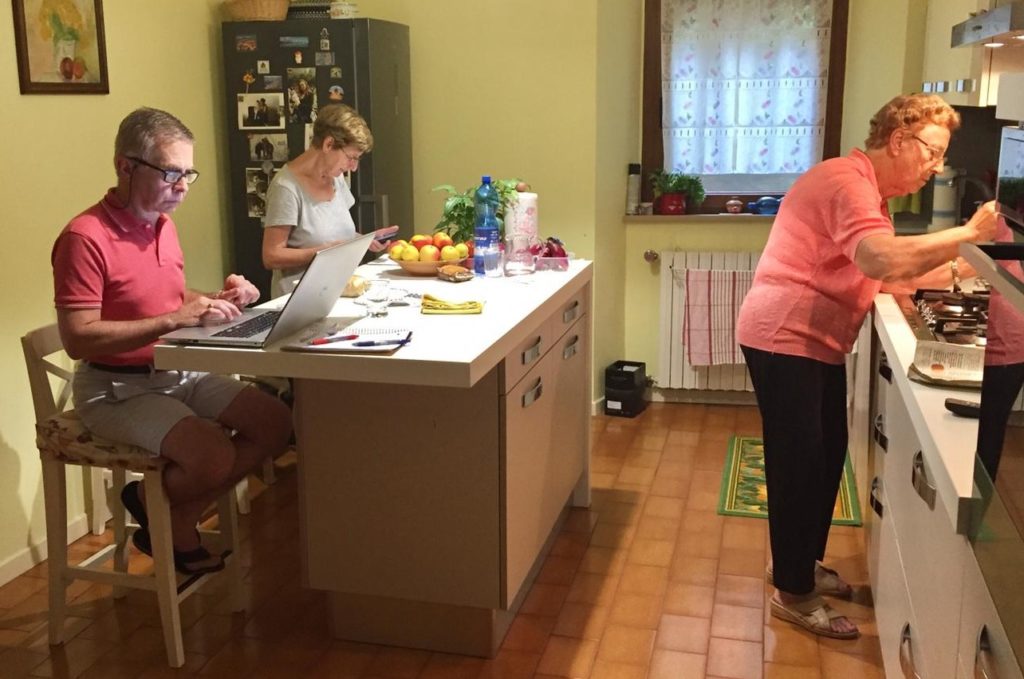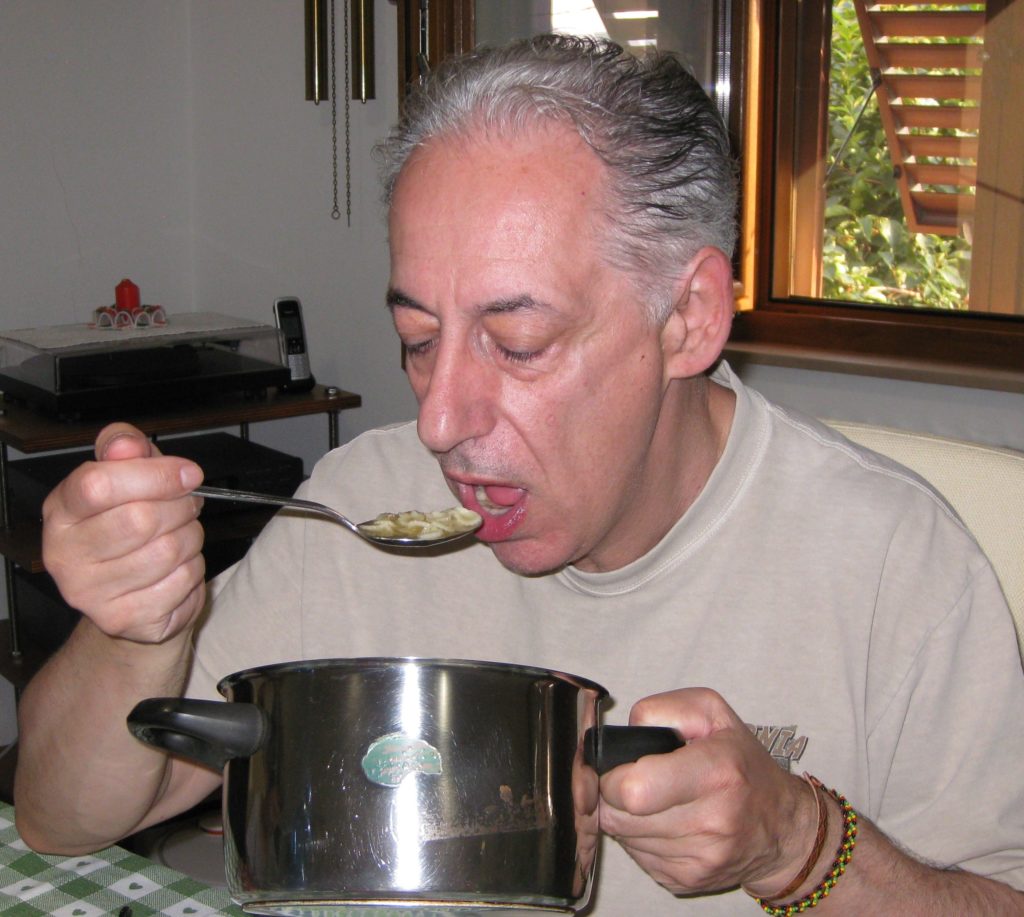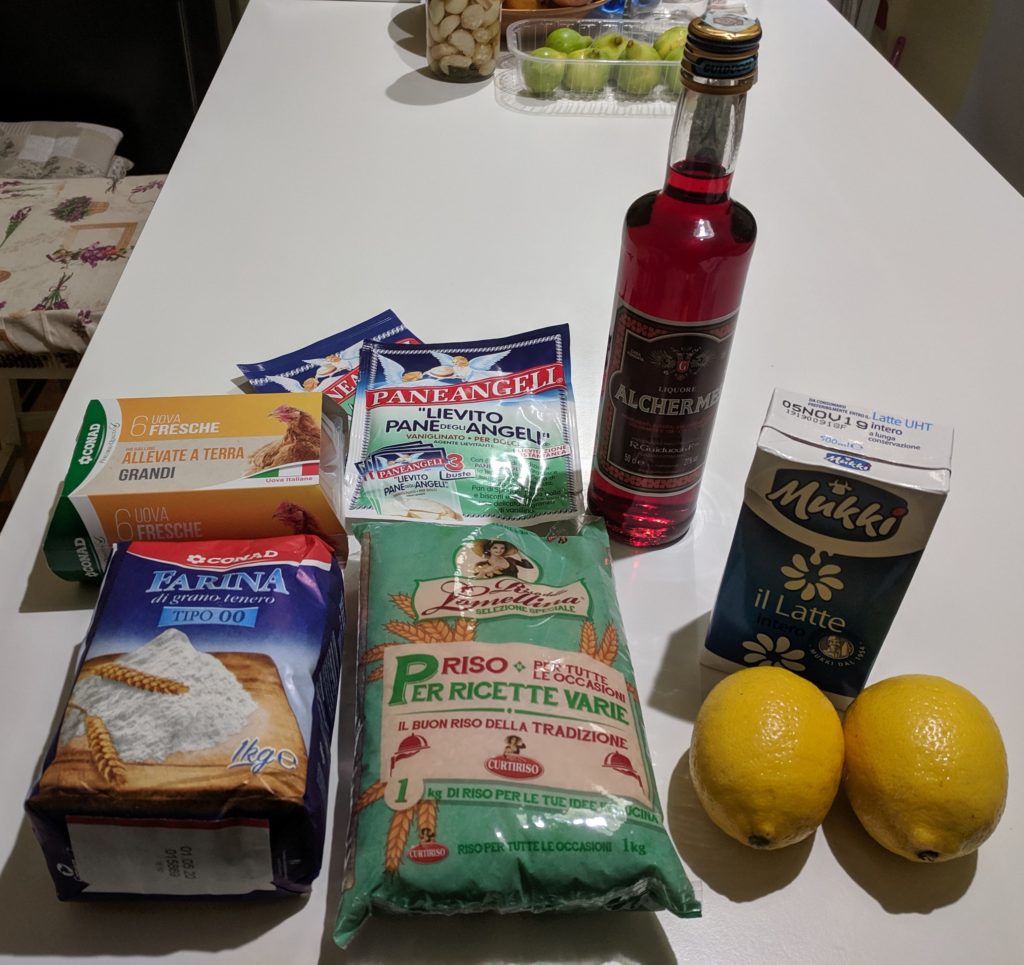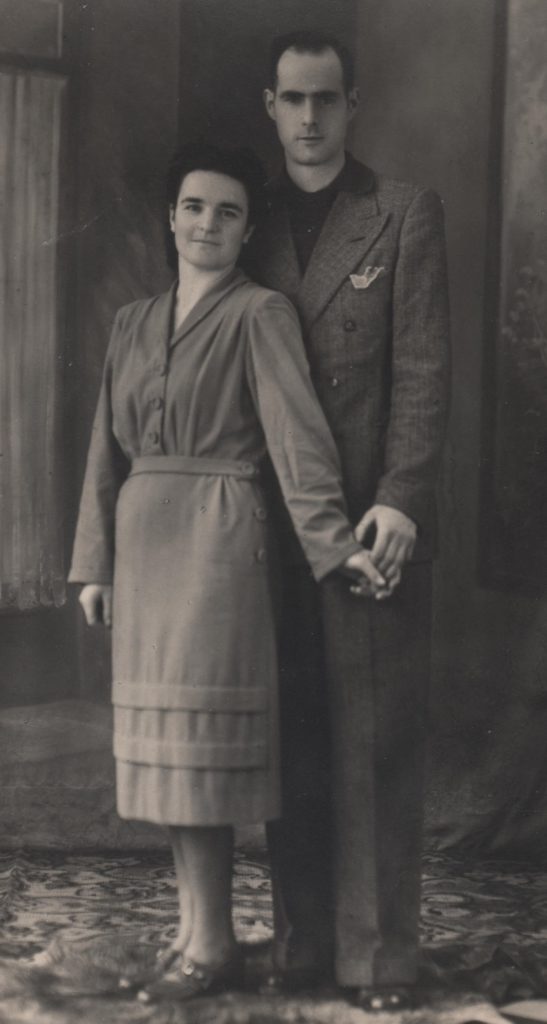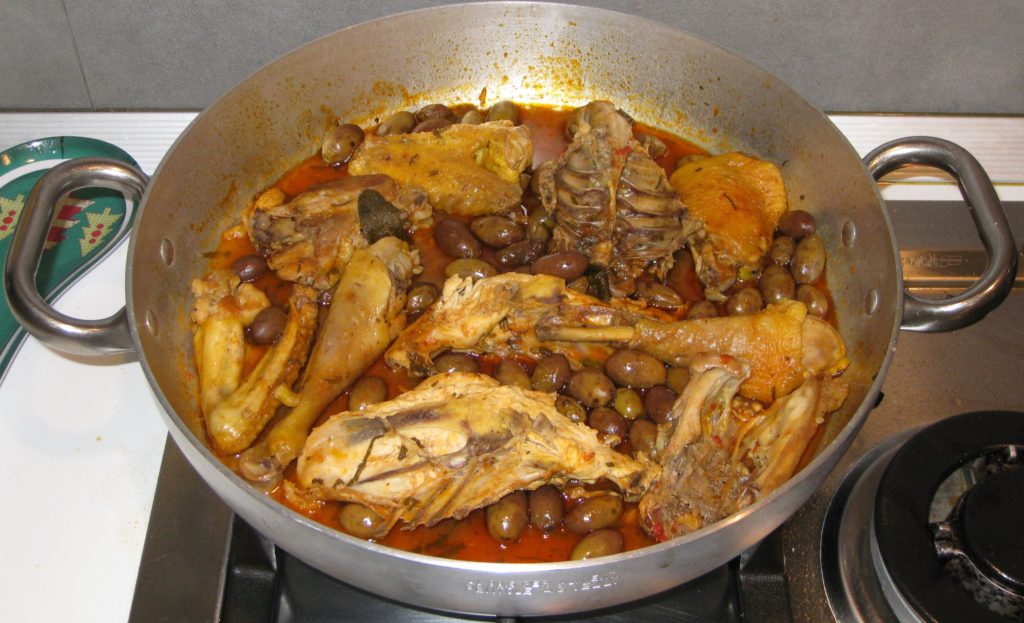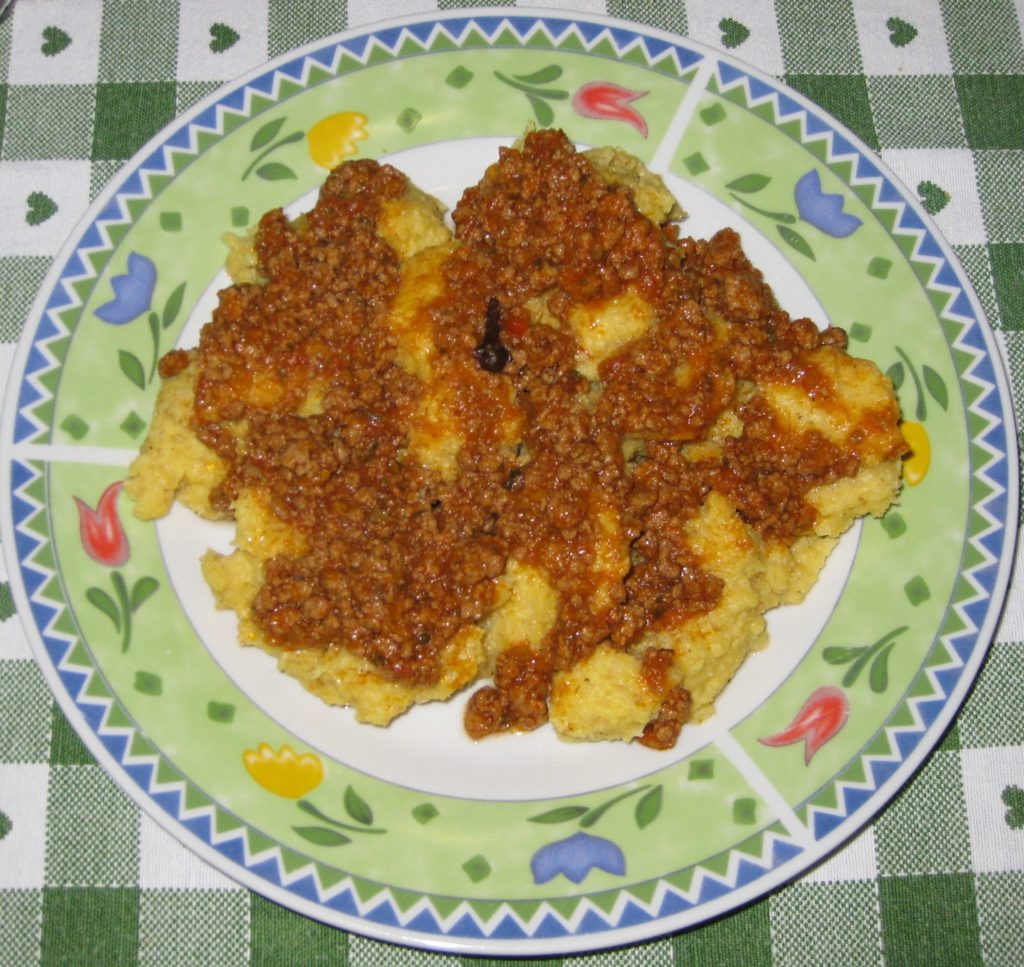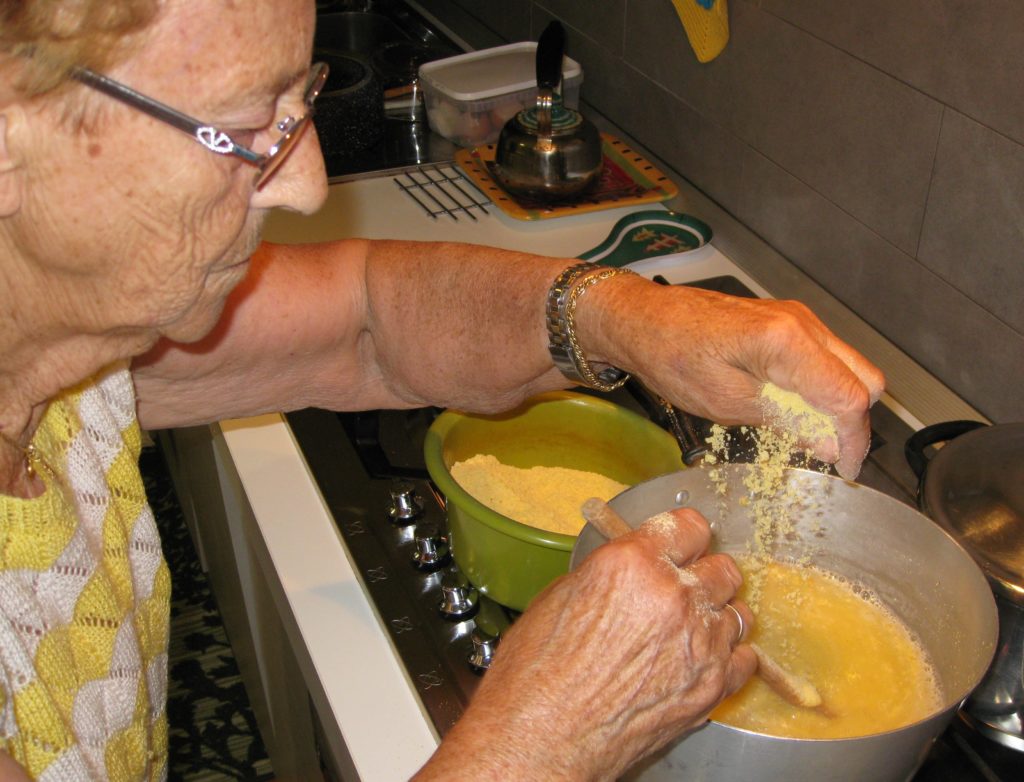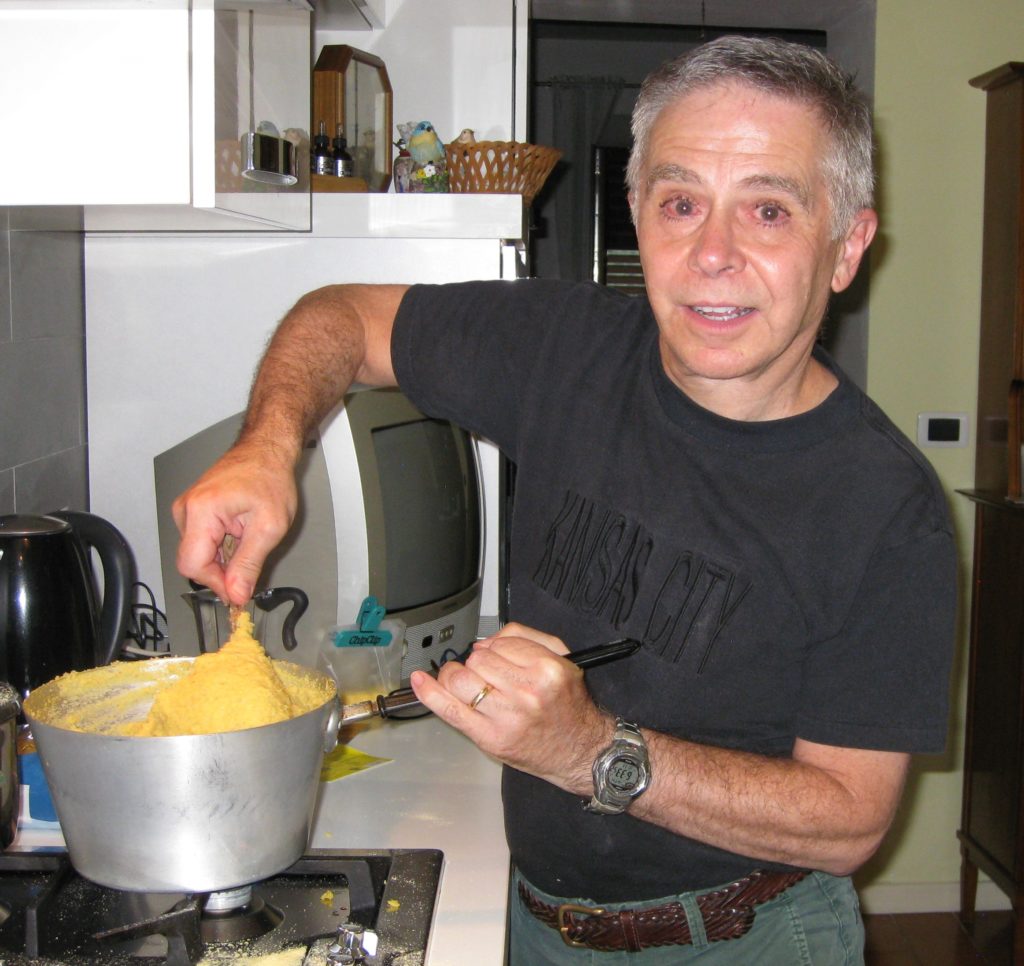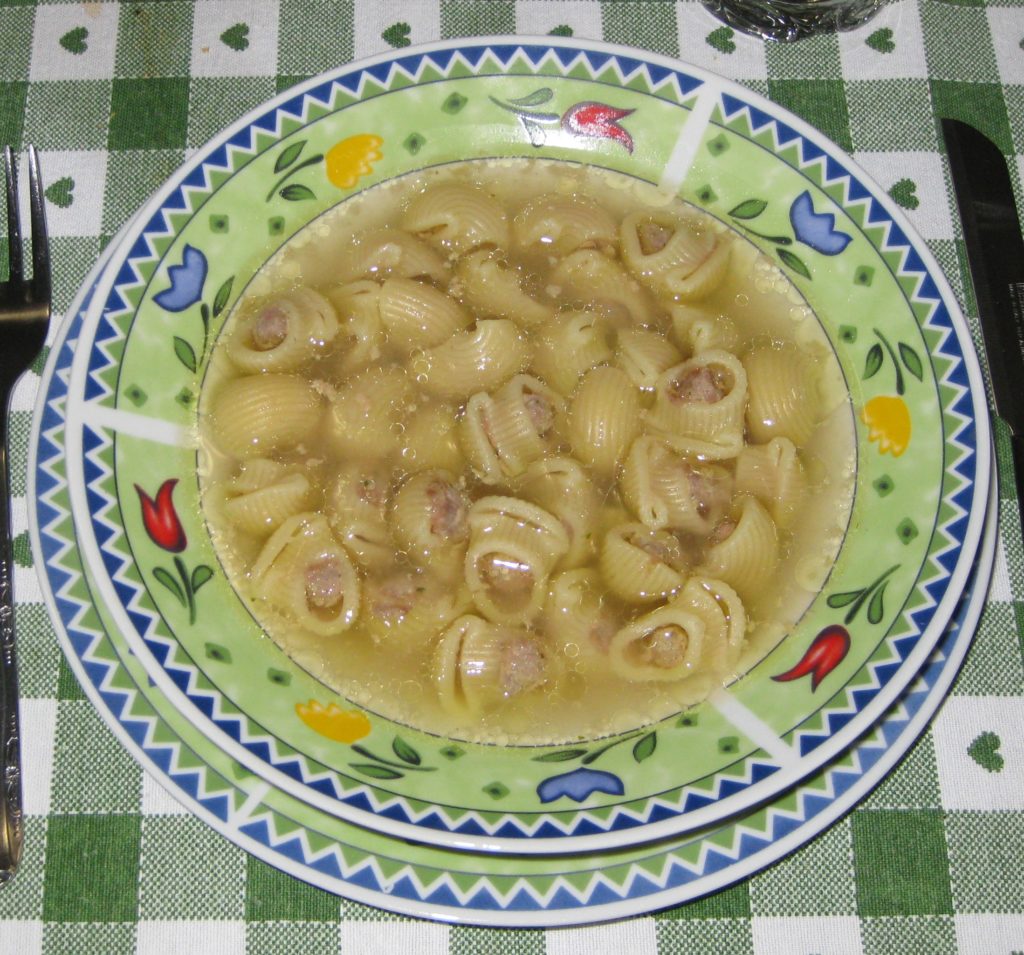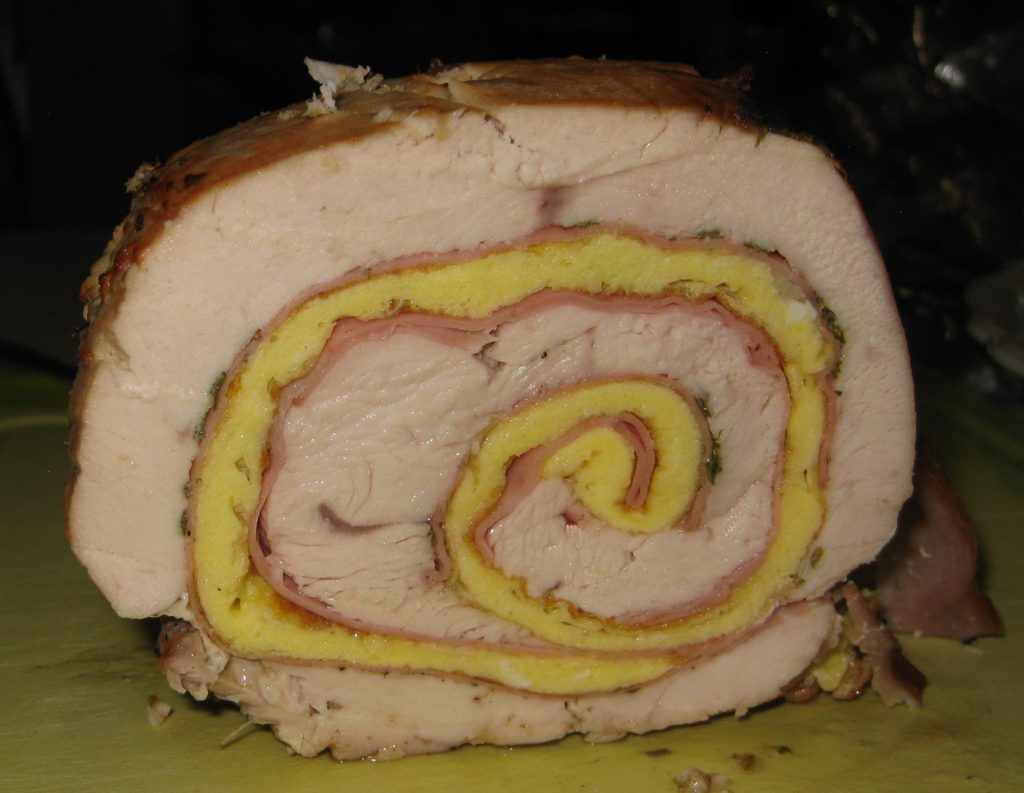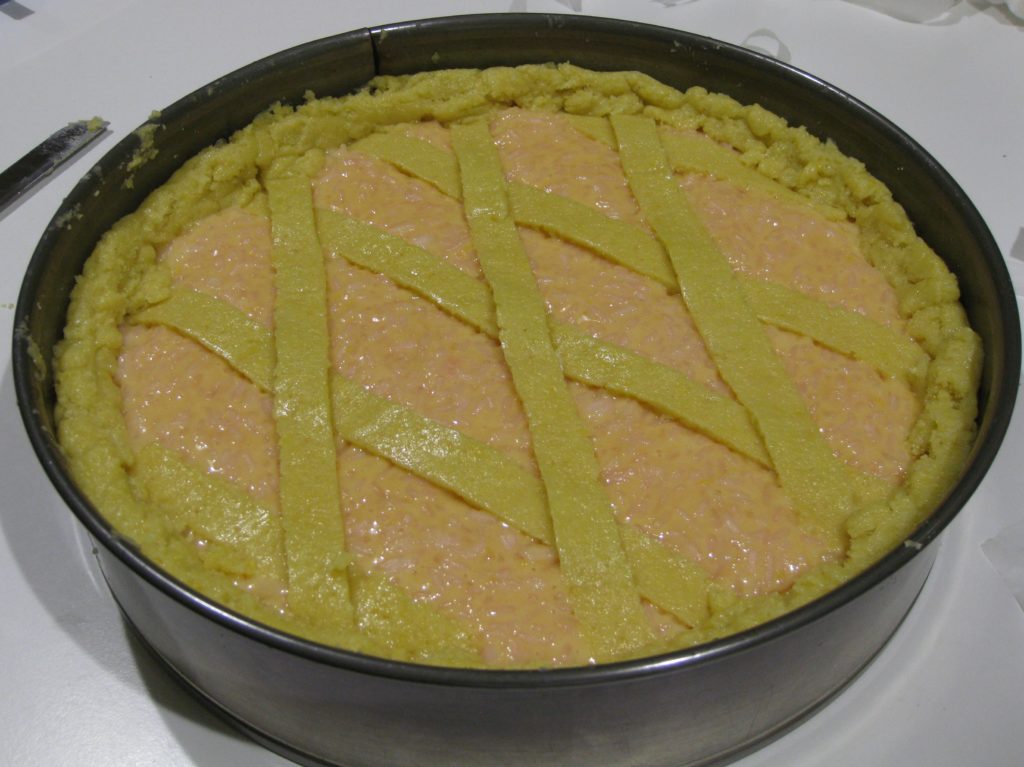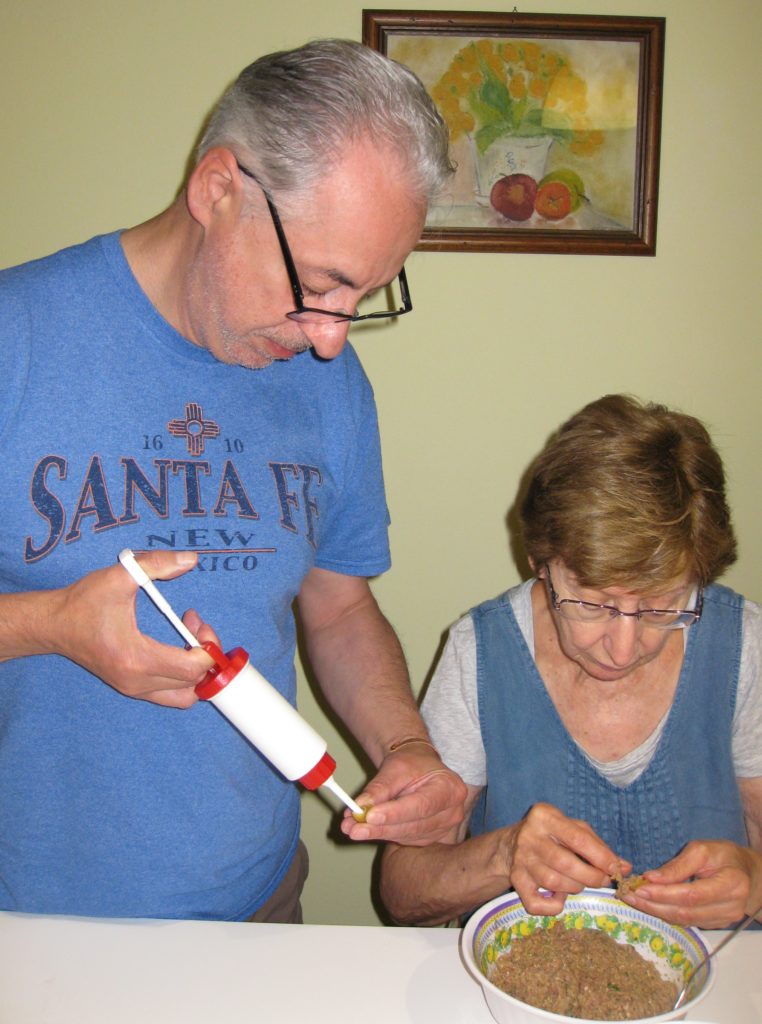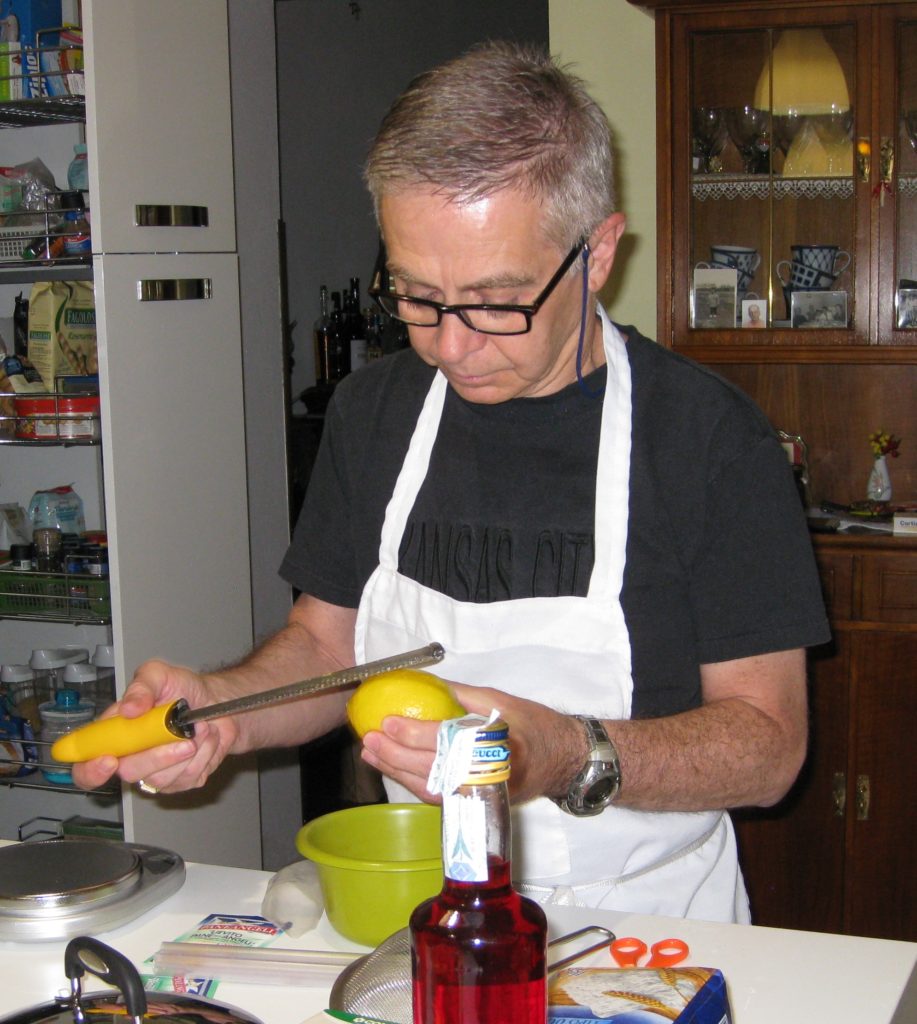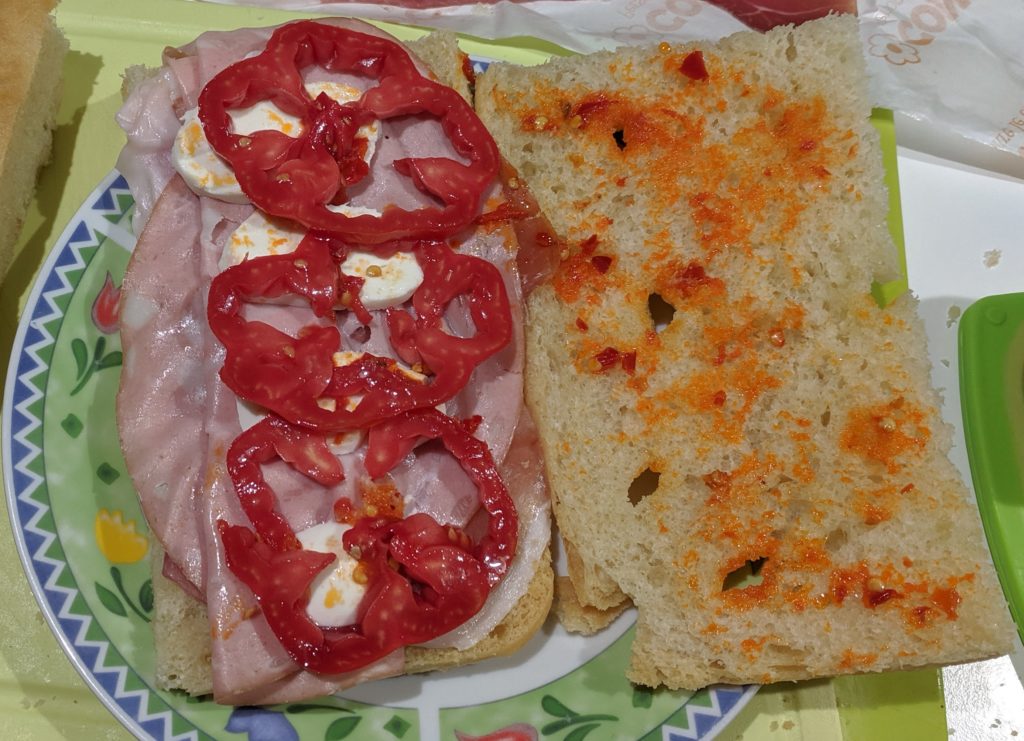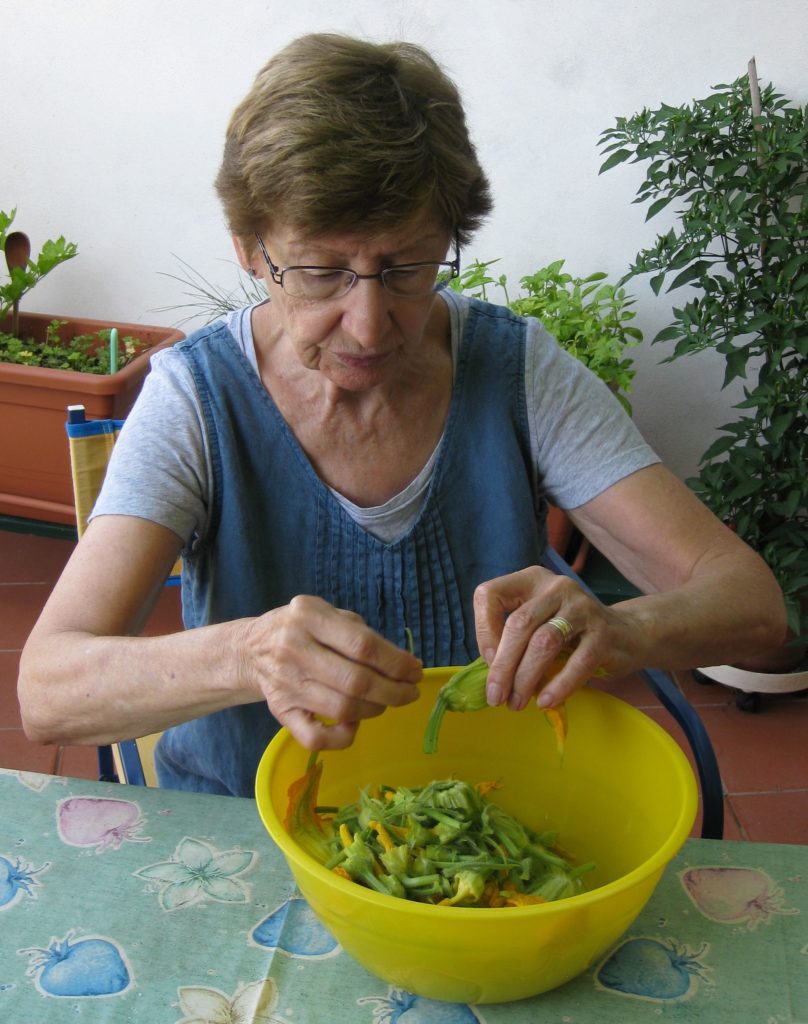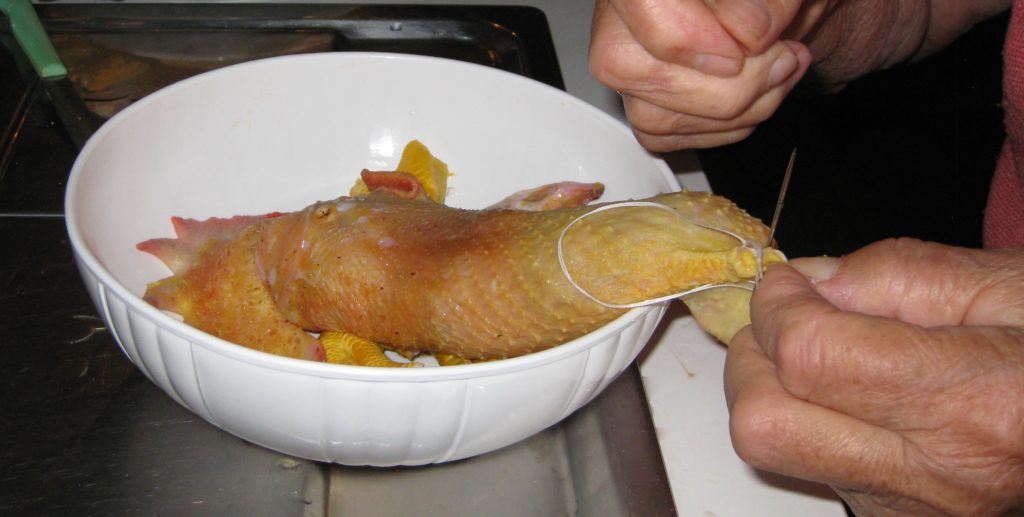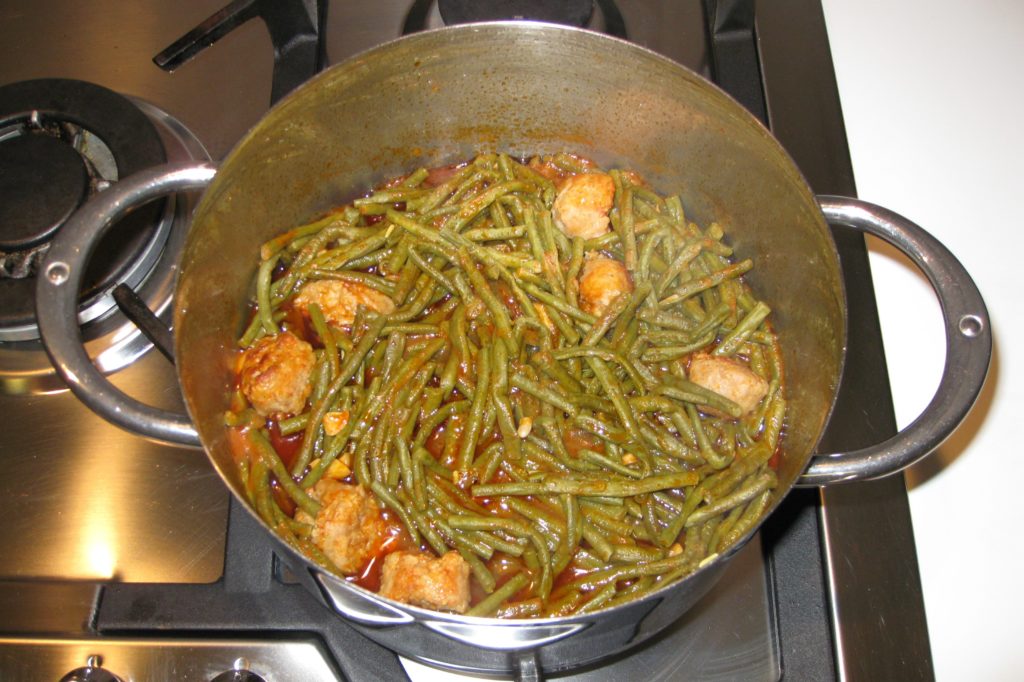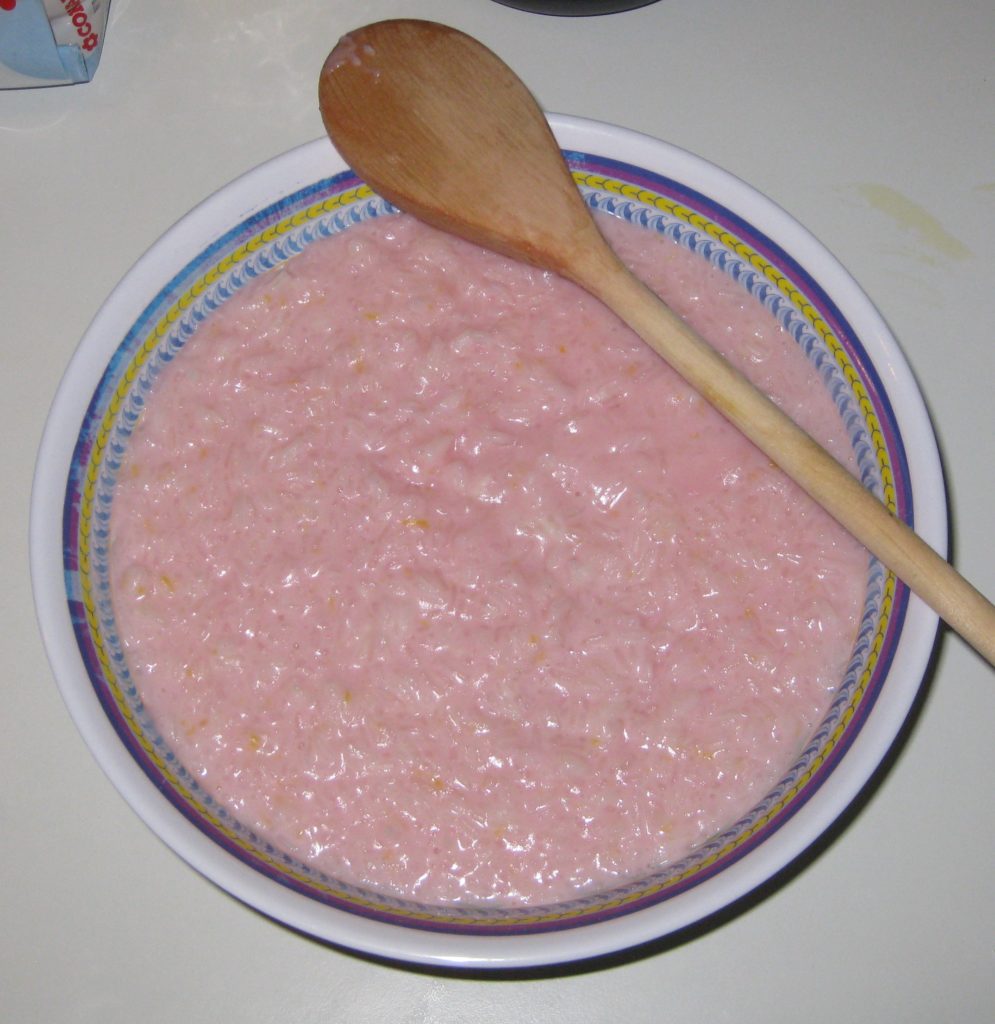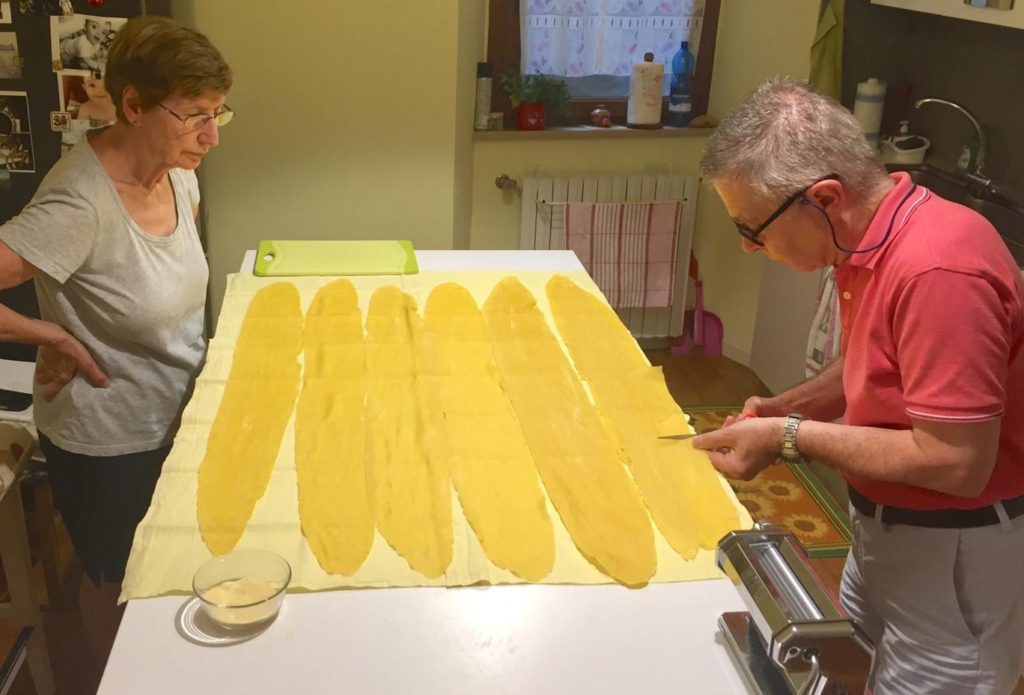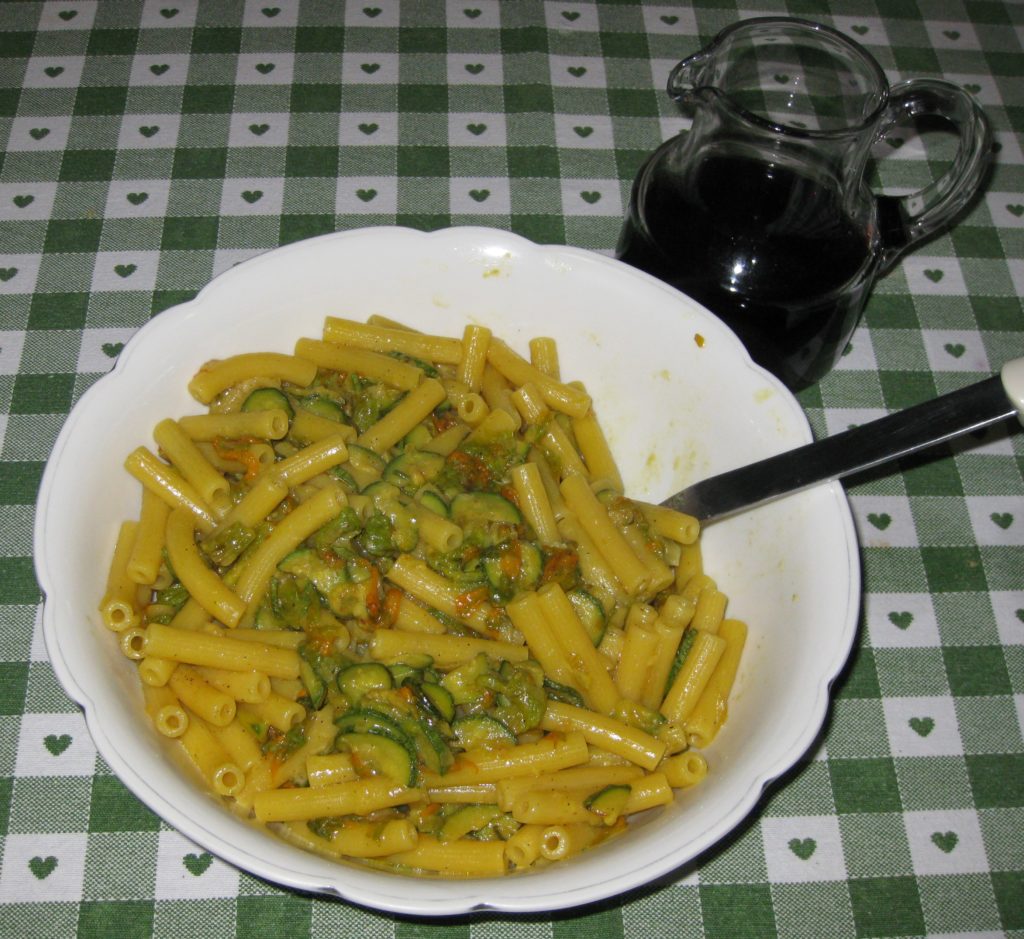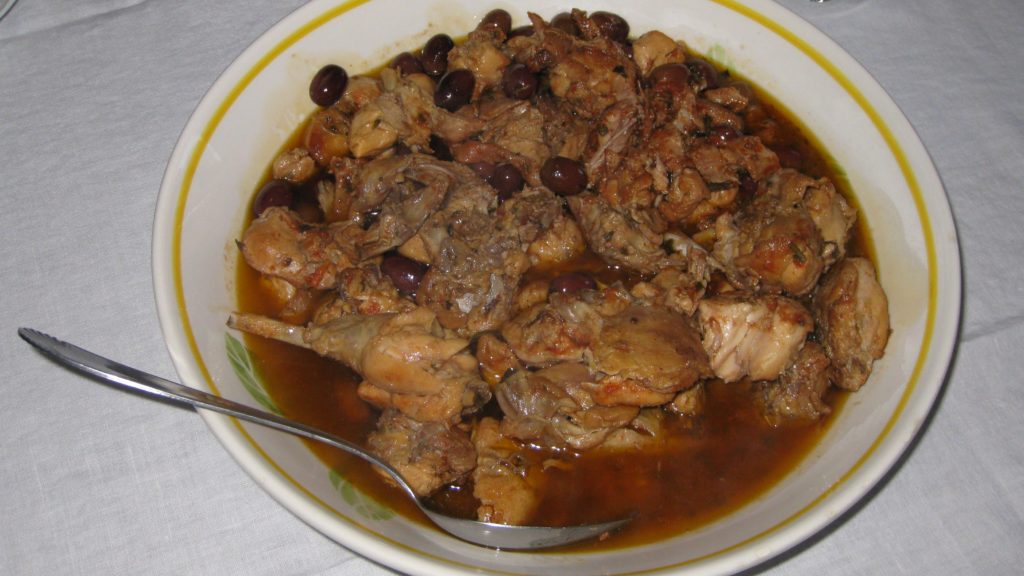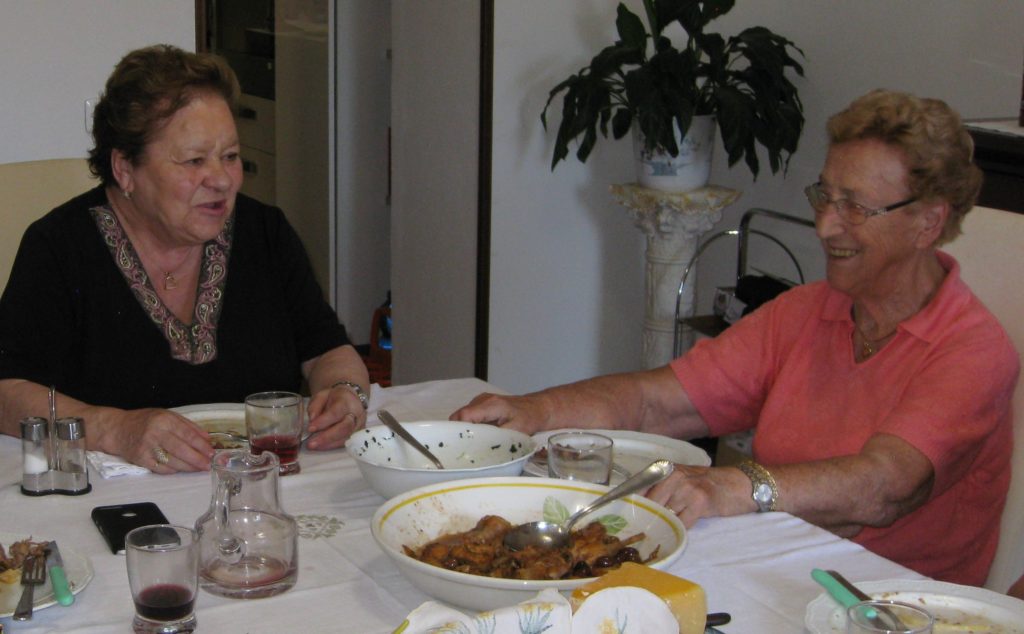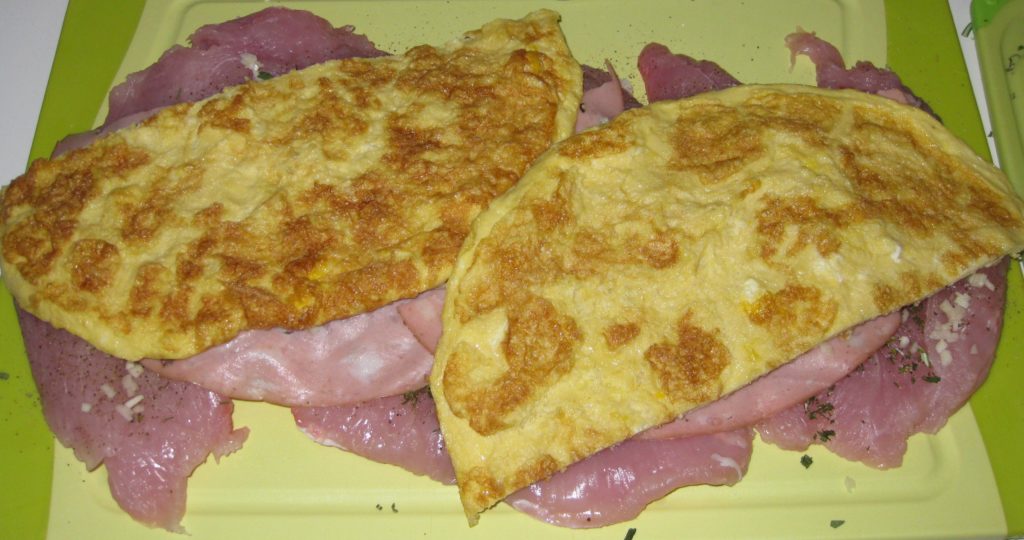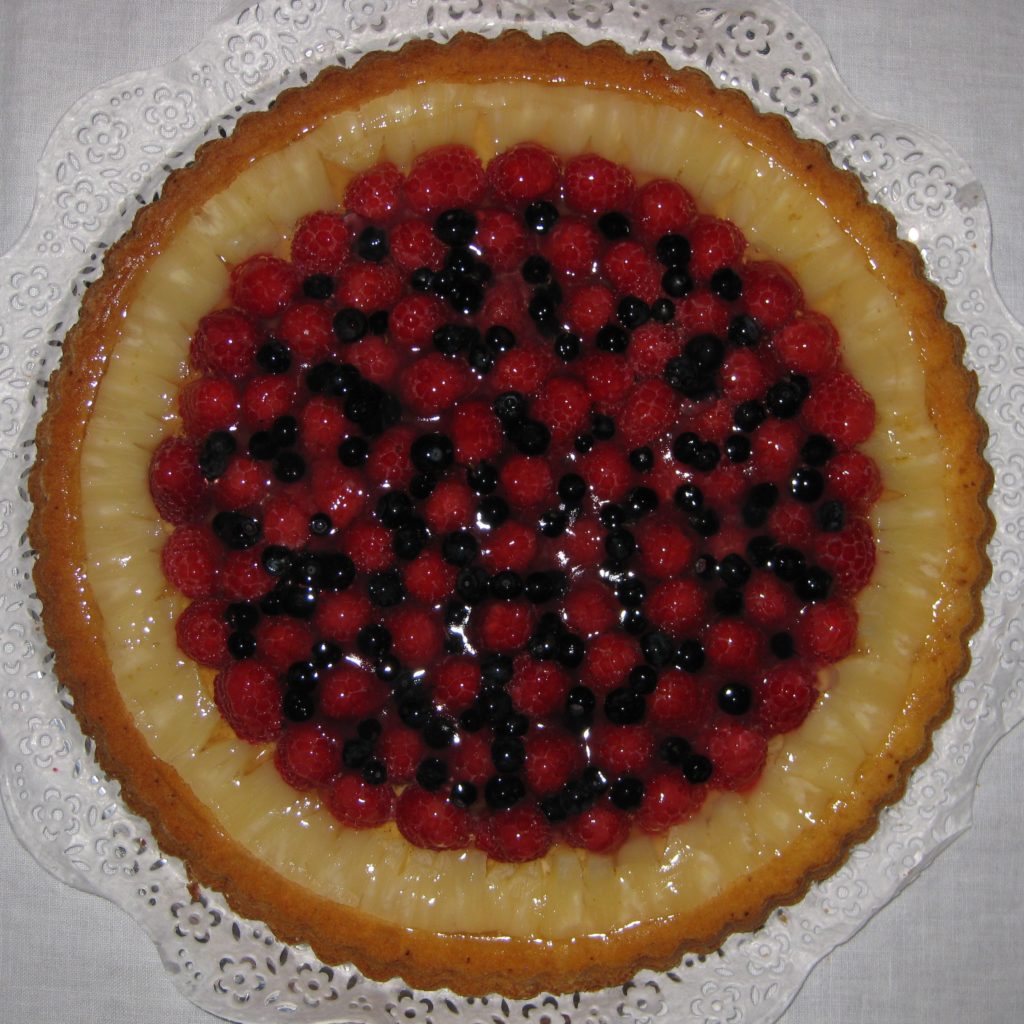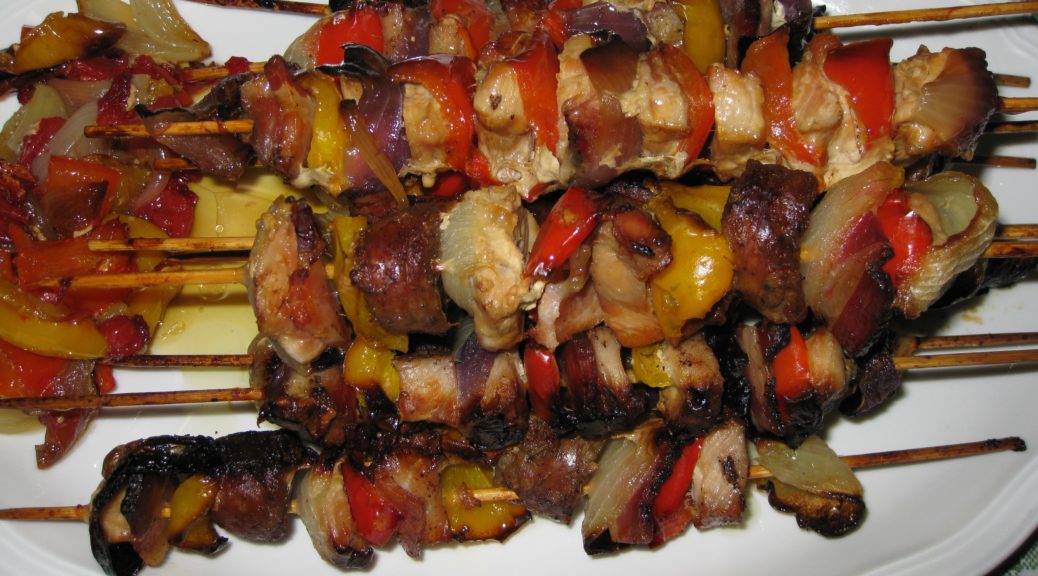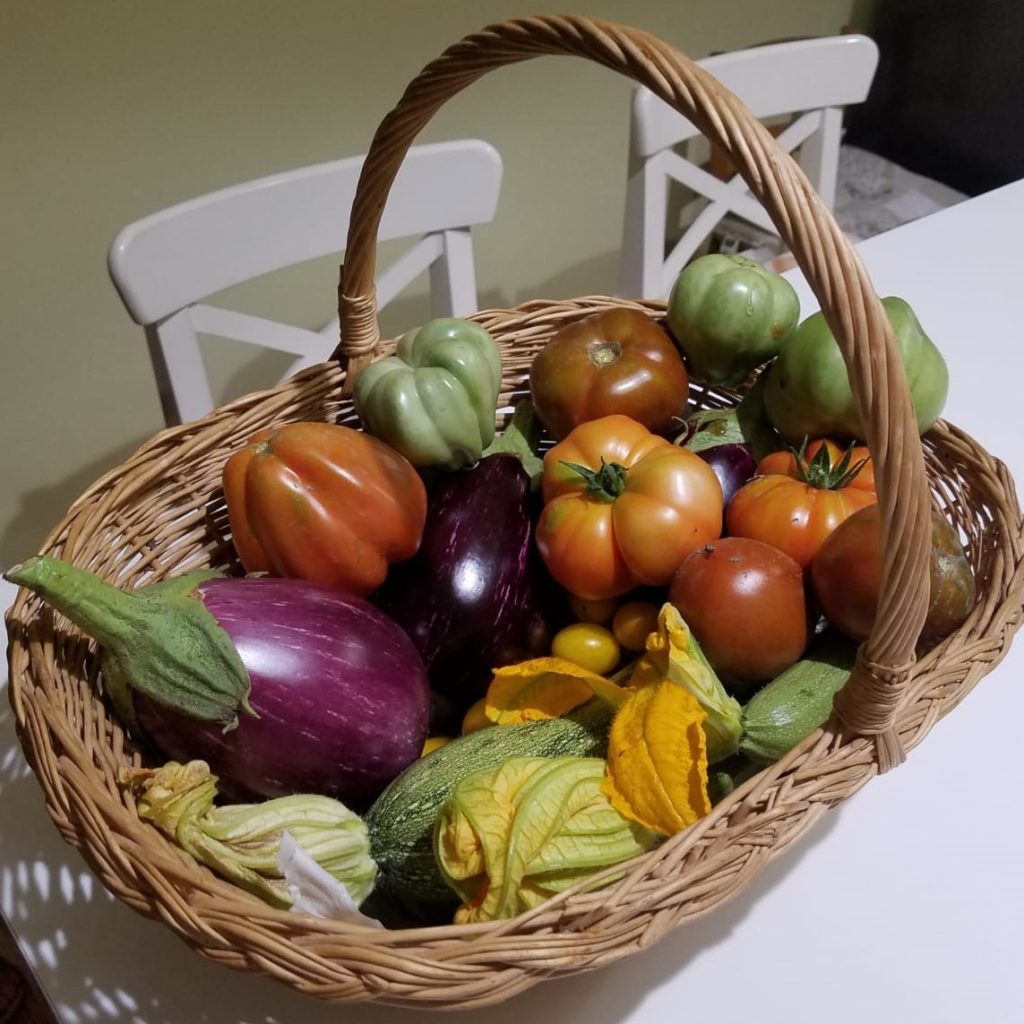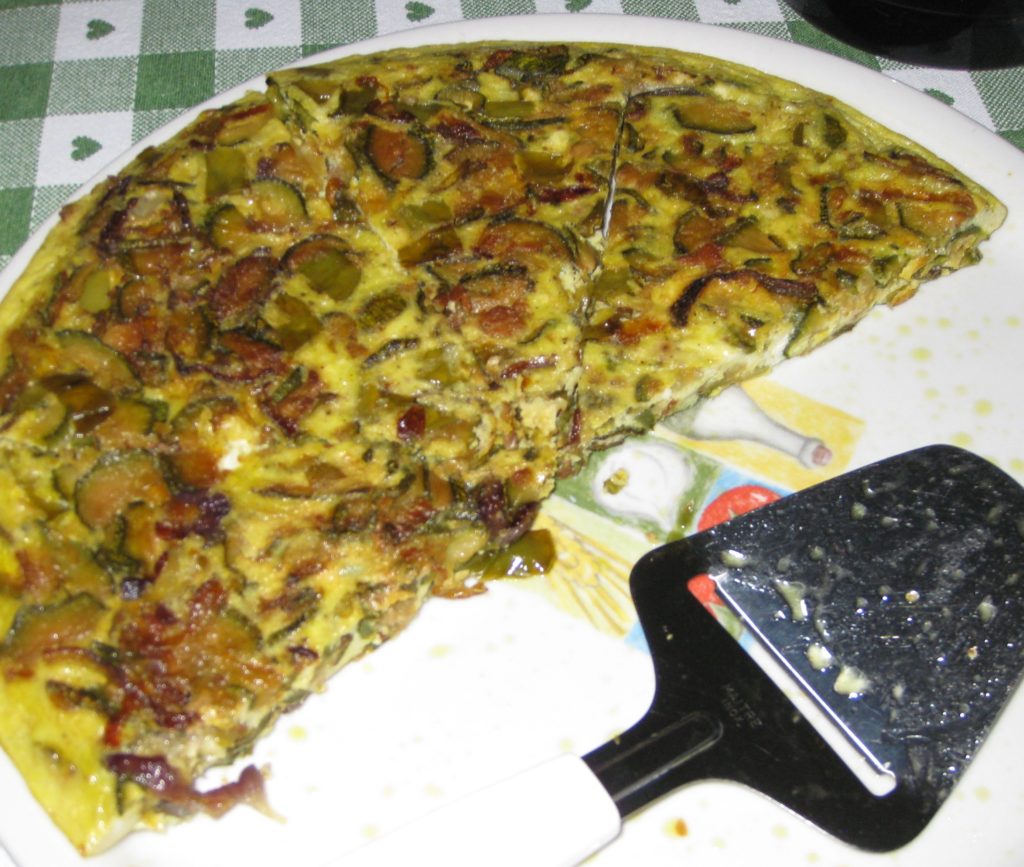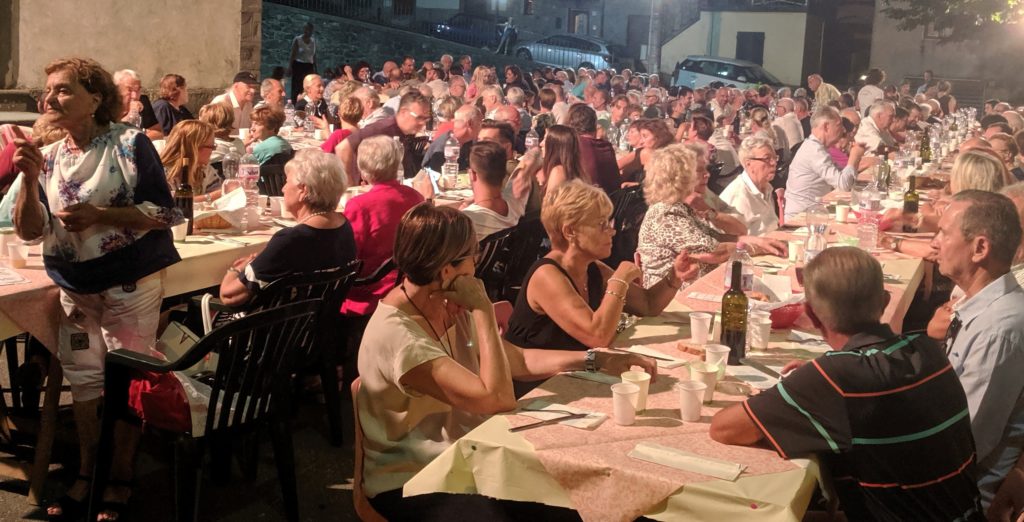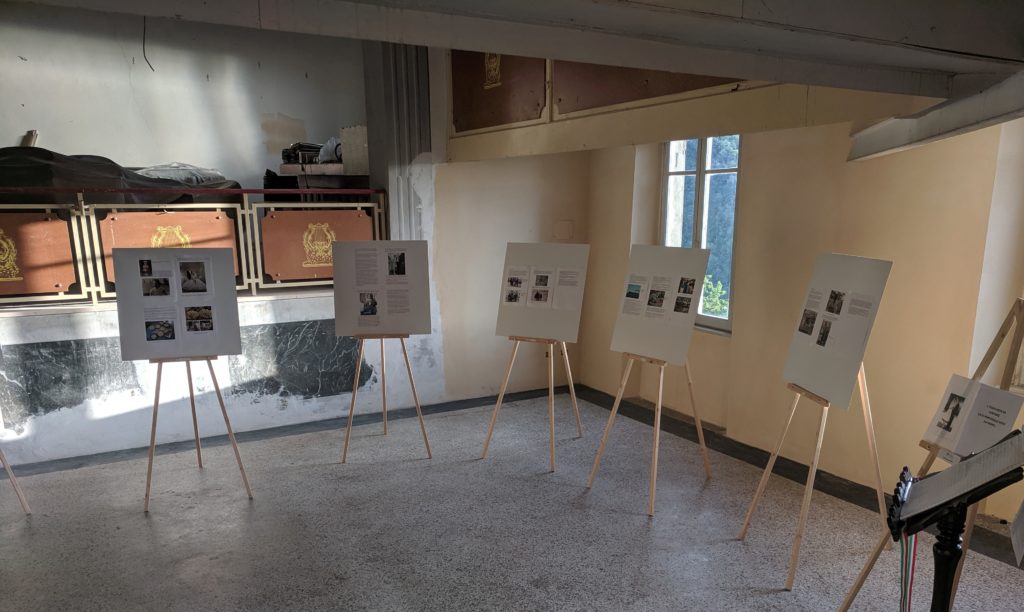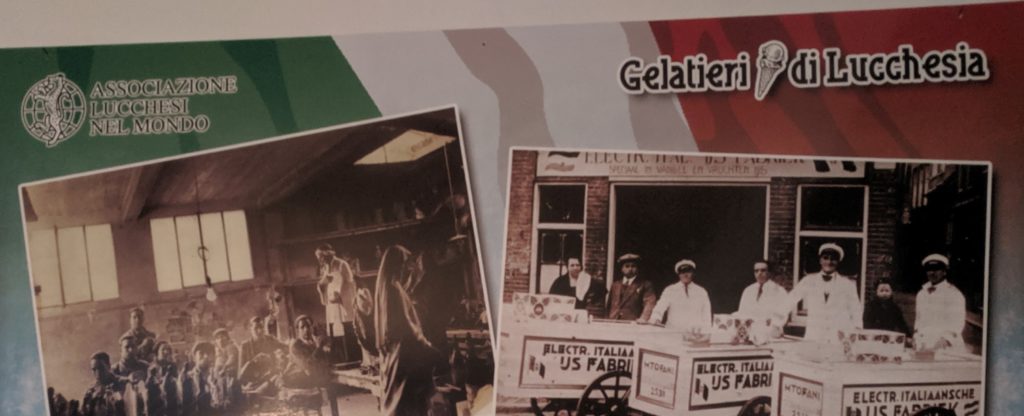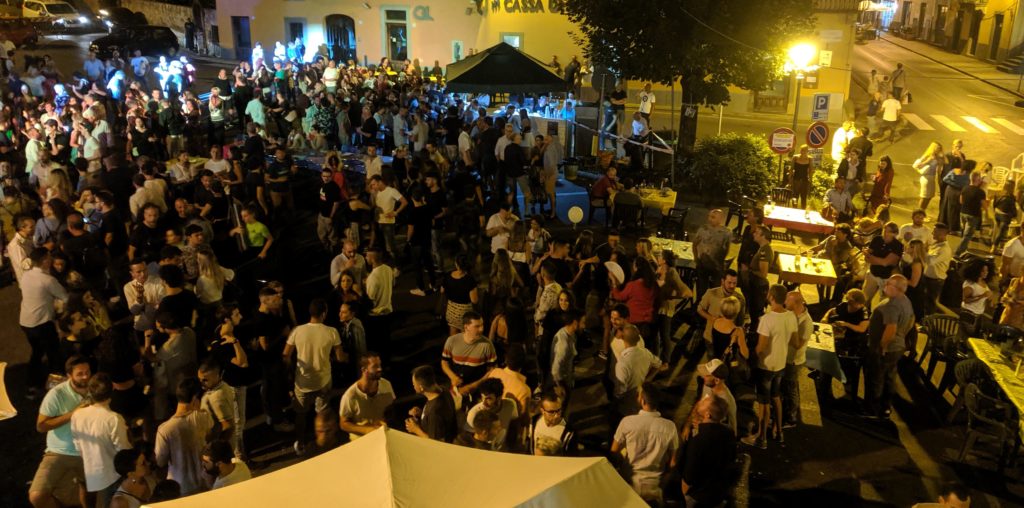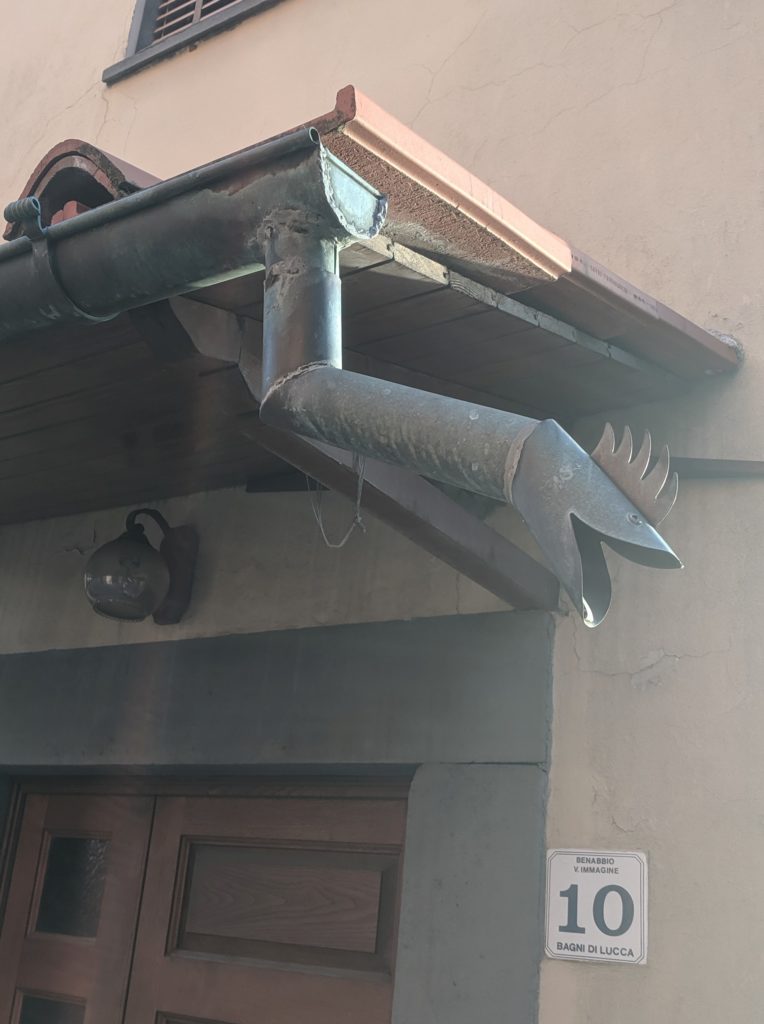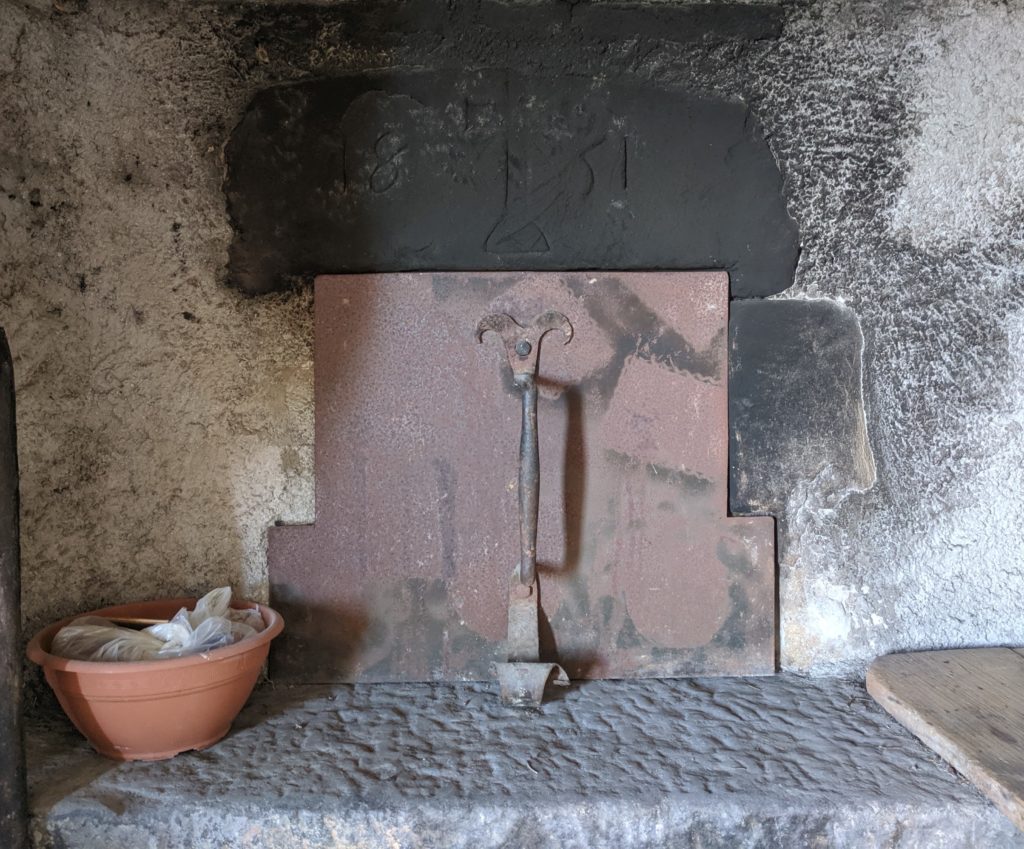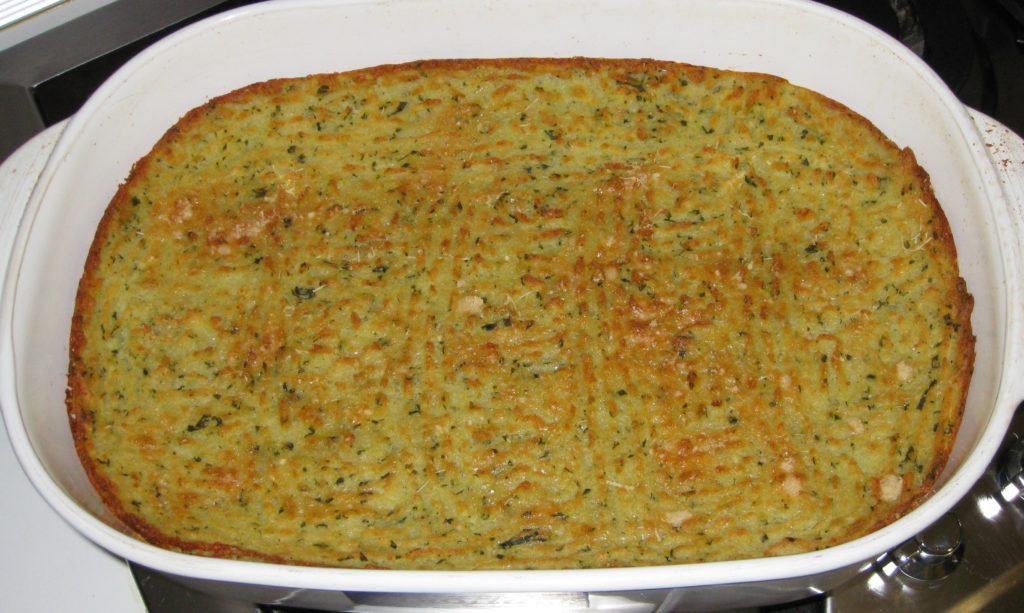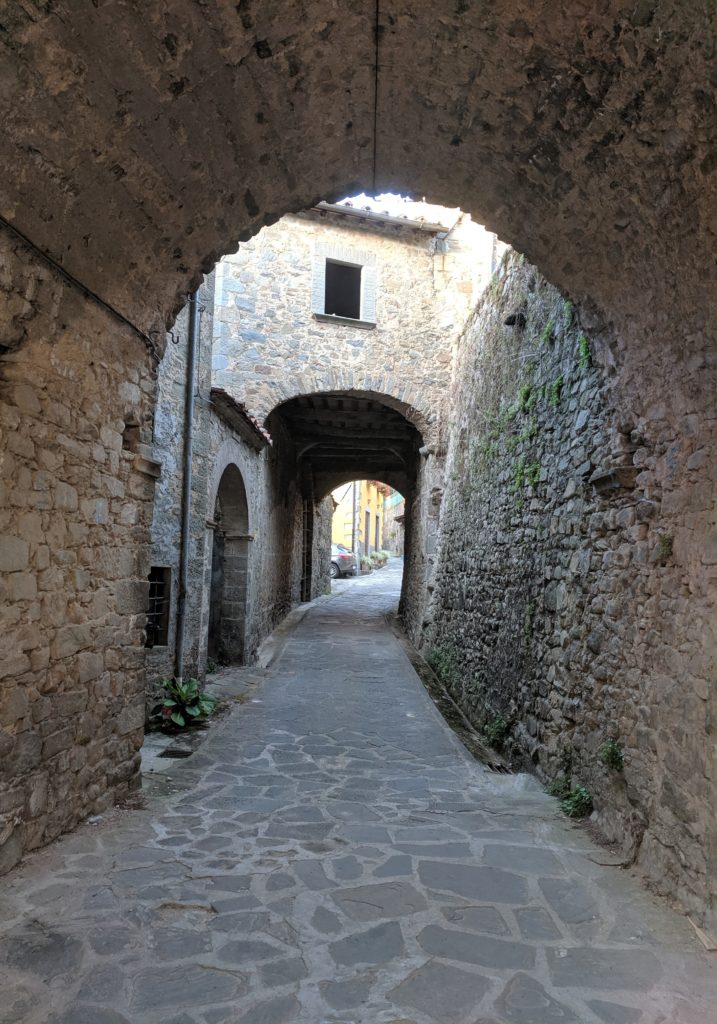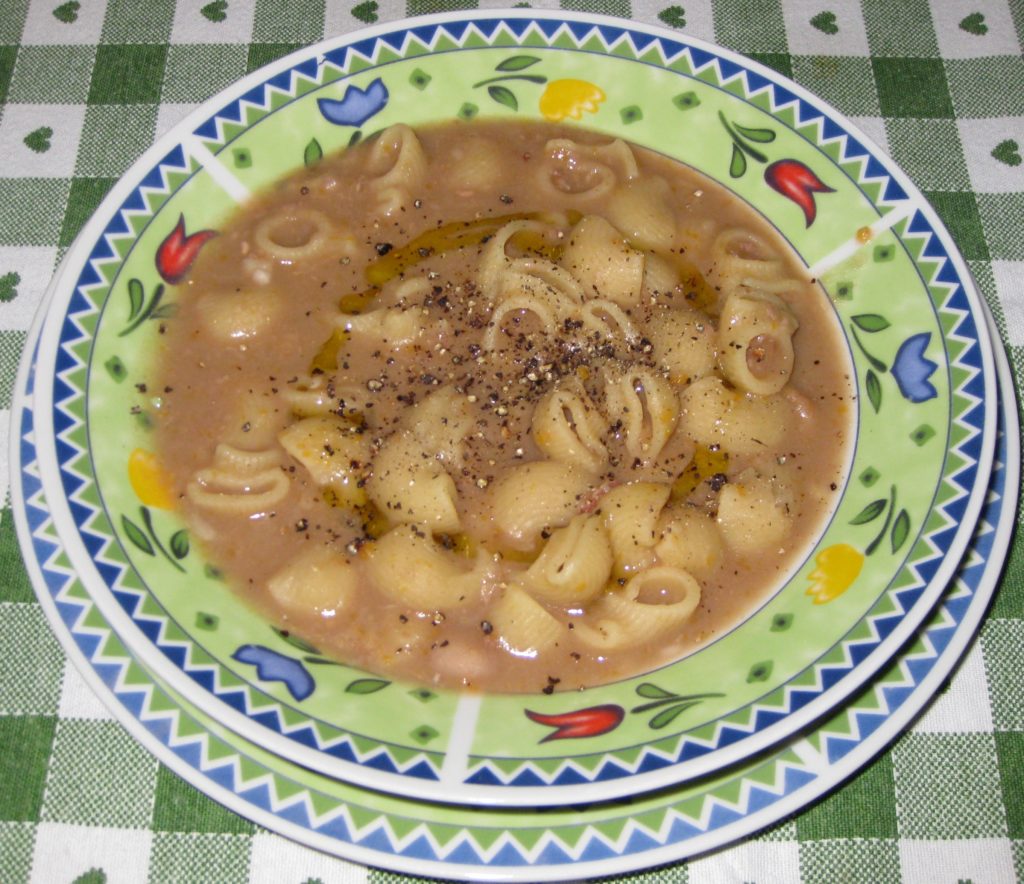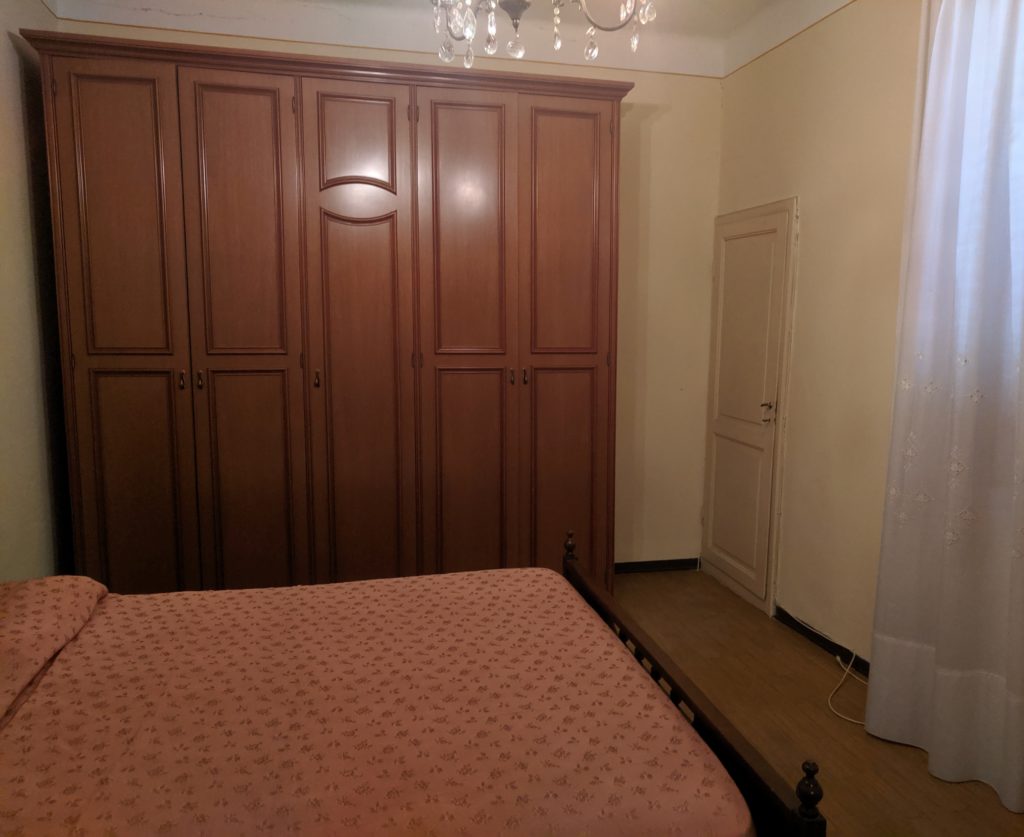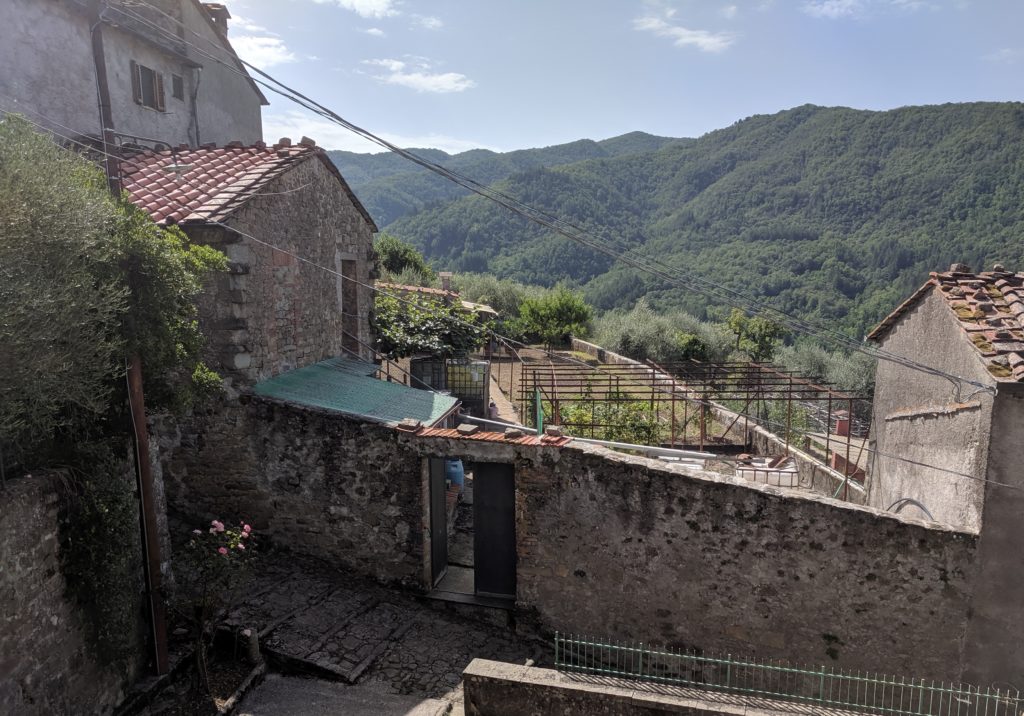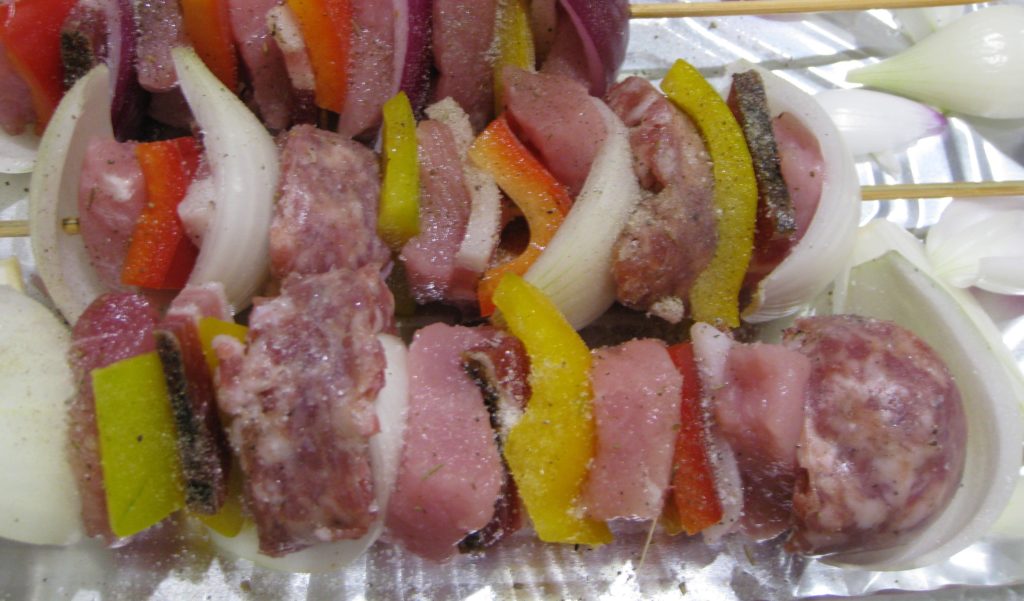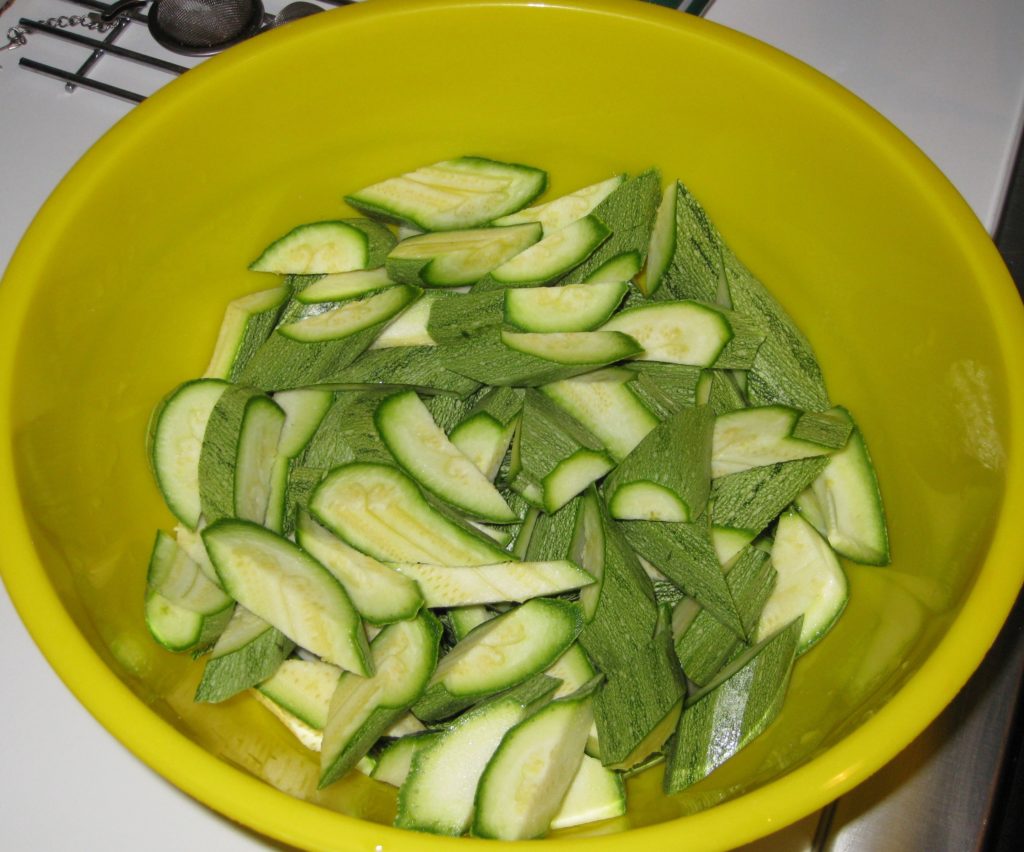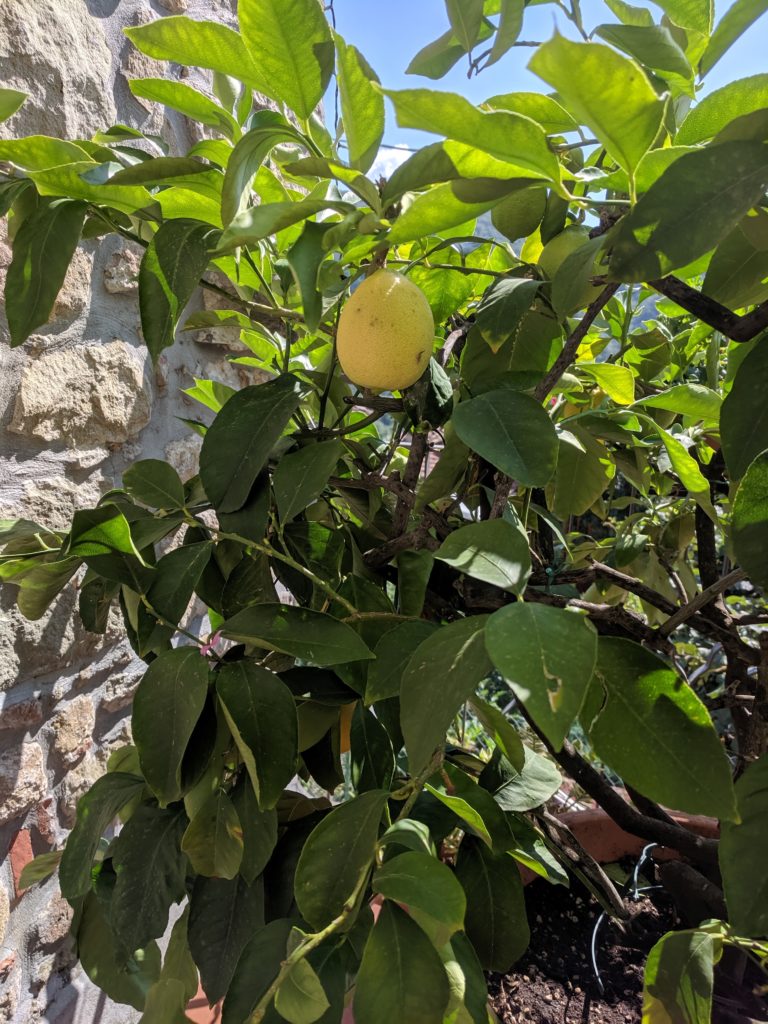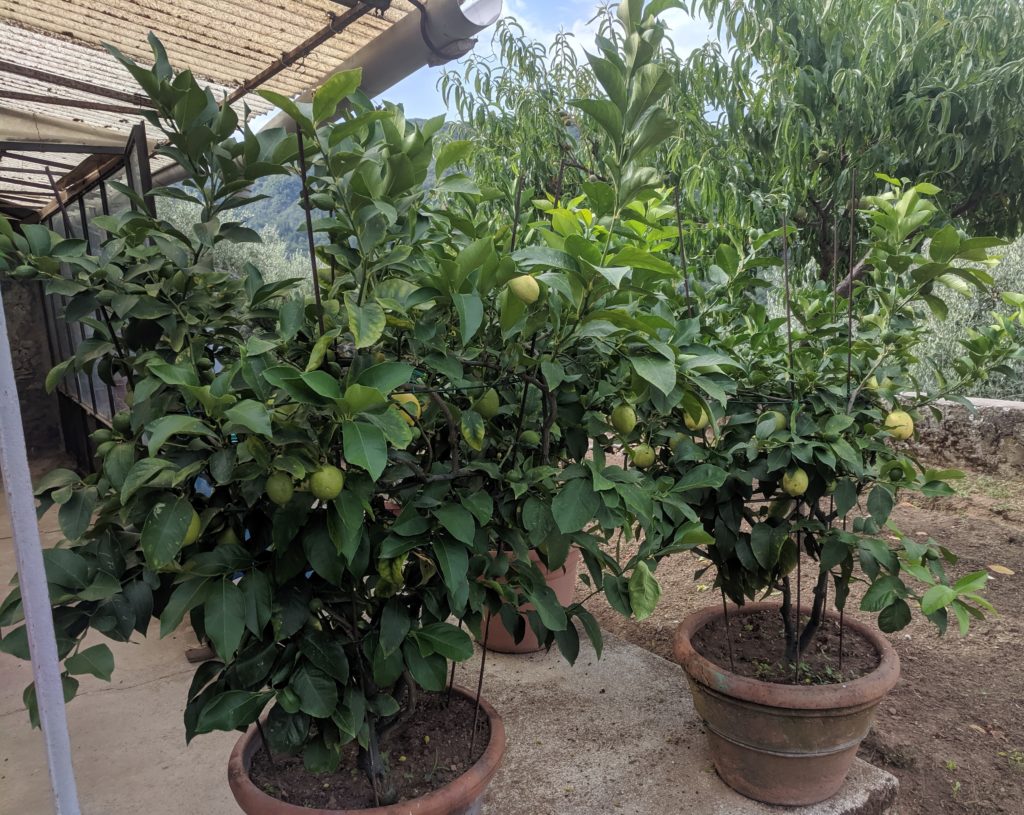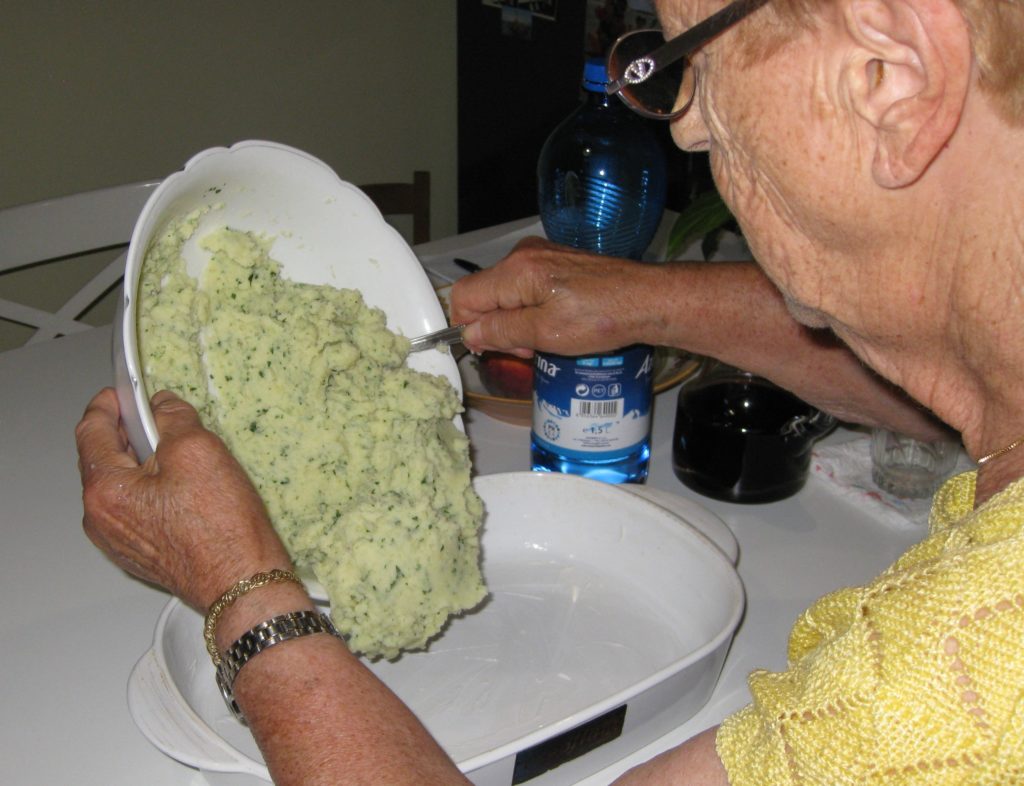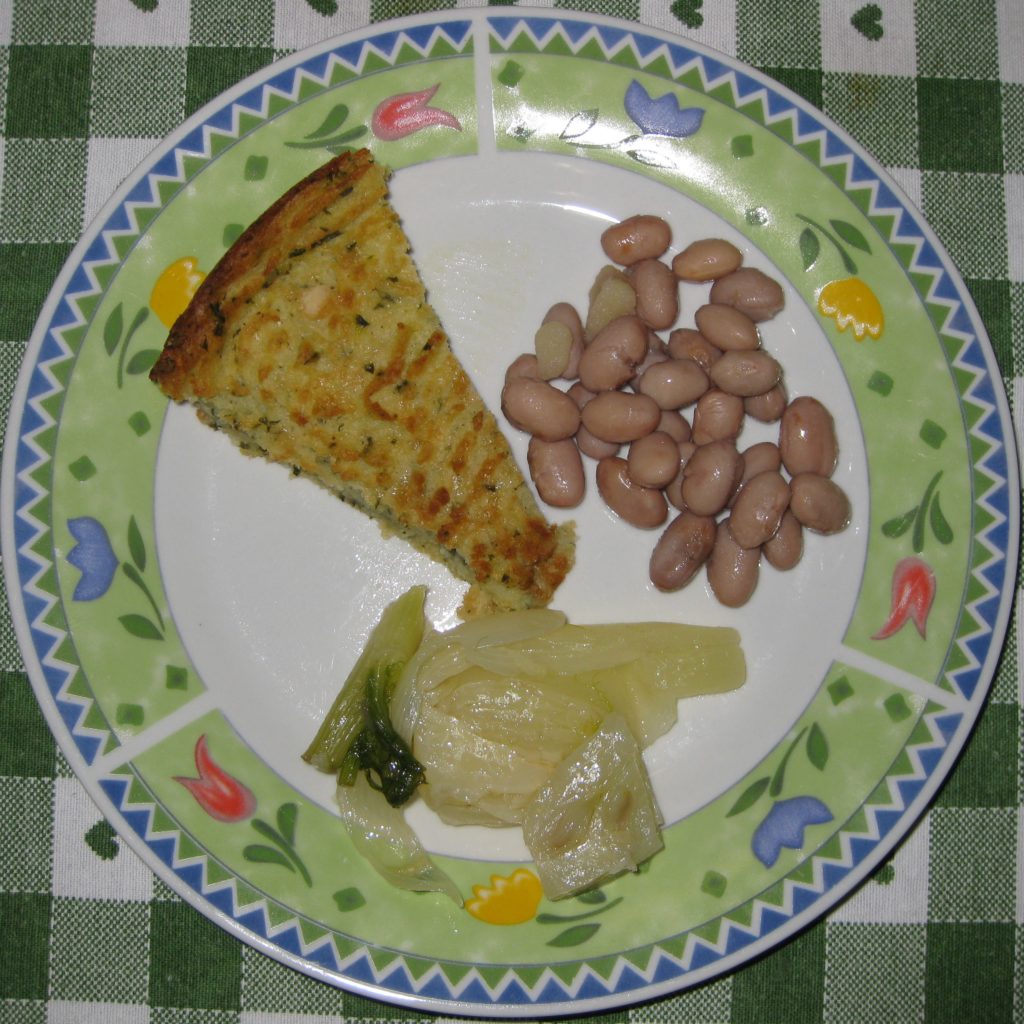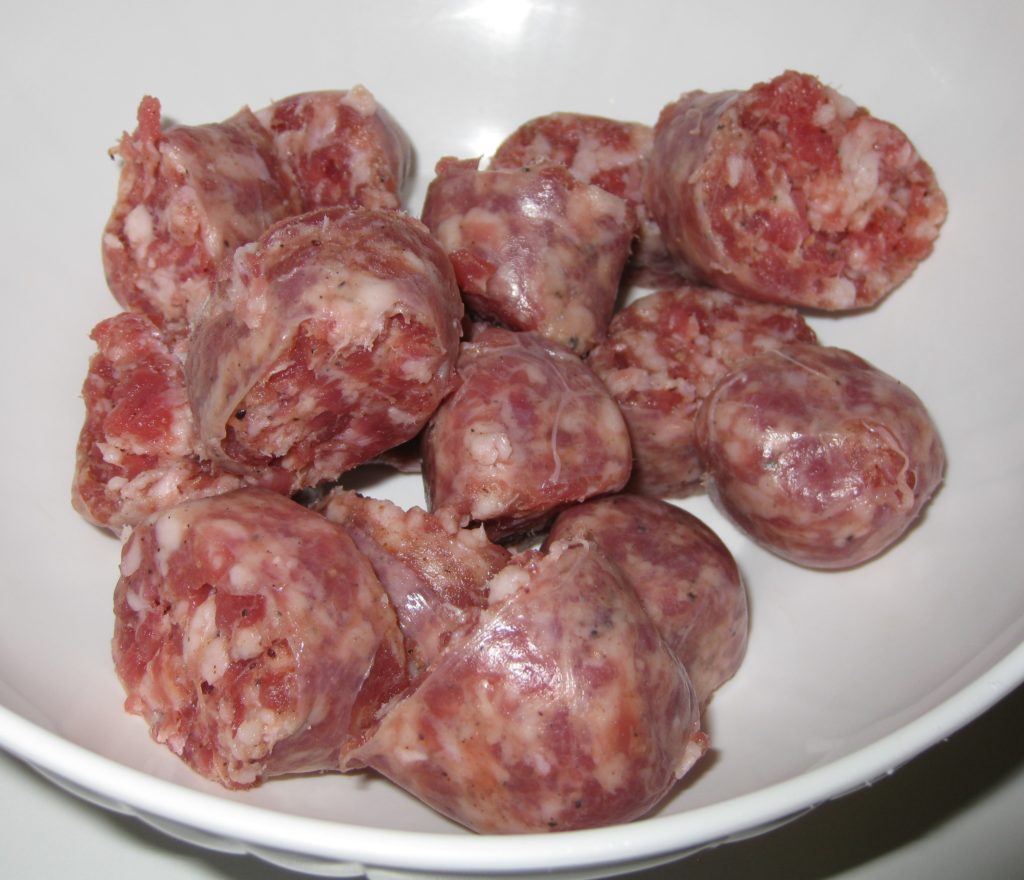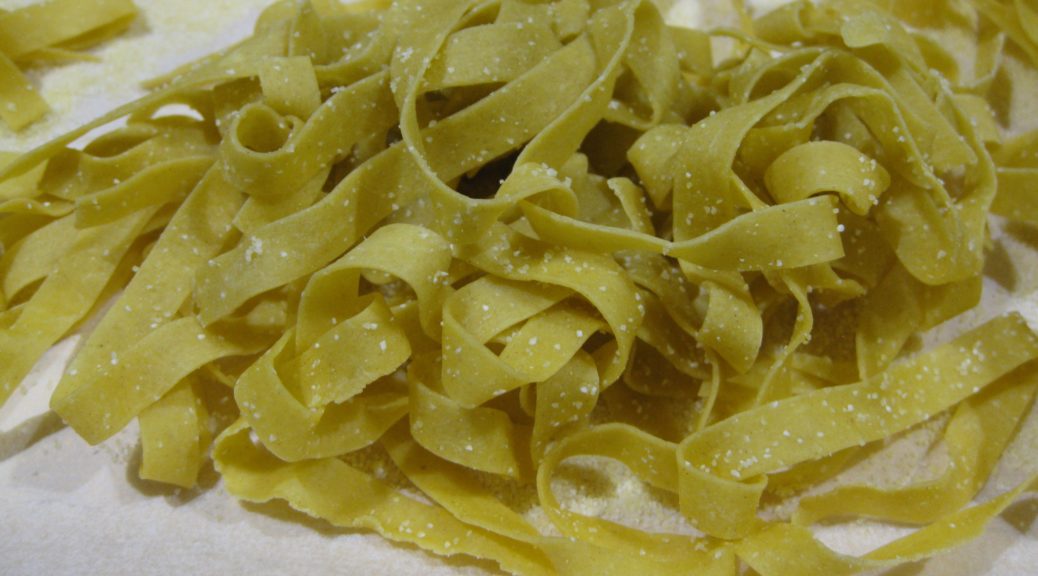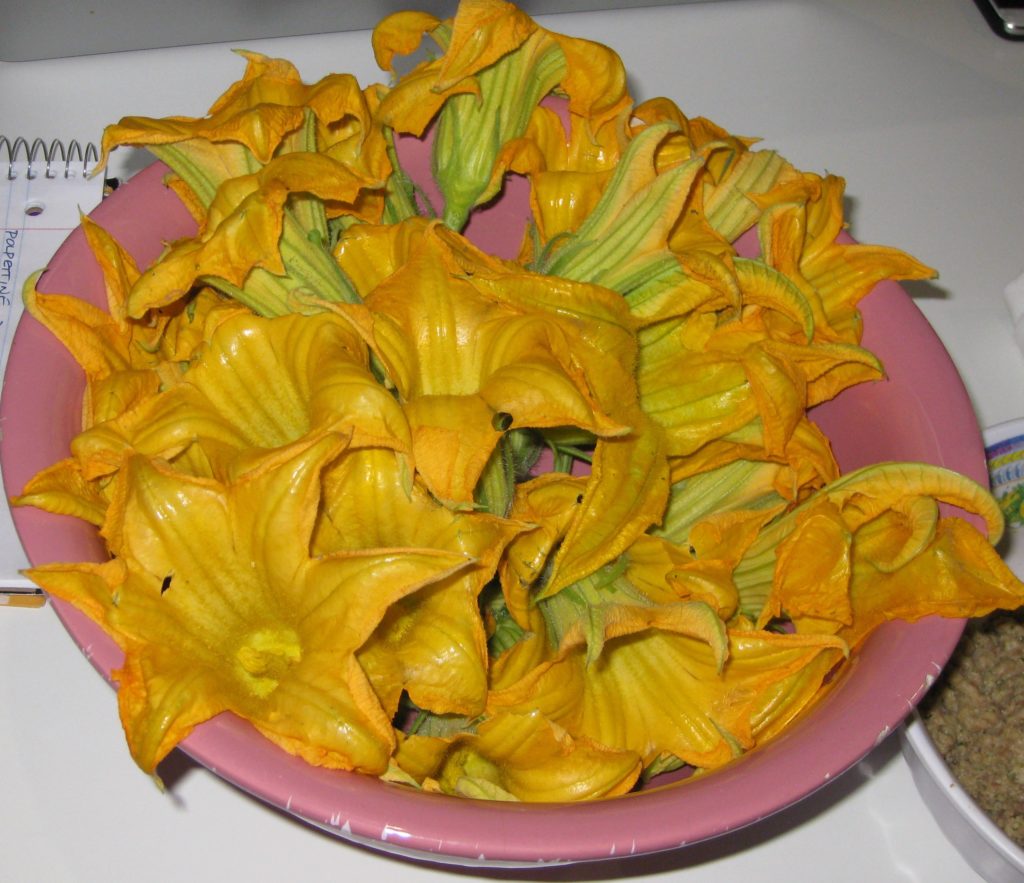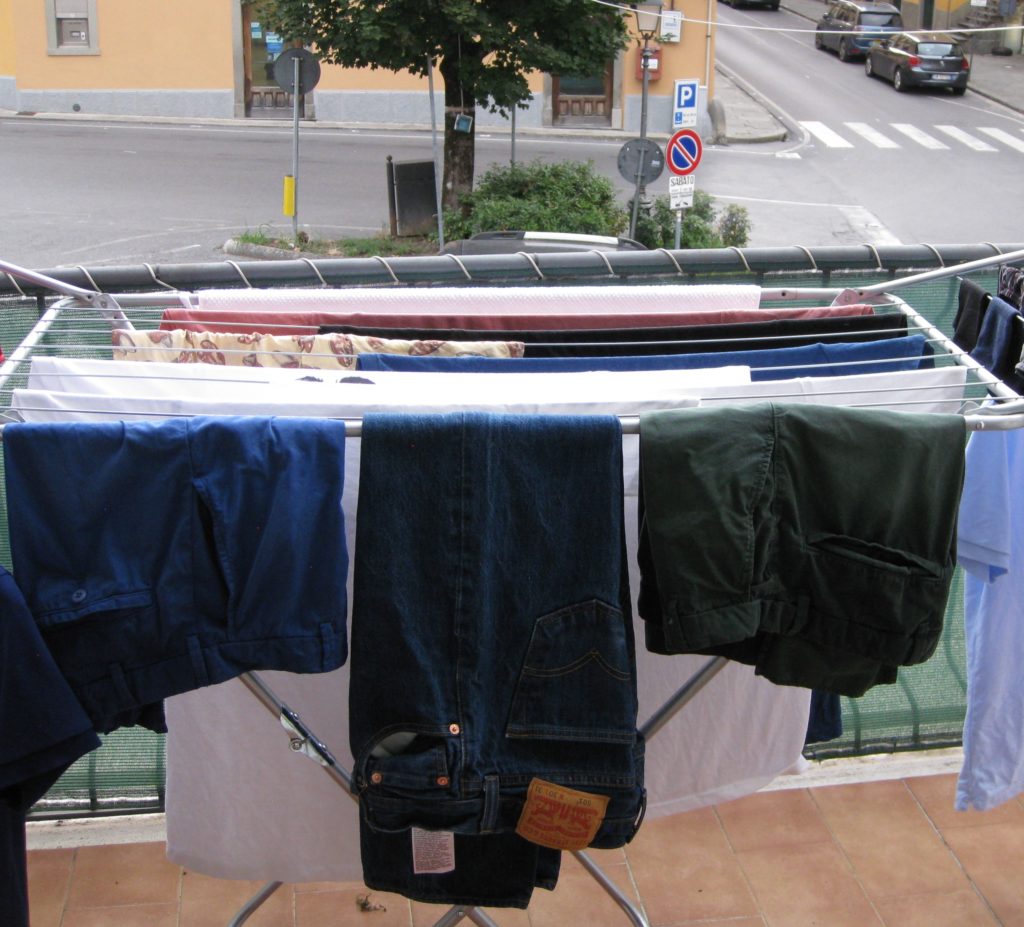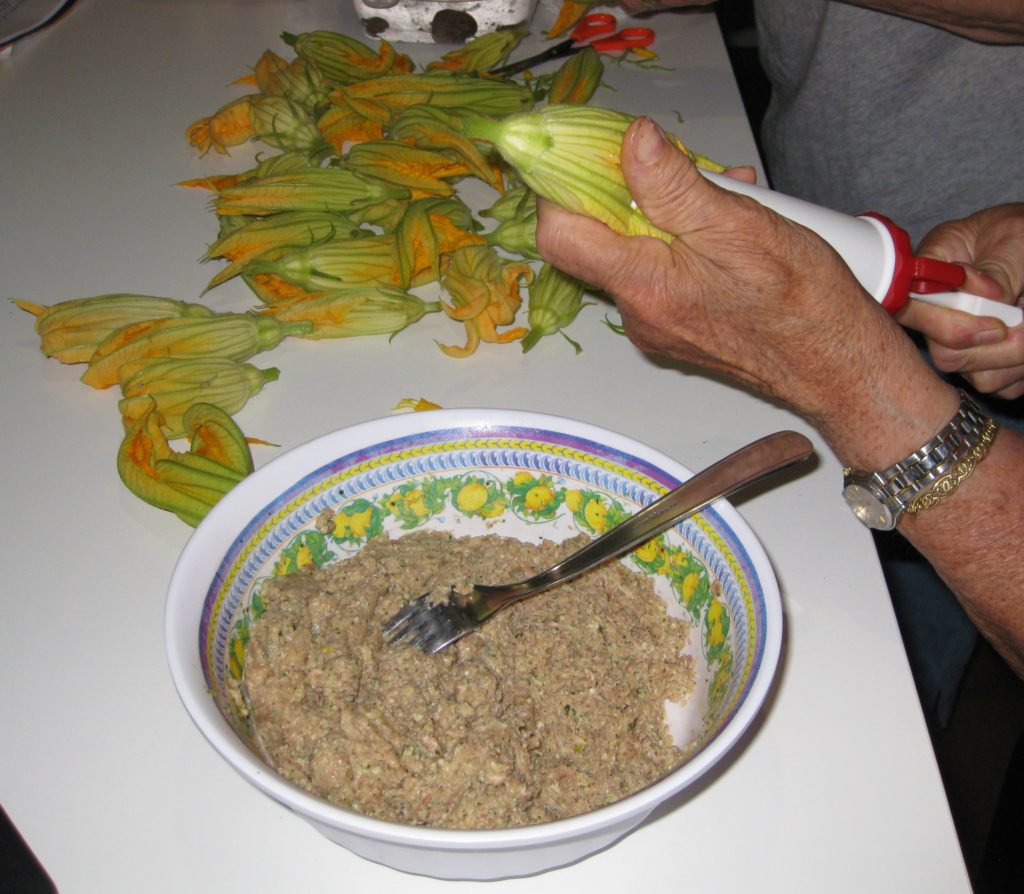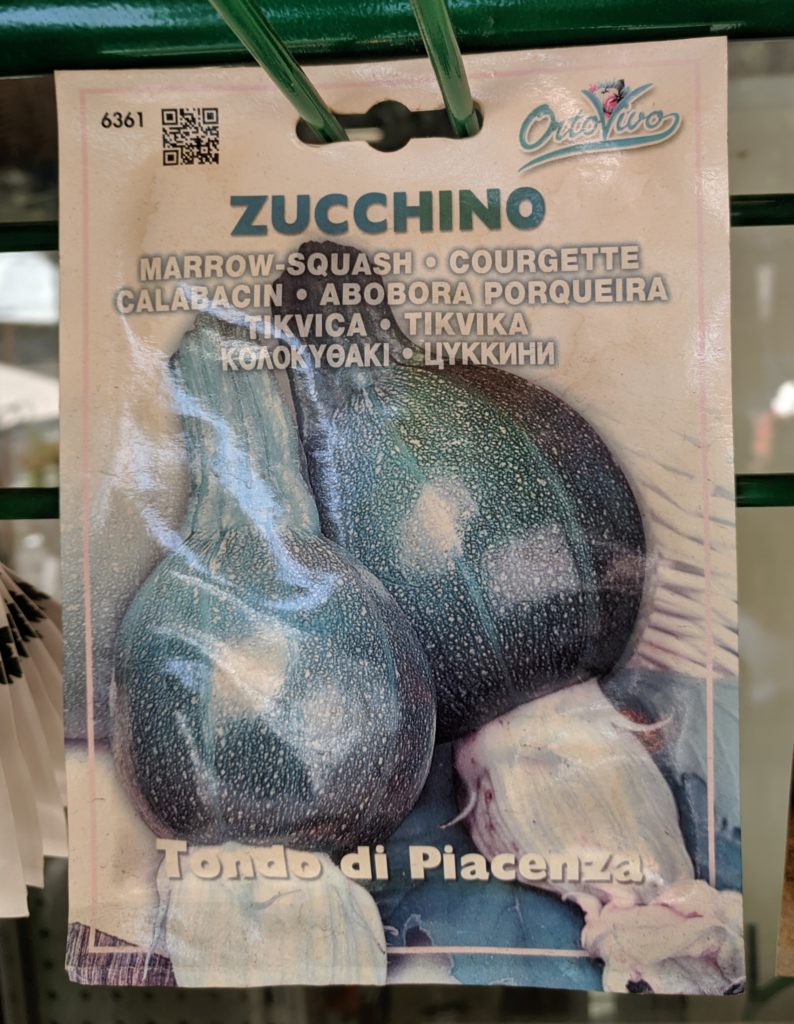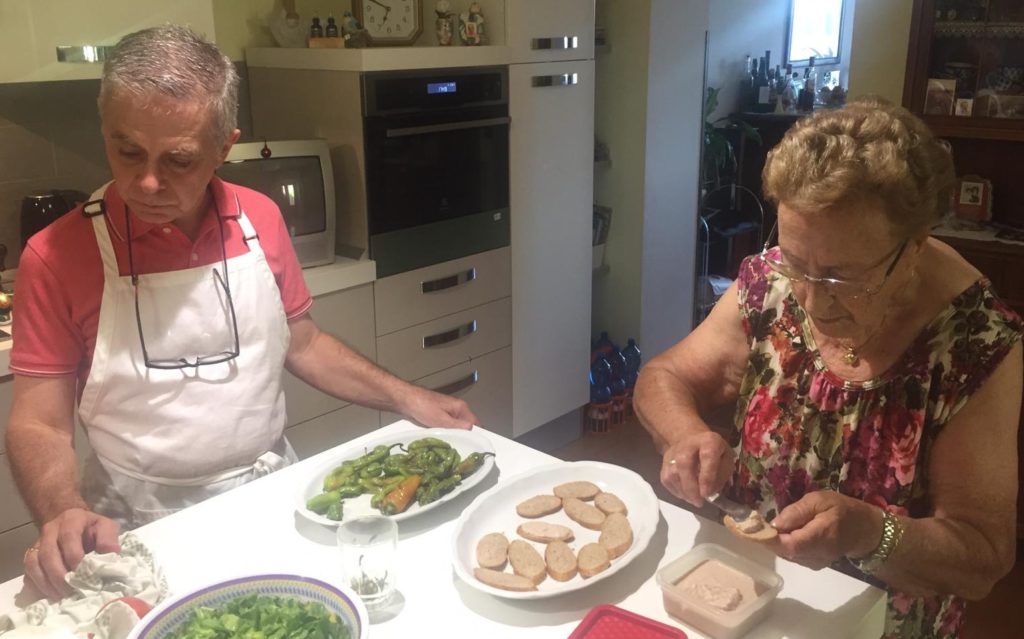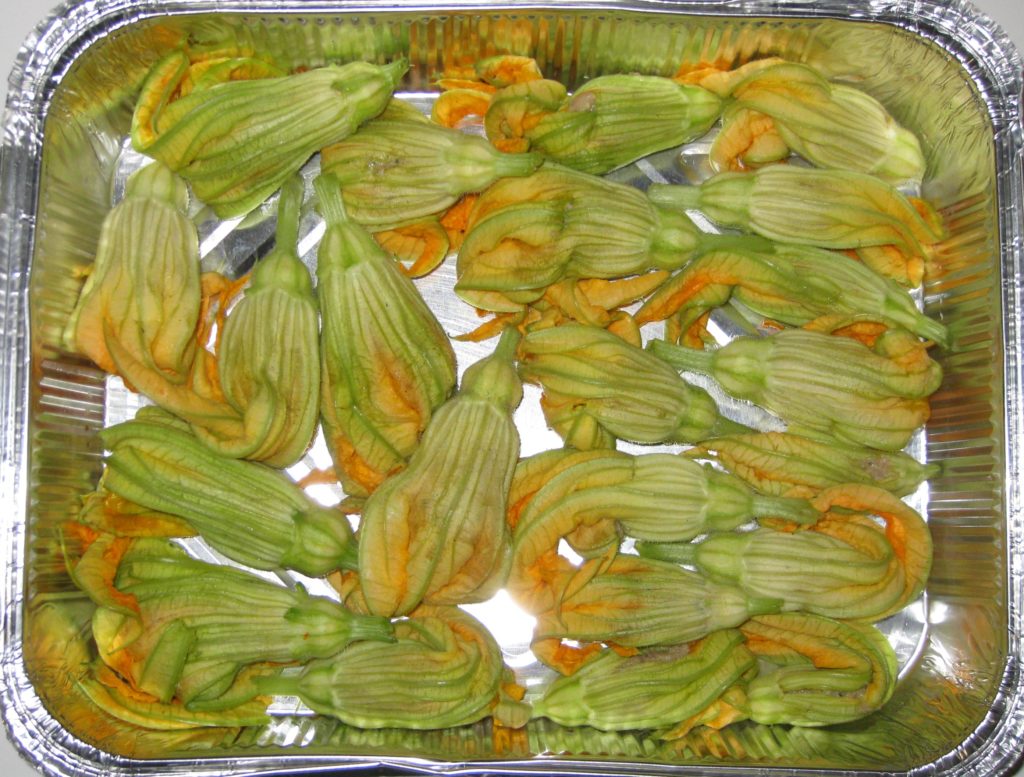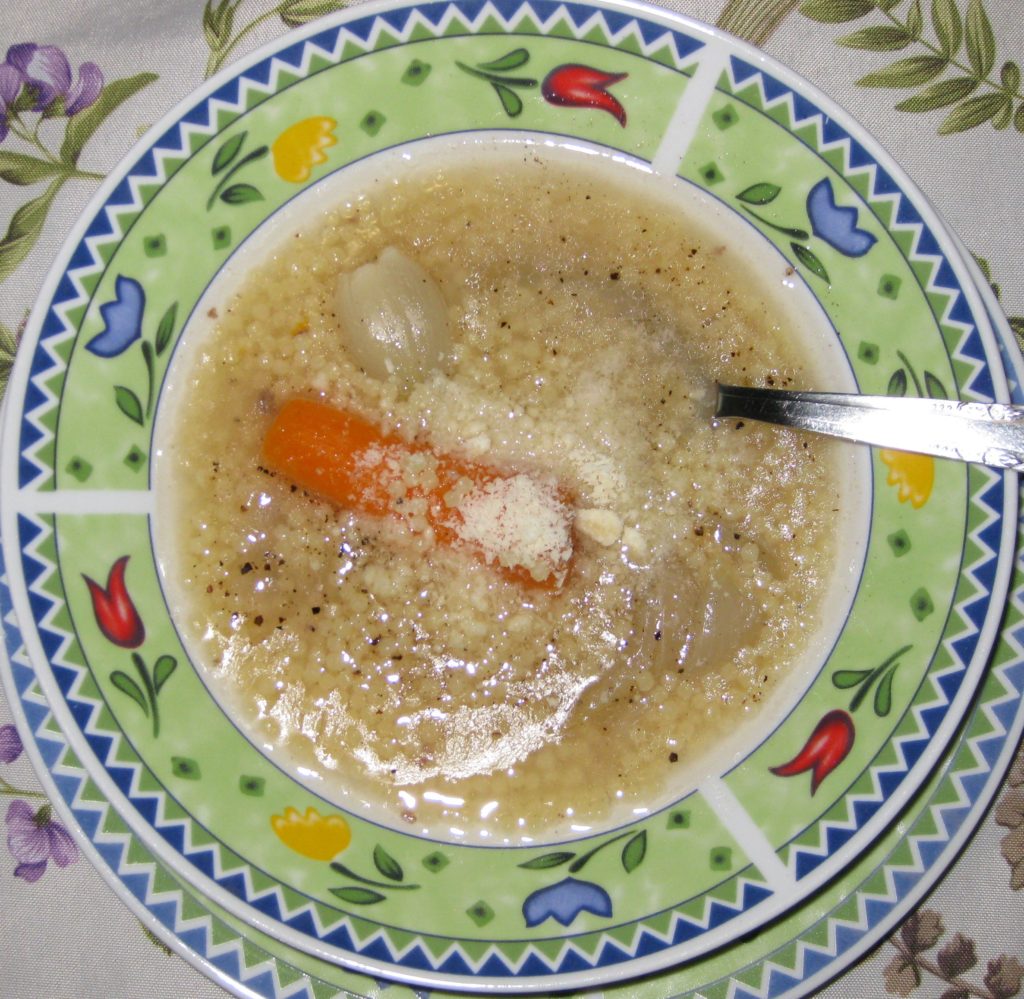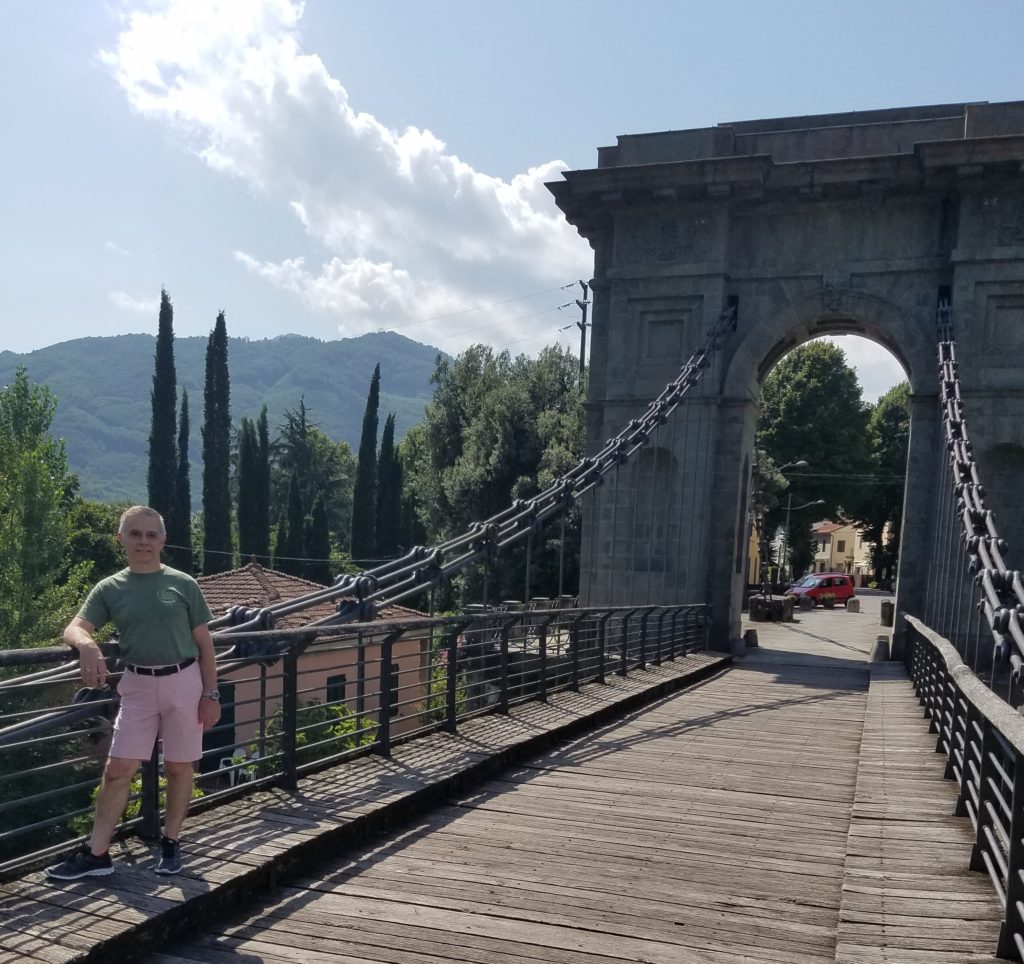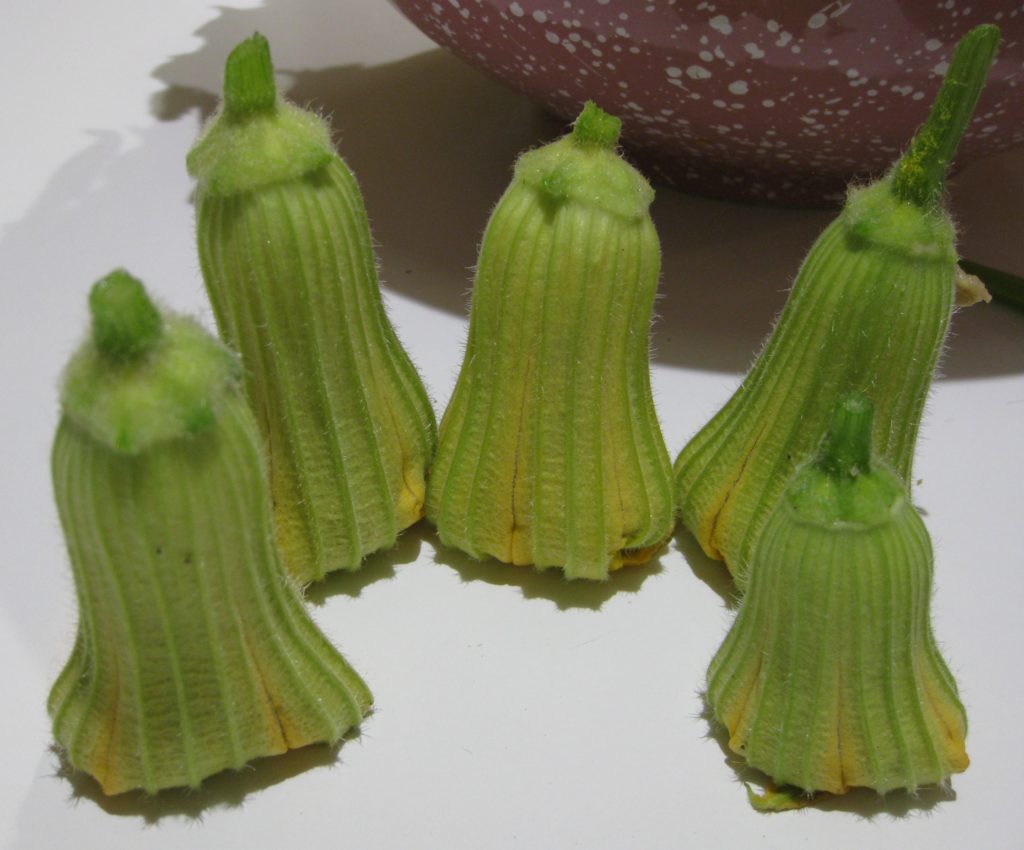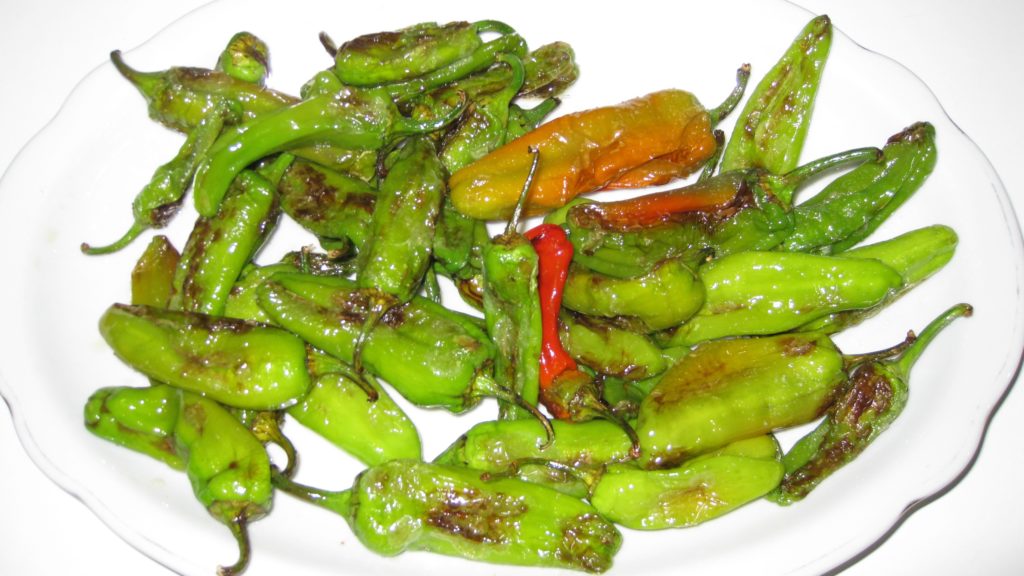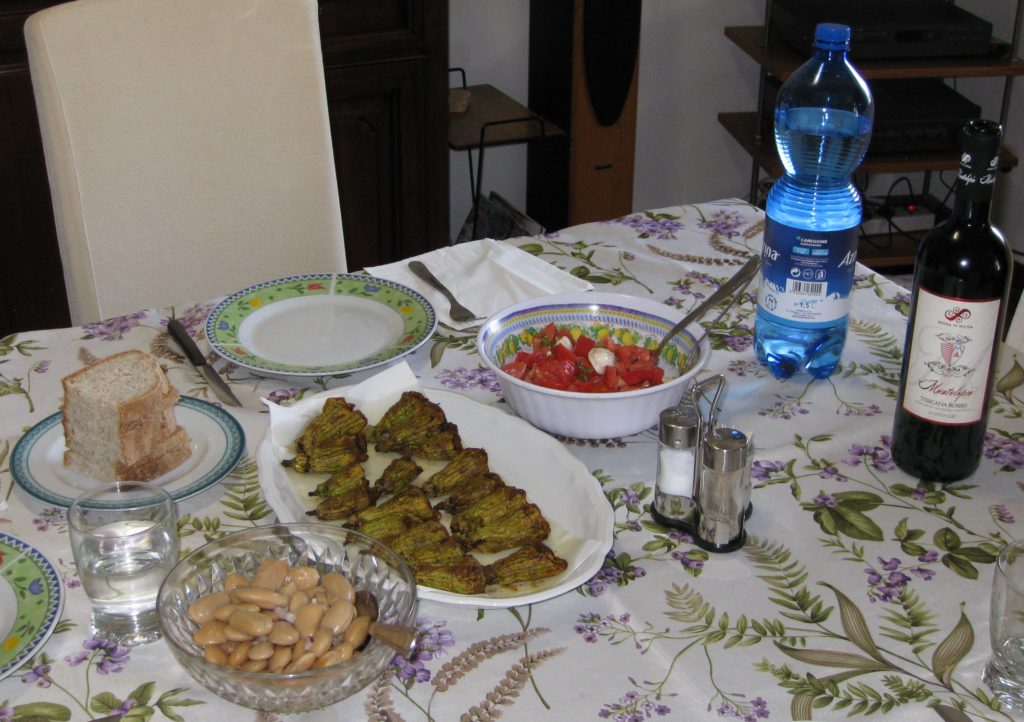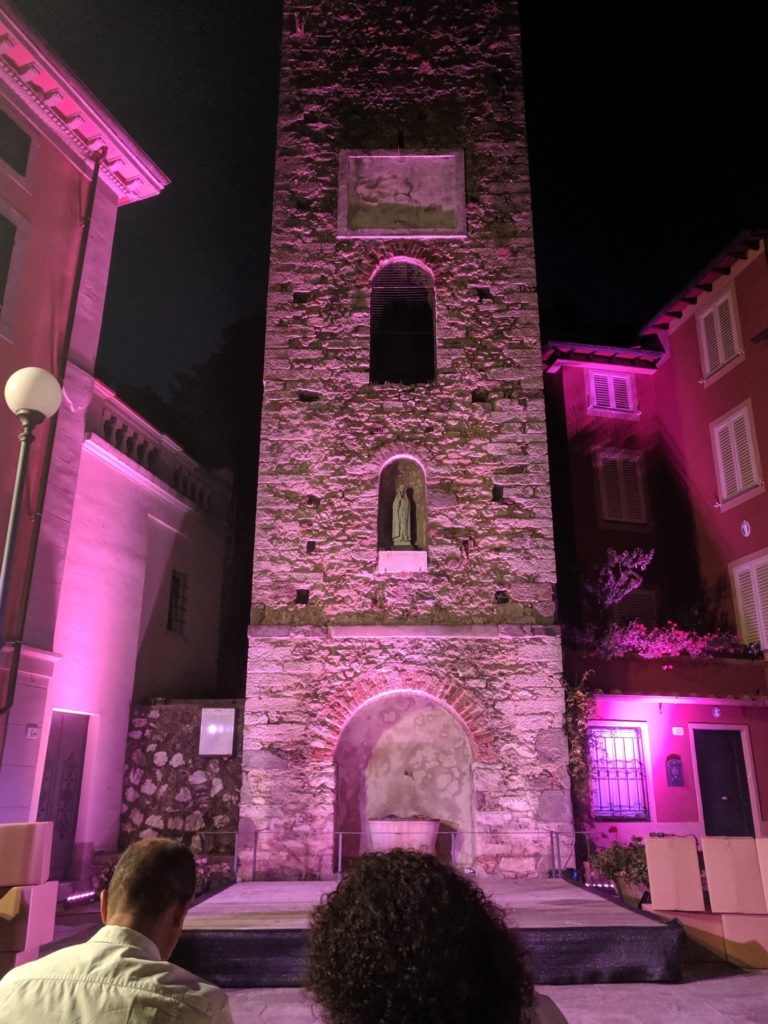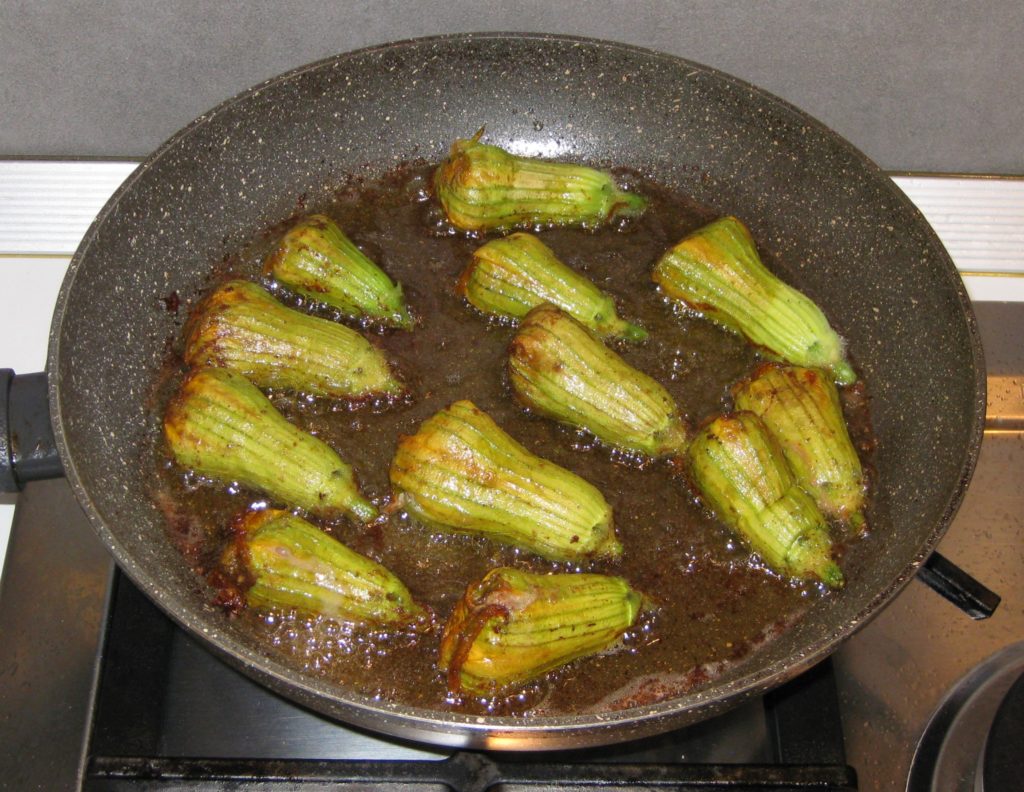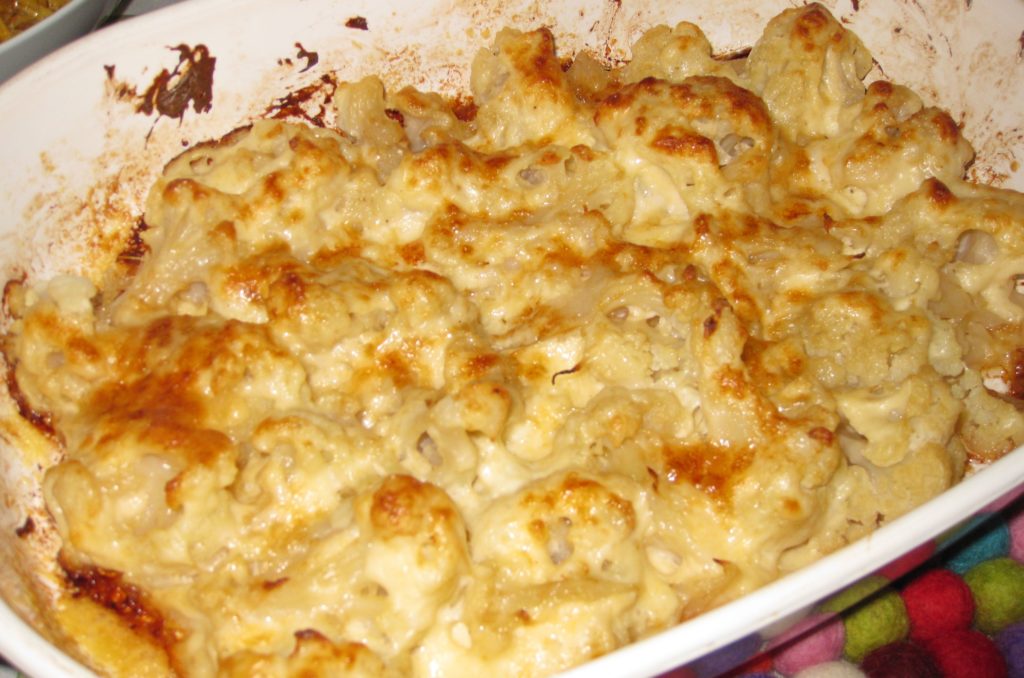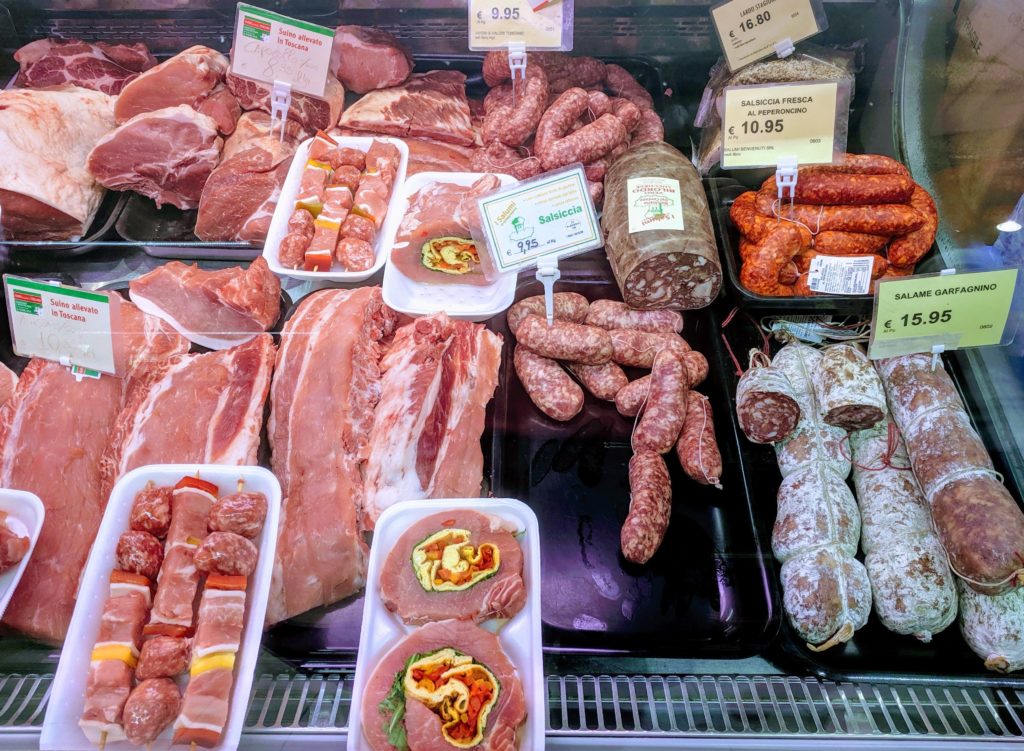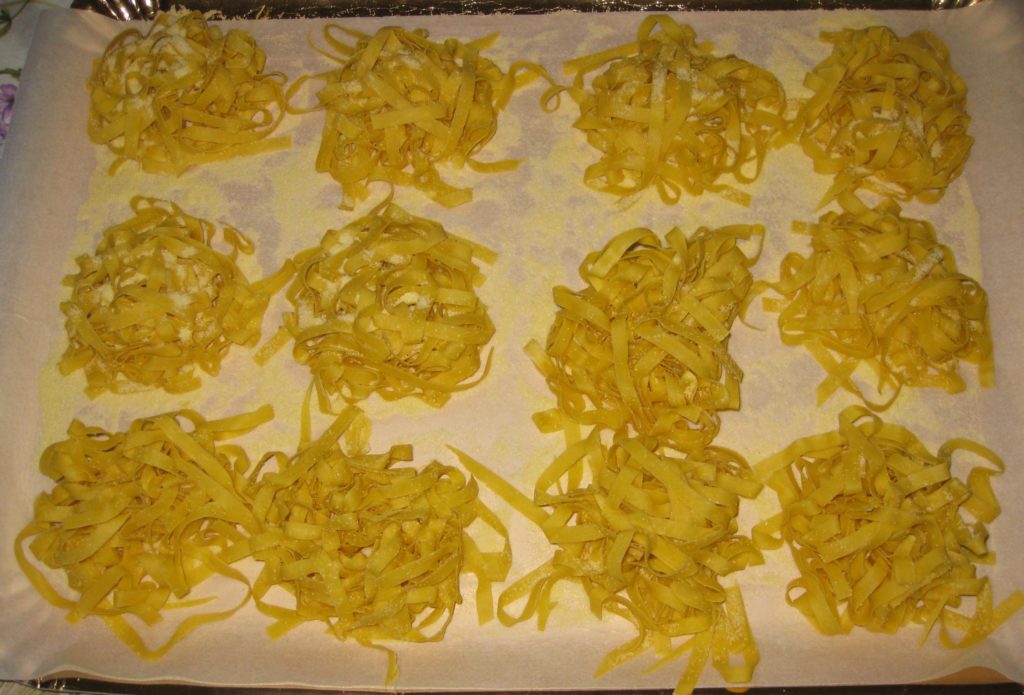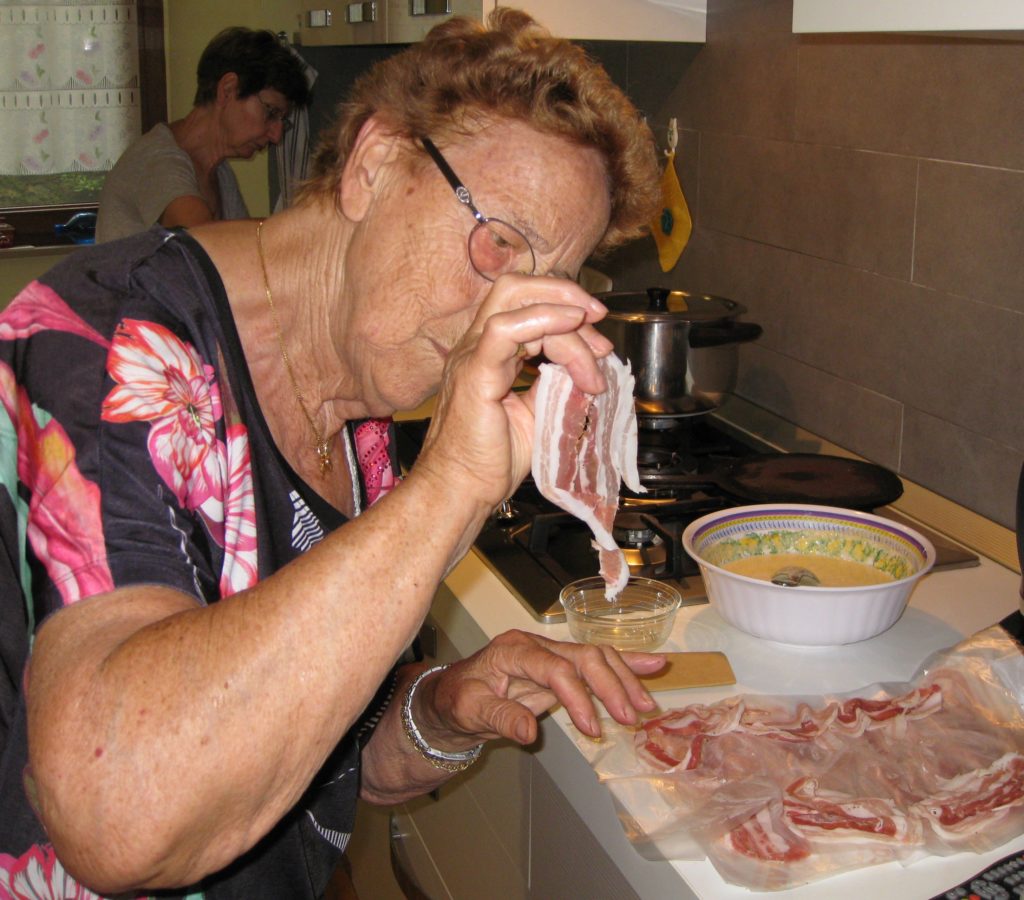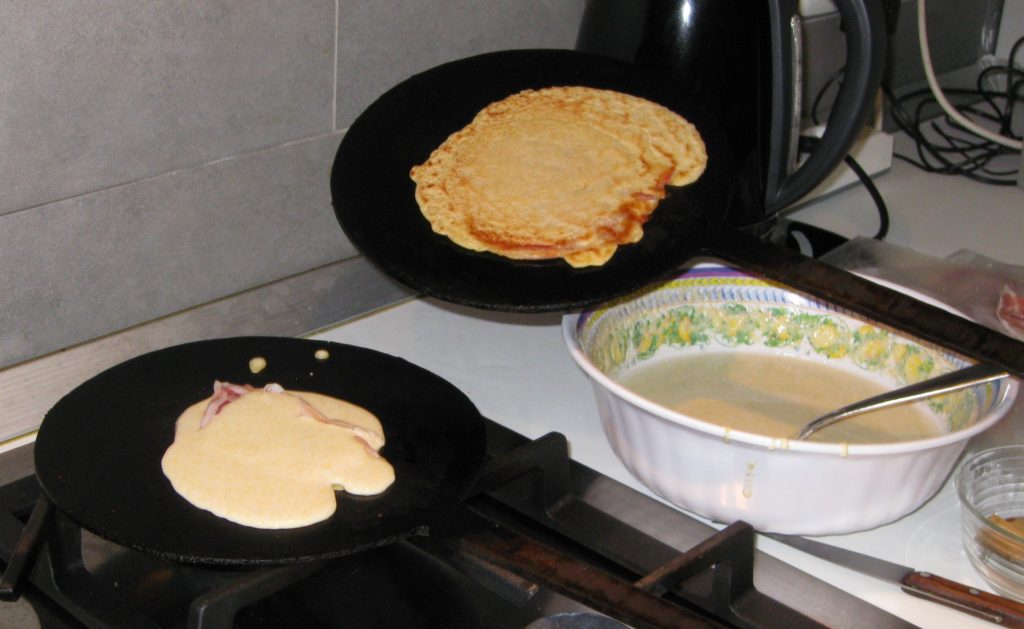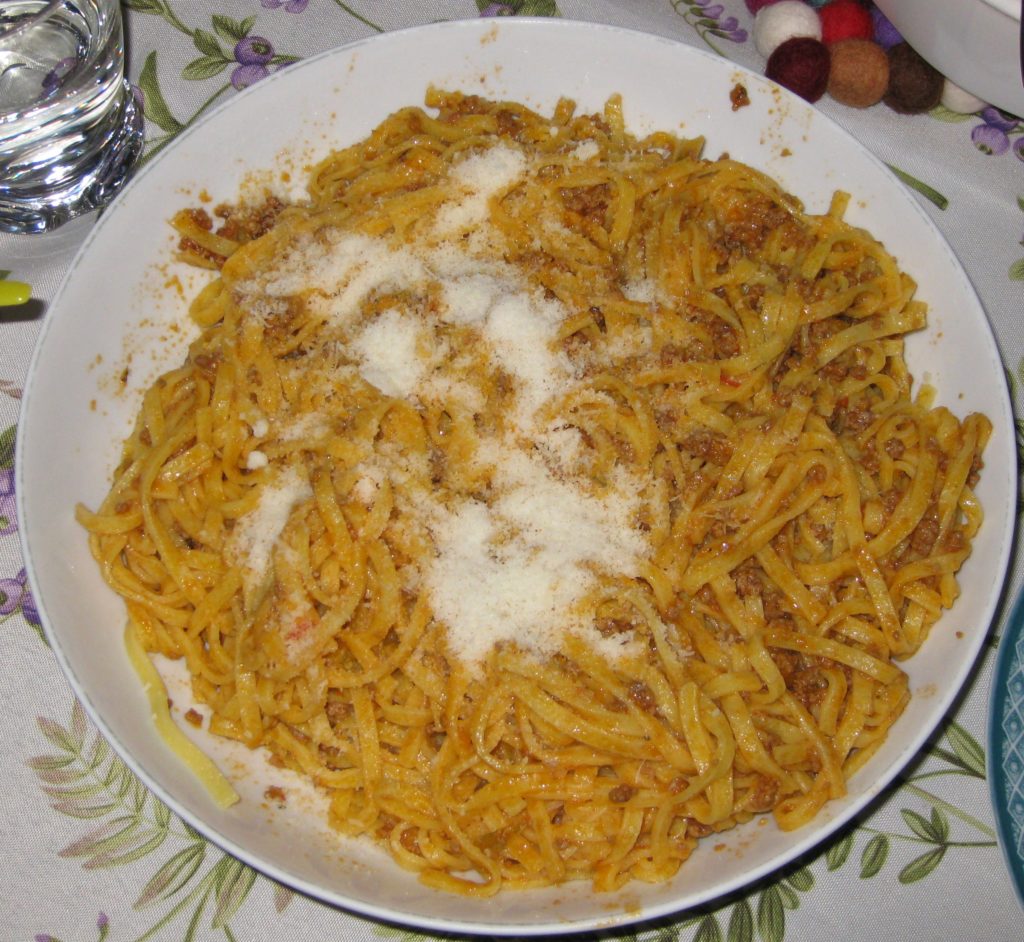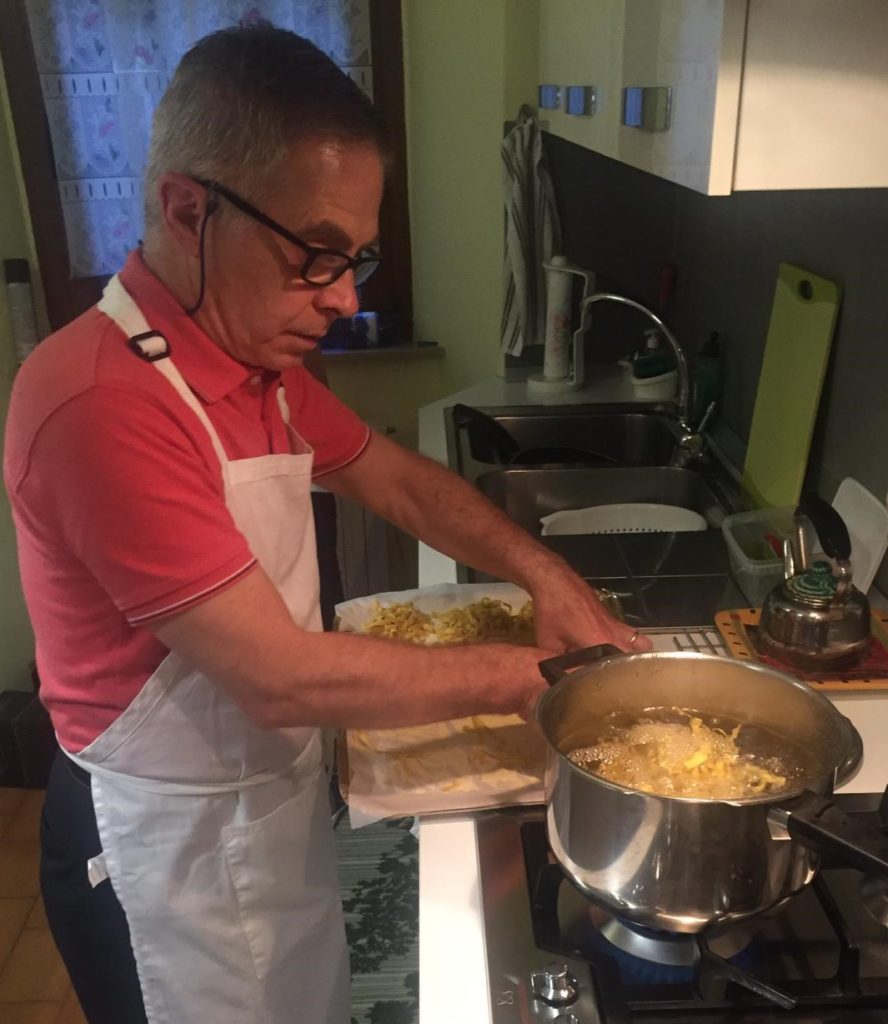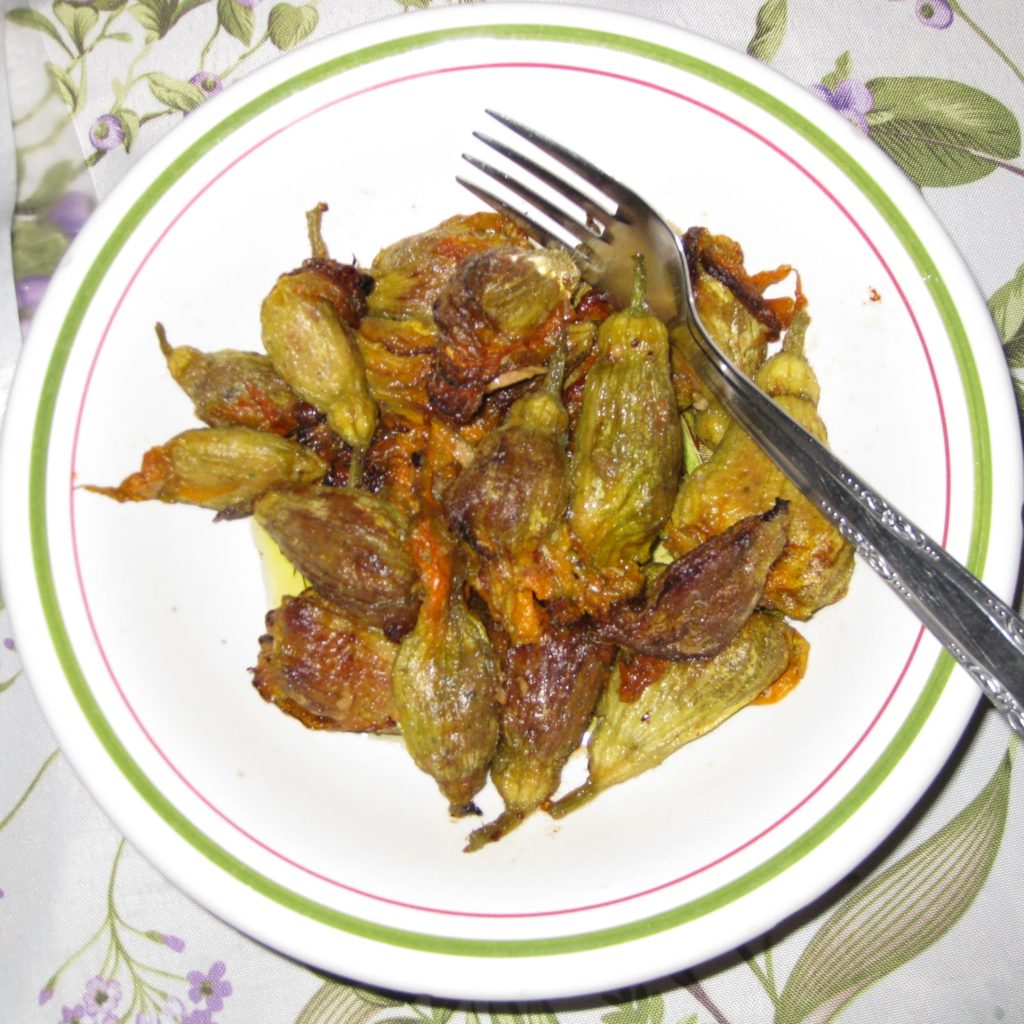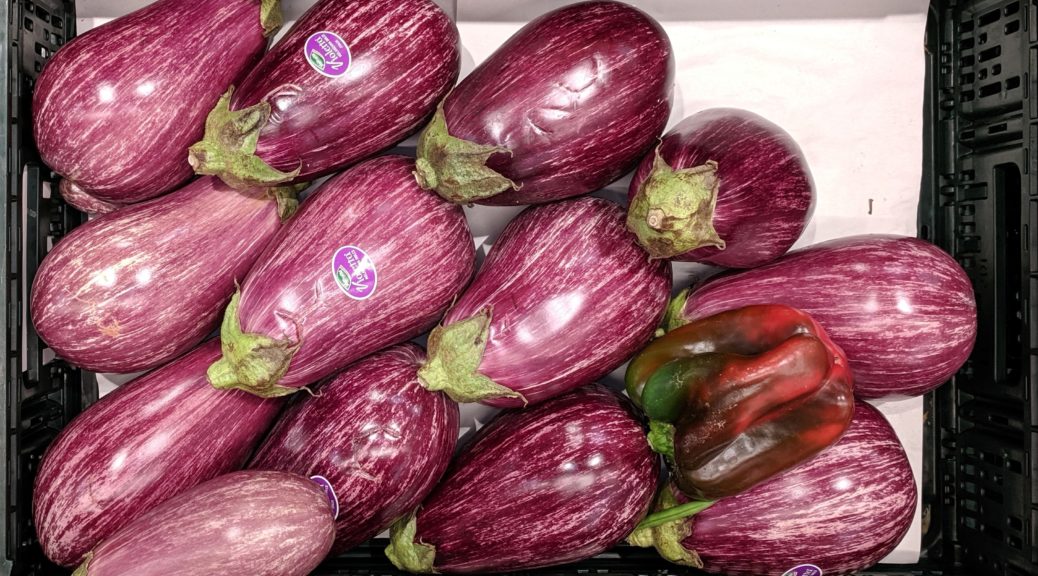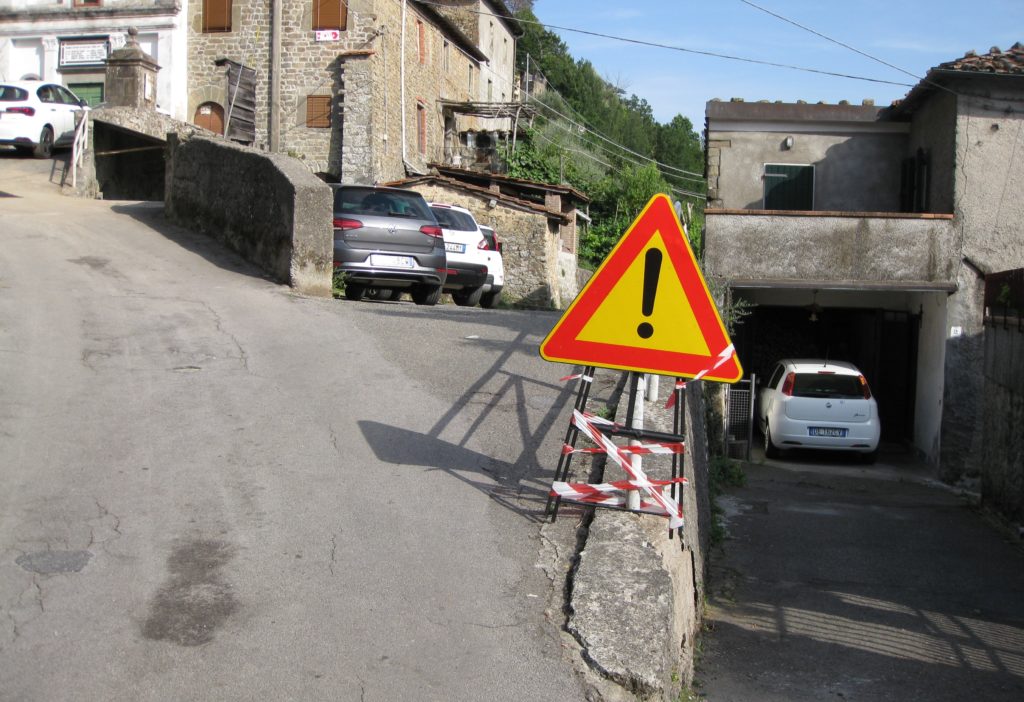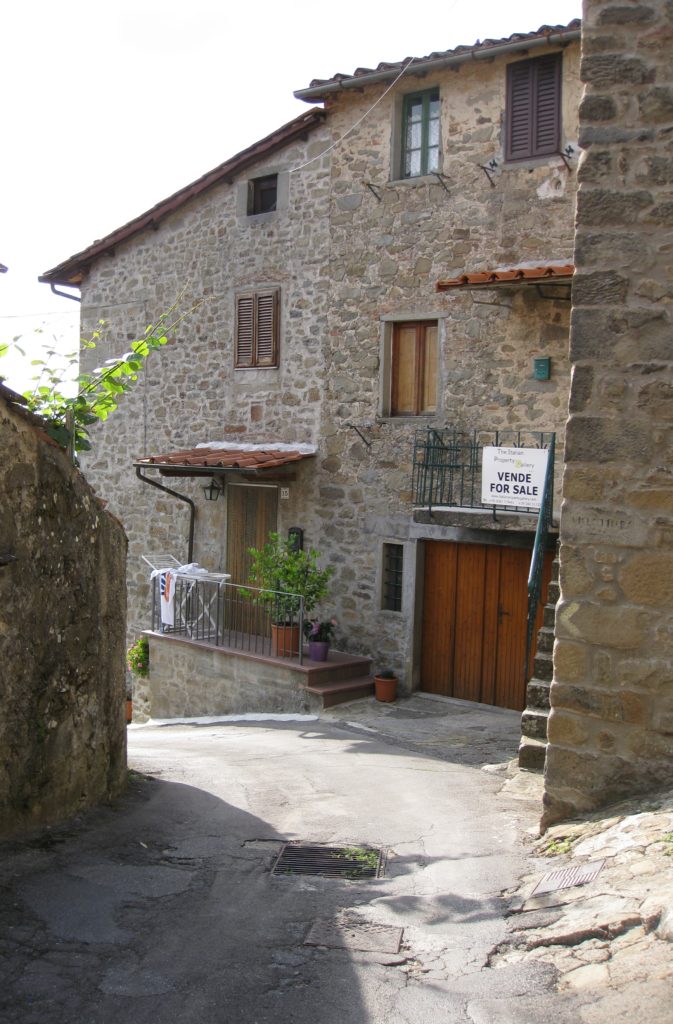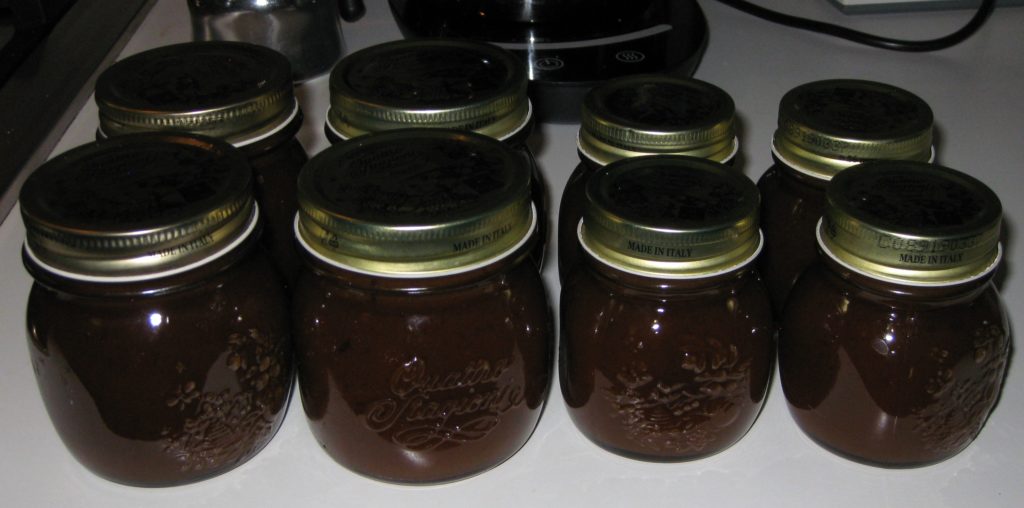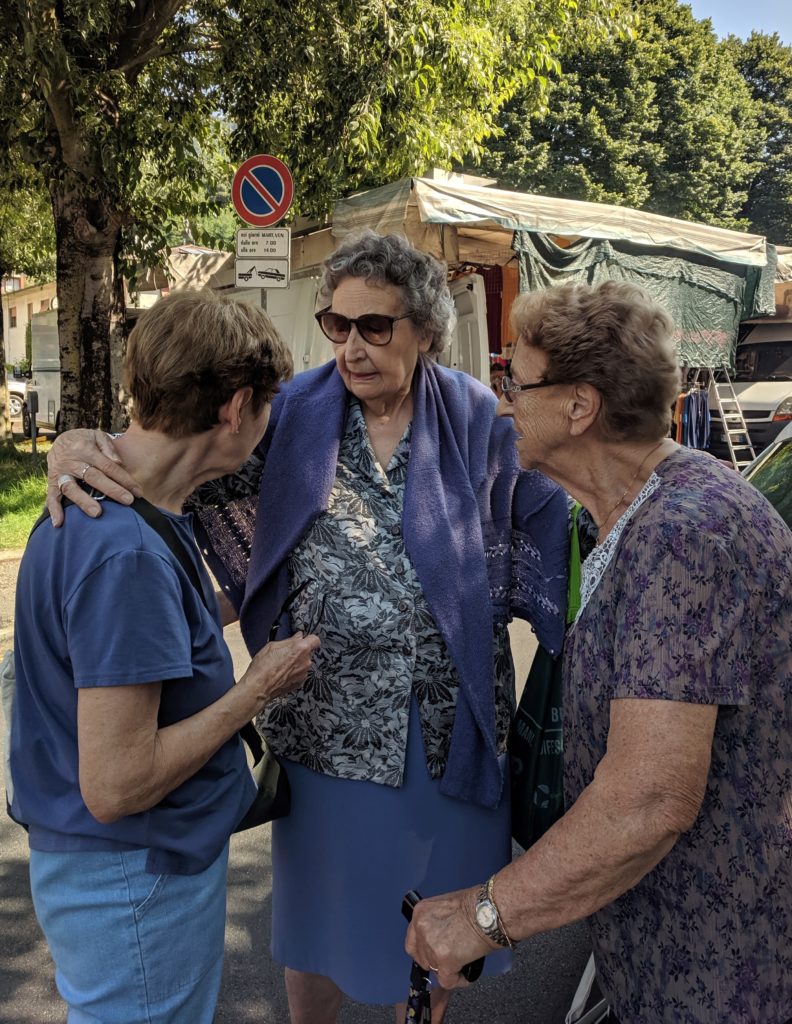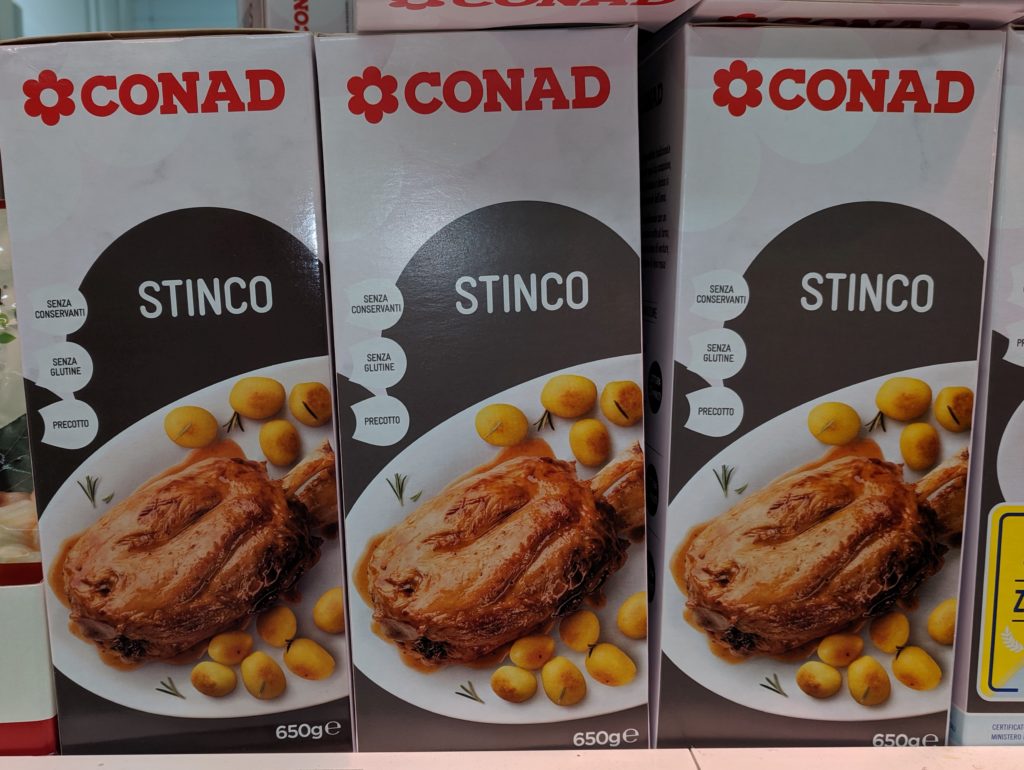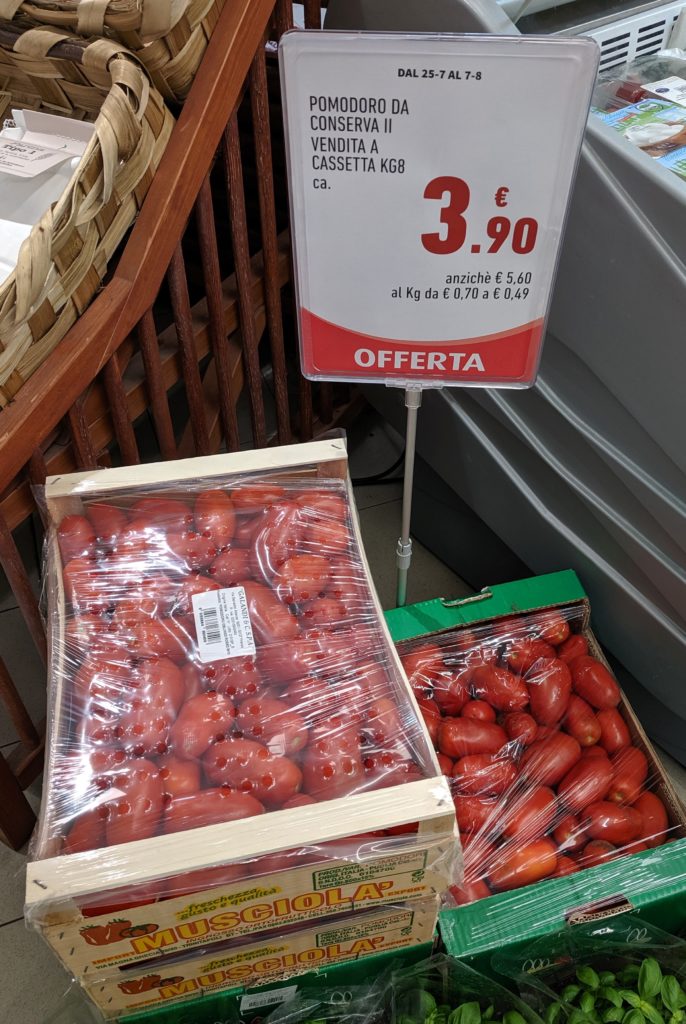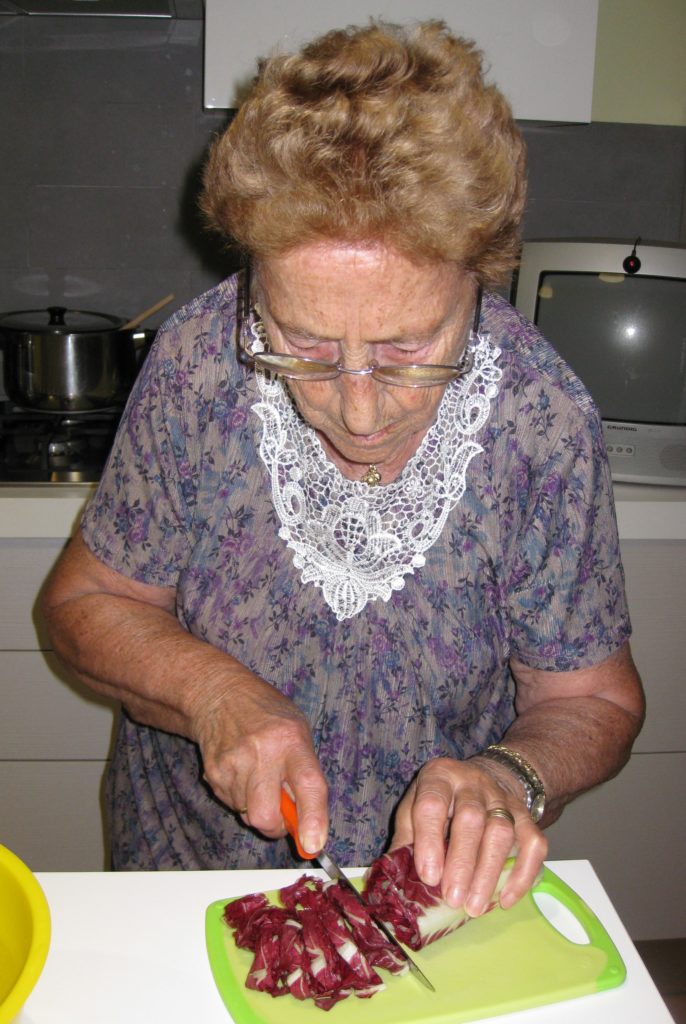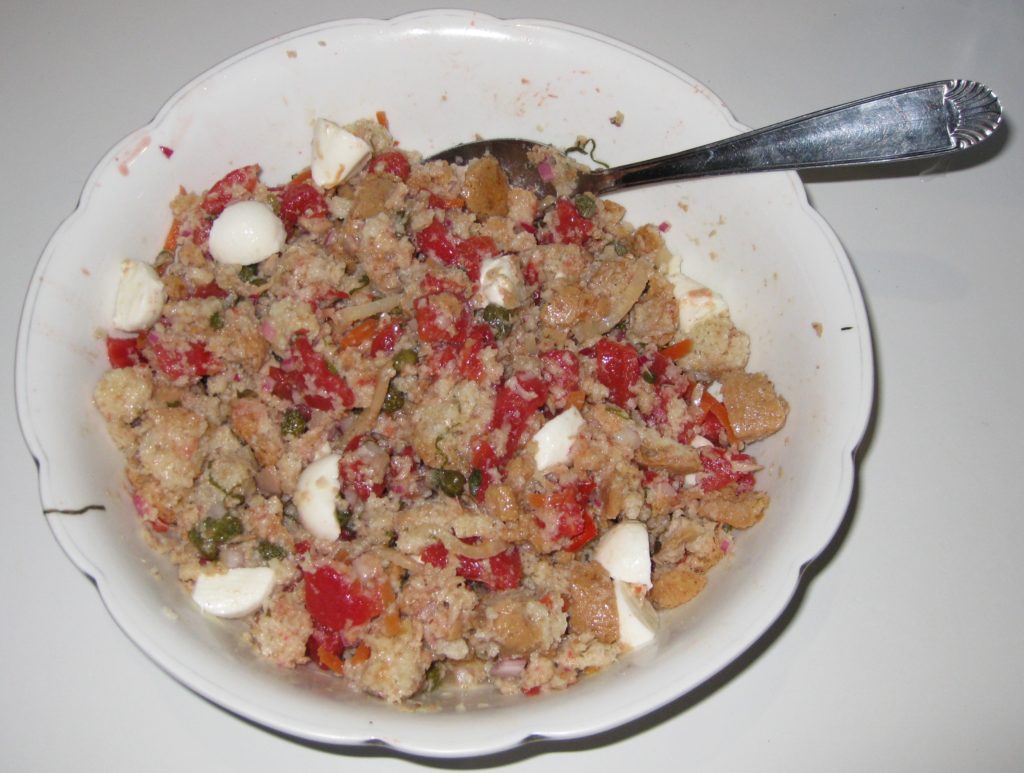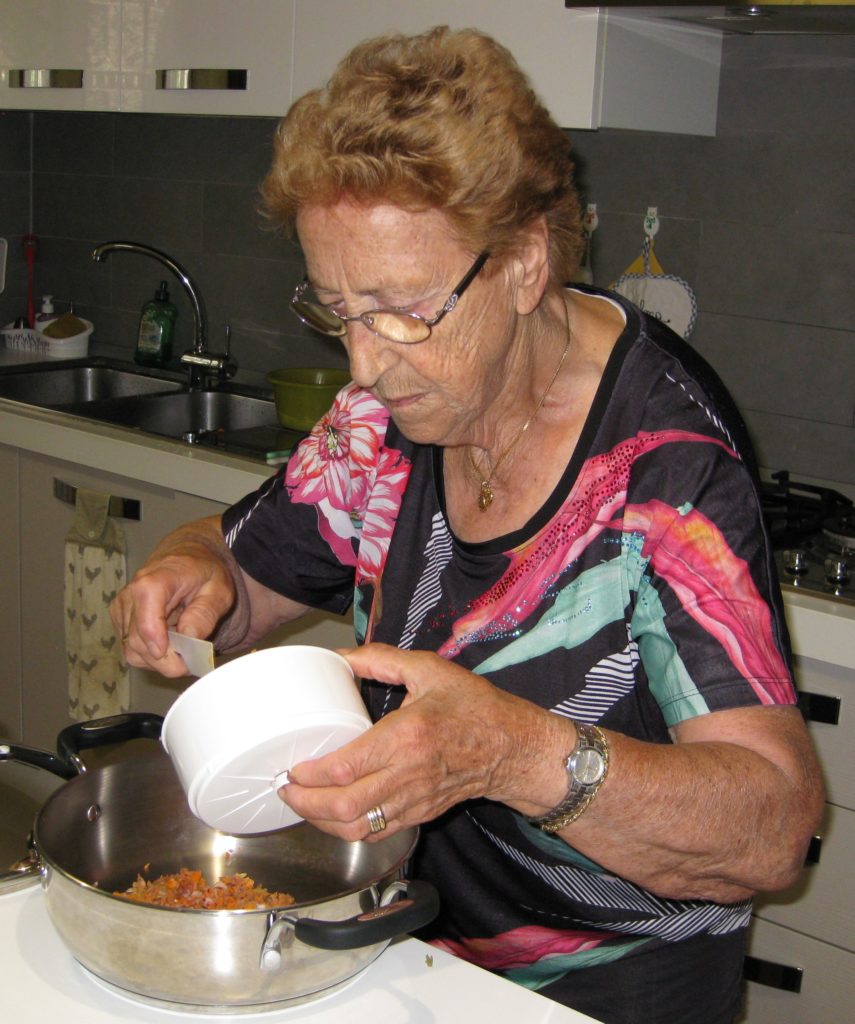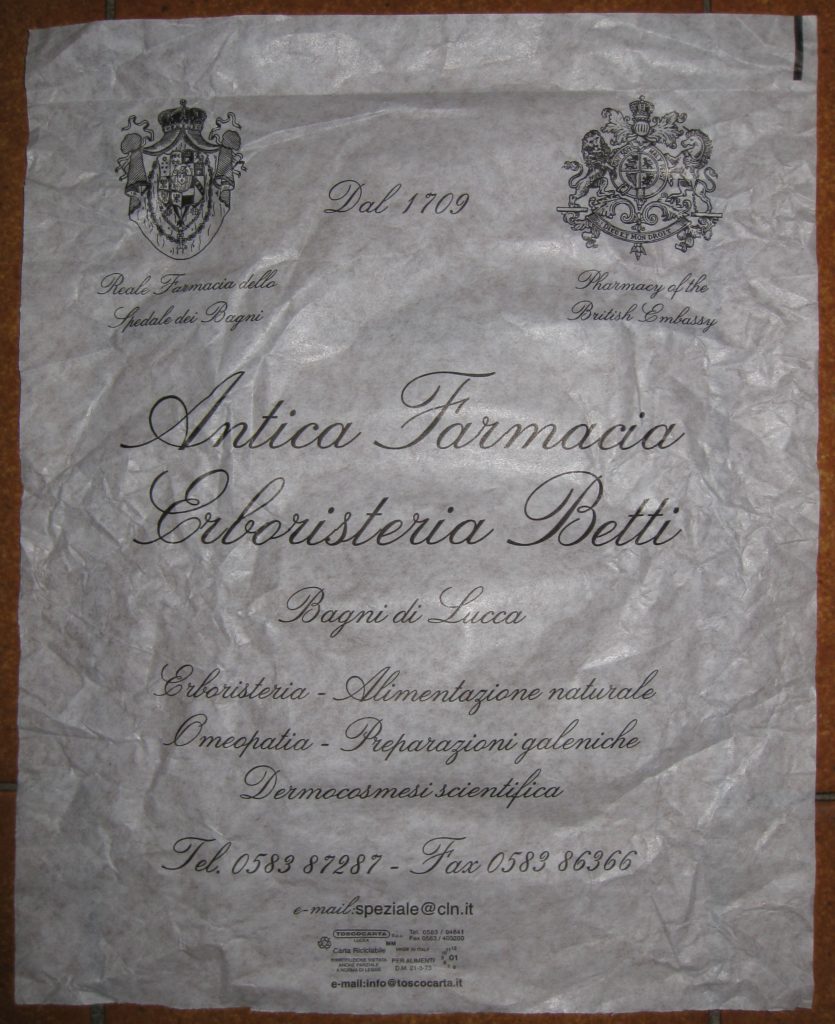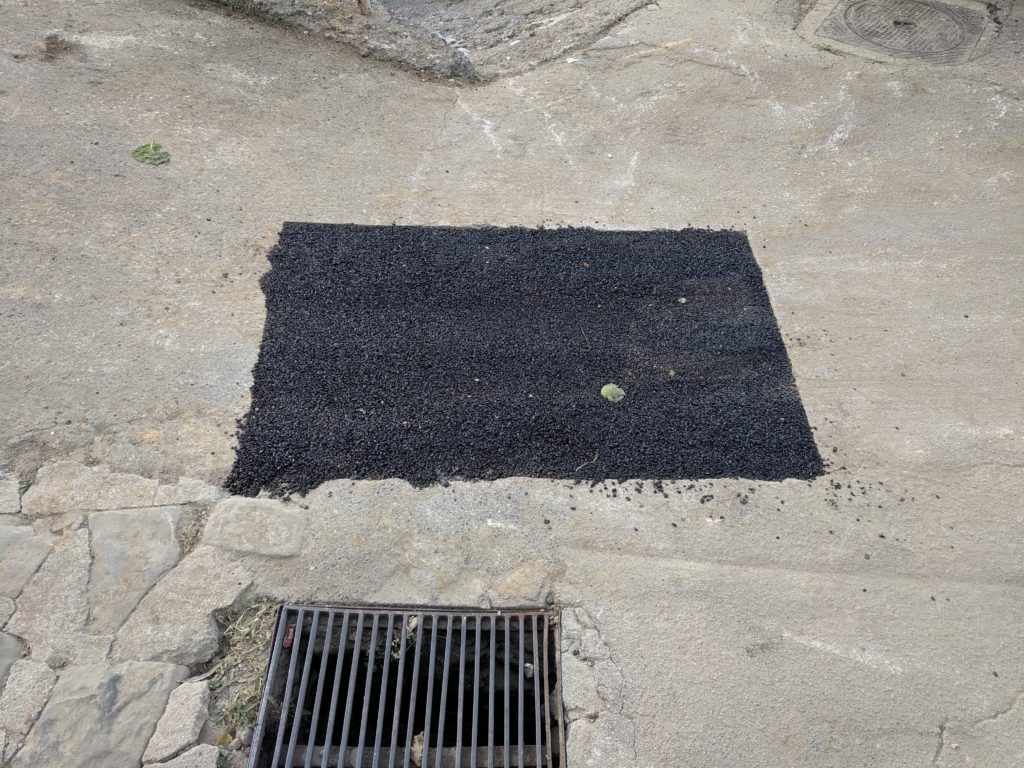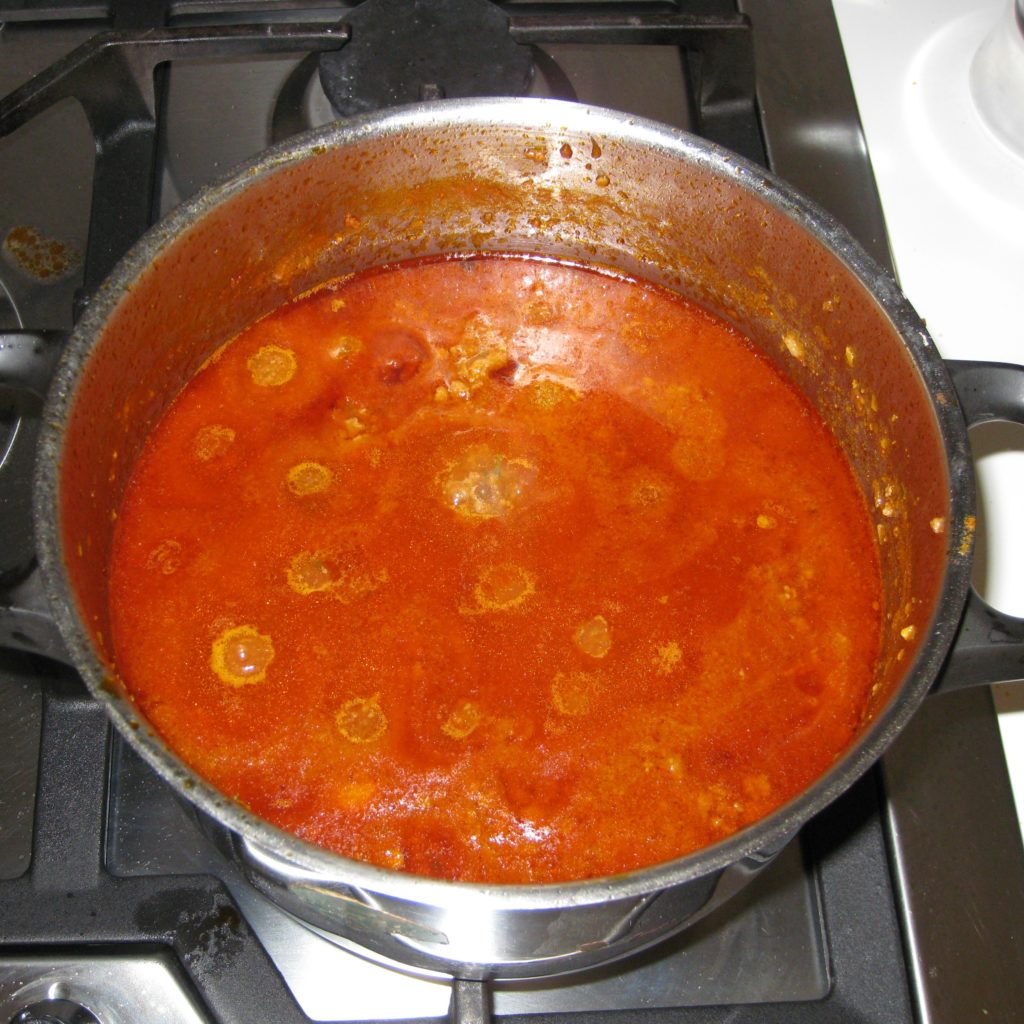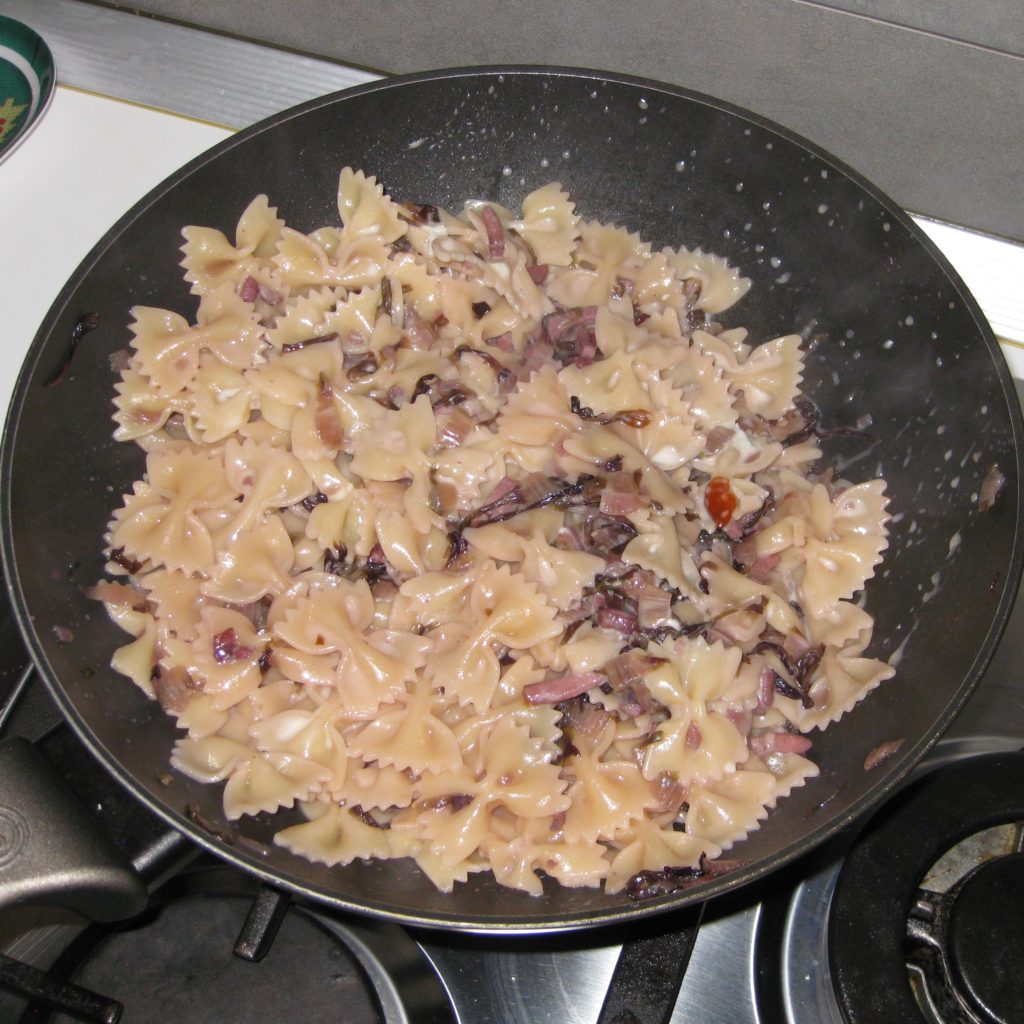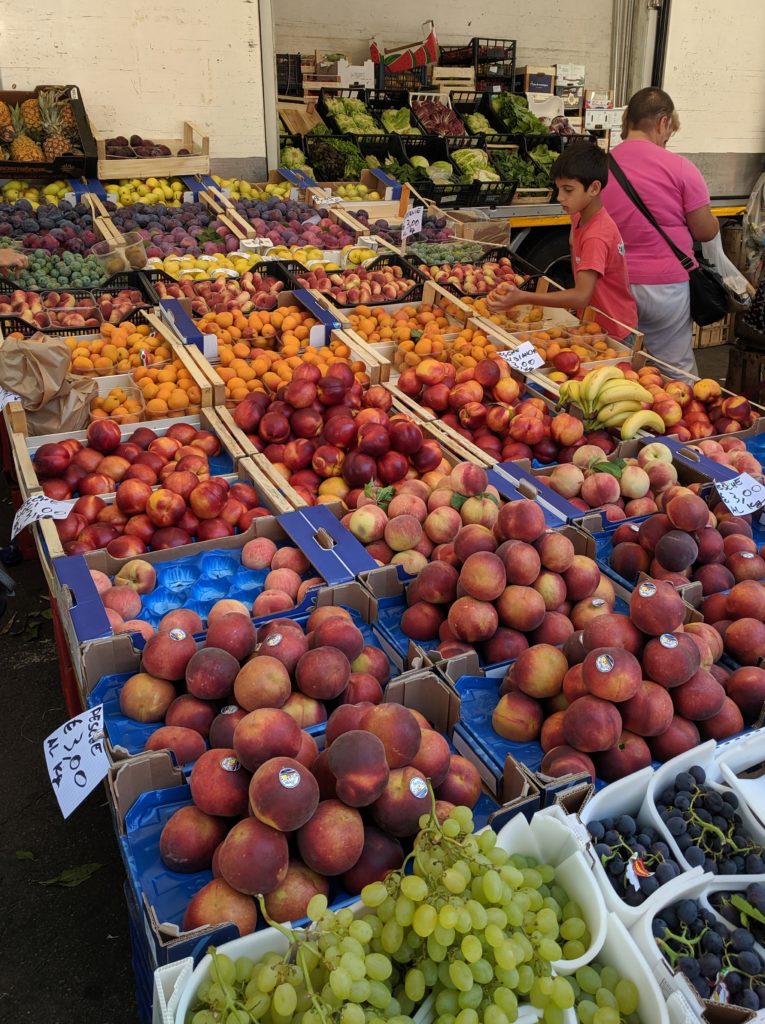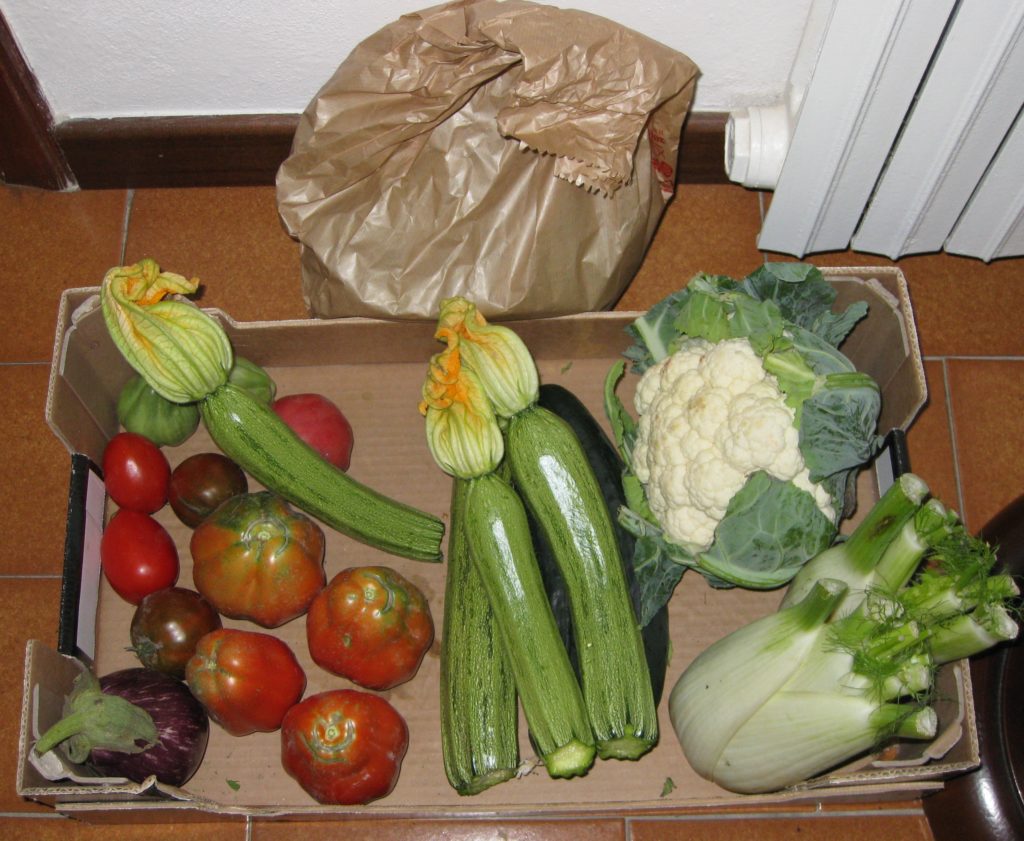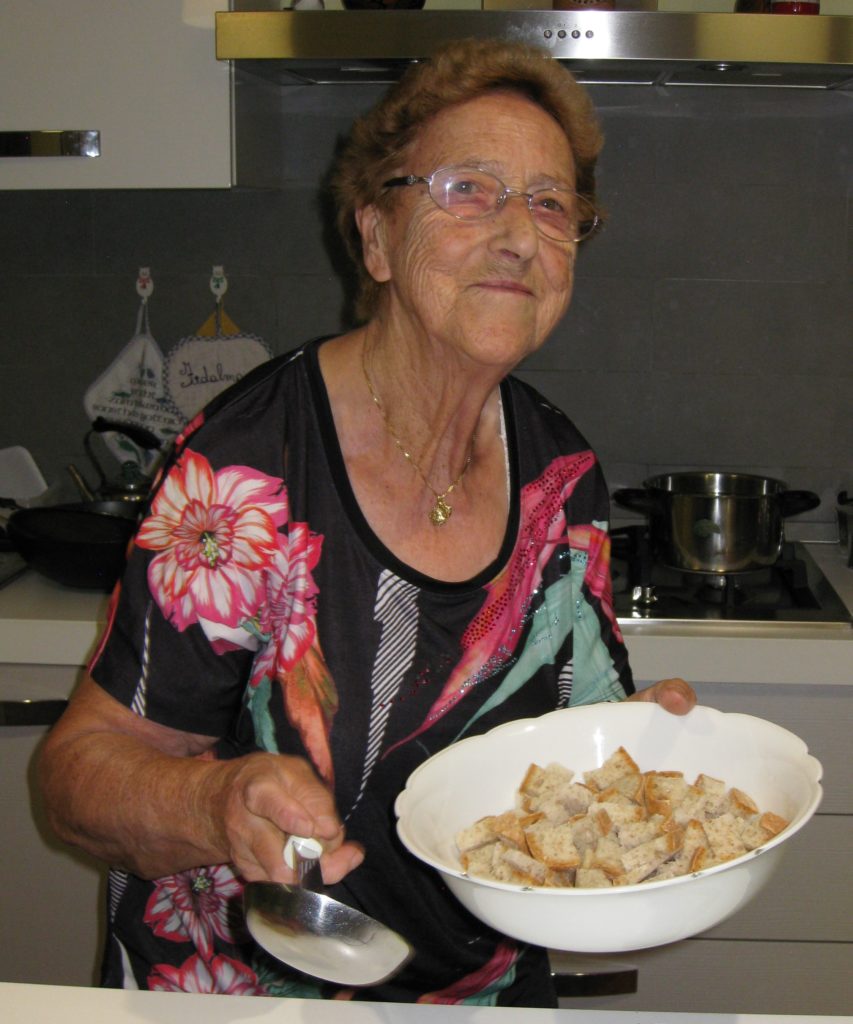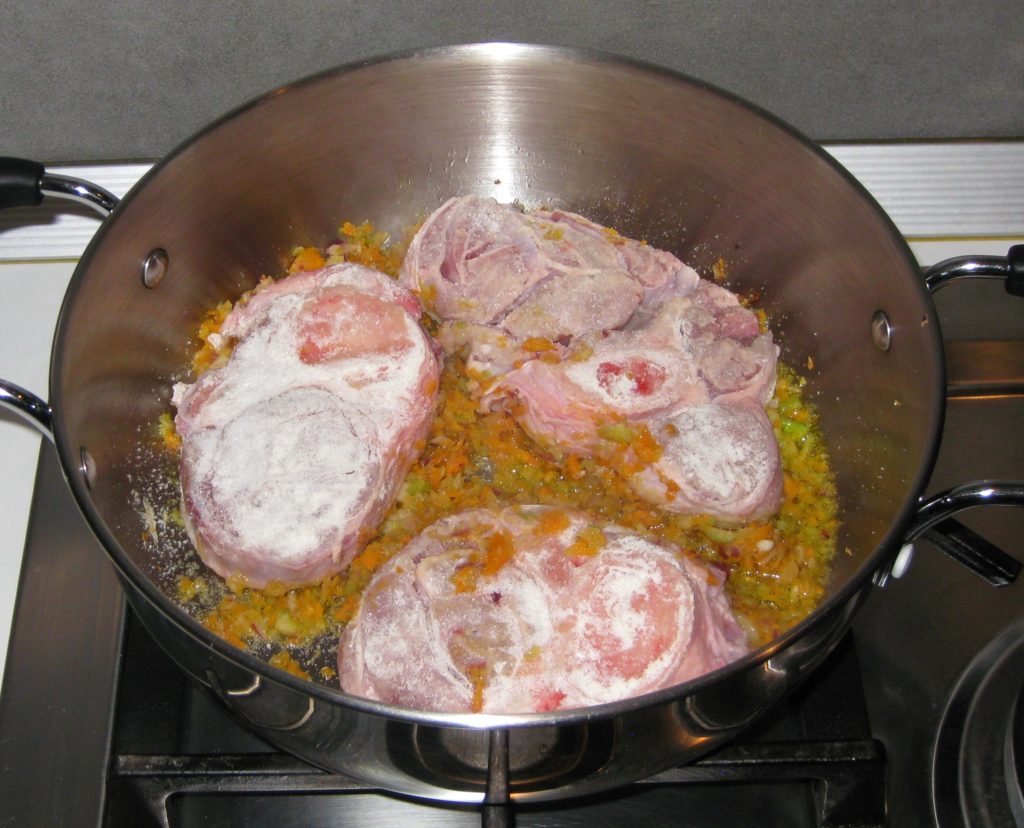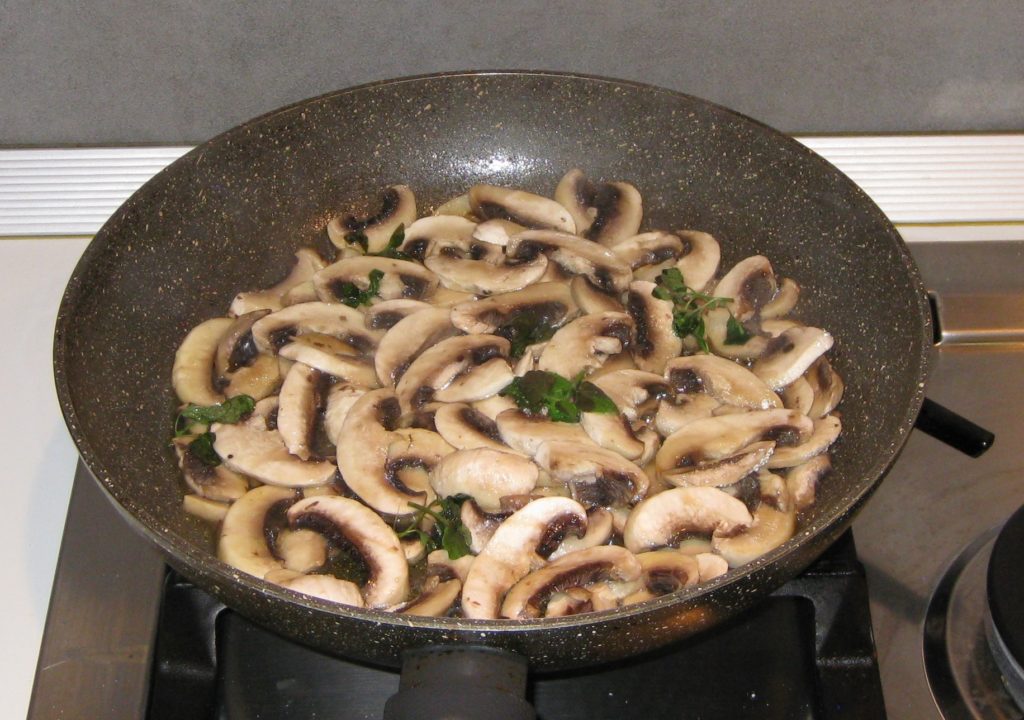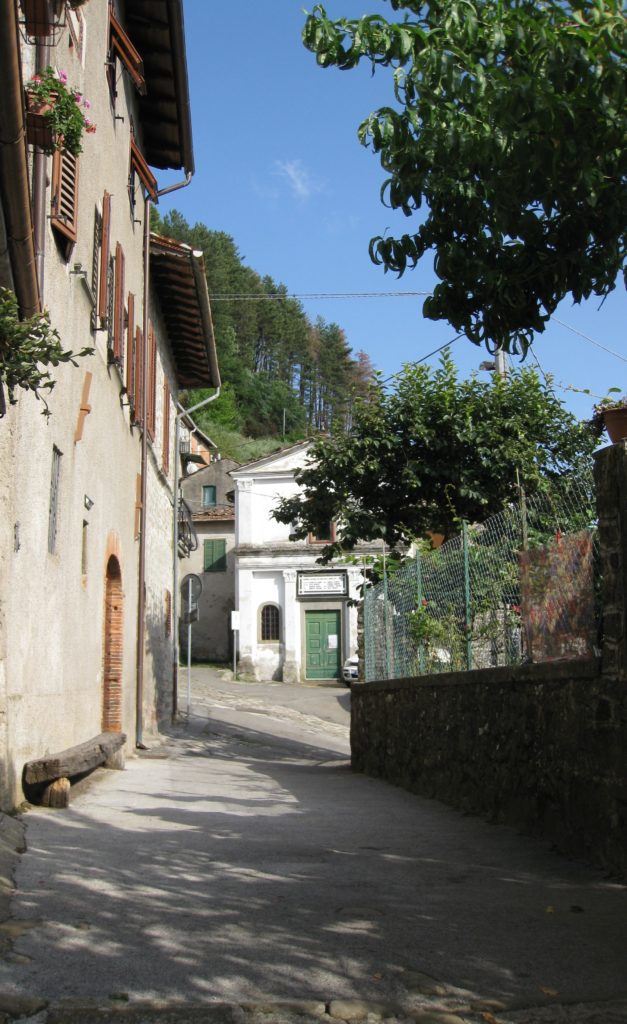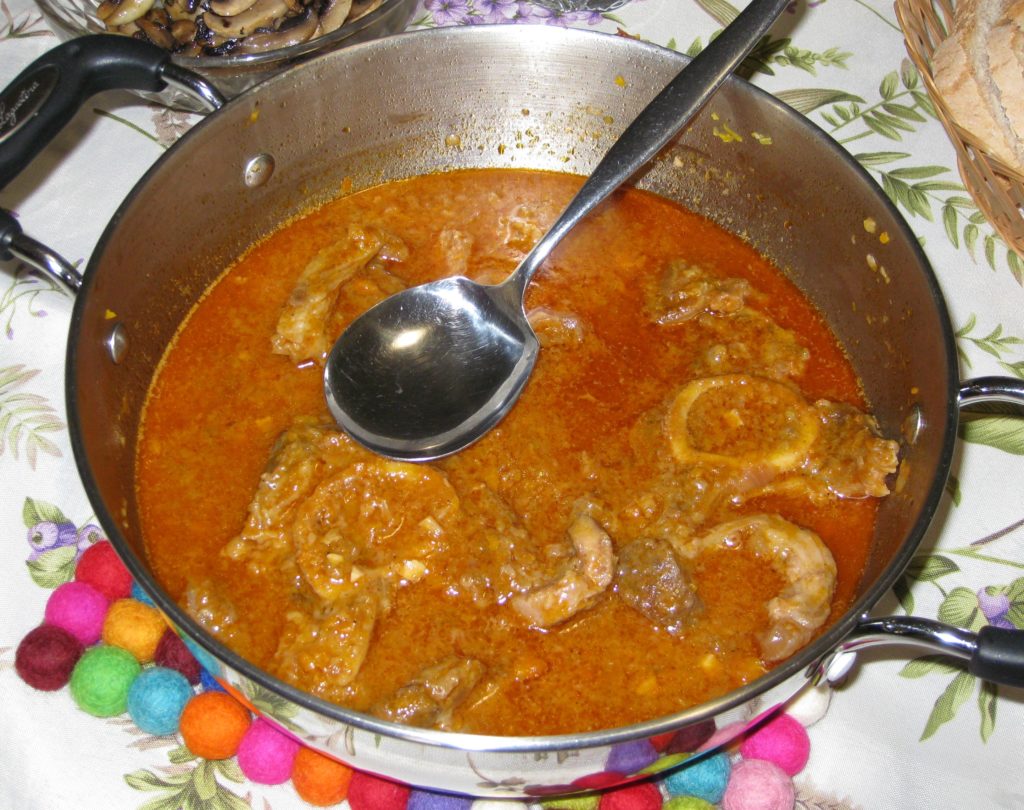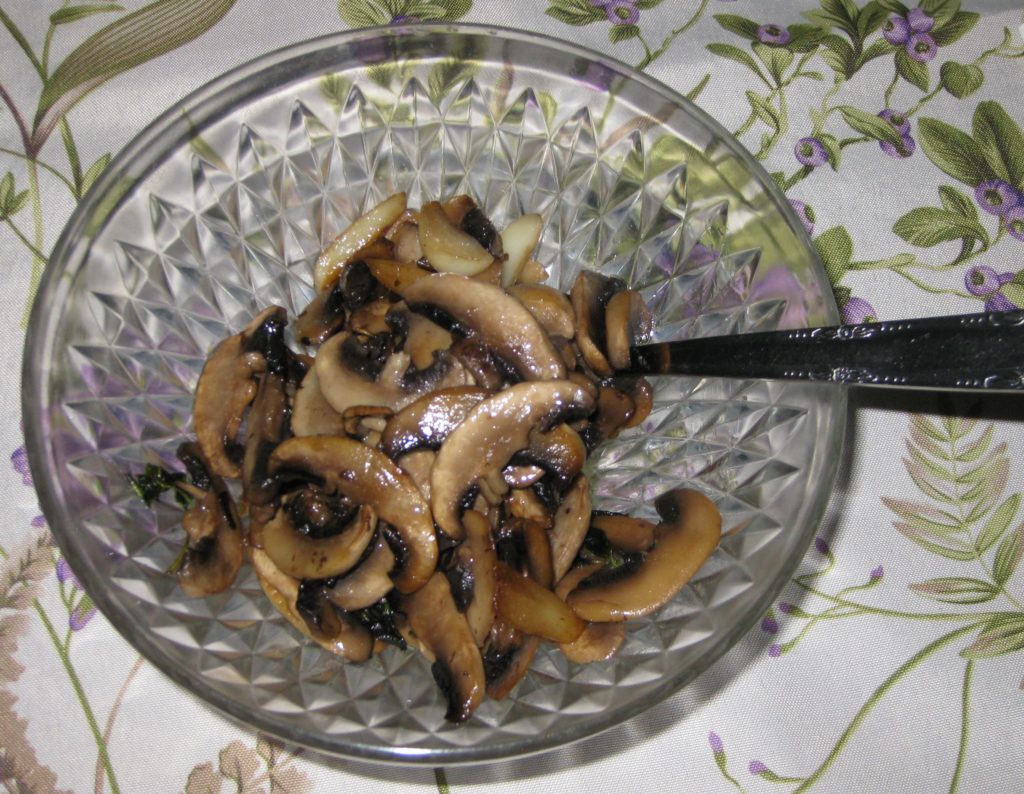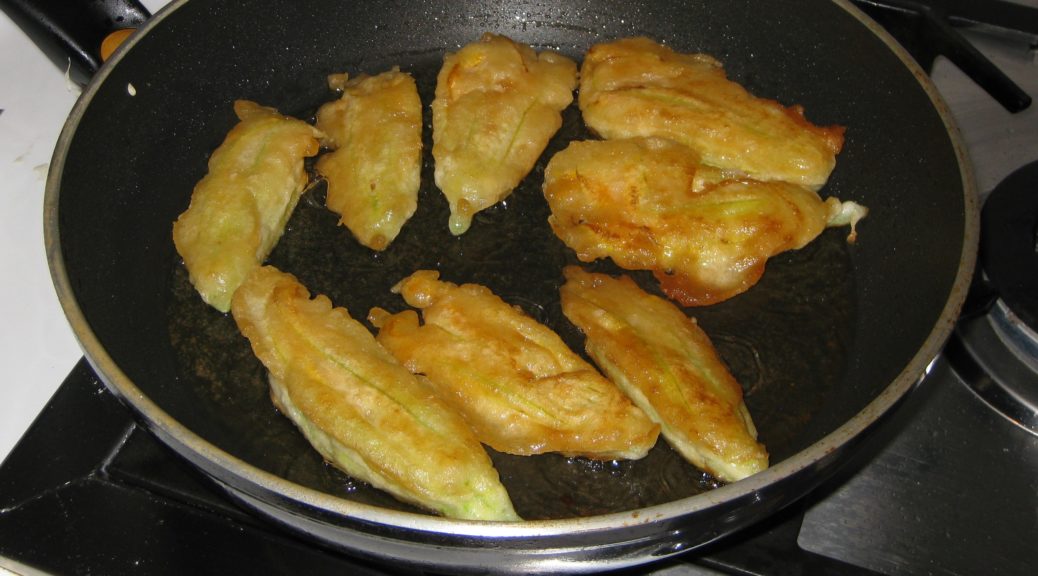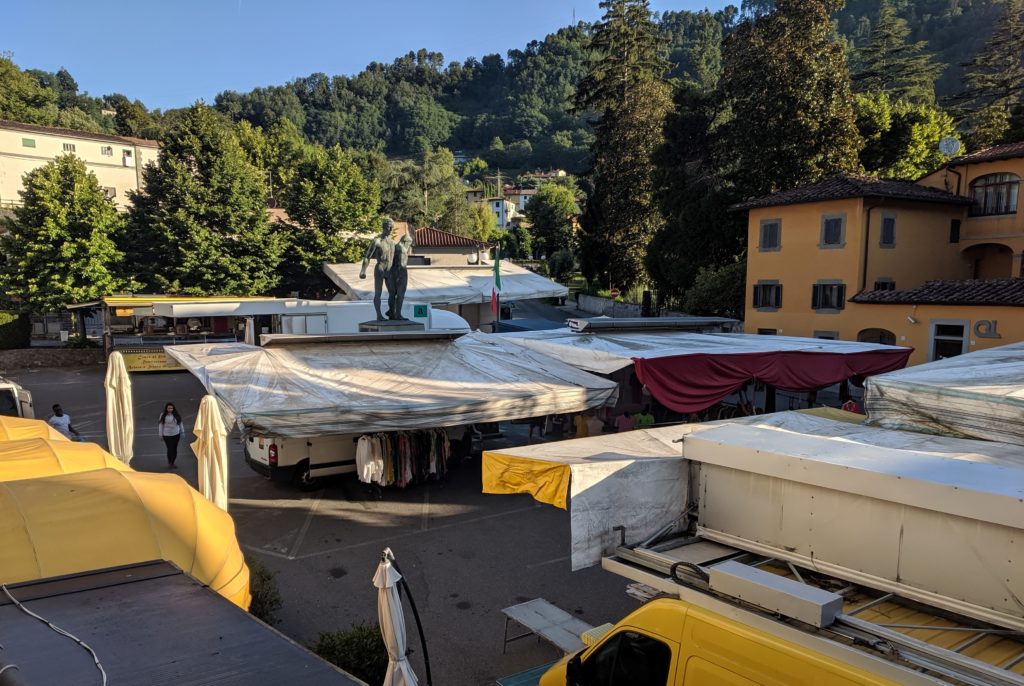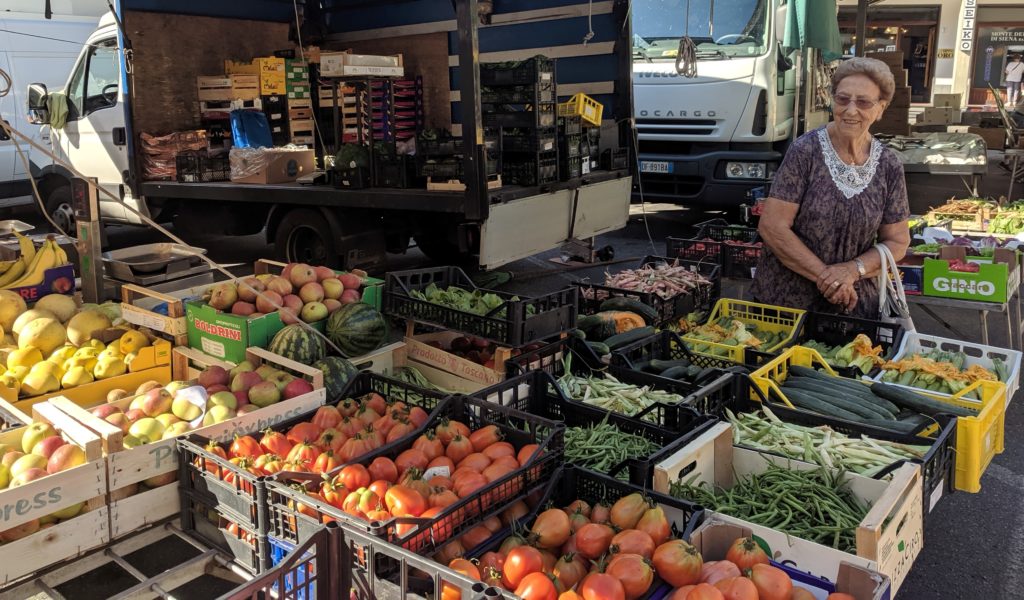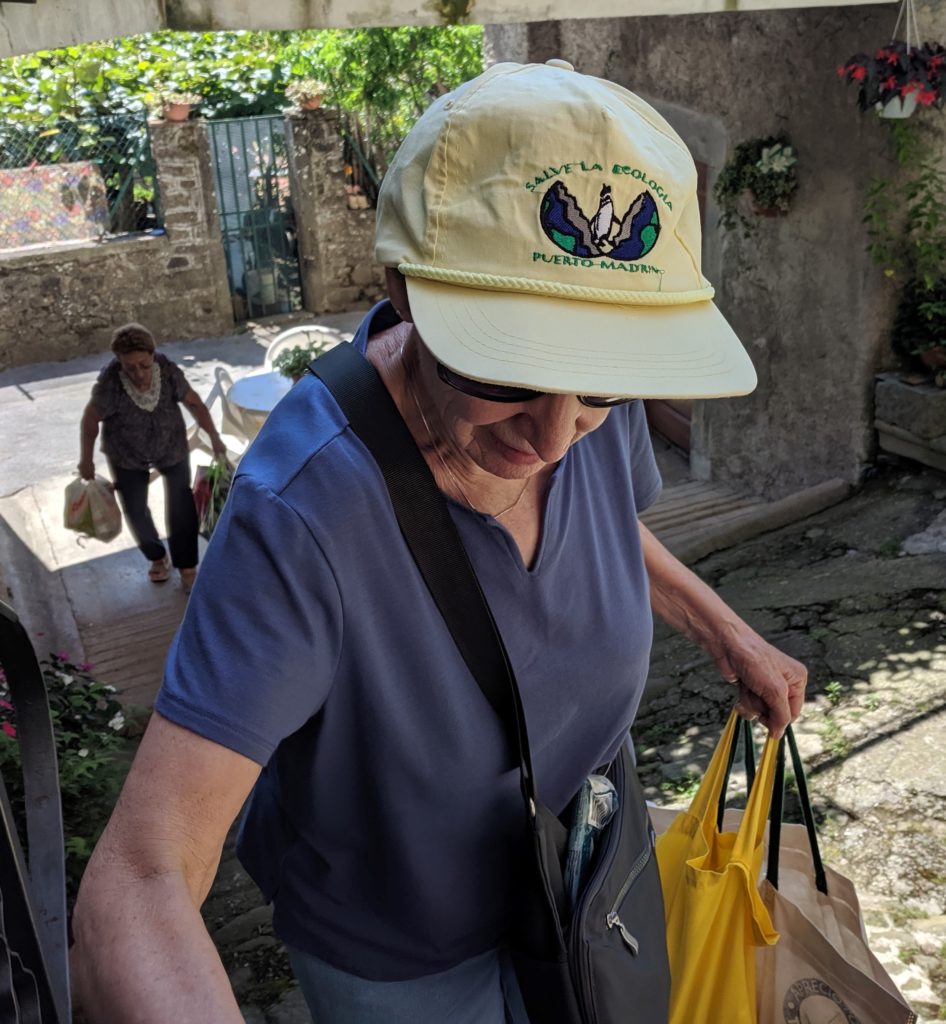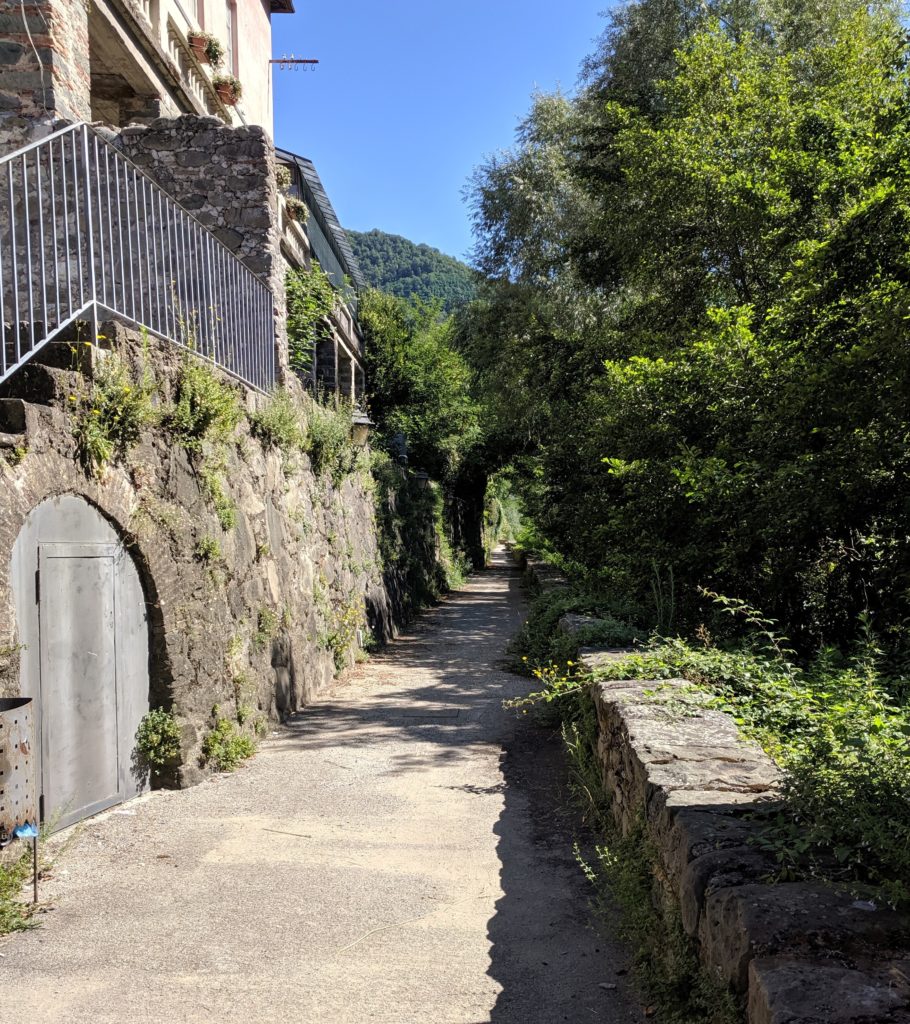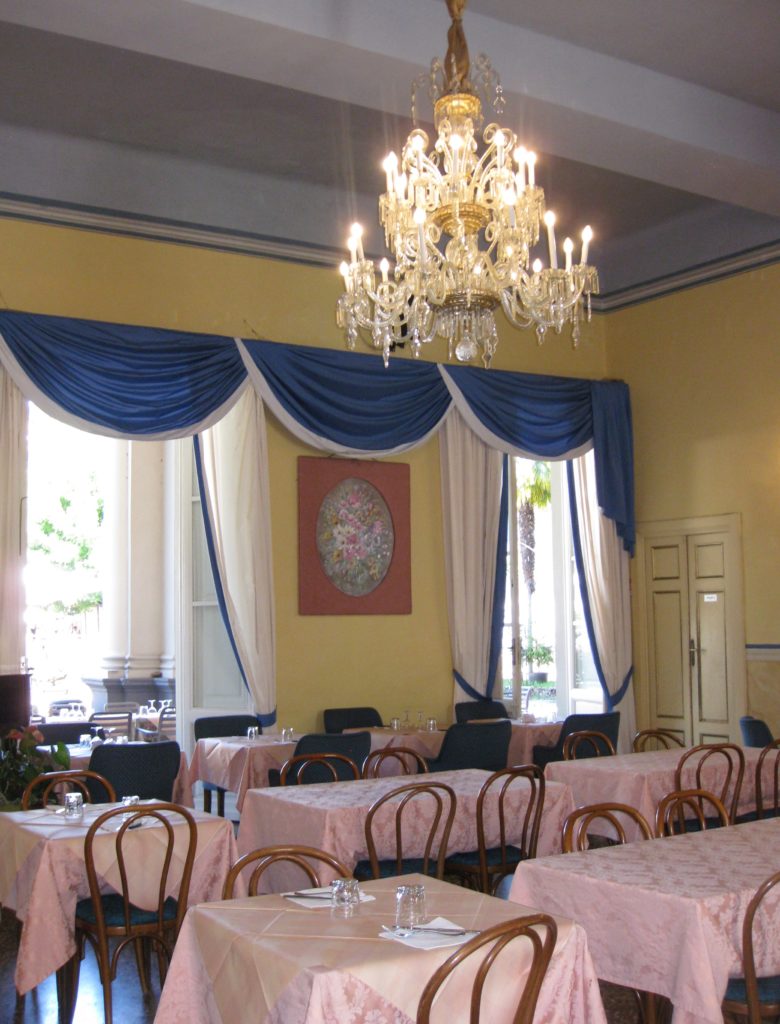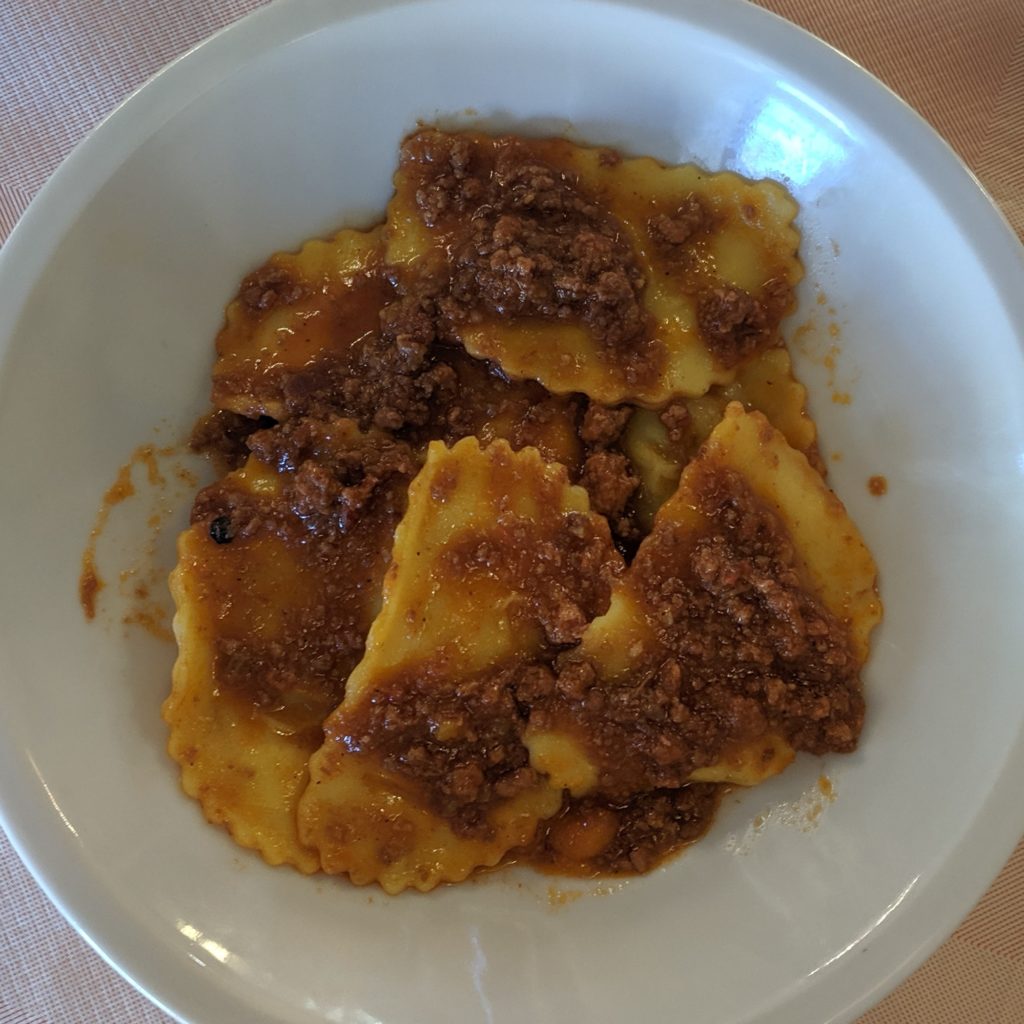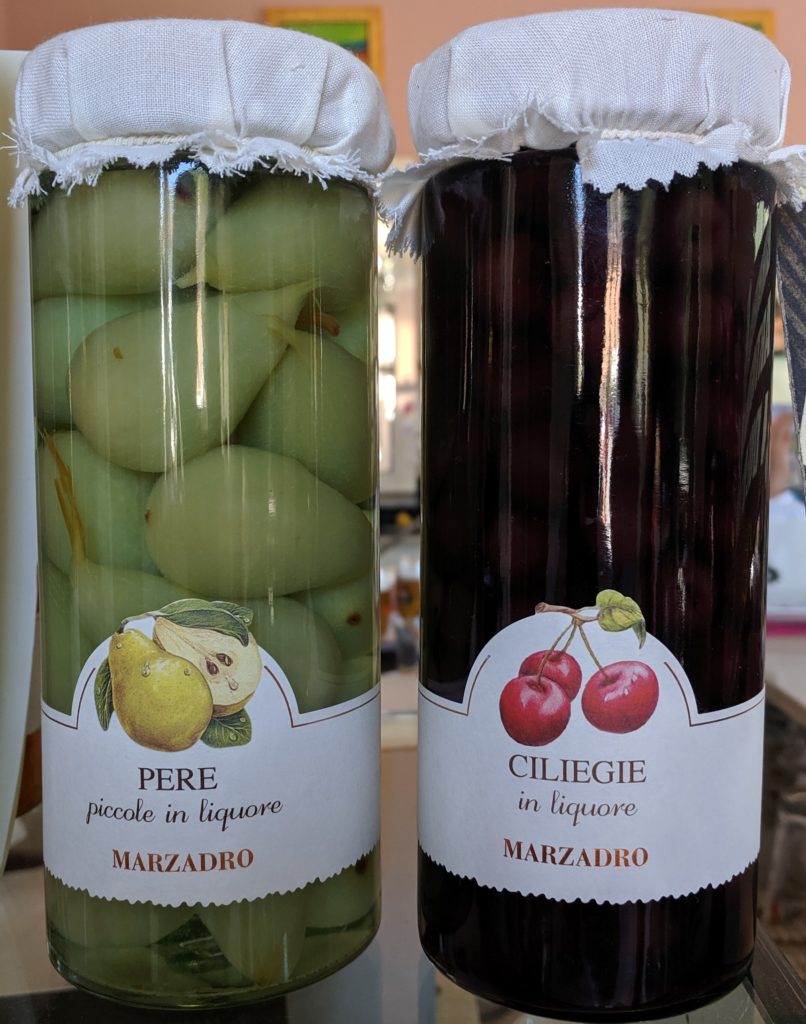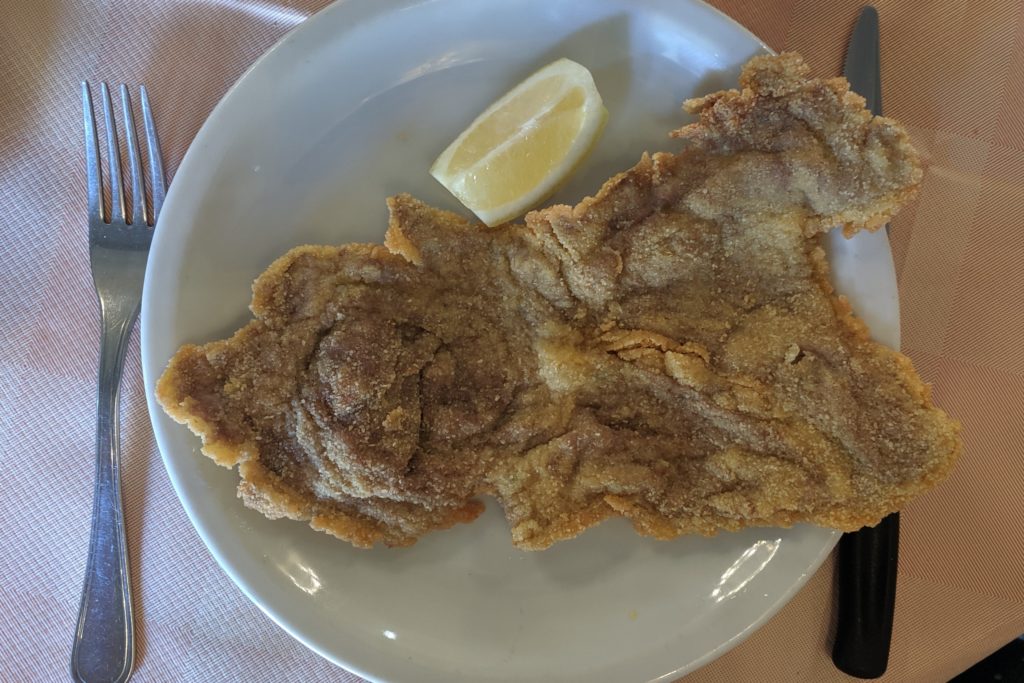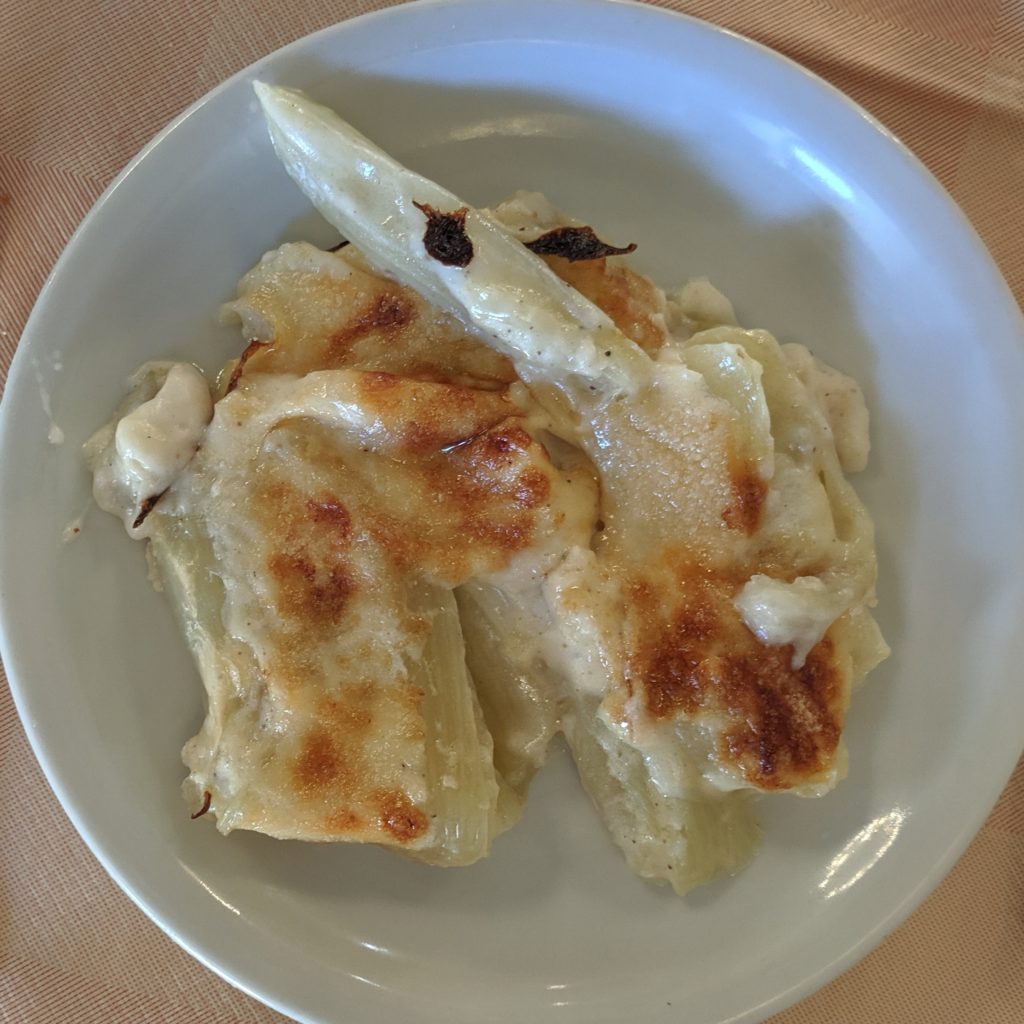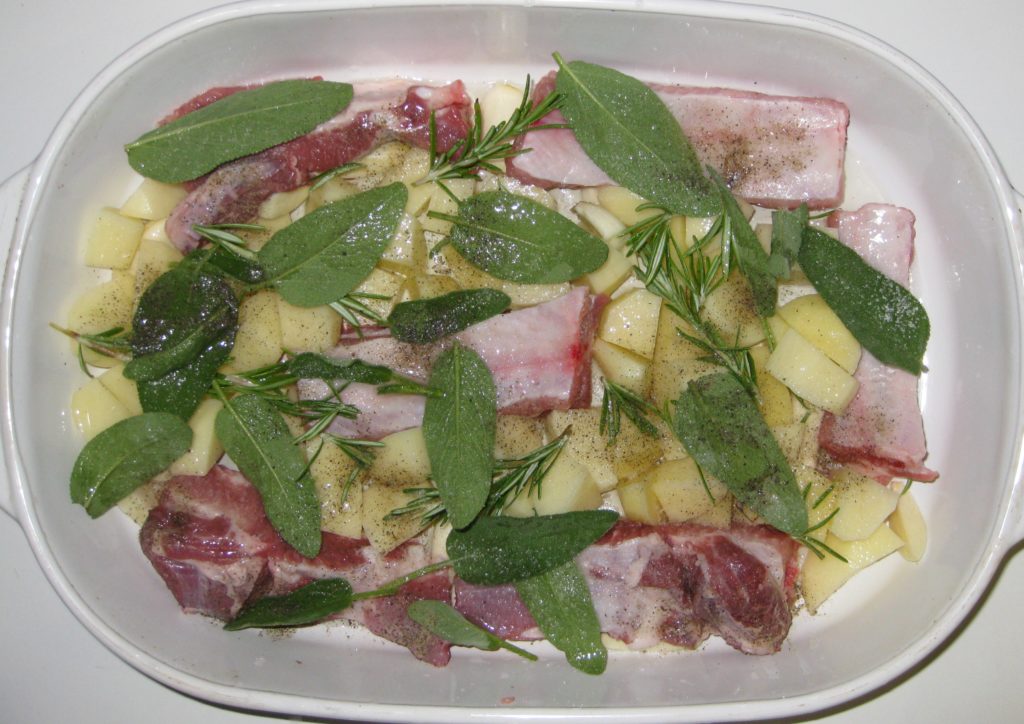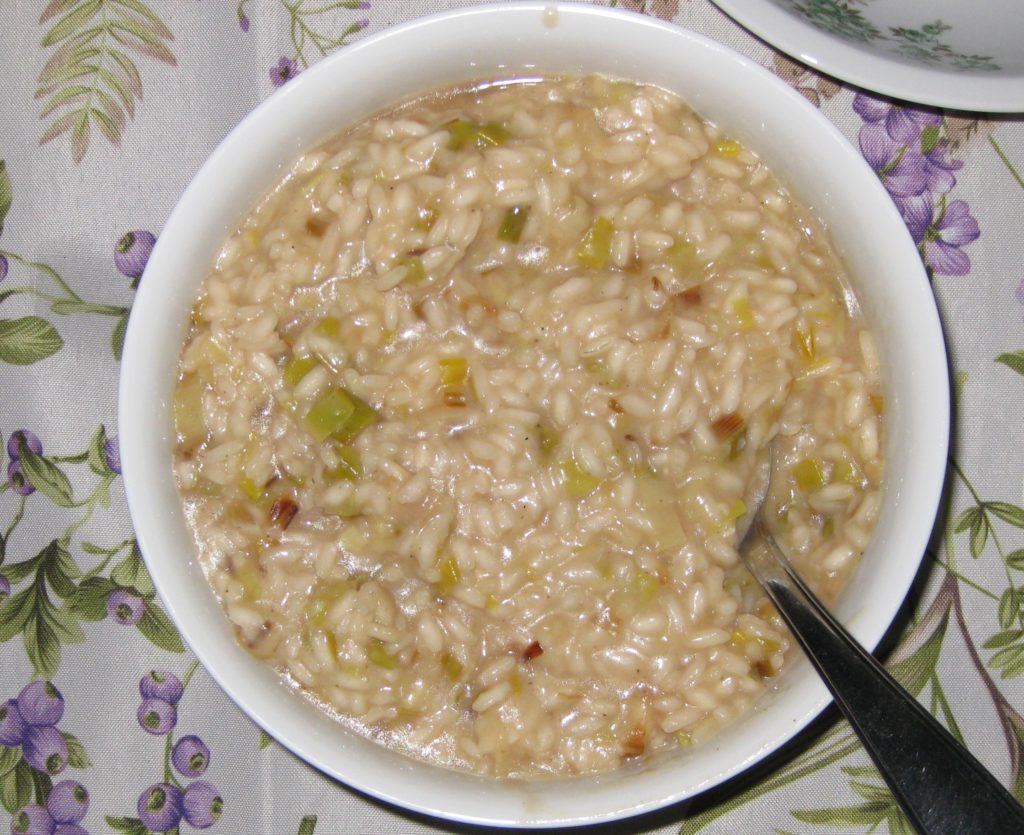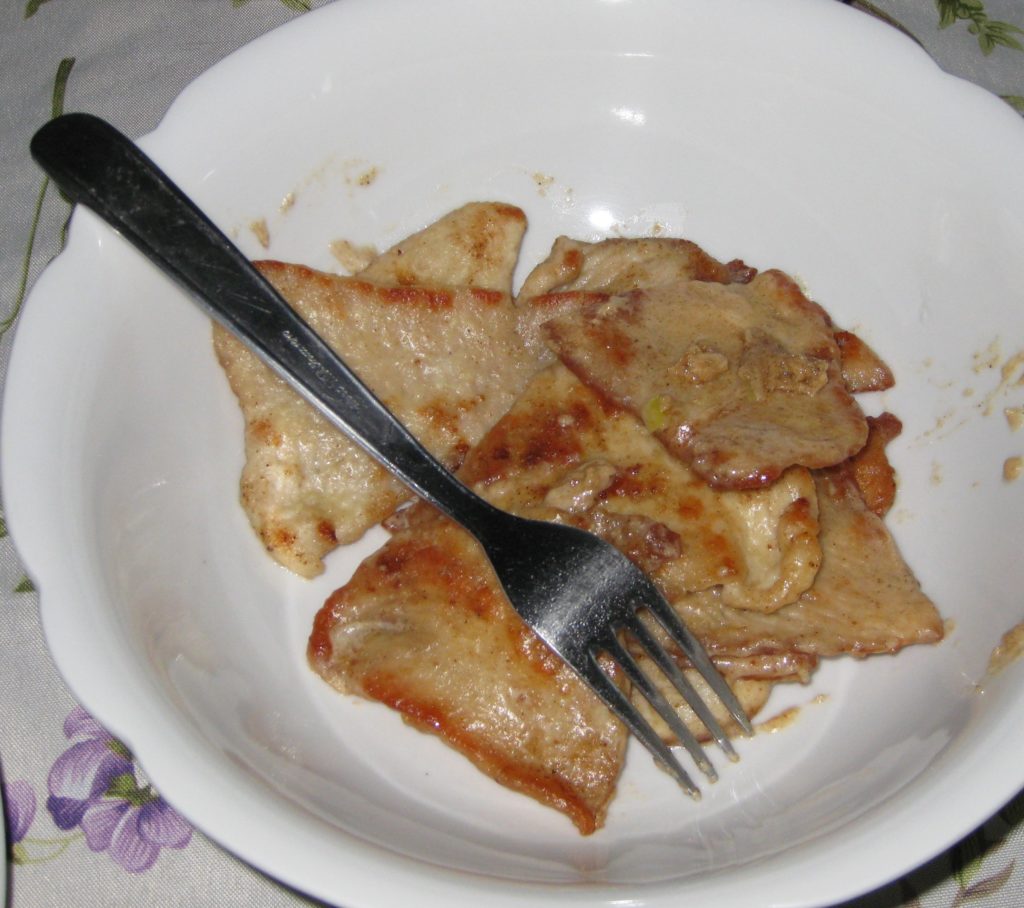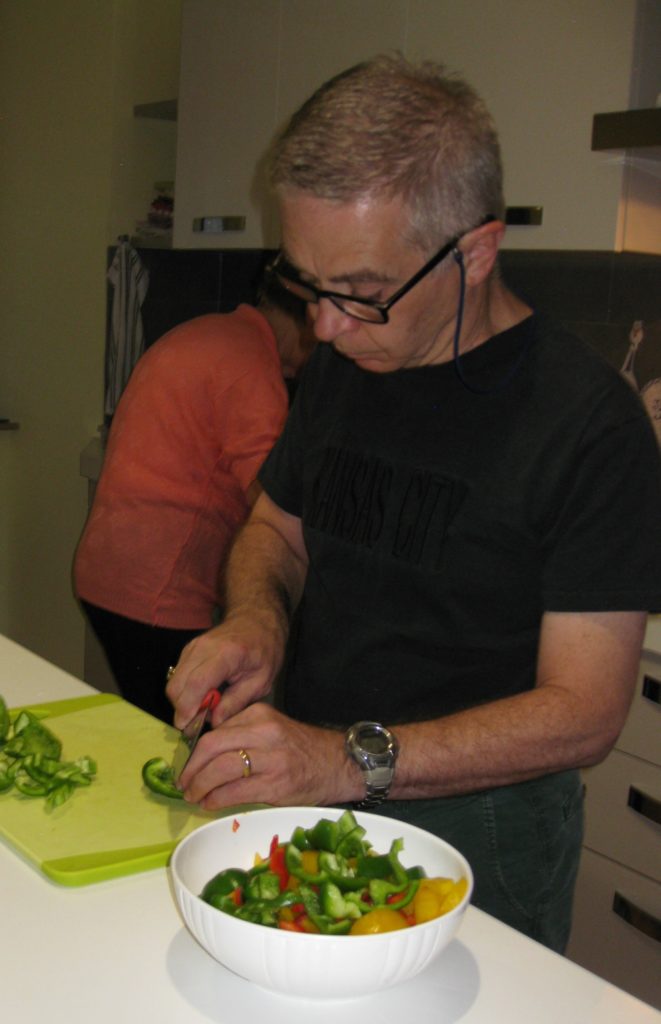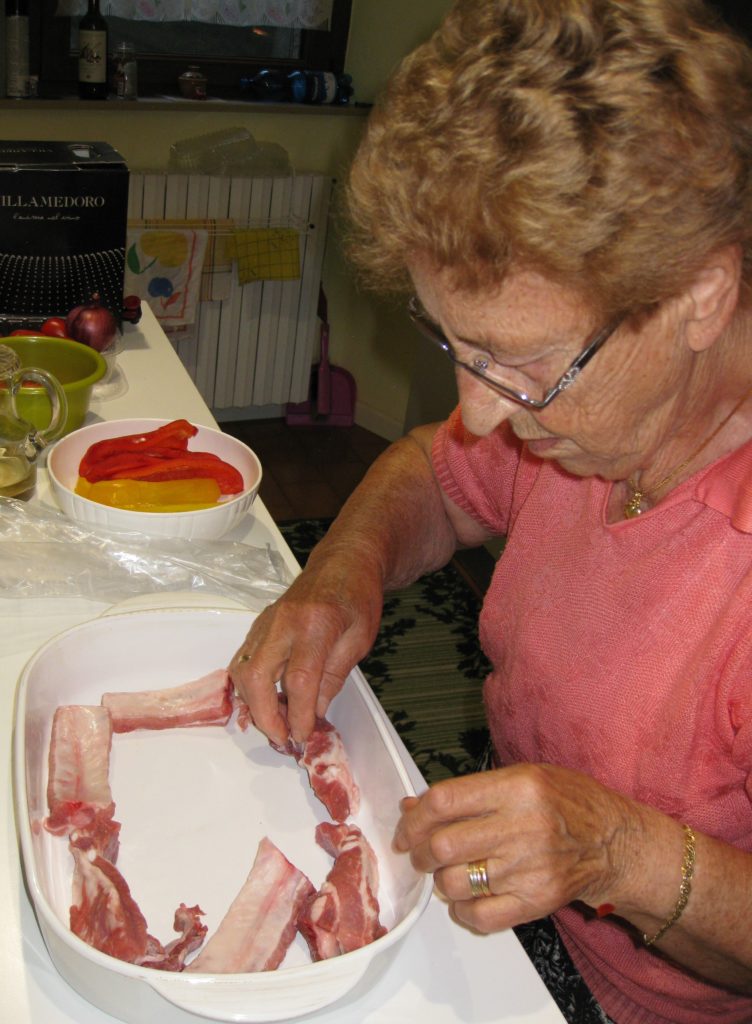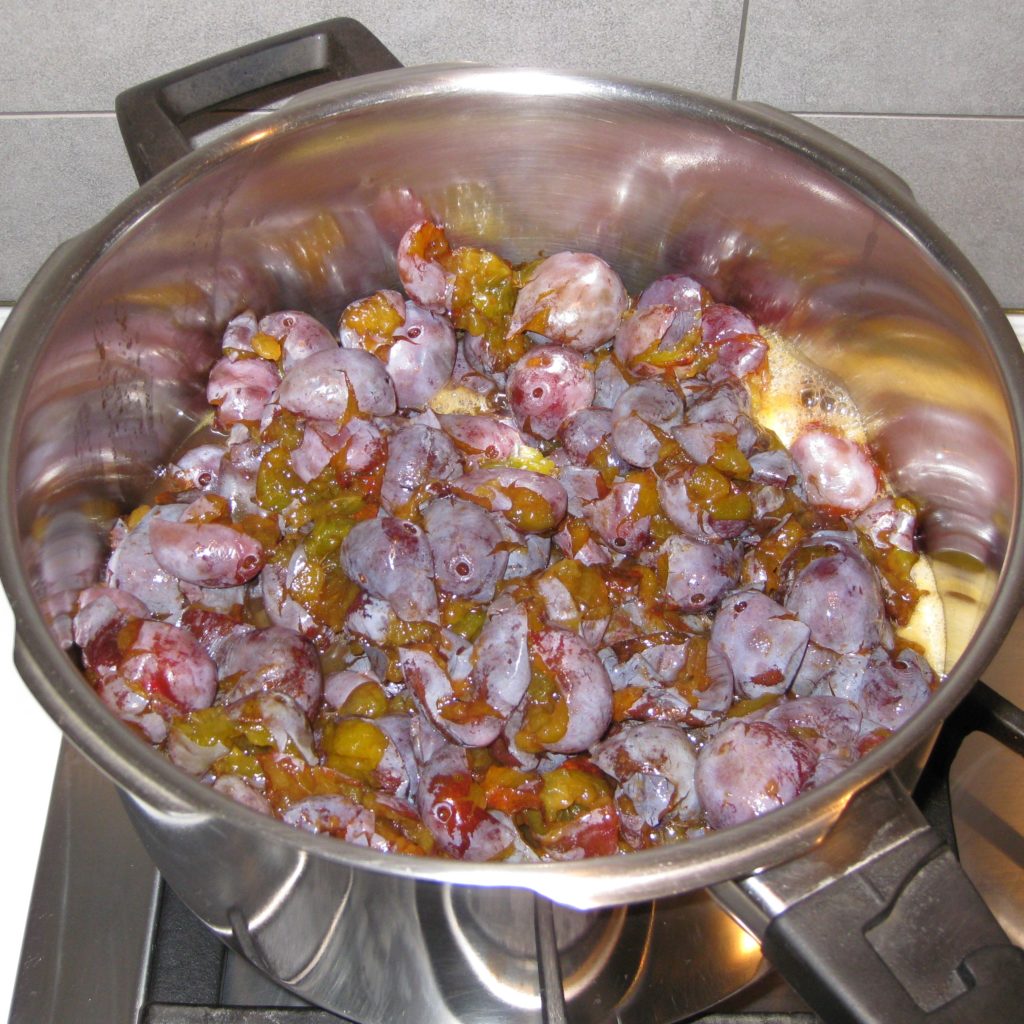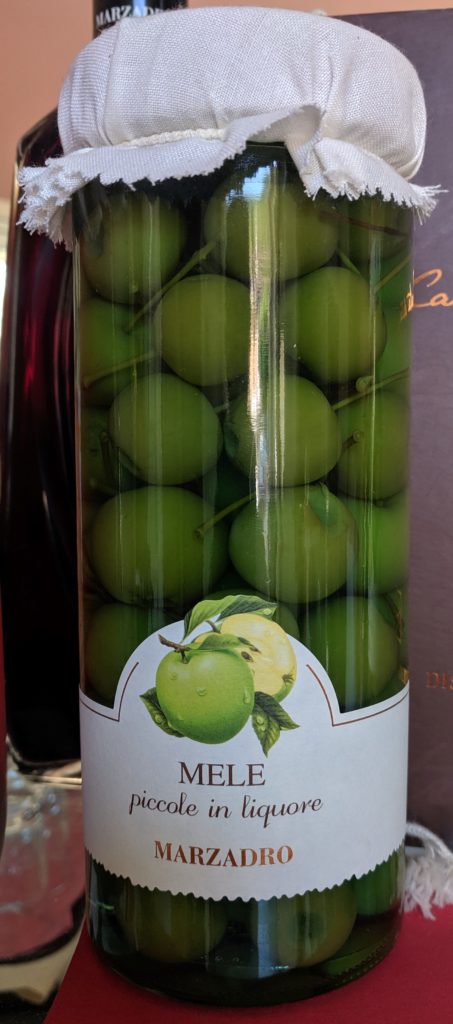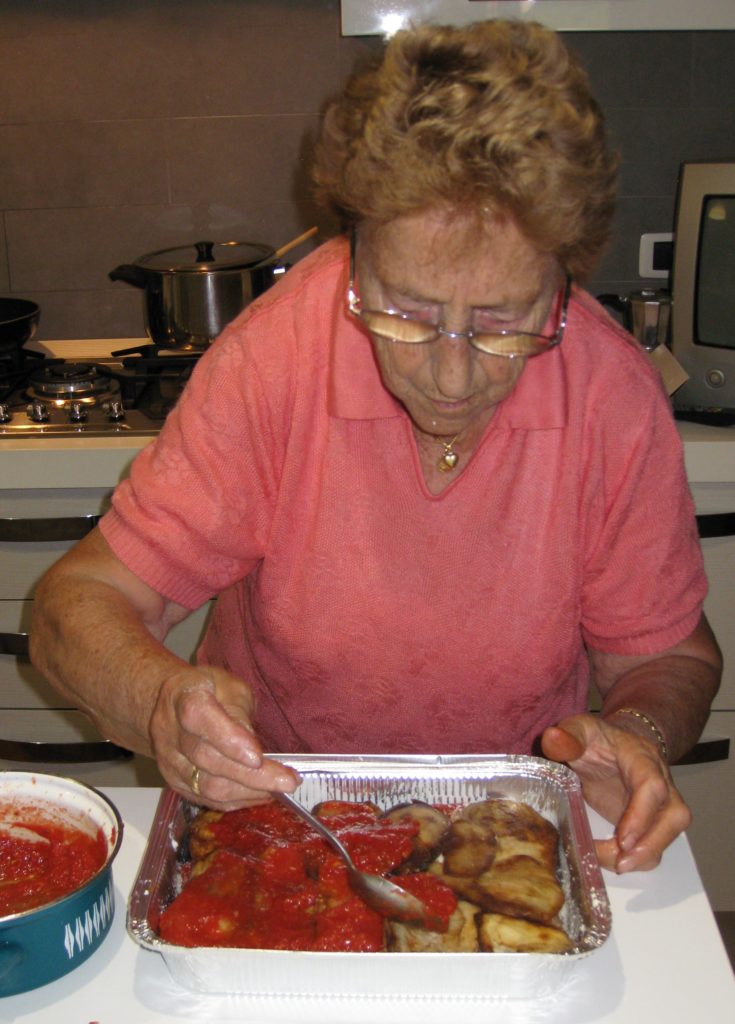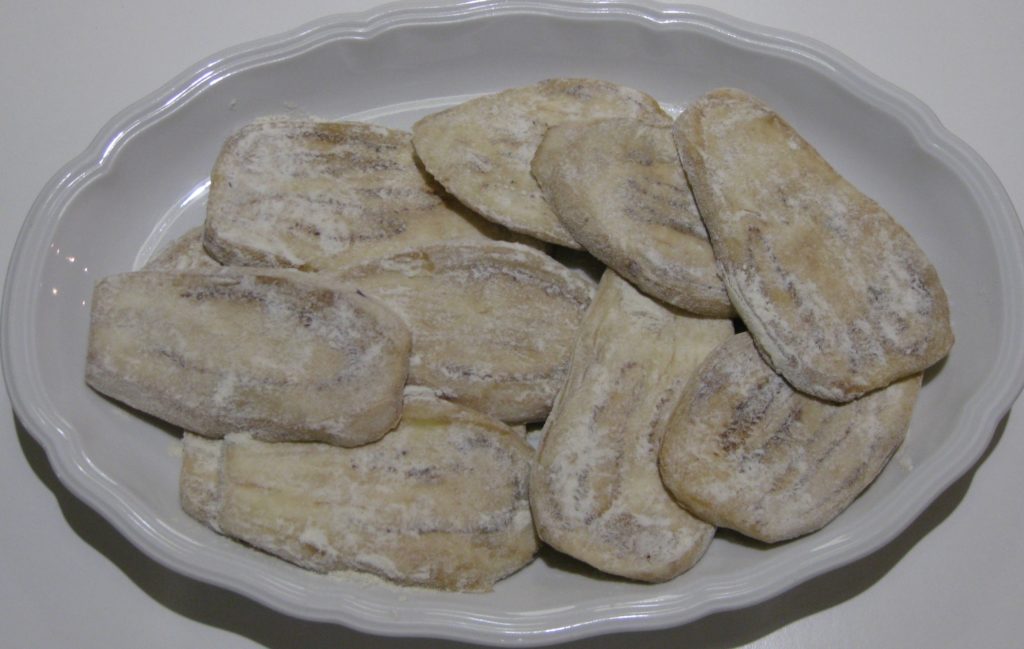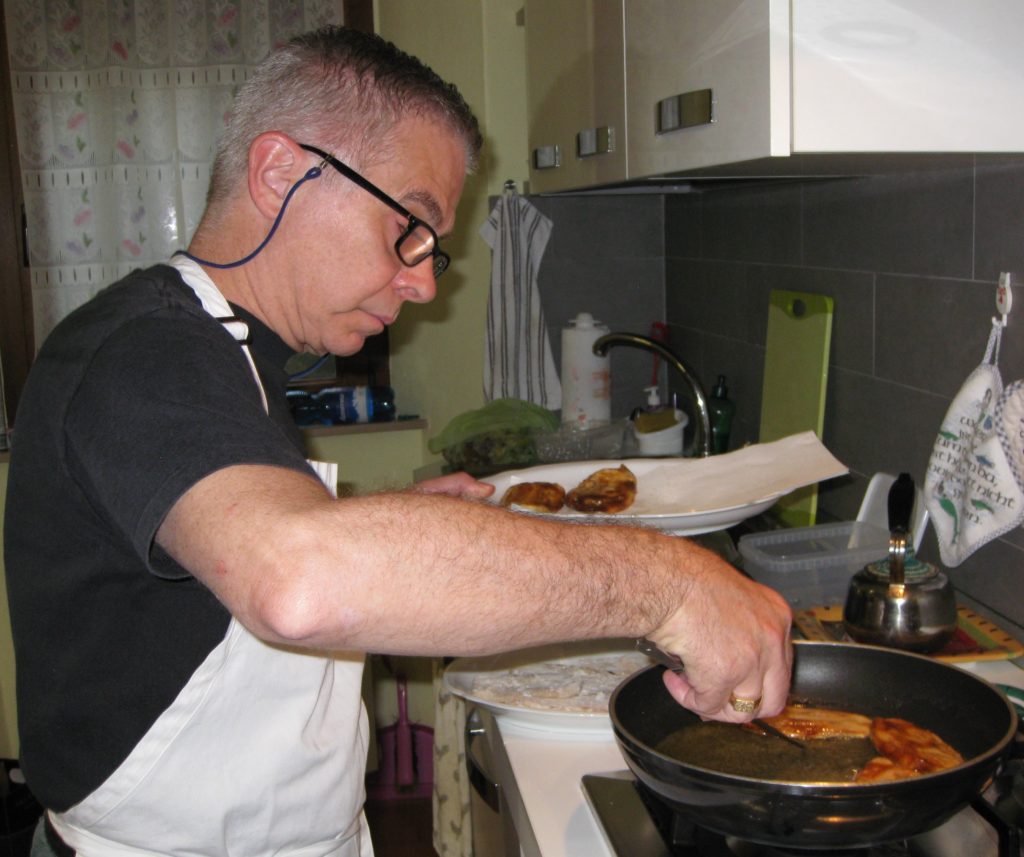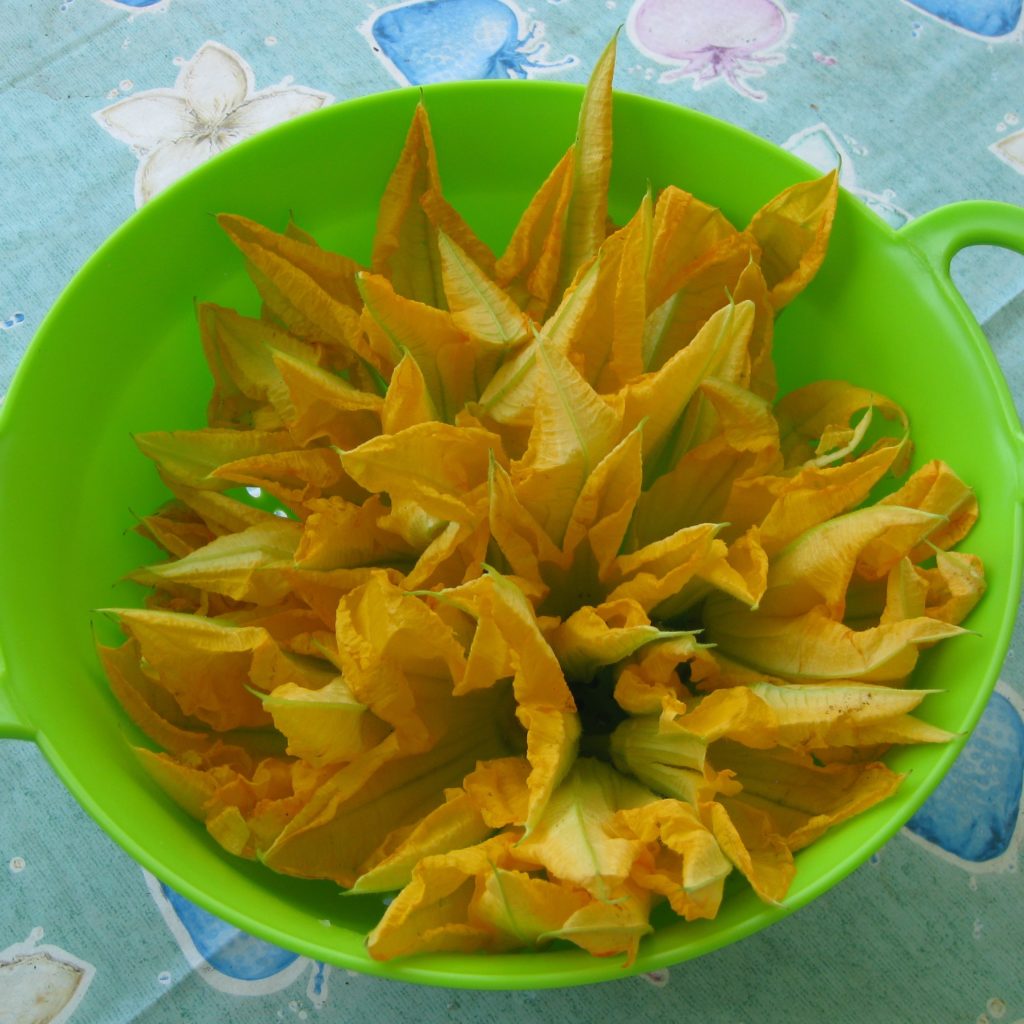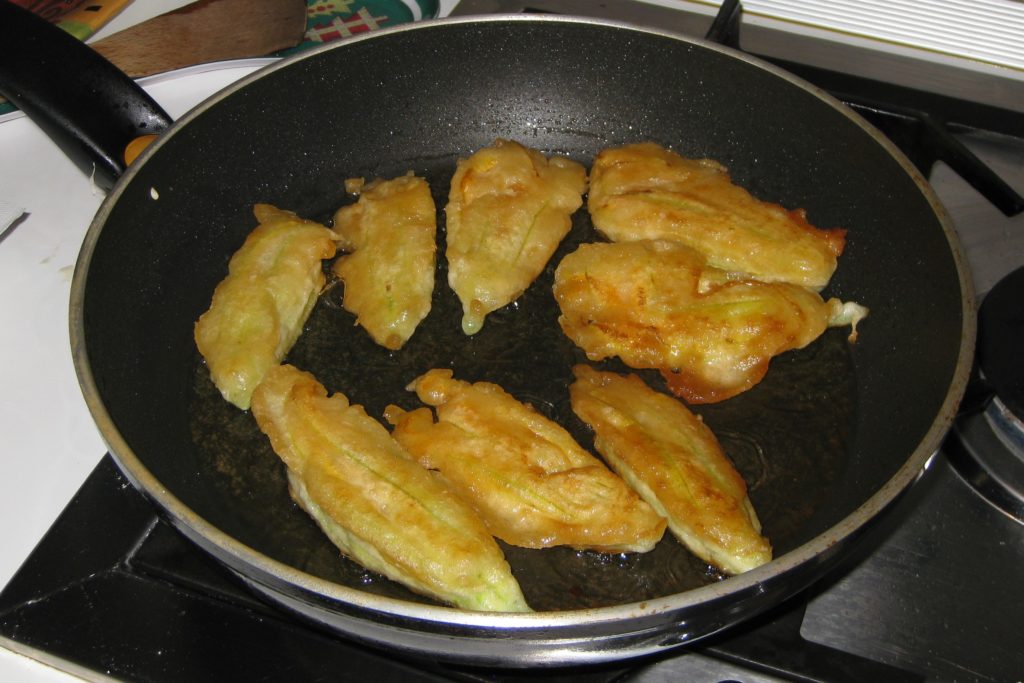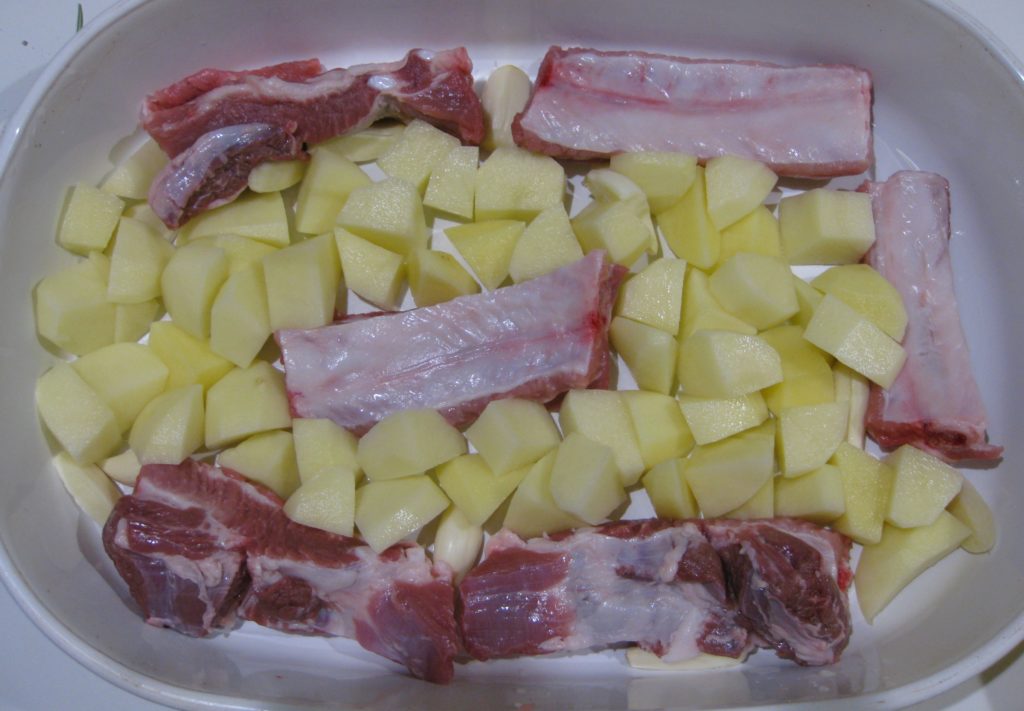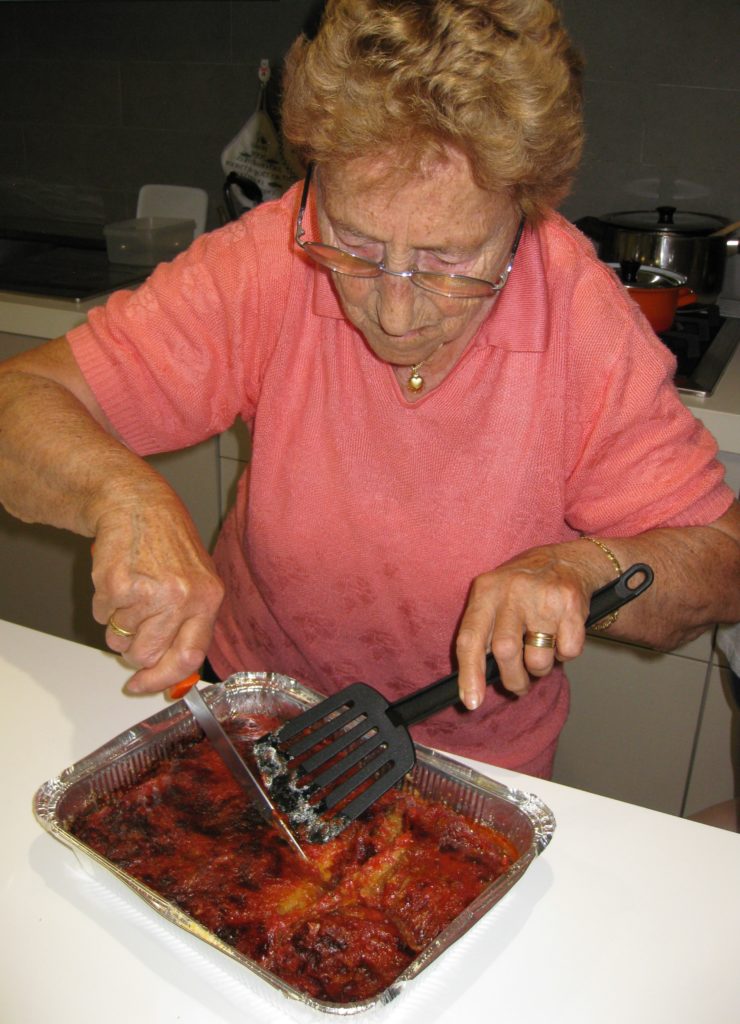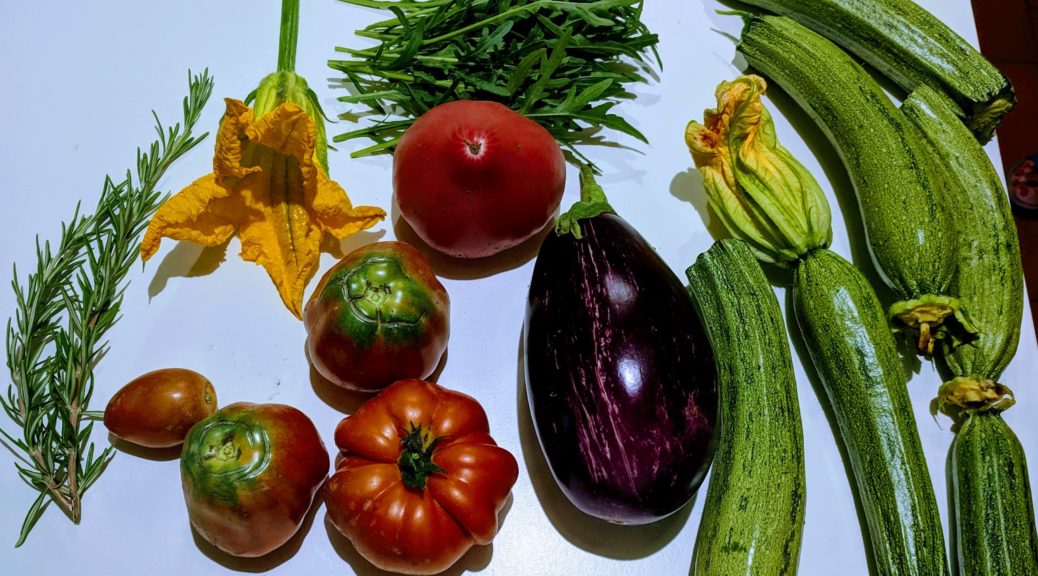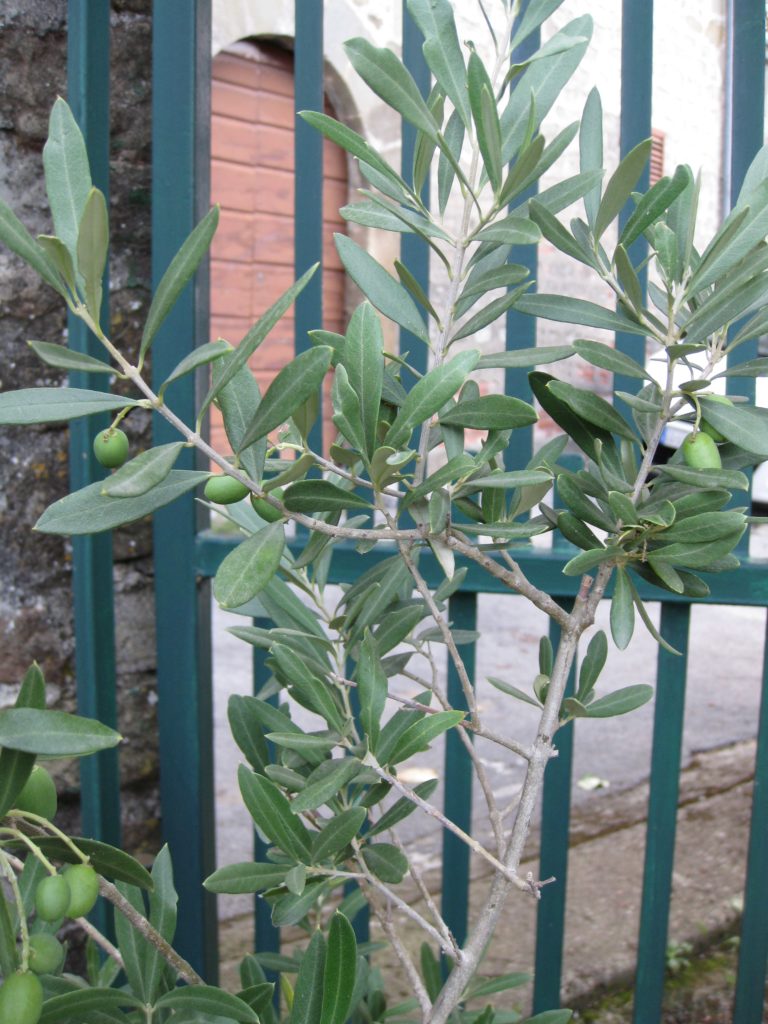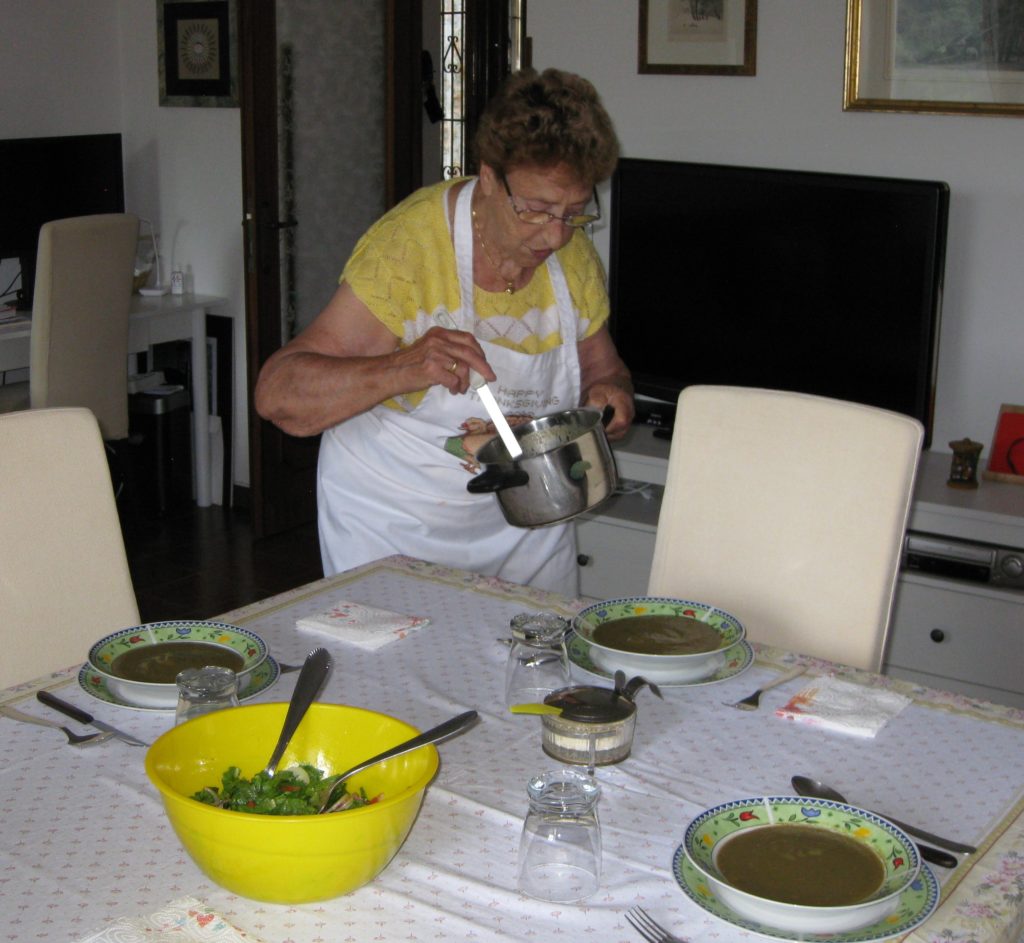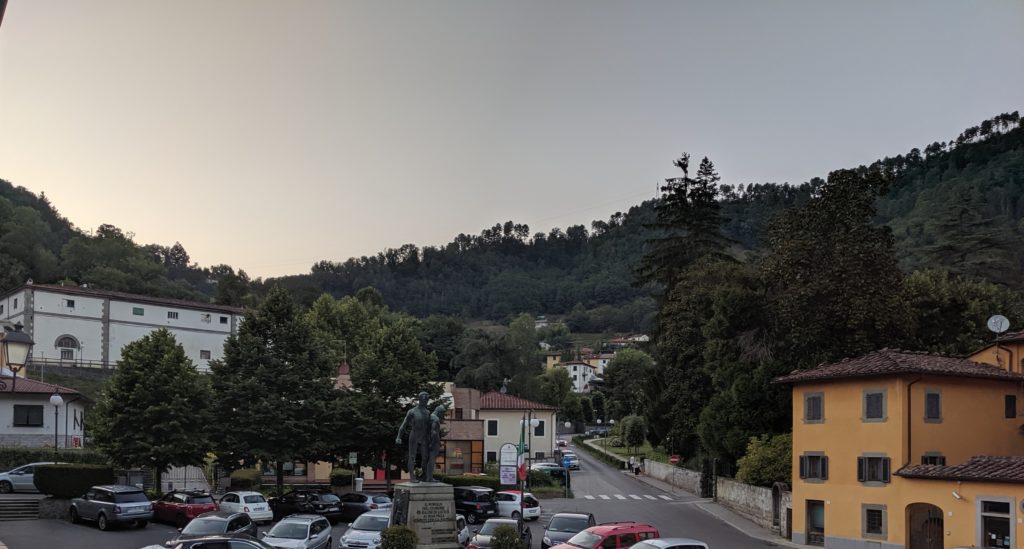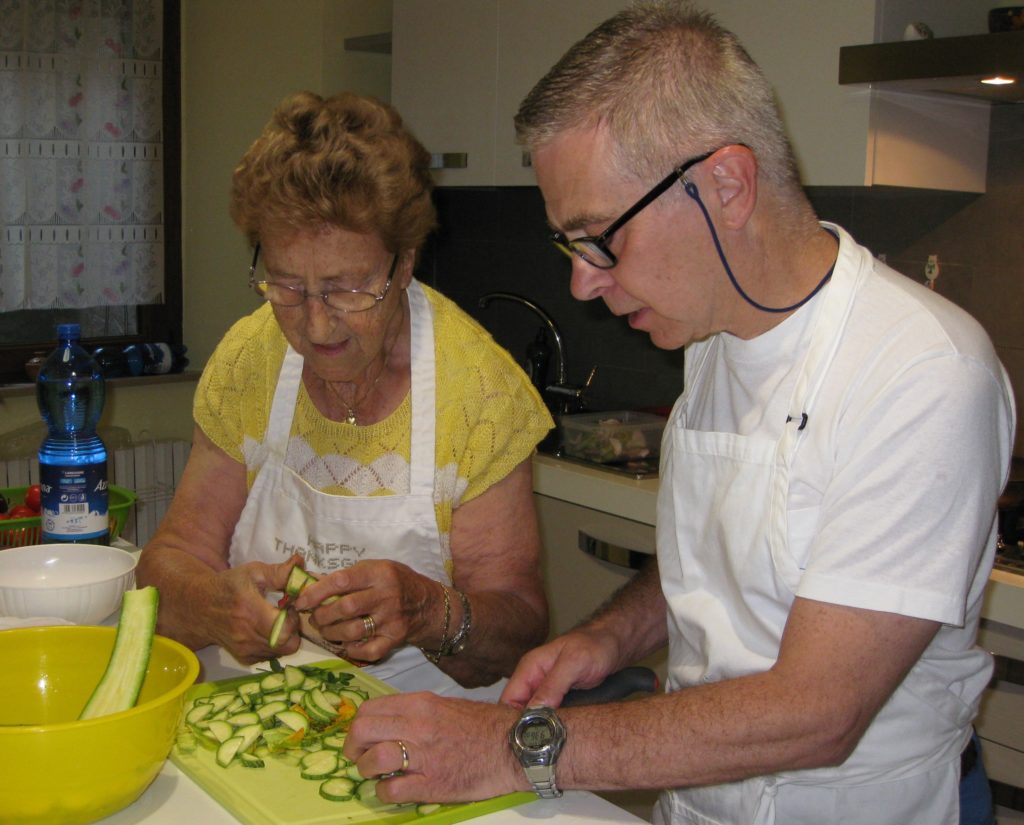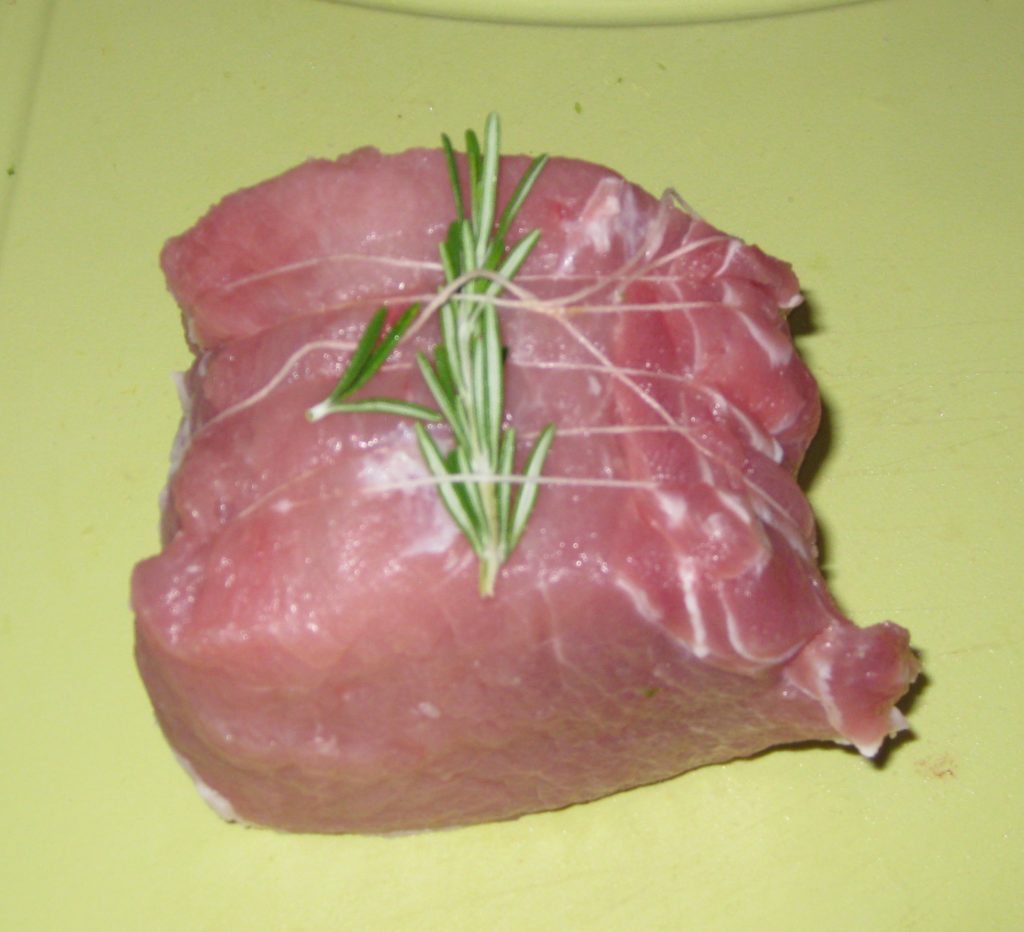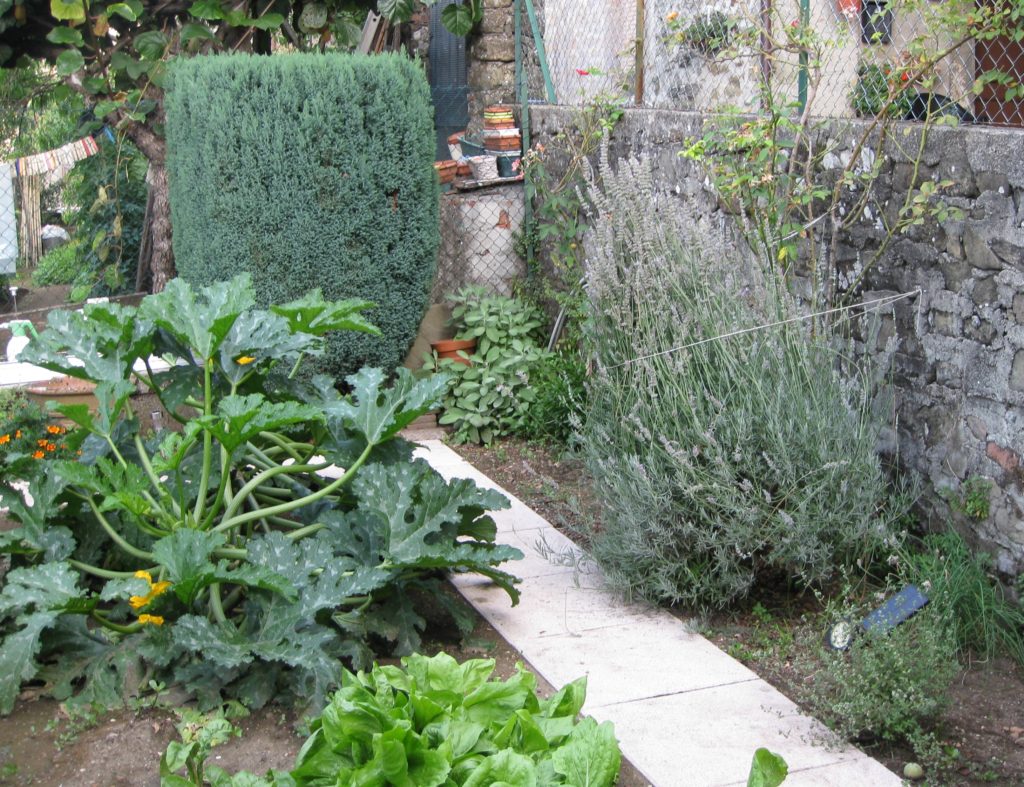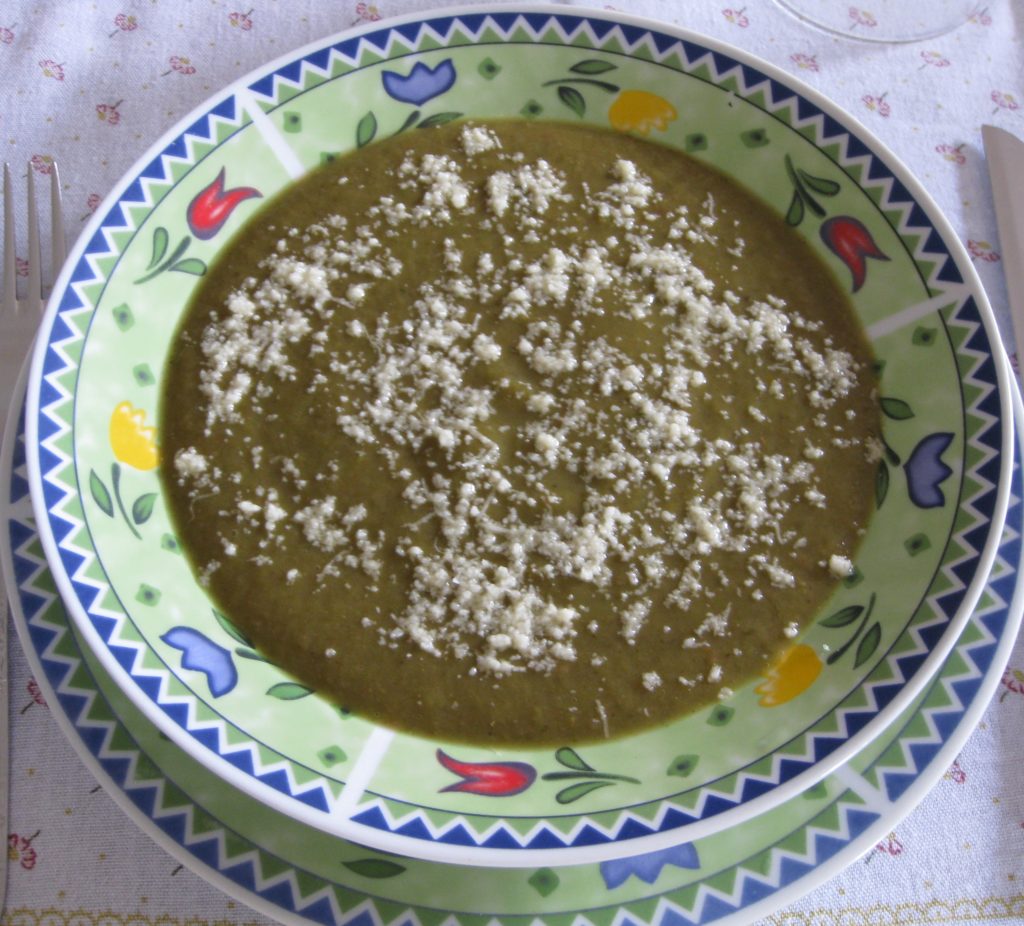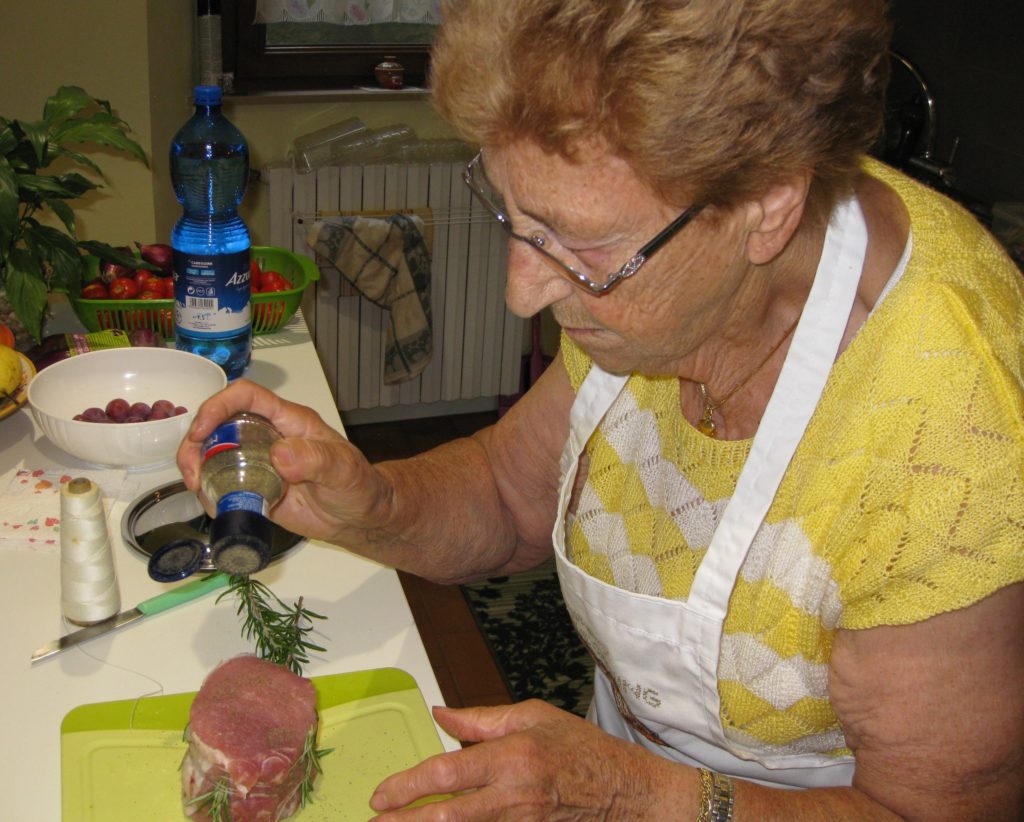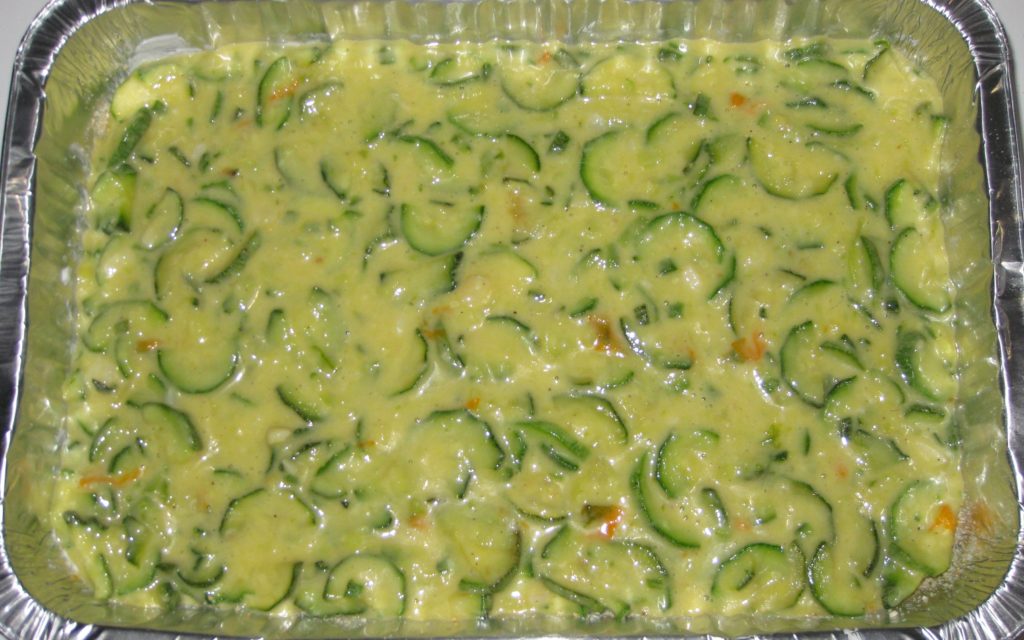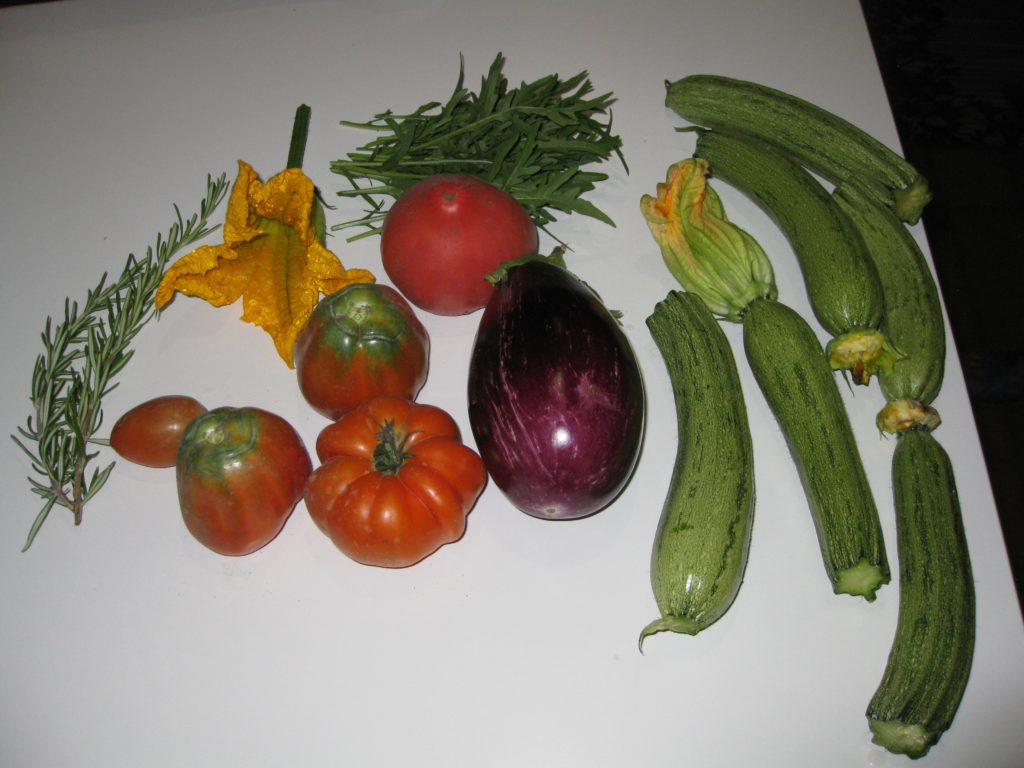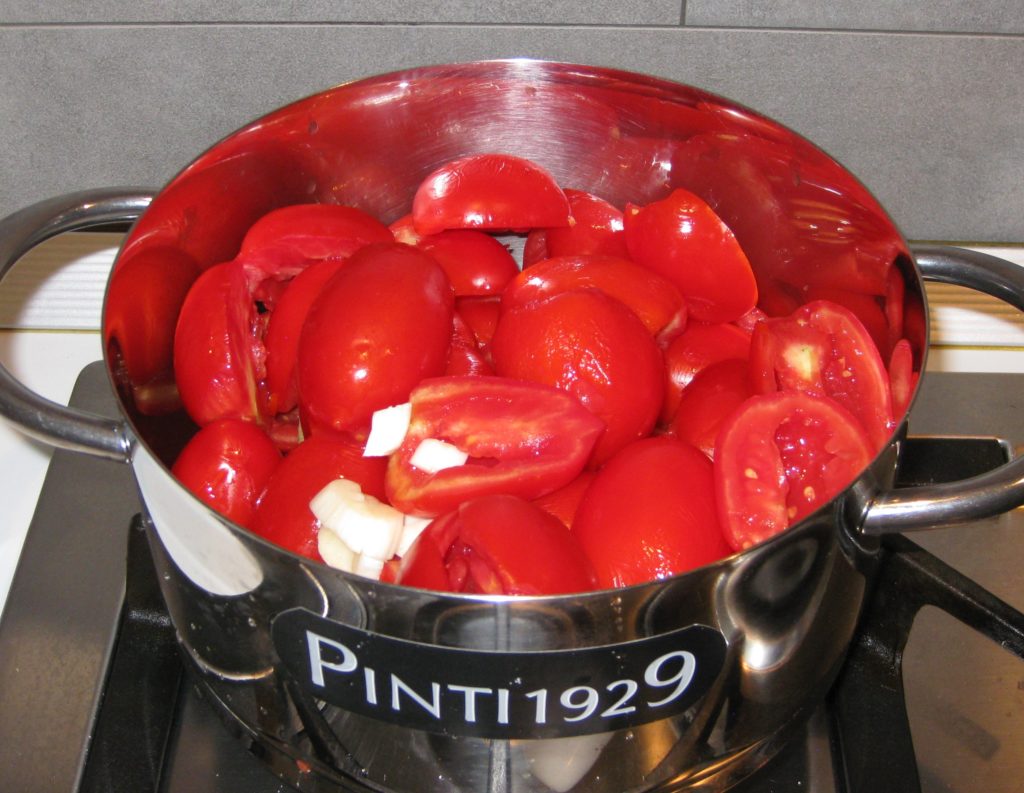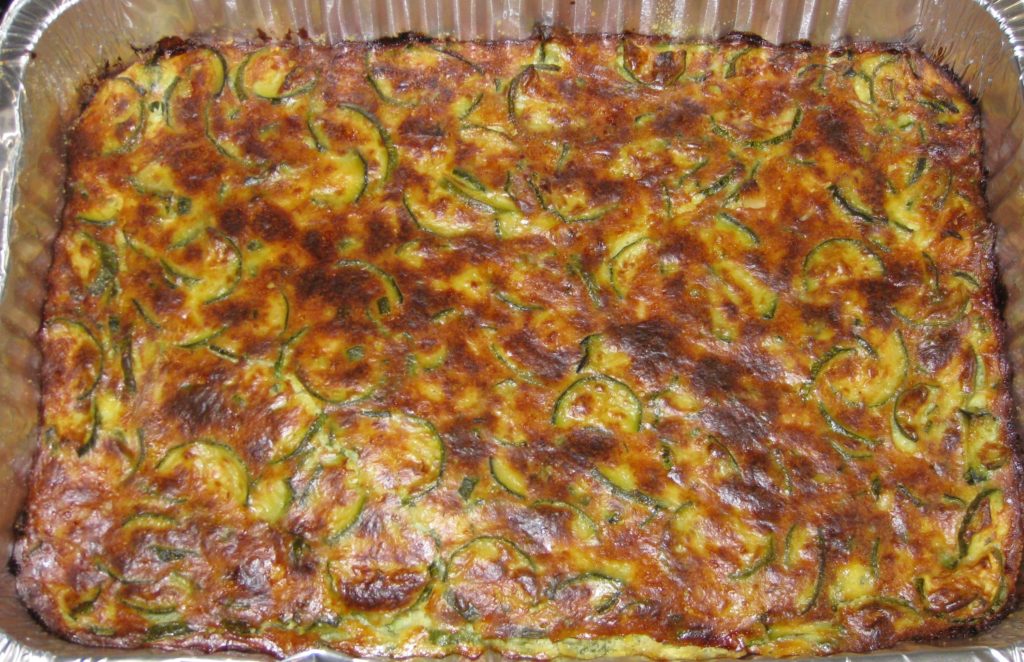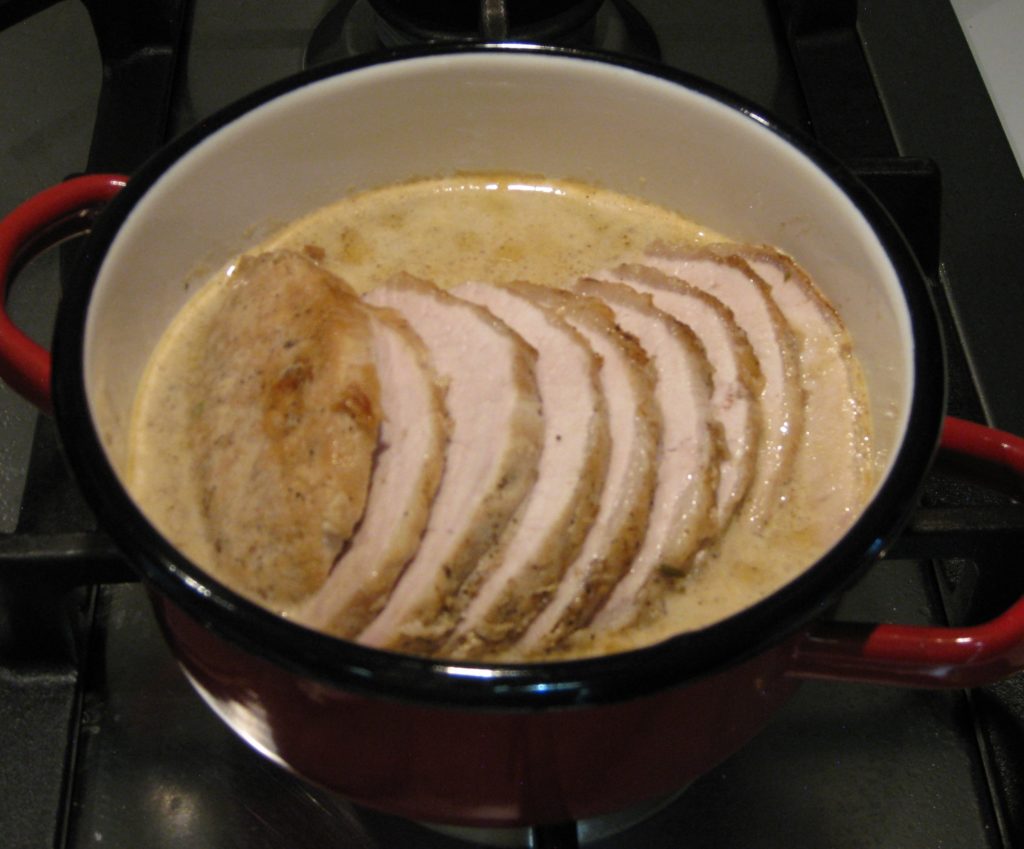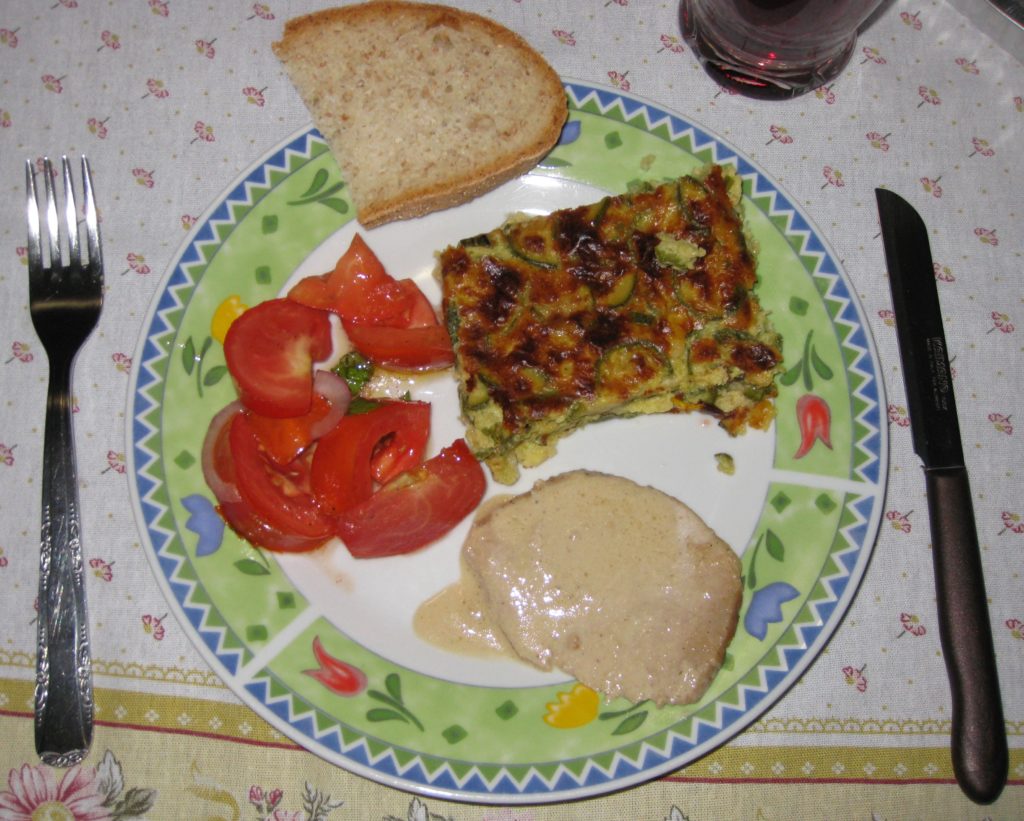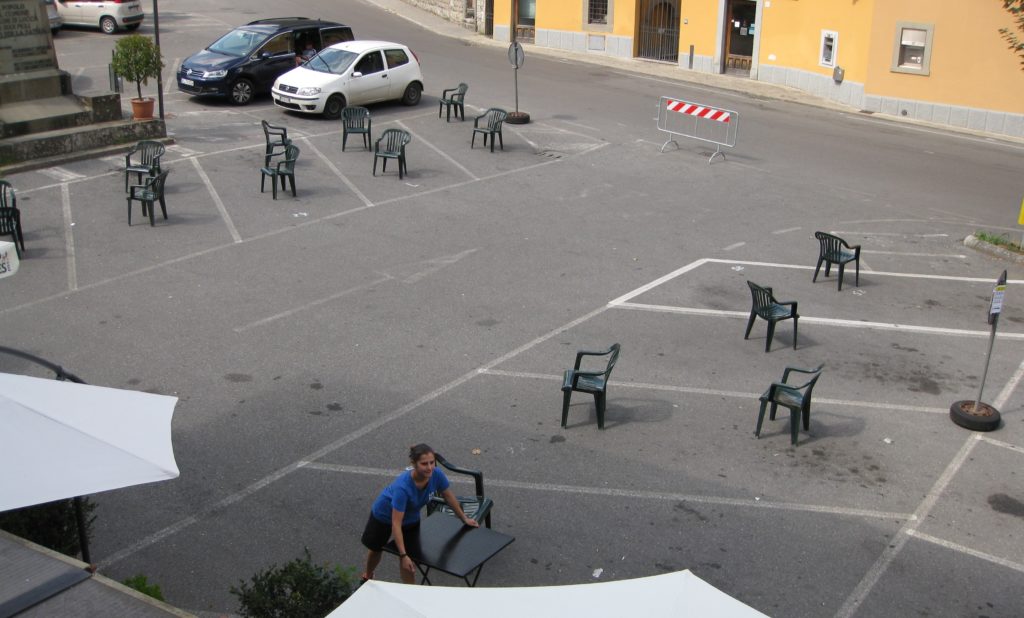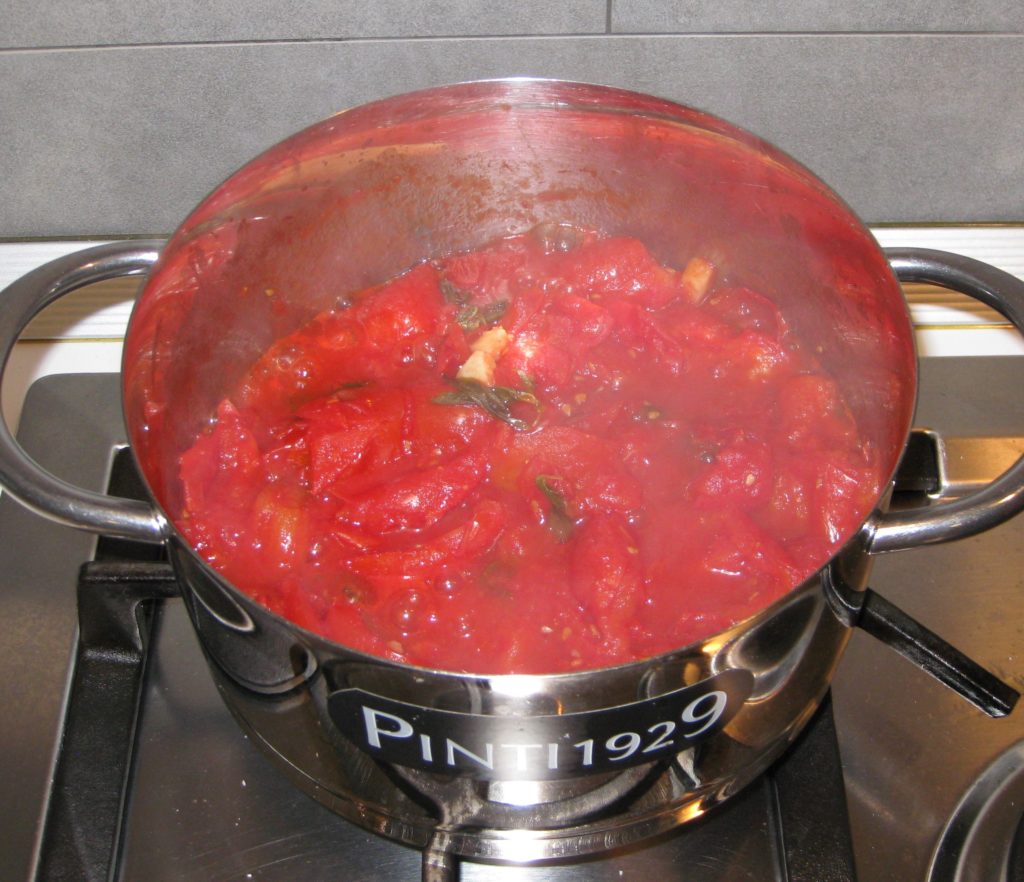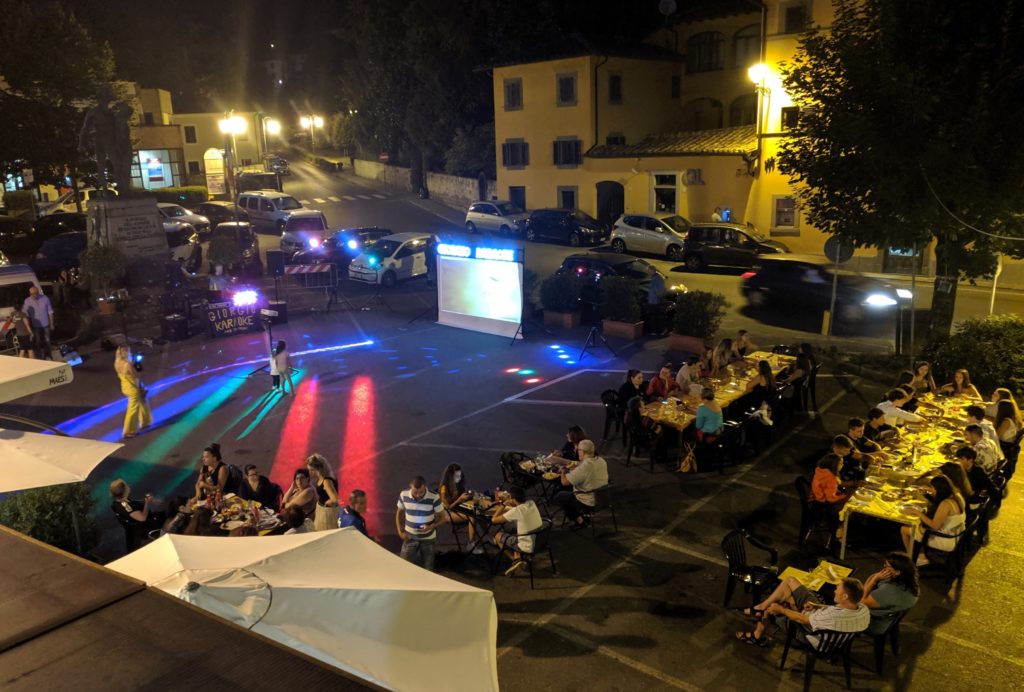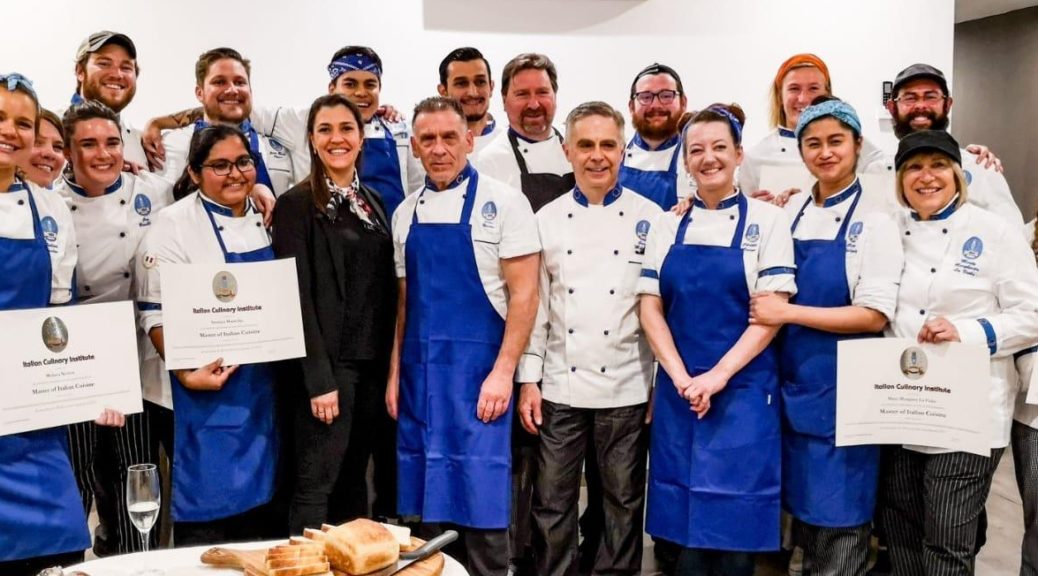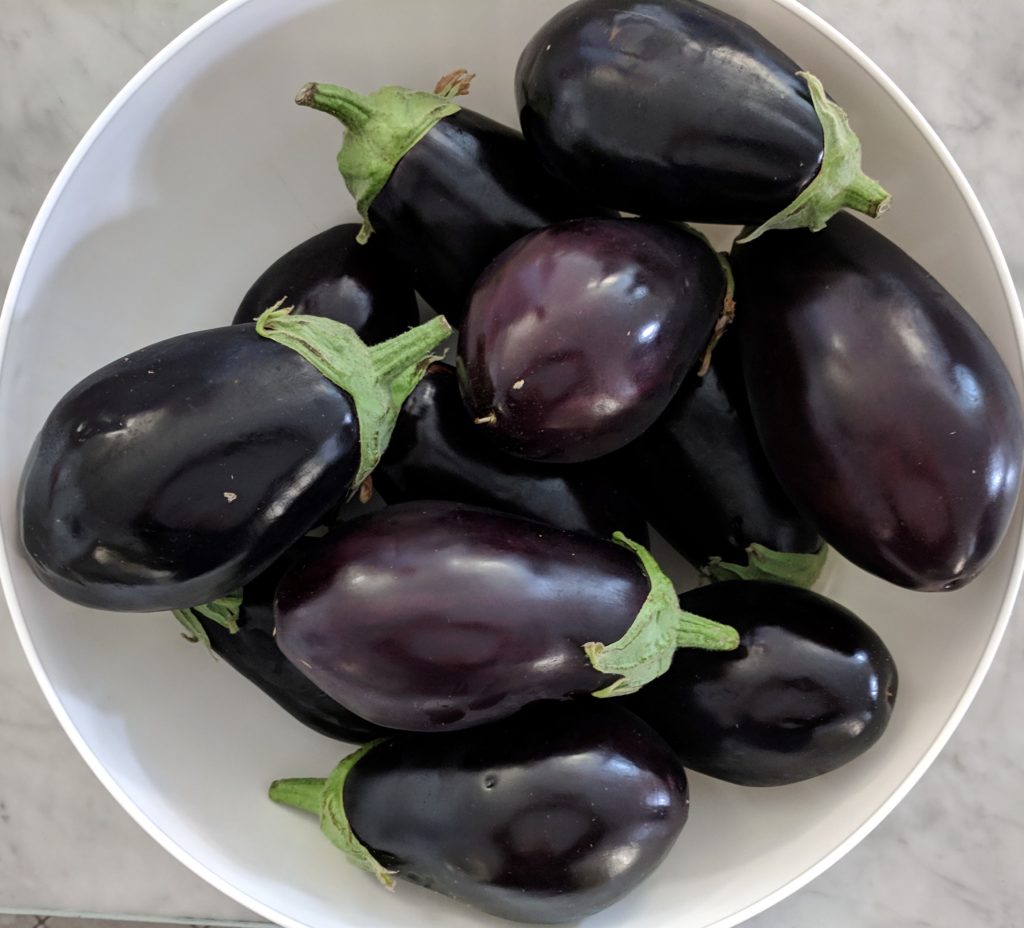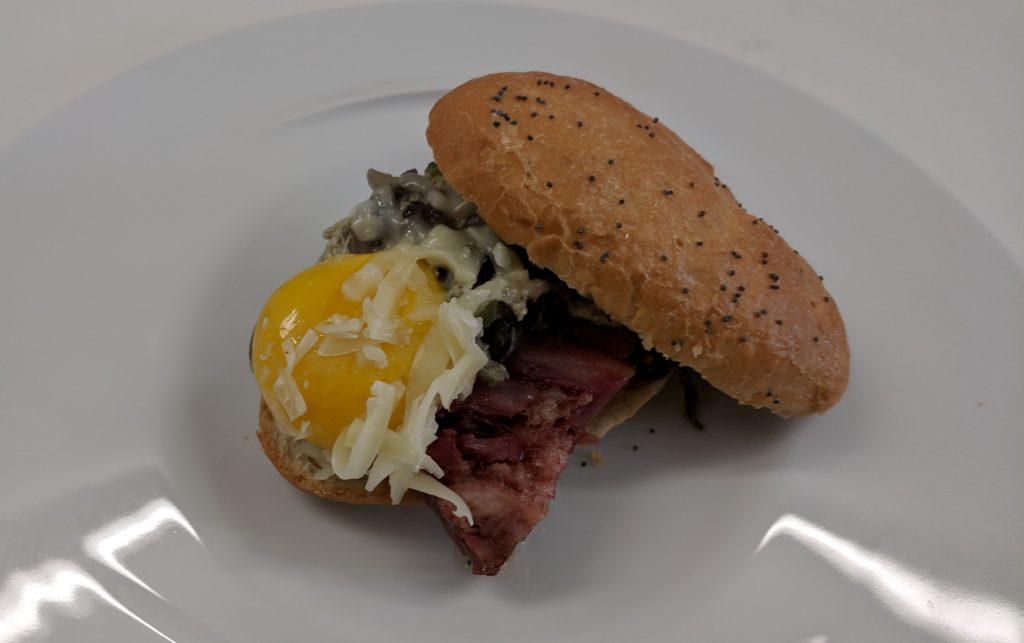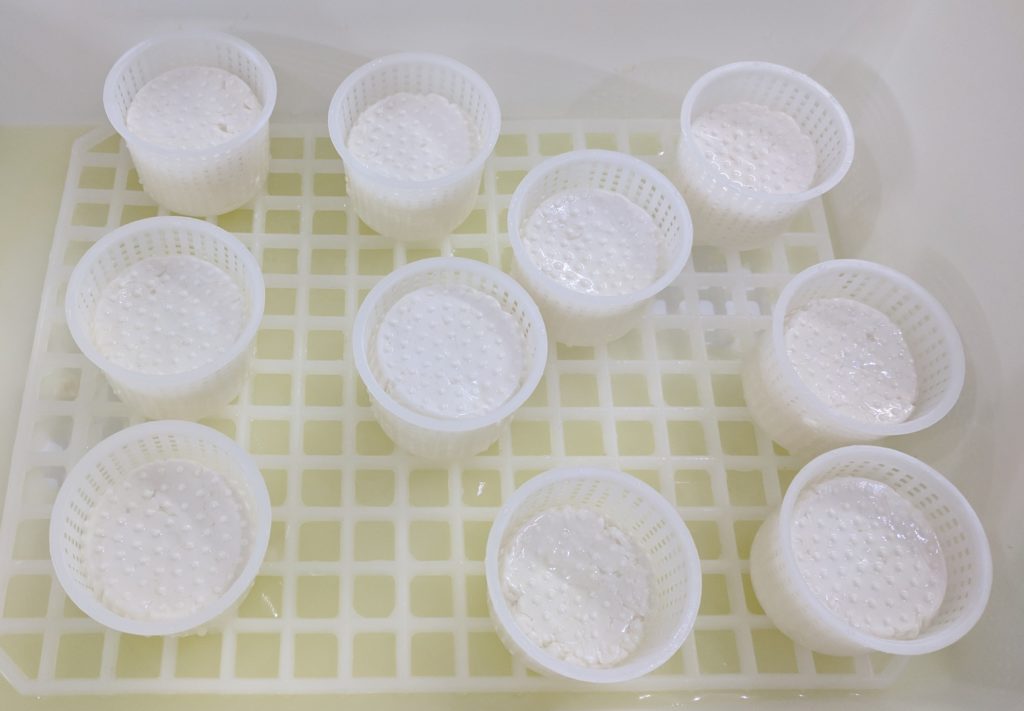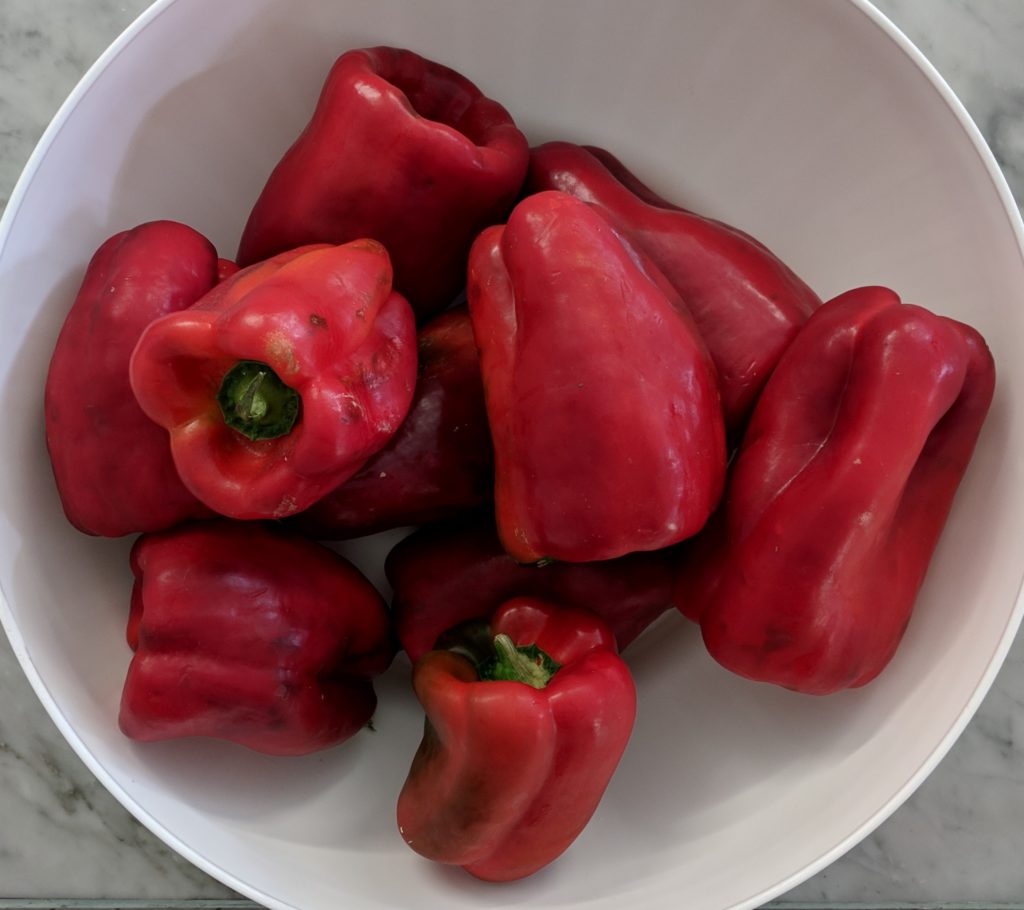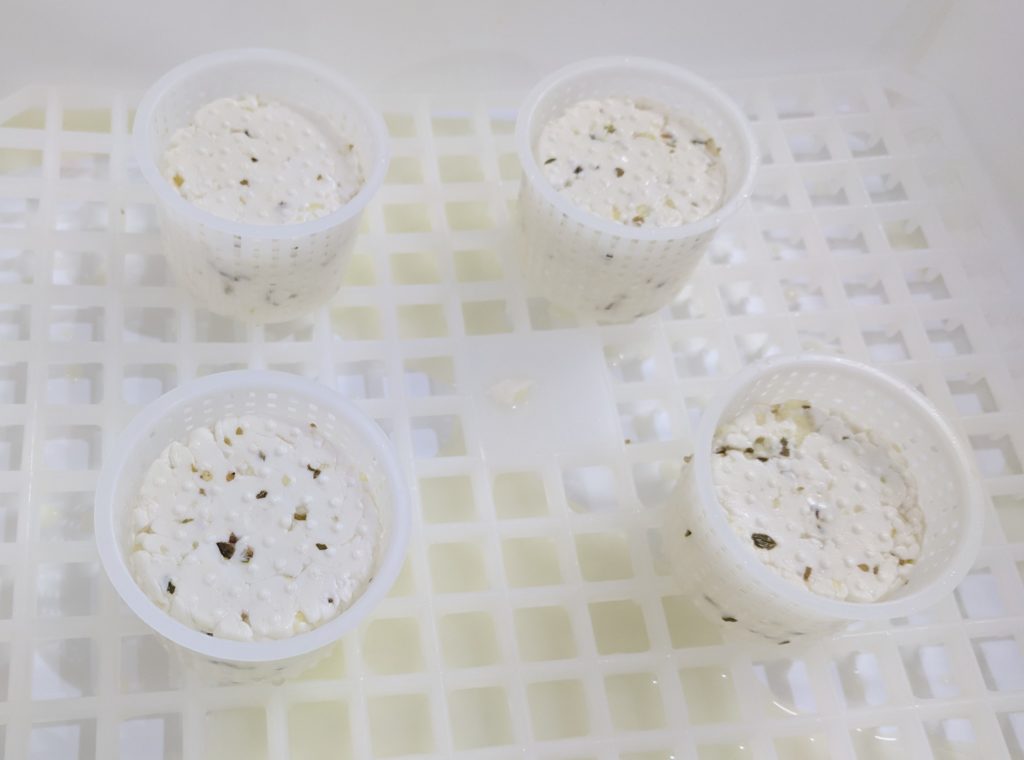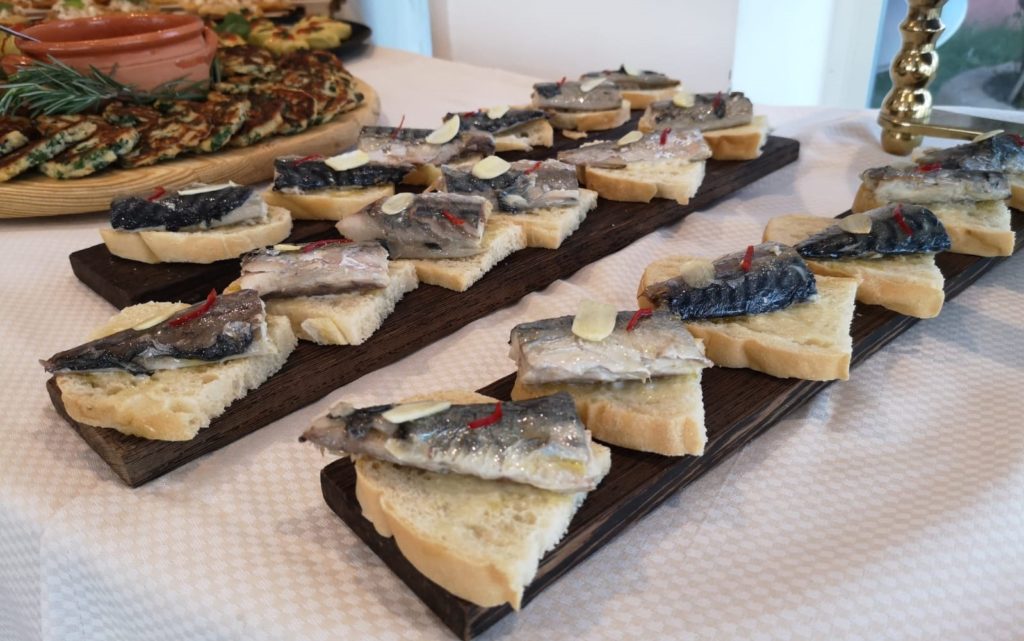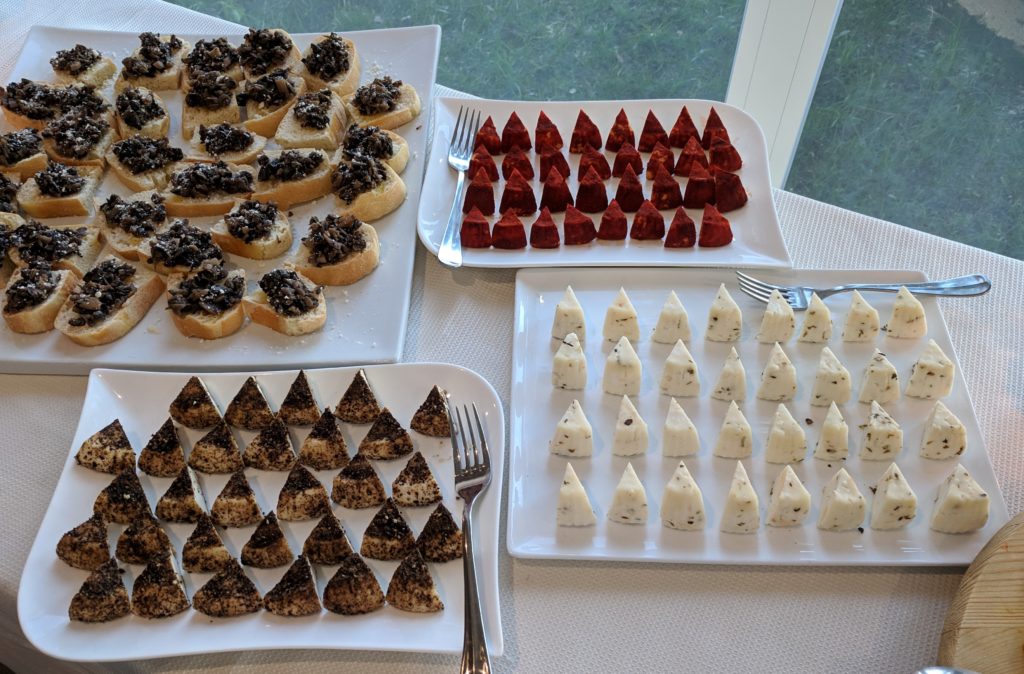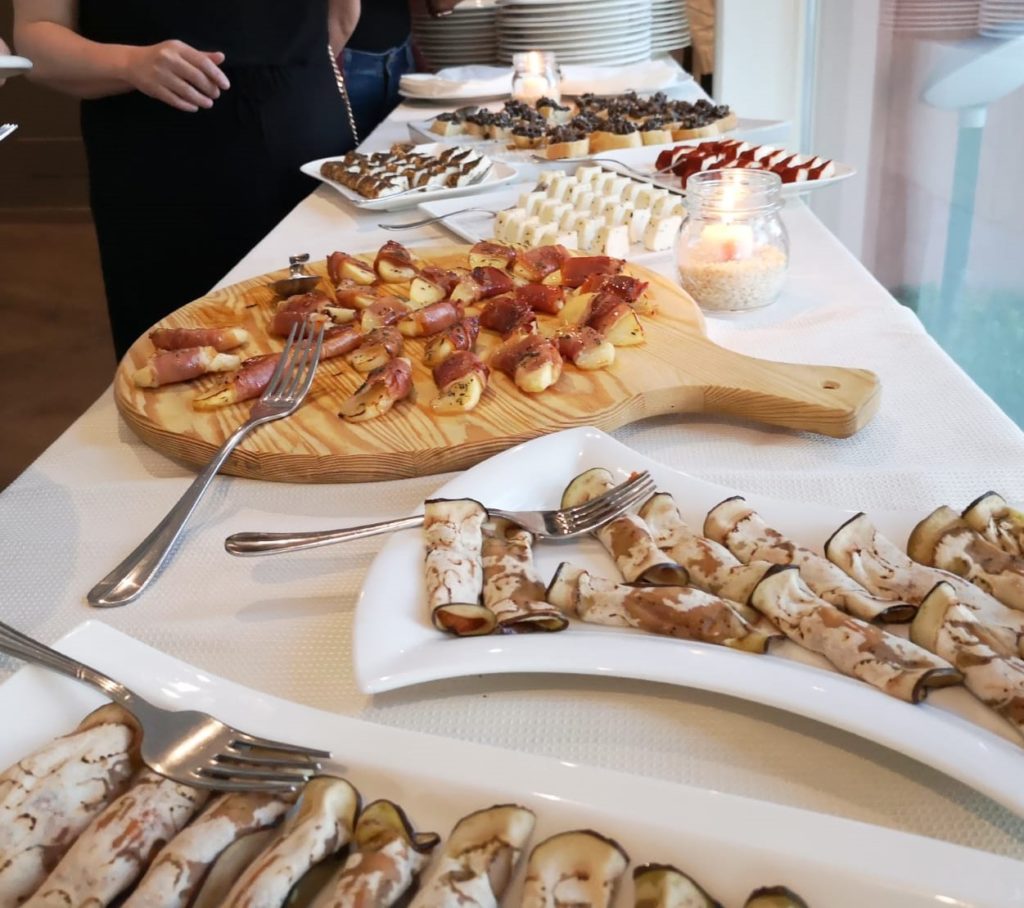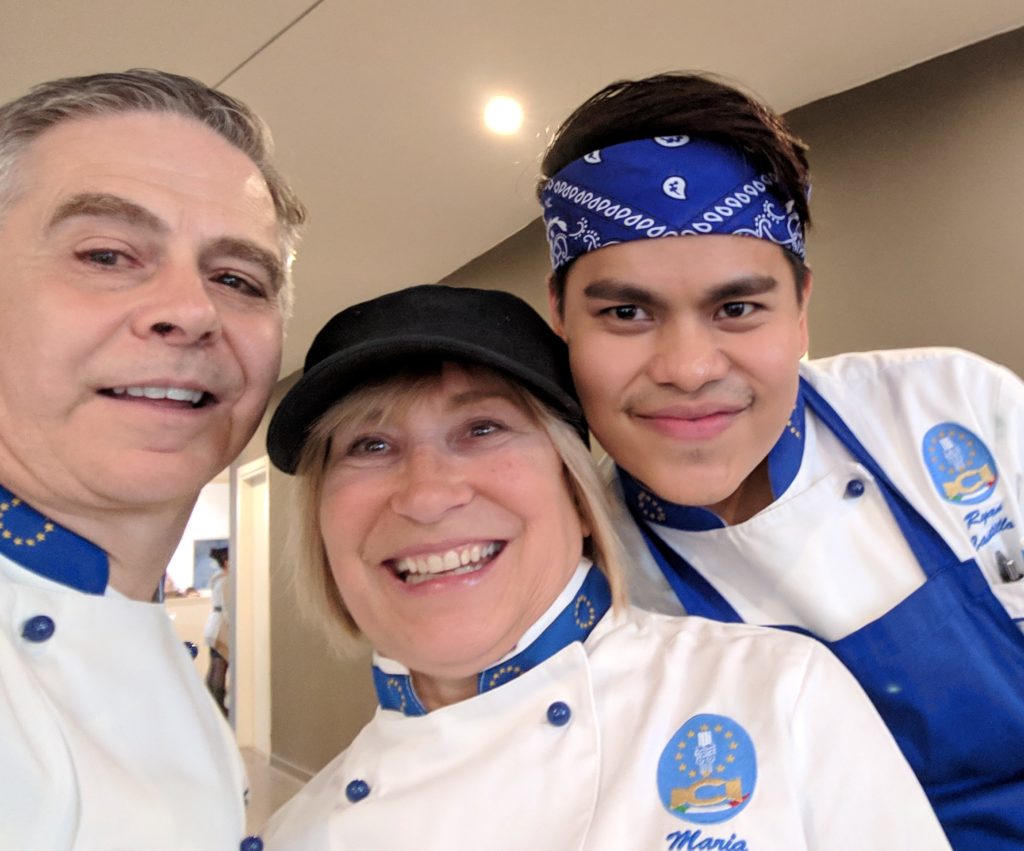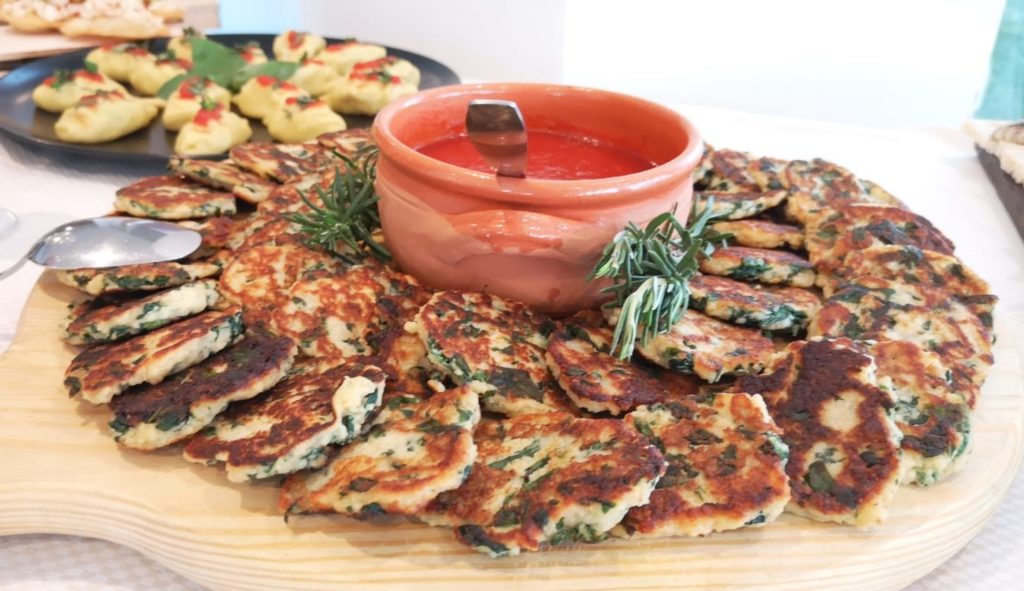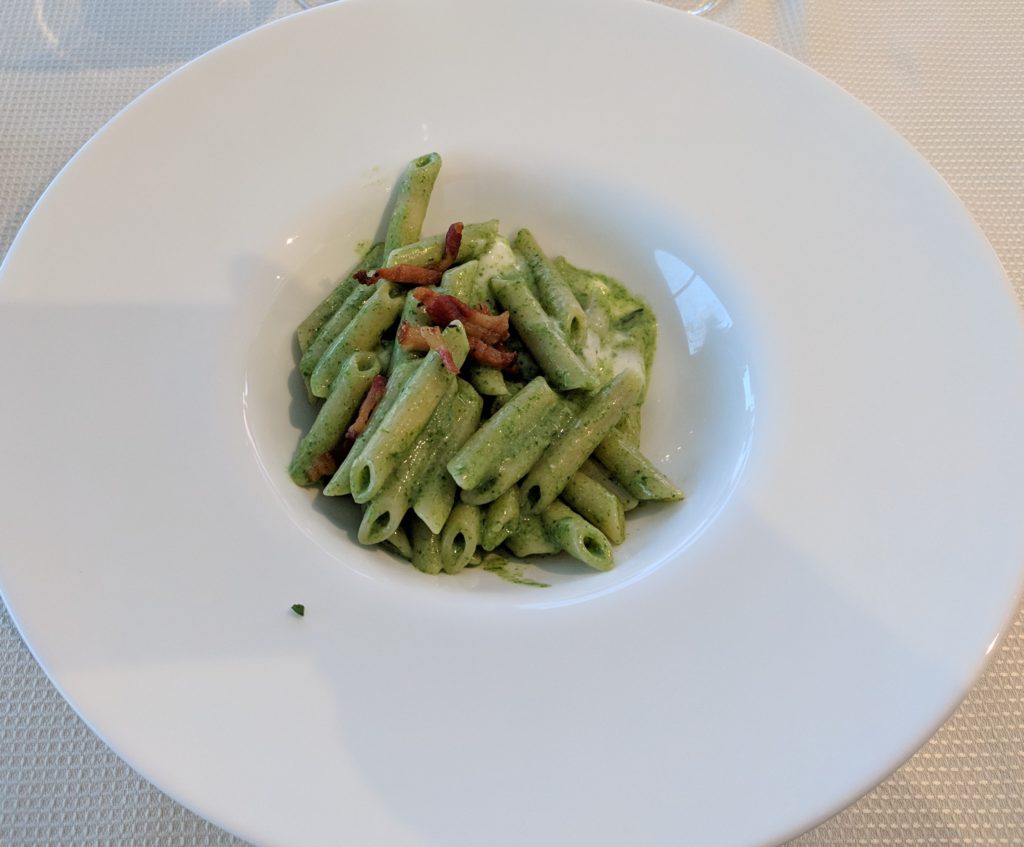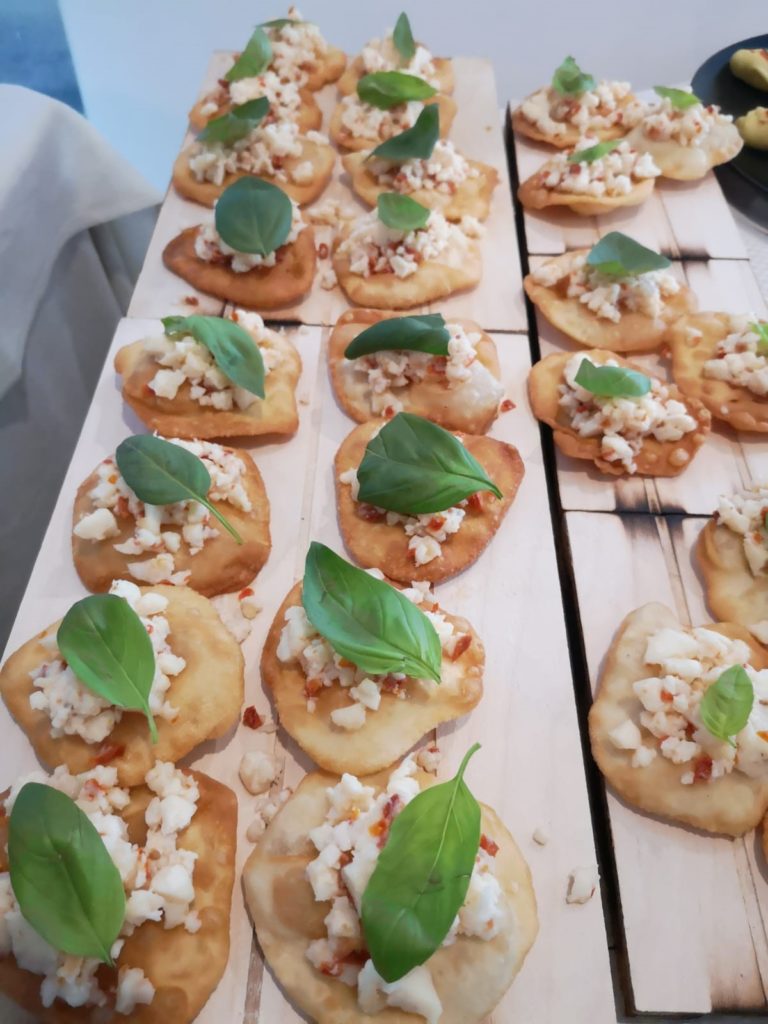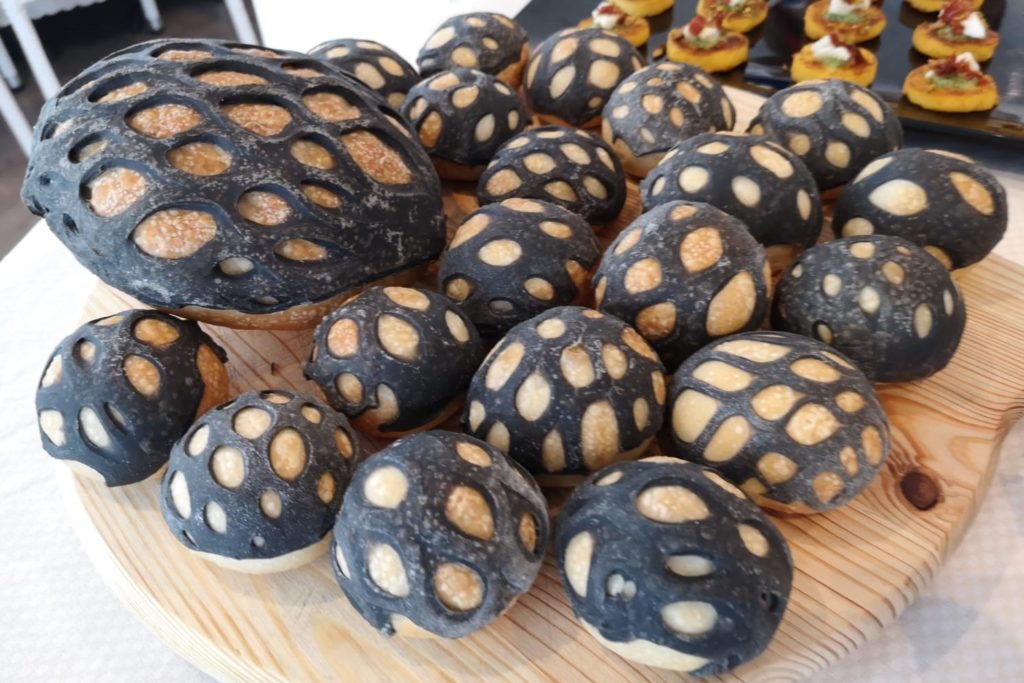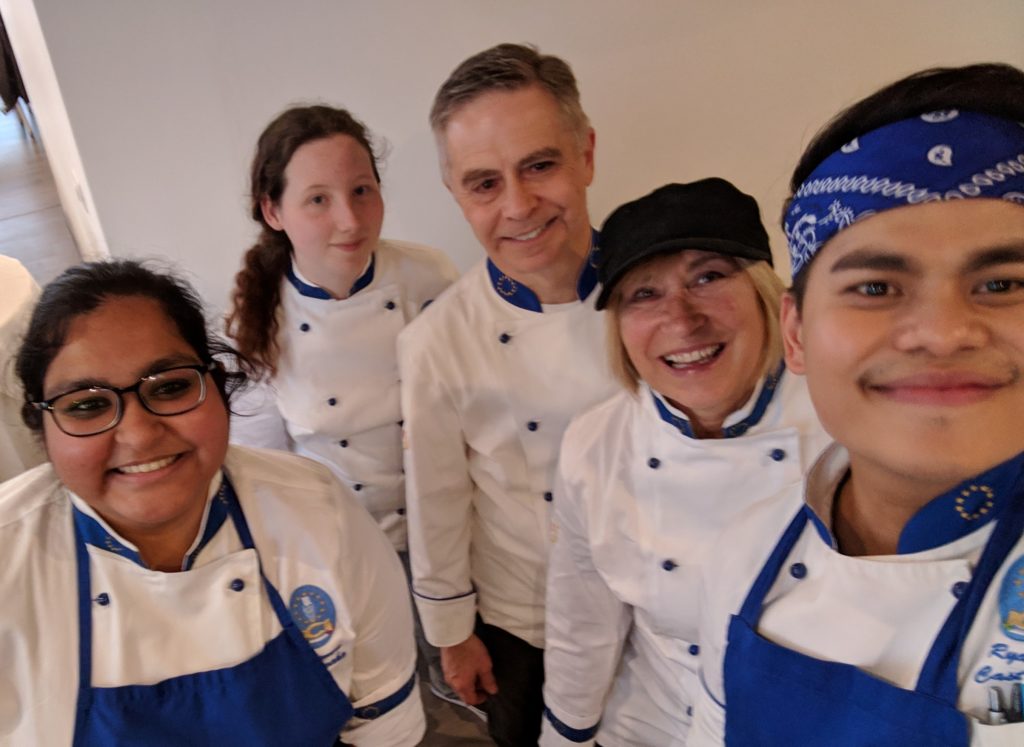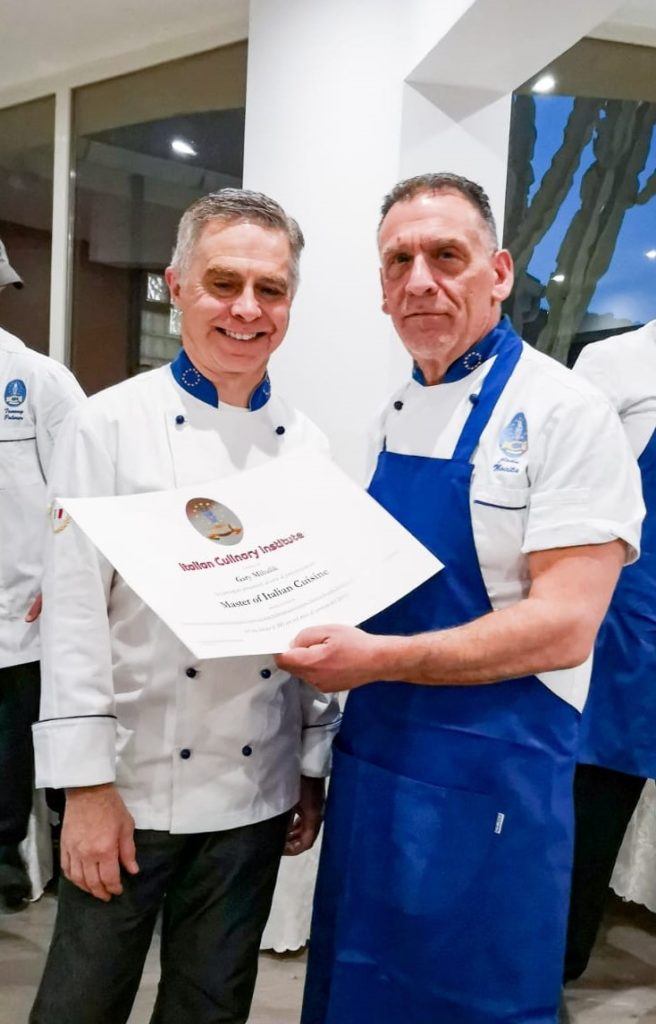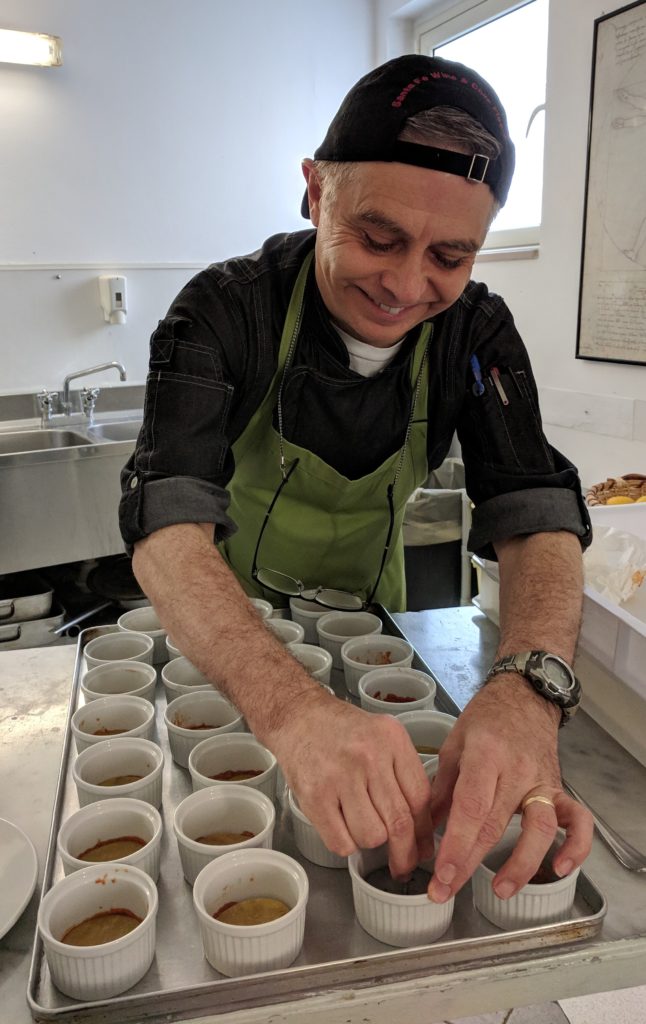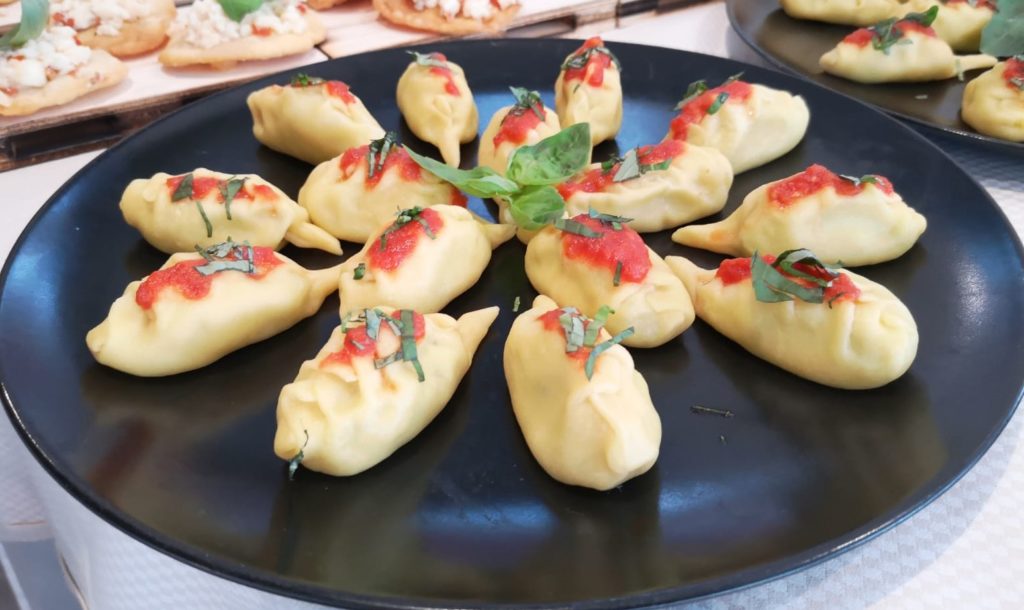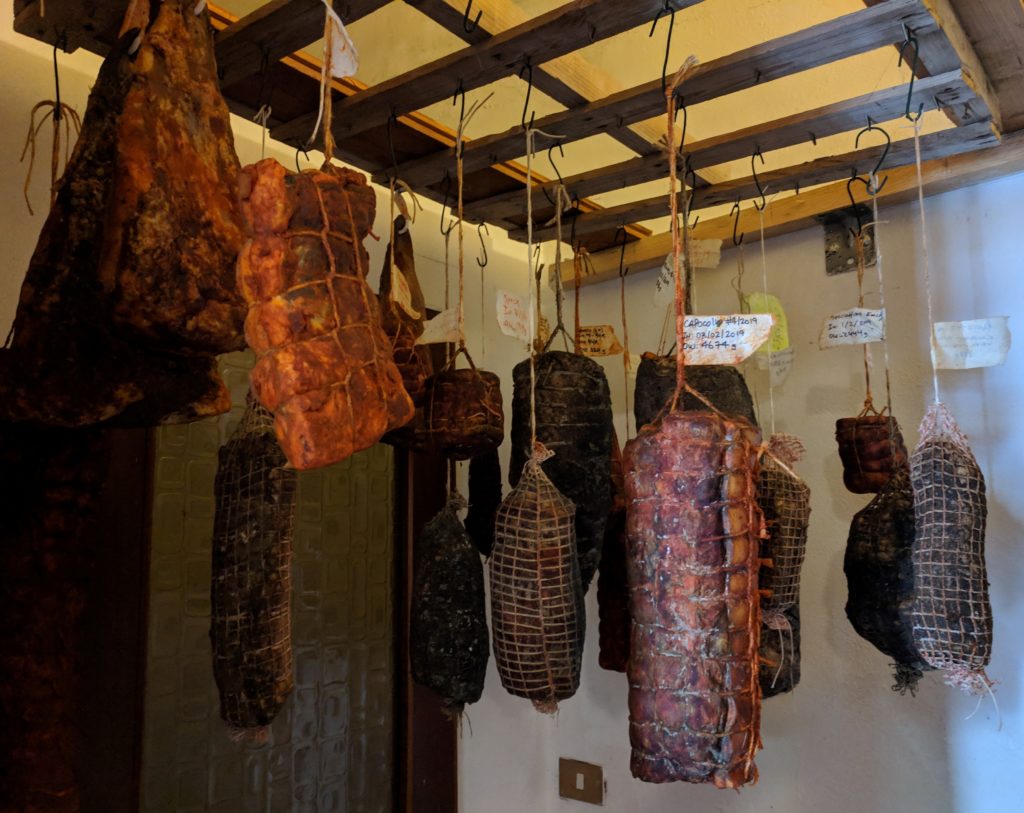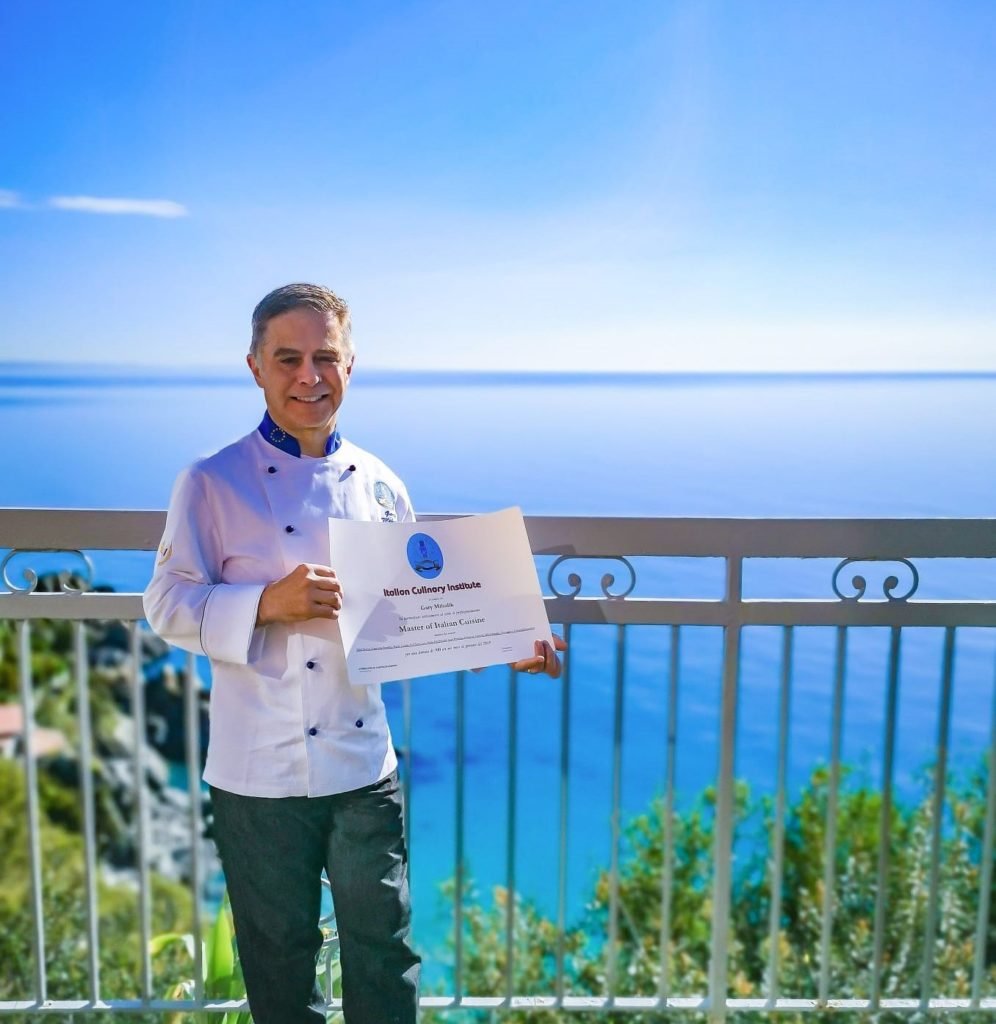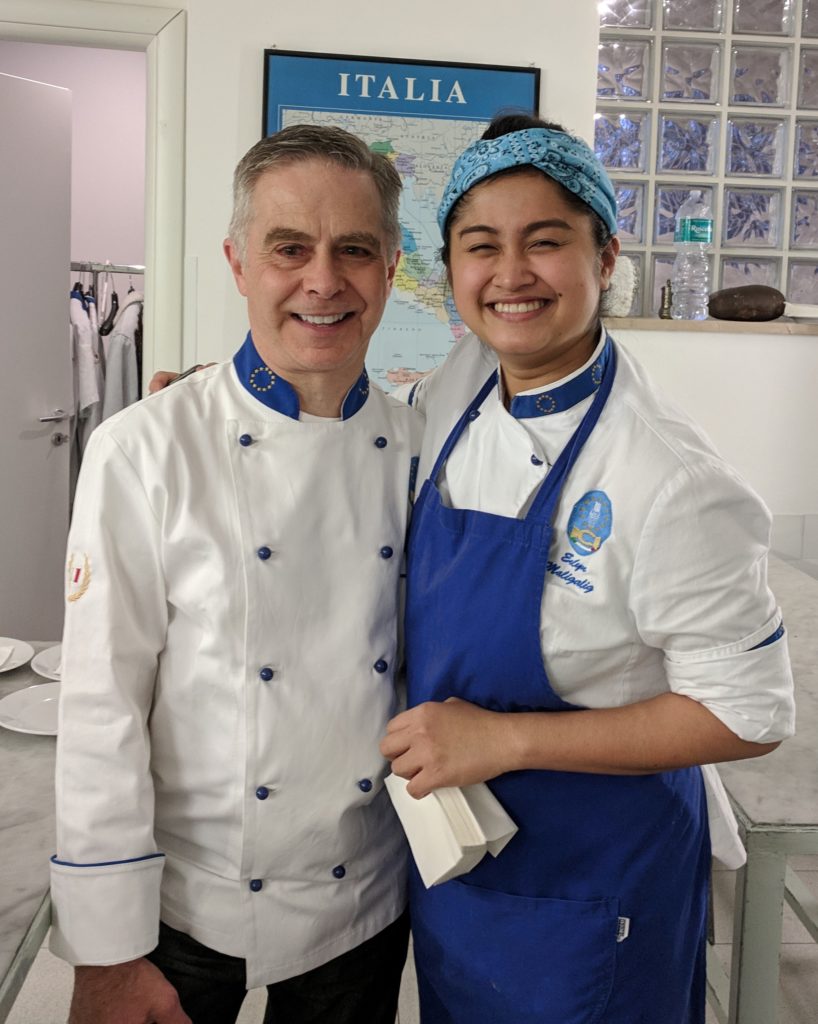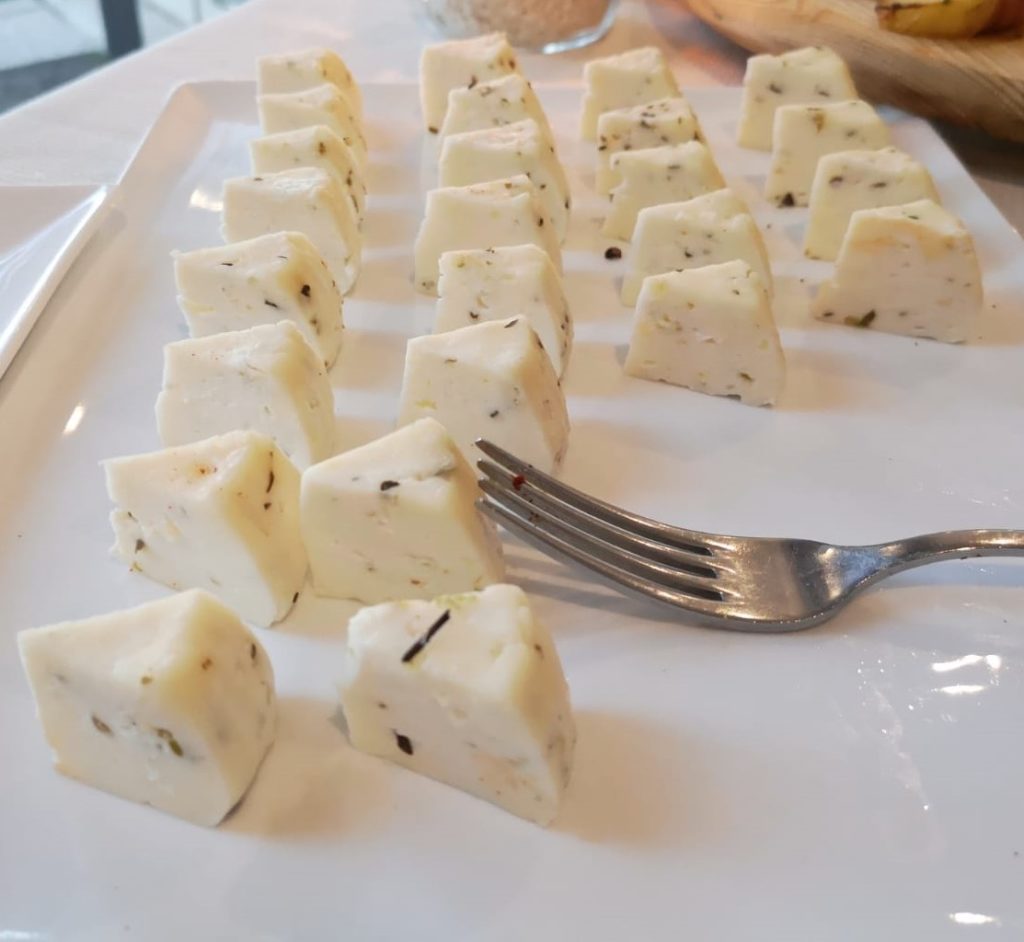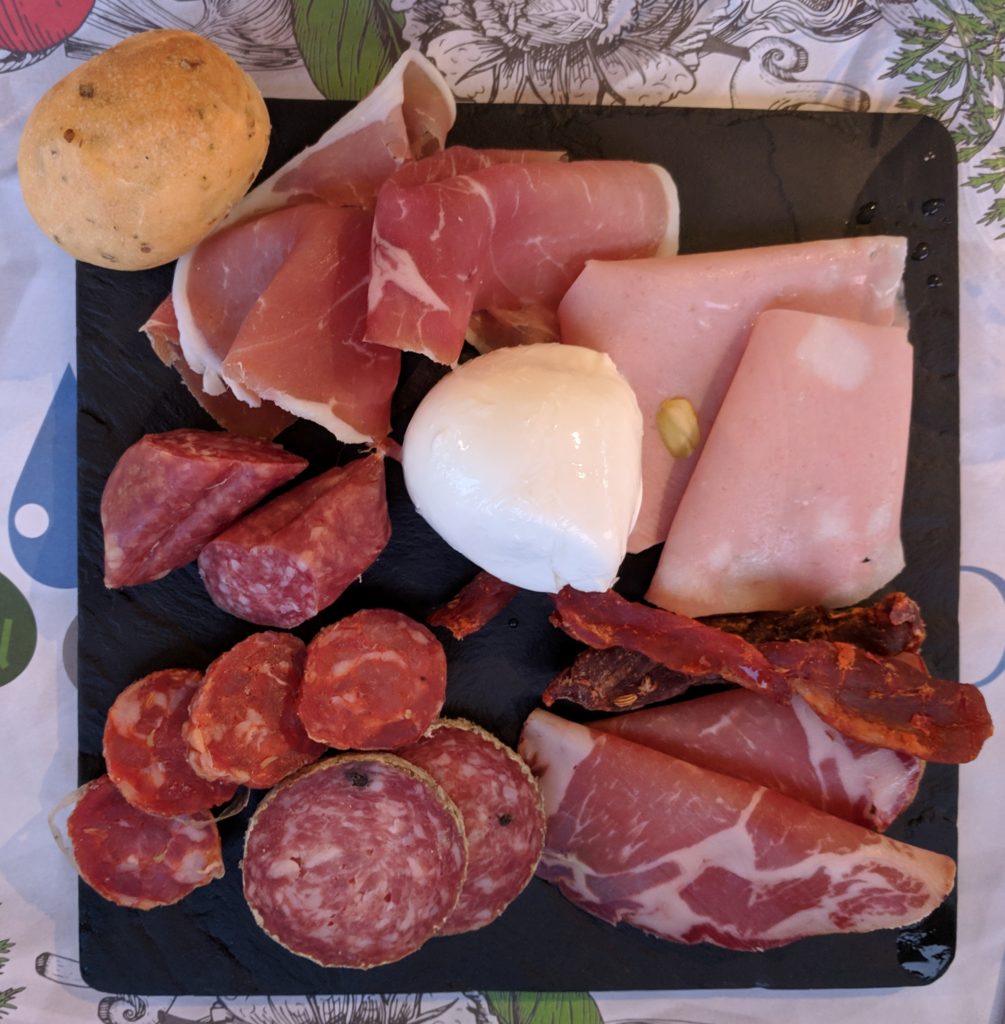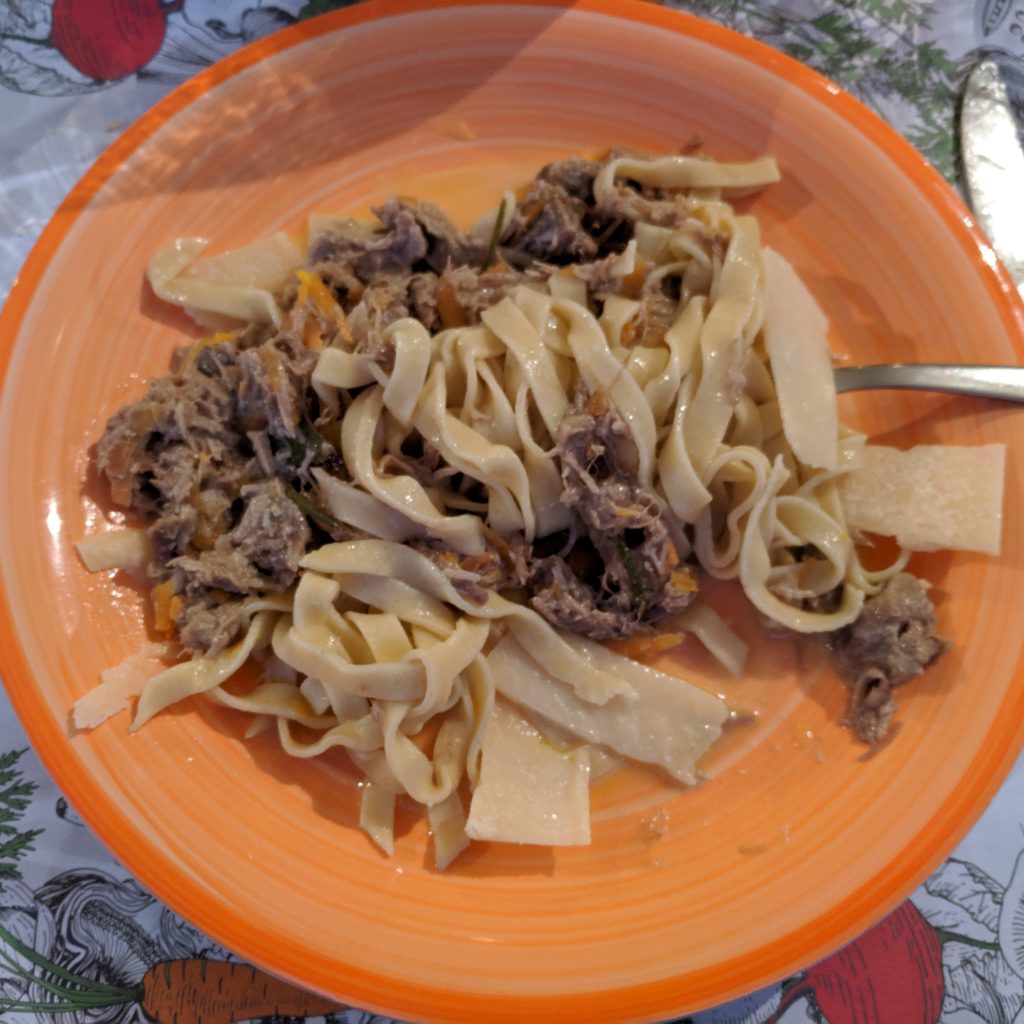September 10, 2019
More than a week has passed since I drove from Tuscany to Calabria. It was an uneventful drive. I only missed one turn, very early on. Google Maps was indicating an upcoming right turn on the outskirts of Lucca. I began to slow down as the GPS system indicated I was nearing the turn but it seemed to me that the positioning was not quite right on the GPS system (as happens sometimes) and I didn’t slow down enough. Just when the map indicated I should turn right, there appeared a narrow two-lane road cut through a field that was not visible until I was on top of it. It was too late to turn.
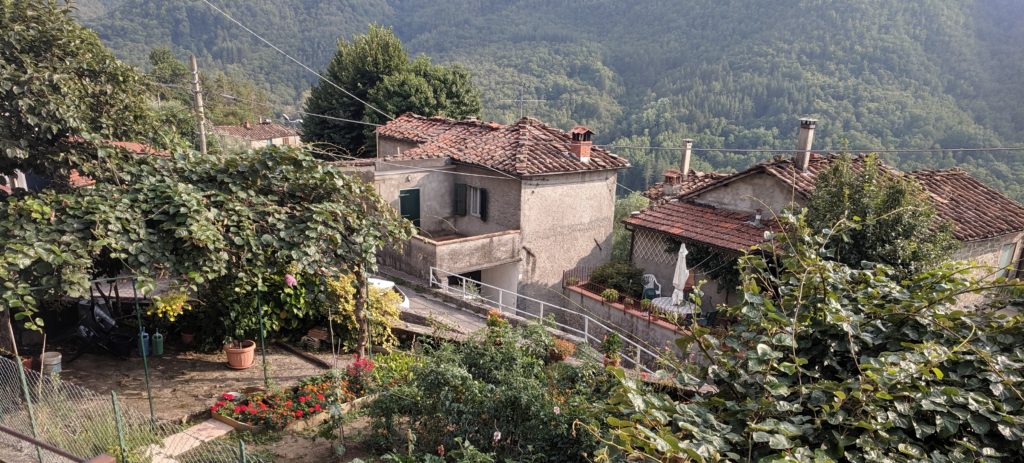
The disembodied and calming voice of my Google Assistant said I should make the next right turn (which was visible from a distance). Less than a minute later, I was back where I needed to be.
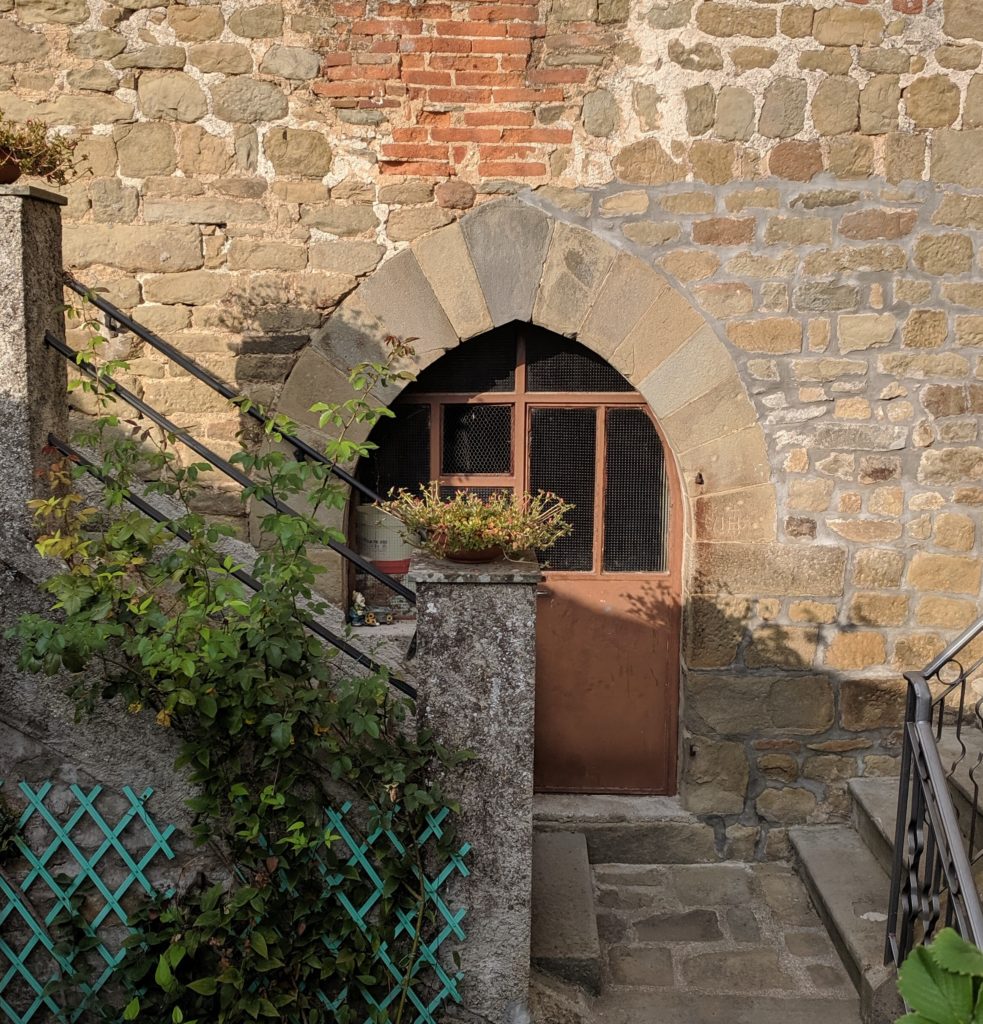
Nine hundred sixty-nine kilometers. That’s how far Google said the drive was. It took 9 hours 45 minutes, including a few quick stops. There was no traffic as I drove from north to south. The bumper-to-bumper traffic was from south to north as many Italians end their summer holidays at the beaches of southern Italy on August 31st, the day I was traveling south to Calabria.
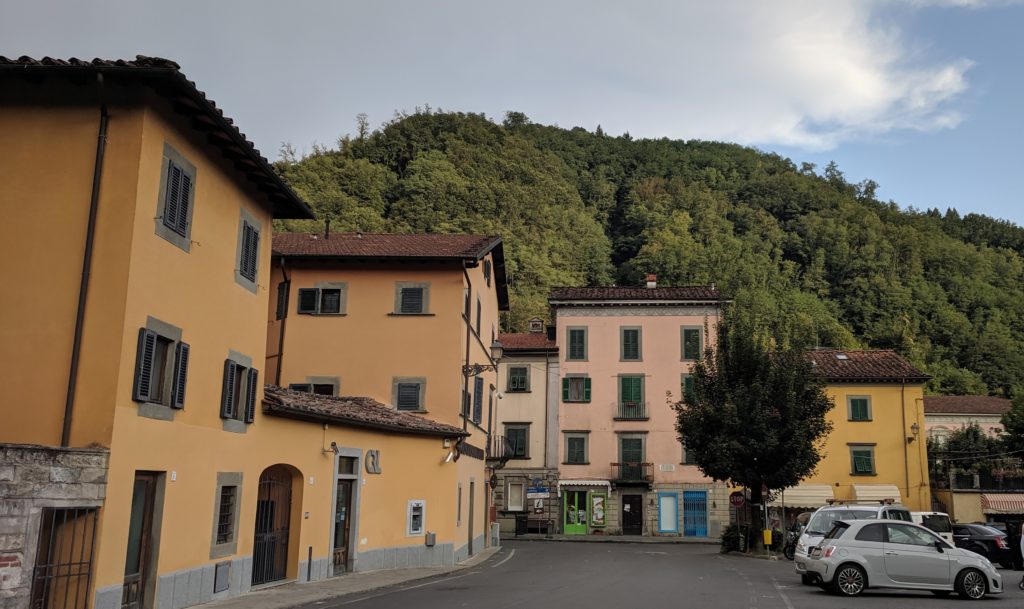
I never did manage to get lunch that day. I stopped at an AutoGrill, just over 50% of which is owned by the Benetton family. I looked over the offerings in the display case, some of which were labeled but many of which were not. There was a flock of Italians all talking to the staff behind the counter to determine what was on offer among all the unlabeled items. (Everything in Italy involves interaction and negotiation, including driving, where drivers subtly…or not so subtly…negotiate with you how you and they will occupy the road. Lane markers are viewed as decoration or, at best (from an American standpoint), as are mere suggestions of where cars should be.)
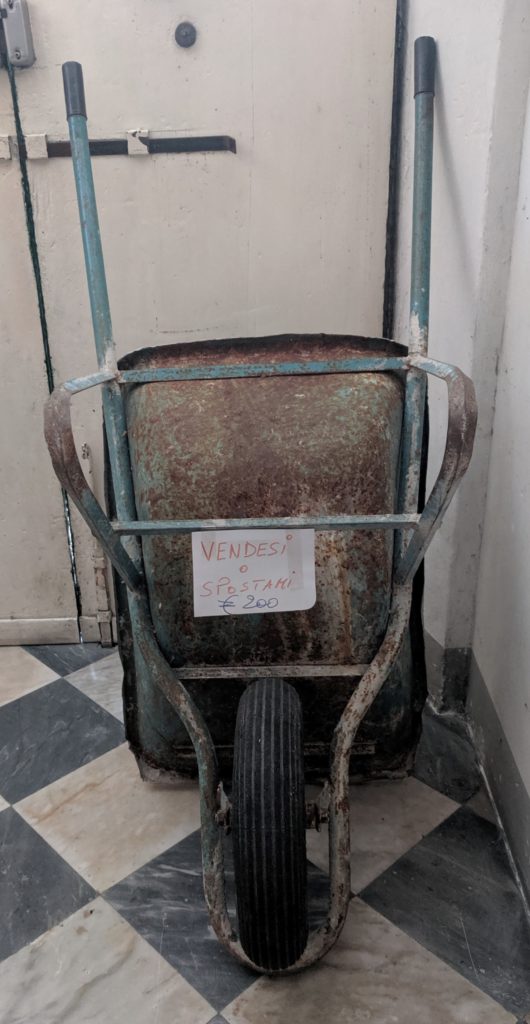
But back to the AutoGrill. I decided that I would order a panino, many of which were labeled, as opposed to the calzone and other dough-encased items, none of which was labeled. The next step is to go to the cashier to pay, after which one returns to the display case to turn in the receipt and get one’s food.
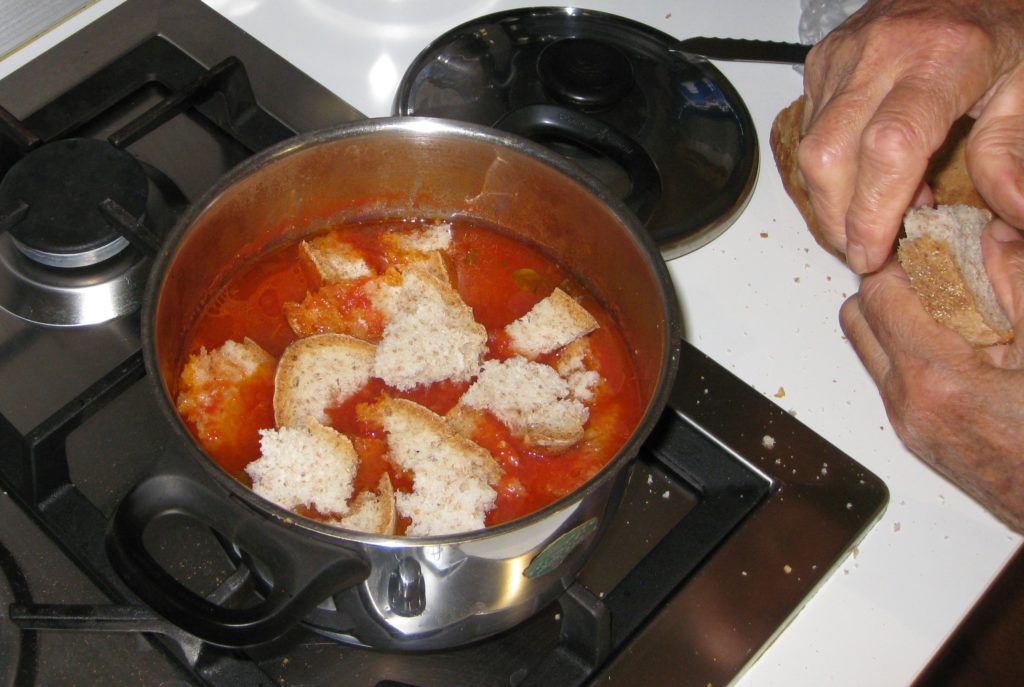
There are several issues with this system. For non-Italian speakers, it means negotiating with the cashier what one wants to purchase. There is no list at the cashier so it requires remembering the item from perusing the display case and being able to describe it sufficiently that the cashier will understand and ring up the correct item.
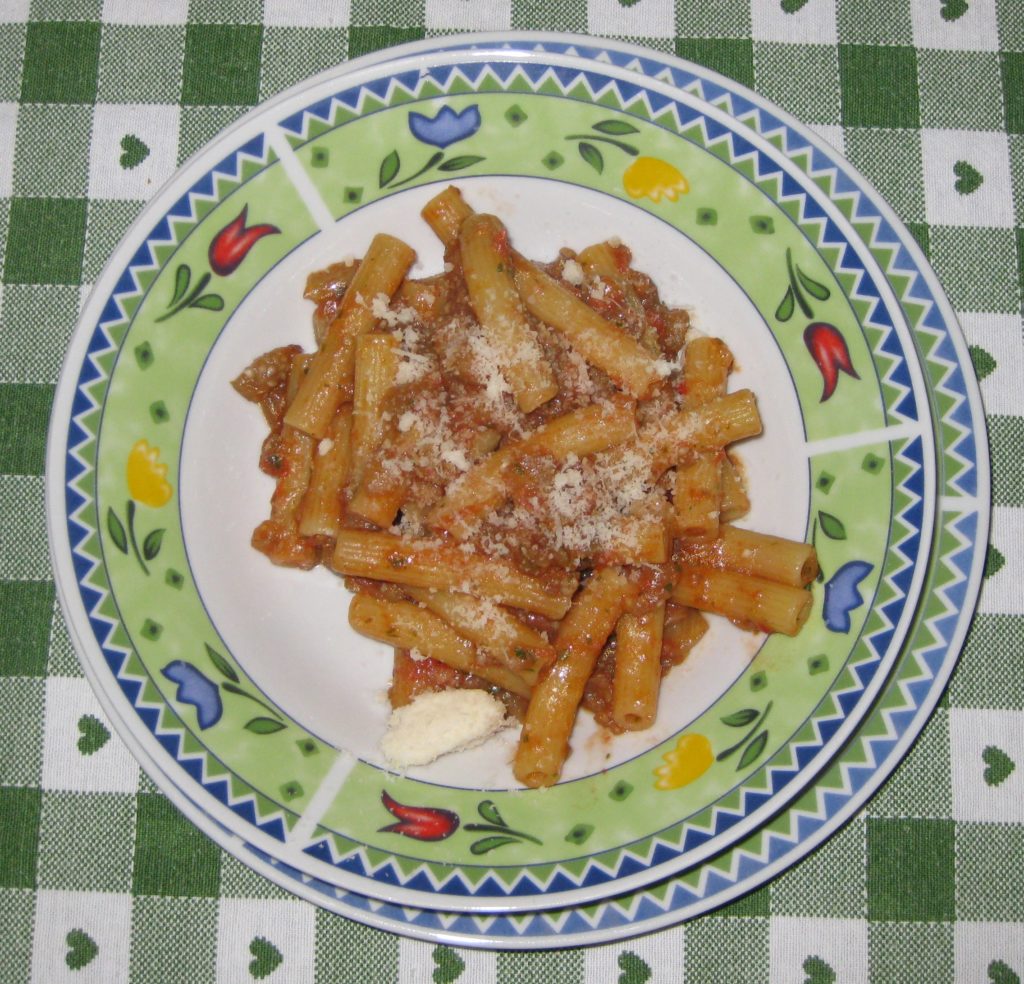
After negotiating the second flock of Italians circling the cashier, I realized I couldn’t remember any of the specific panini on offer so I couldn’t actually pay for anything as I couldn’t tell him what I wanted. Had my grasp of Italian been better, I could have engaged in a lengthy (always lengthy!) conversation with him about what panini were available that day before making a purchase.
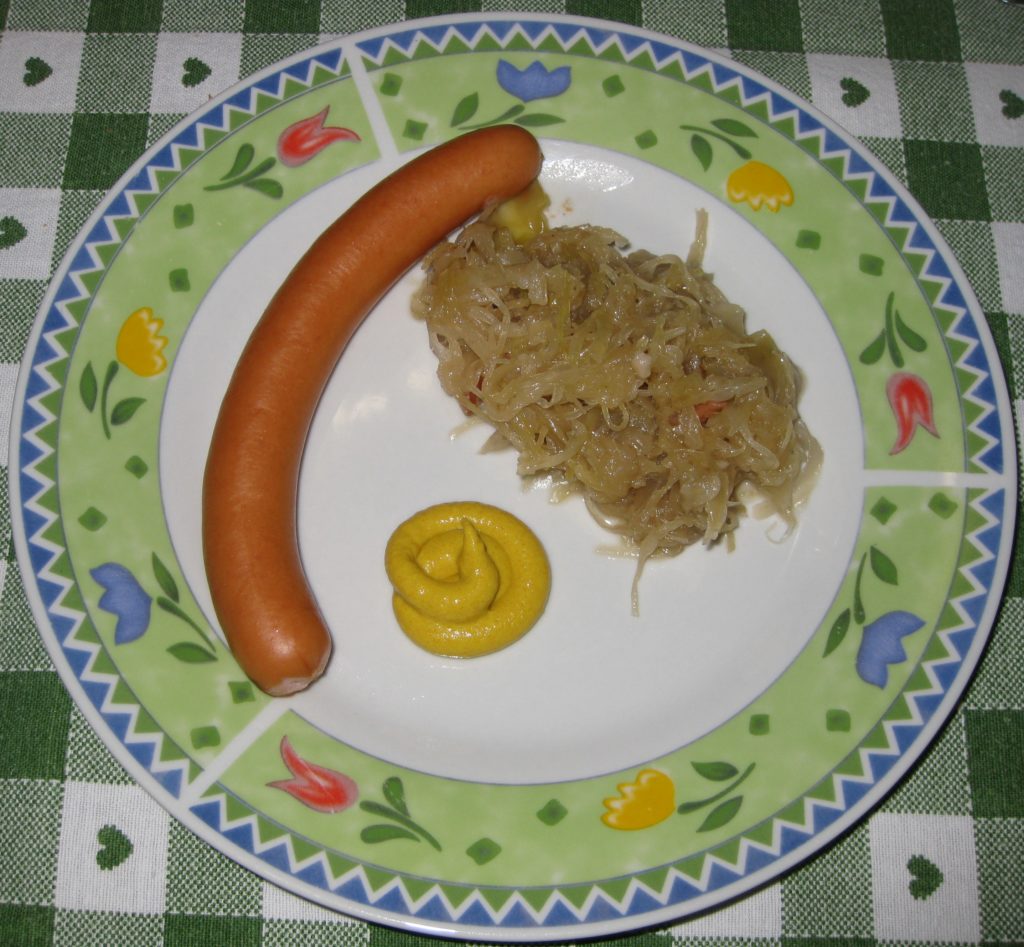
Rather than fighting my way through the now growing crowd at the display case to actually commit the contents of a panino to memory before returning to the cashier, I left without eating.
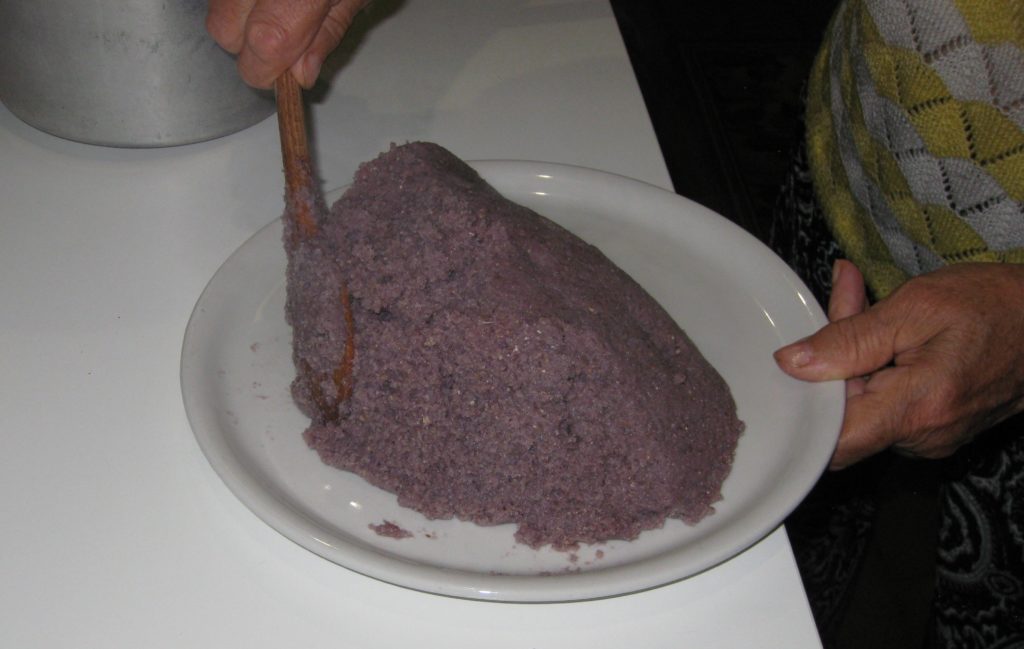
Another issue with this system, however, is that one might pay for an item that is no longer on offer when one gets back to the display case to turn in one’s receipt. On an average day, this might not be a big risk but on one of the busiest travel days of the year it seemed otherwise, as many panini were represented by only one specimen which could easily have been scooped up by a previous customer.
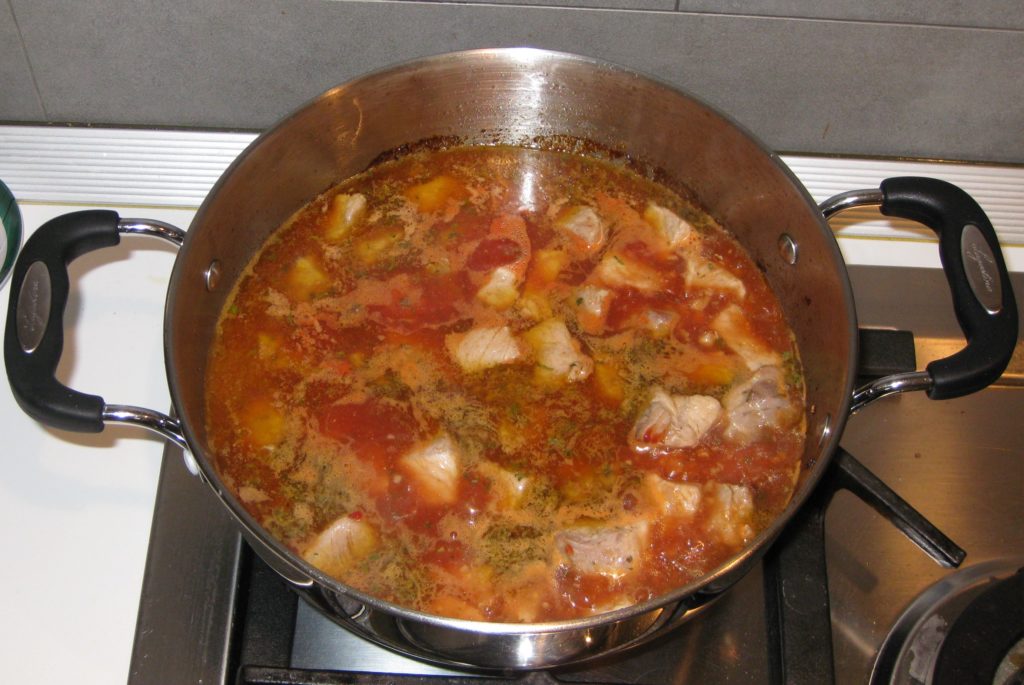
I have no idea how to negotiate a situation where one has paid for an item that is no longer available. My general experience tells me it wouldn’t be easy, especially for someone with limited Italian proficiency. Luckily, I had been eating so well at Zia Fidalma’s that I wasn’t really hungry…that, and the bagful of taralli that I brought with me!
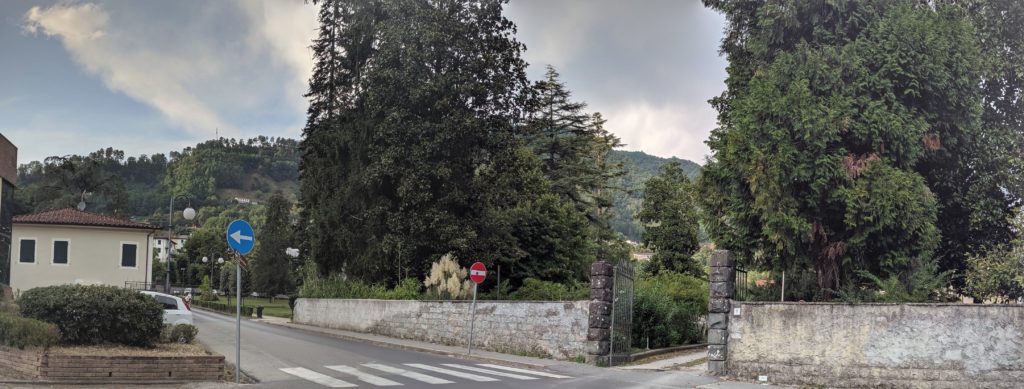
As the biggest drama of my drive to Calabria, this wasn’t bad at all!
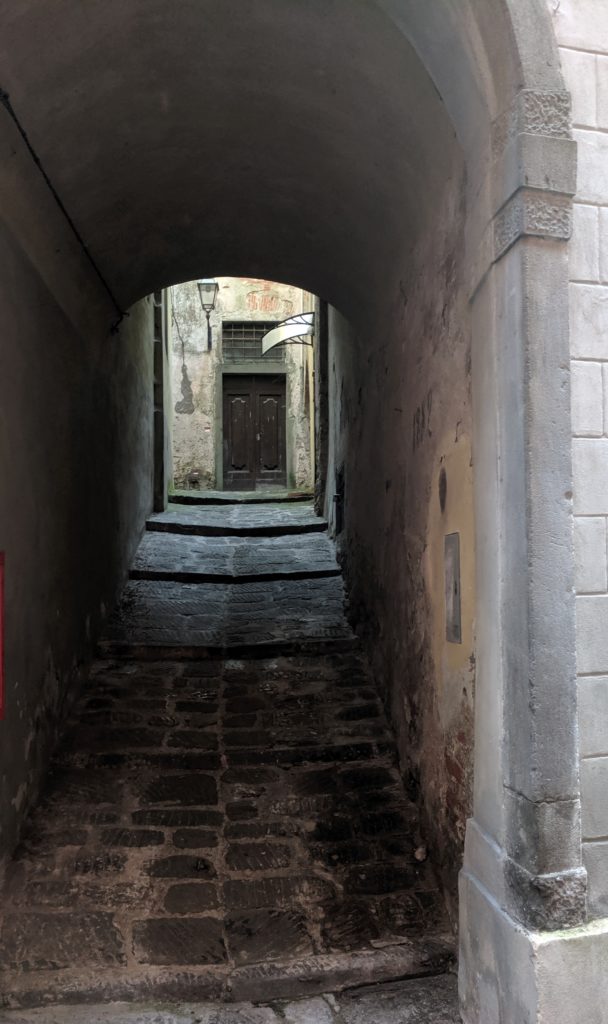
I arrived at the Italian Culinary Institute at 4:45 to find Chef Juan and Mariana in the kitchen. I was about to start the second month of my cooking adventure in Italy but first, let me recap what happened during my last few days in Tuscany or, more accurately, what I ate during my last few days in Tuscany.
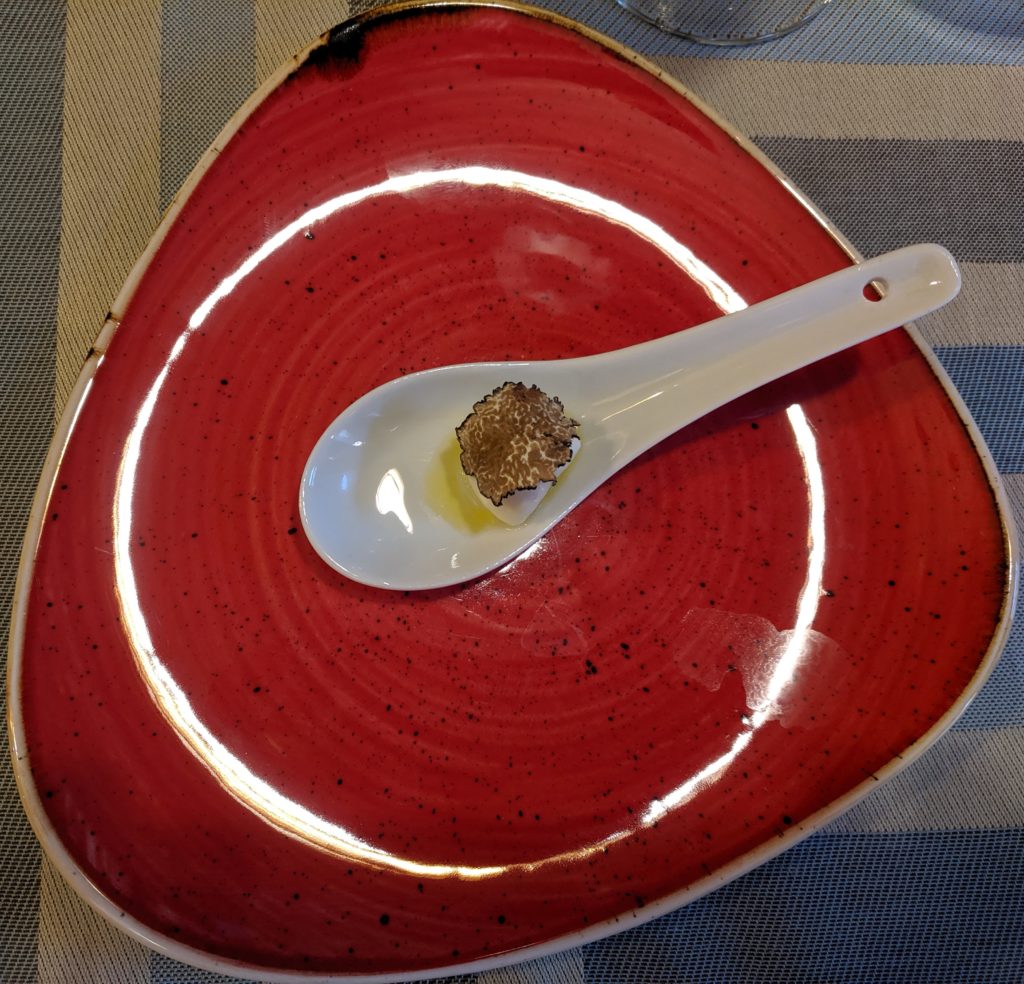
Monday, August 26th had been my first day alone with Zia Fidalma without the intercession of a translator. As noted previously, it went pretty well.
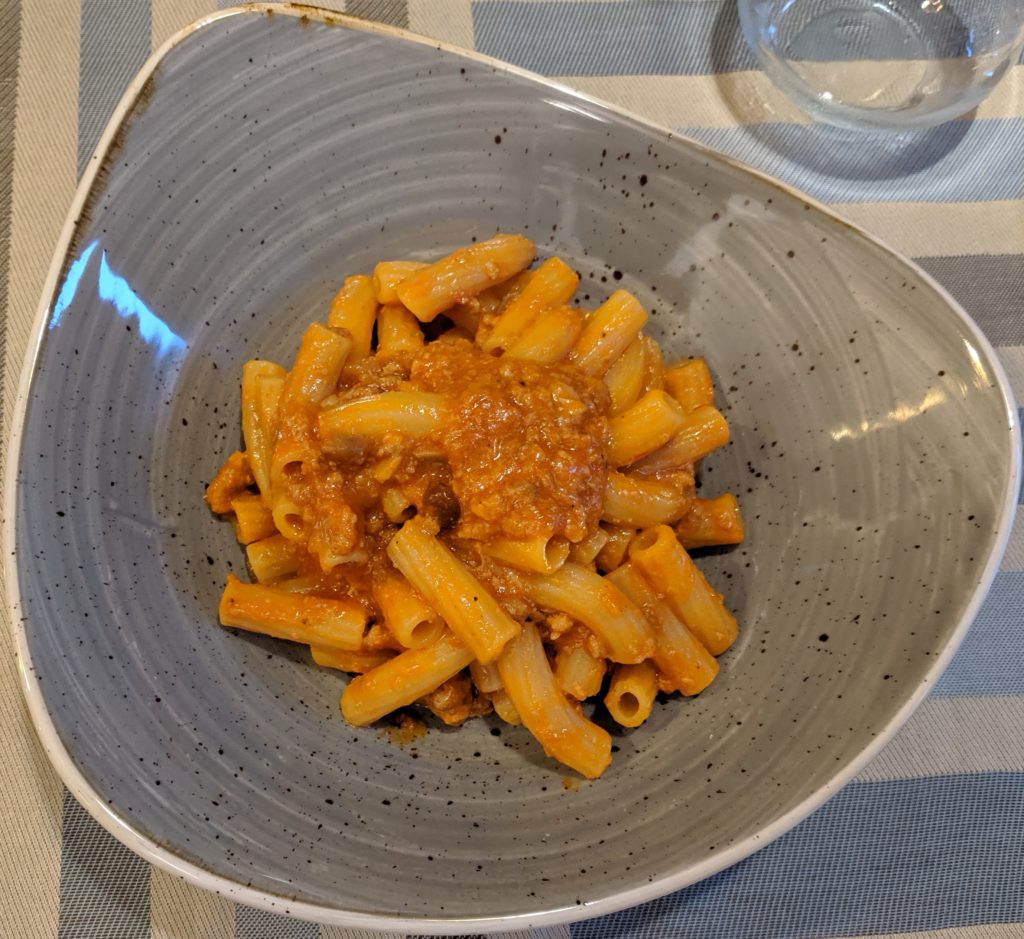
On Tuesday, I got to Zia Fidalma’s shortly before lunch. For lunch we made crunchy crostini slathered in olive oil that sat on top of a bowl of her Minestra di Fagioli. I made a salad of radicchio, tomato and onion. We finished the meal with Formaggio Fresco and Mortadella.
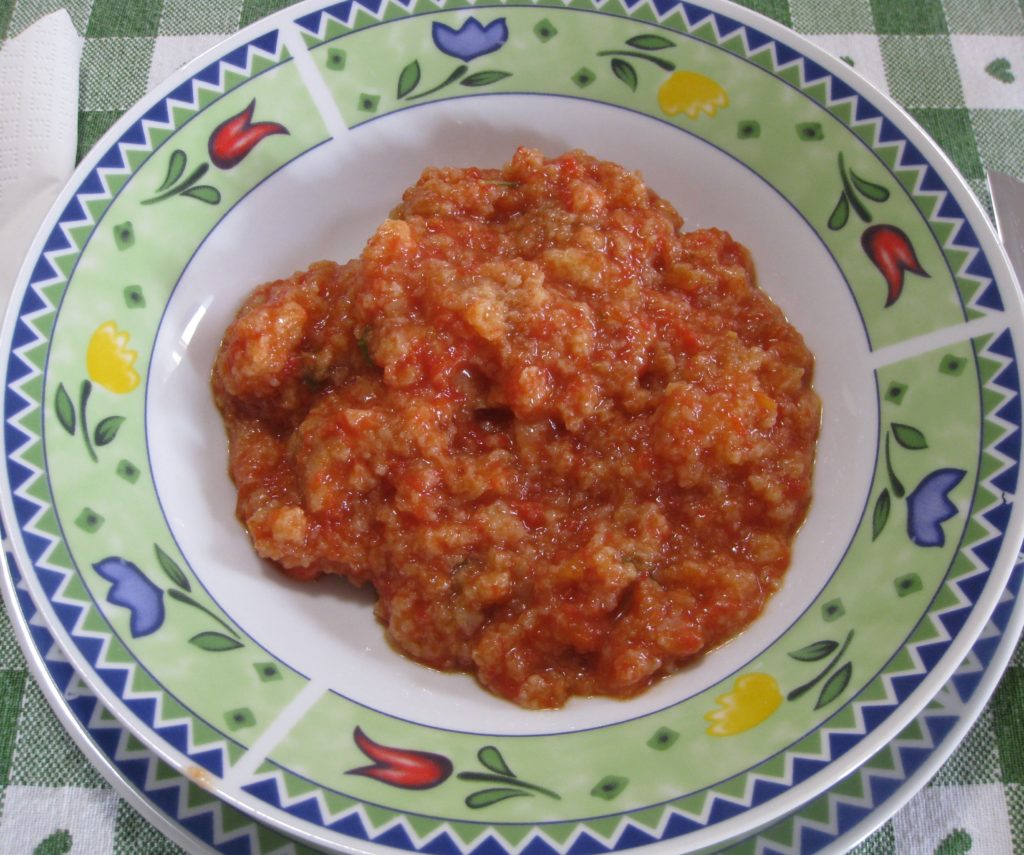
The previous week, friends brought goodies from Germany, where Zia Fidalma lived for many years. Dinner started with pasta, sedanini specifically, with a sauce of eggplant and tomatoes. The second course was sauerkraut cooked with apples and spices, served with German wurst and mustard.
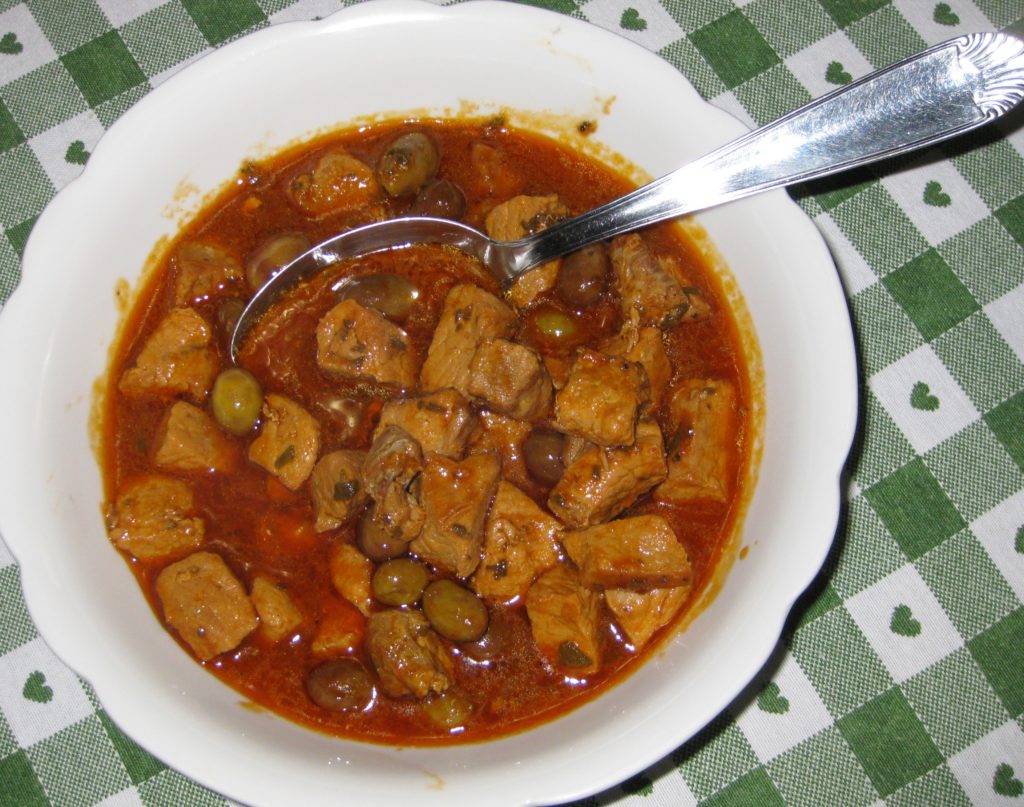
Zia was really looking like she needed a rest so I decided to come to the house late on Wednesday so she could have most of the day to herself. I had my default lunch at the apartment then got to Zia’s about 3:00 to assist with (well, really to watch) dinner preparation.
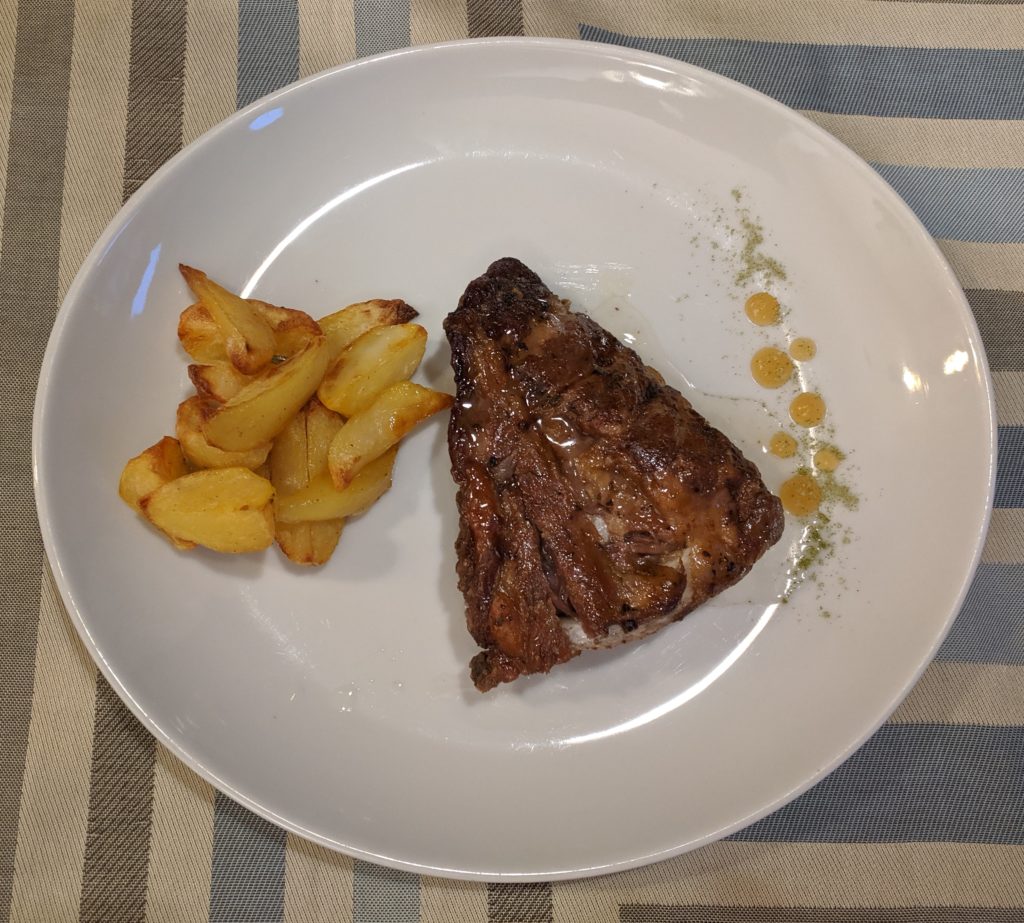
Our first course was Pappa al Pomodoro. Pappa al Pomodoro starts with Pomarola, a classic sauce of fresh tomatoes, garlic and basil that Zia made frequently during the month. When the sauce is cooked, large chunks of day-old bread (whole-grain at Zia’s house) and a good dose of olive oil are added. The whole thing is cooked until it resembles a thick porridge. Given the humble ingredients it has a truly amazing flavor. Because Massimo, Zia’s son, and I both like spicy food, she added peperoncino to her Pappa al Pomodoro and left out the basil. This was followed with Spezzatini di Maiale and Polenta. Spezzatini are small cubes of meat, pork in this instance, browned in olive oil then braised. The polenta was made from blue corn that I had brought from New Mexico.
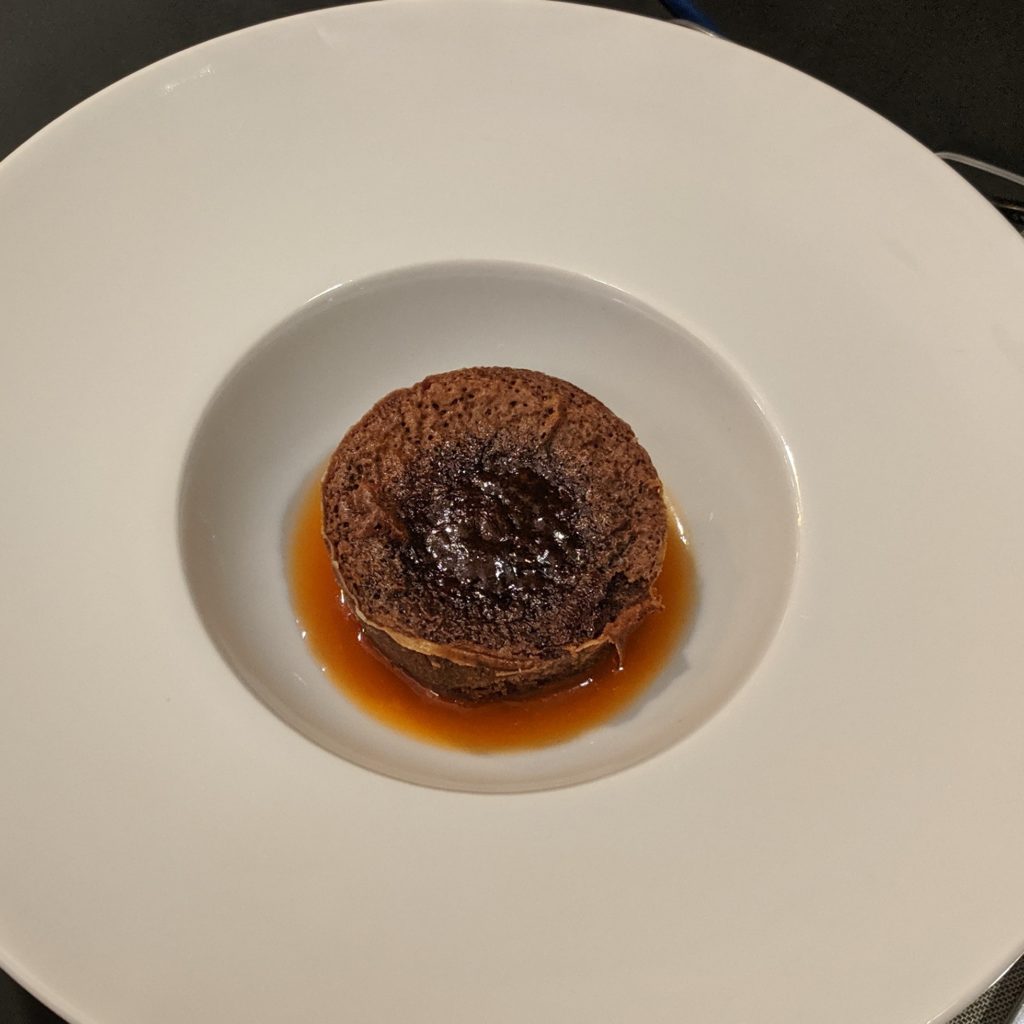
Thursday I had lunch at the apartment, deviating from my default lunch for the first time. I had a panino of sfogliata (admittedly a flat bread a lot like piadina) with speck, scamorza, and the ever-present peperoncini sott’olio. For dinner we went to Ristorante Piazzangelio in the town of Barga. We each made different choices but the meal was truly wonderful. The restaurant is on the Piazza (hence the name) and quite serene.
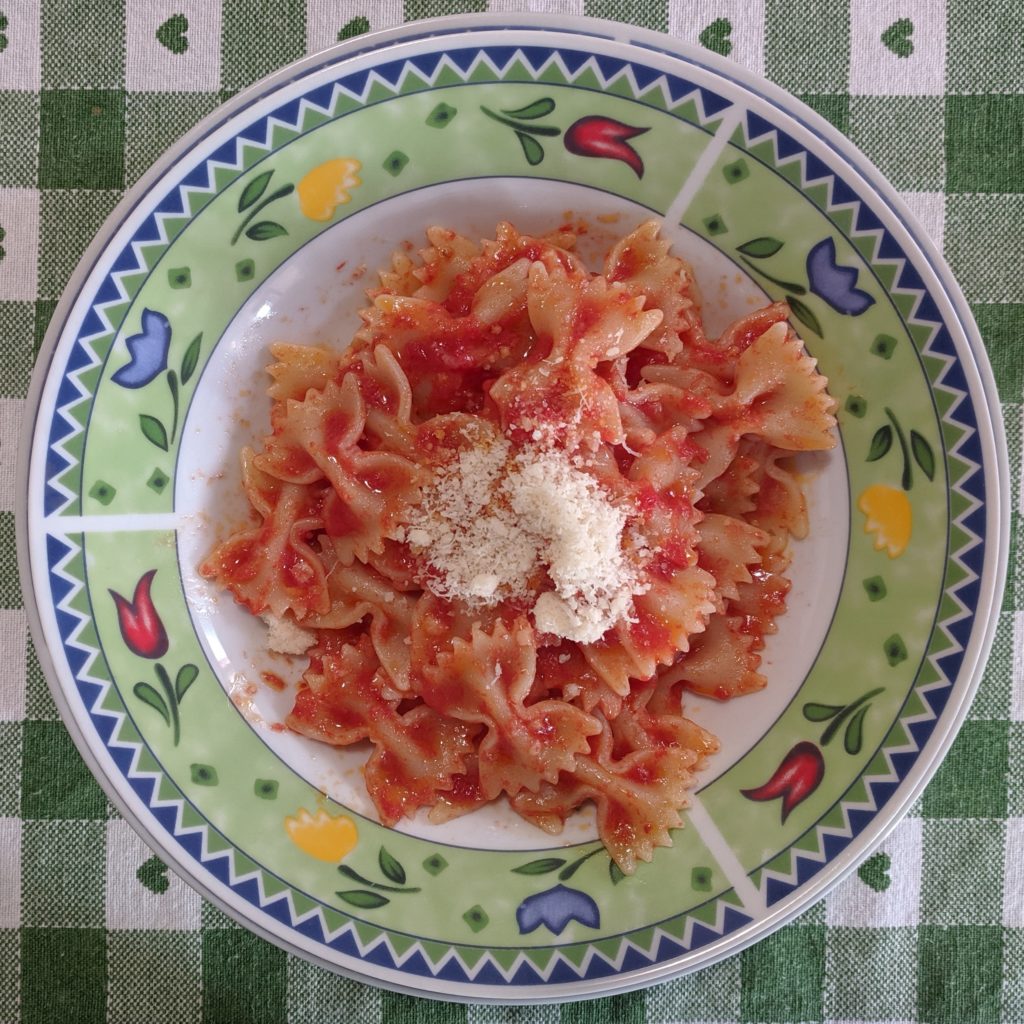
We were served an amuse bouche of mozzarella with a thin slice of truffle. Following this I had Sedanini con Ragu di Funghi. Sedanini (literally, little celery) are like Penne but slightly longer and without diagonally cut ends. The next course was Rosticciana e Patate Arrostite, another version of what Zia Fidalma had made a few weeks earlier. Dessert was a wonderful traditional Piemontese dessert, Il Bonet Cioccolato e Rum, which tasted like a cross between chocolate flan, chocolate pudding, and molten chocolate cake (with a hit of rum).
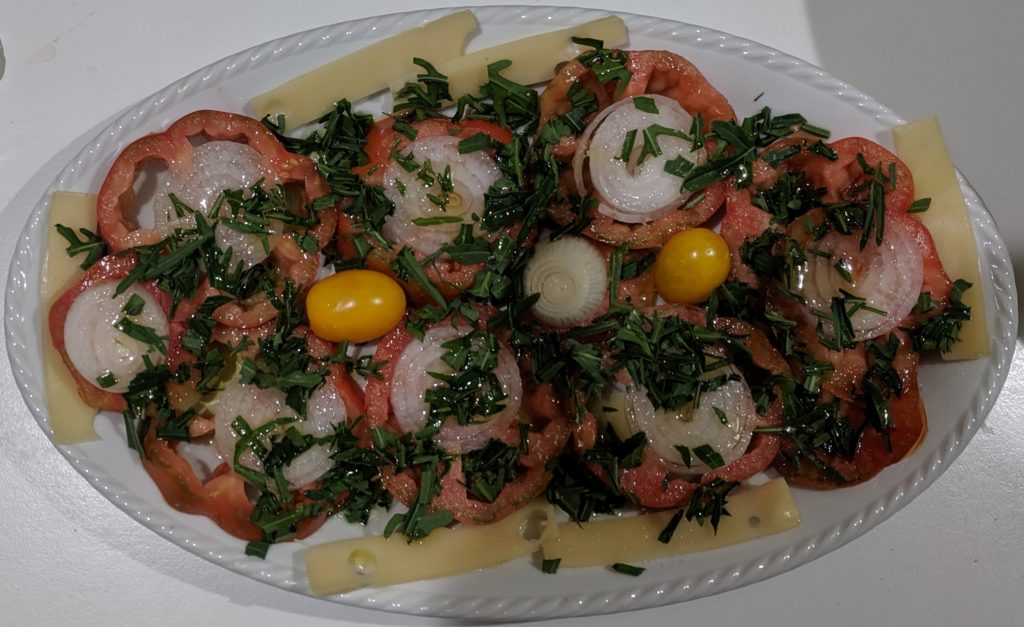
After dinner we stopped in Fornoli so that Massimo and I could get our hair cut. We had appointments at 10:30 PM! One night per week, the shop stays open until midnight. Probably predictably, all the customers that night were men who might otherwise find it difficult to get to the shop during the workday. I was very pleased with my haircut and surprised that the wash, cut, re-wash, and blow-dry cost only €18!
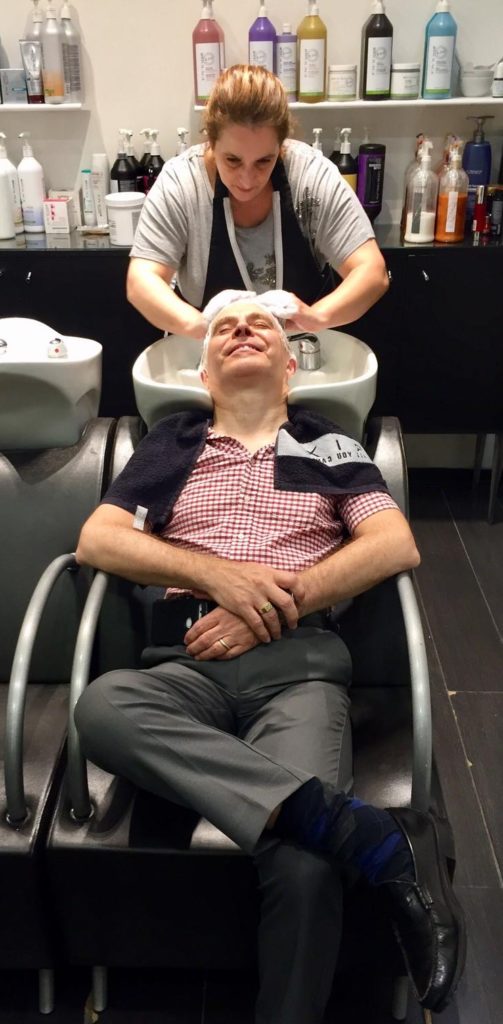
Friday, August 30th was packing day. I repeated my lunch from Thursday then went to Zia Fidalma’s for my “Last Supper.”
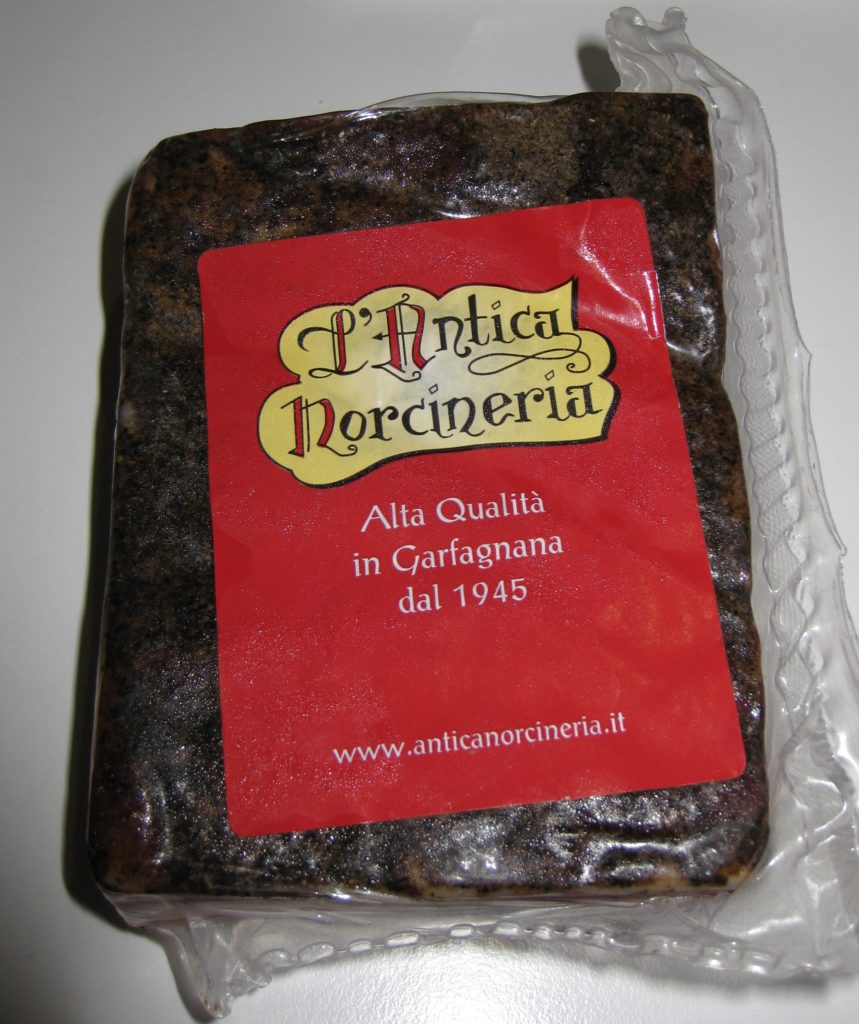
Massimo picked me up in Bagni di Lucca so that I could eat and drink without concern and so that I wouldn’t have a self-imposed curfew based on darkness. Zia was at a funeral mass when we got to the house around 5:30 PM but she had left us an antipasto of Grissini wrapped in Bresaola. Massimo and I polished off the last of the bourbon before sitting down to a dinner of Farfalline con Pomarola (little butterfly pasta in tomato sauce) followed by Pollo e Piselli (chicken breasts cooked with abundant peas and herbs), whole-grain bread, a tomato and onion salad, and Pecorino. Massimo and I finished off the last of a bottle of Passito that I had bought early in the trip.

After we finished dinner, cousin Francesca came to wish me good-bye. She offered to drive me home since she had to drive by the front door of my apartment on her way home. With packing done, I made it an early night. The next morning, I got up at 6 AM and was on the road by 7 AM: destination Calabria and the Istituto Culinario Italiano.
